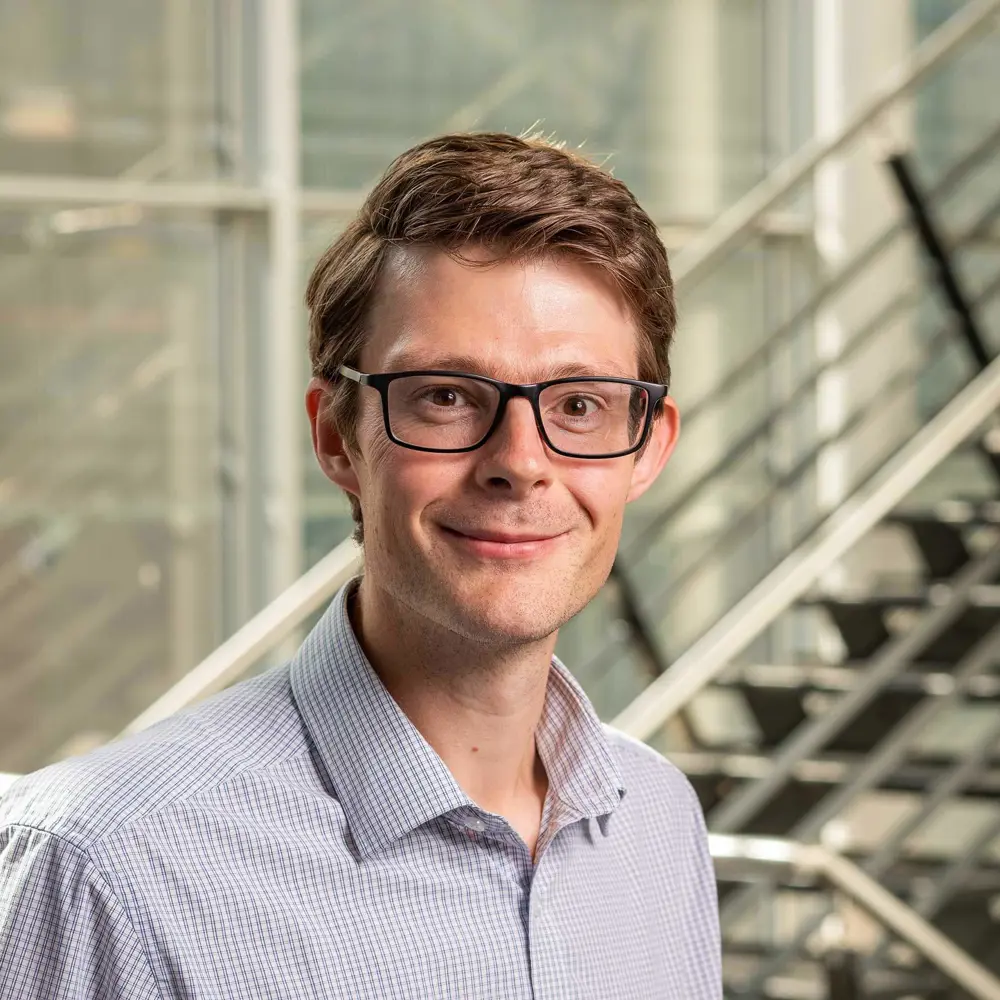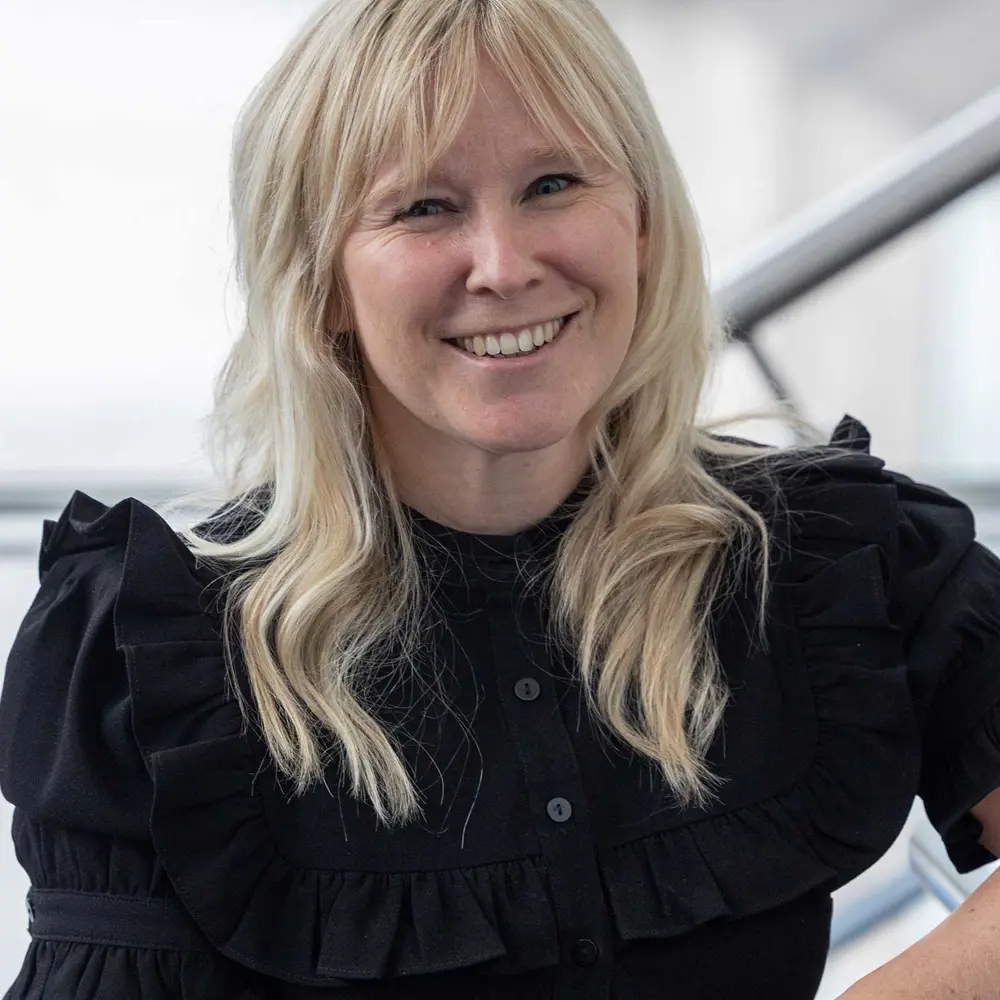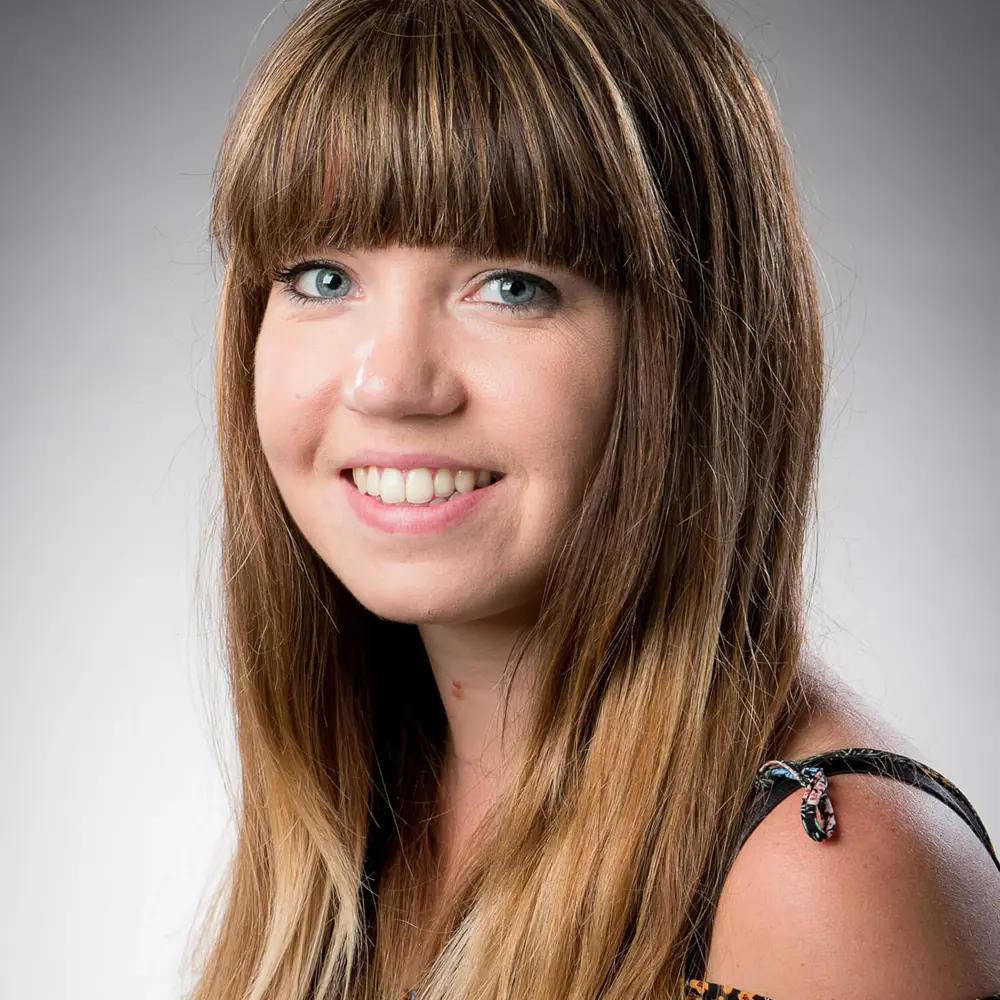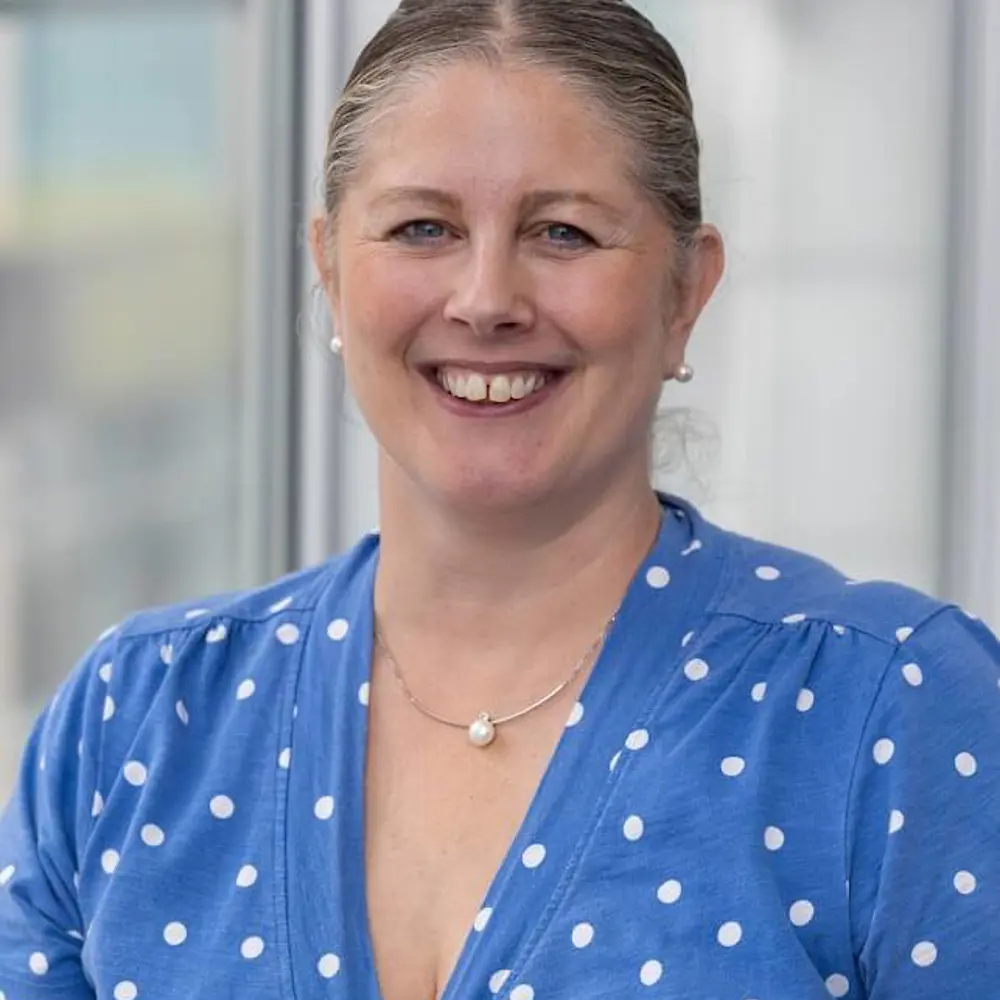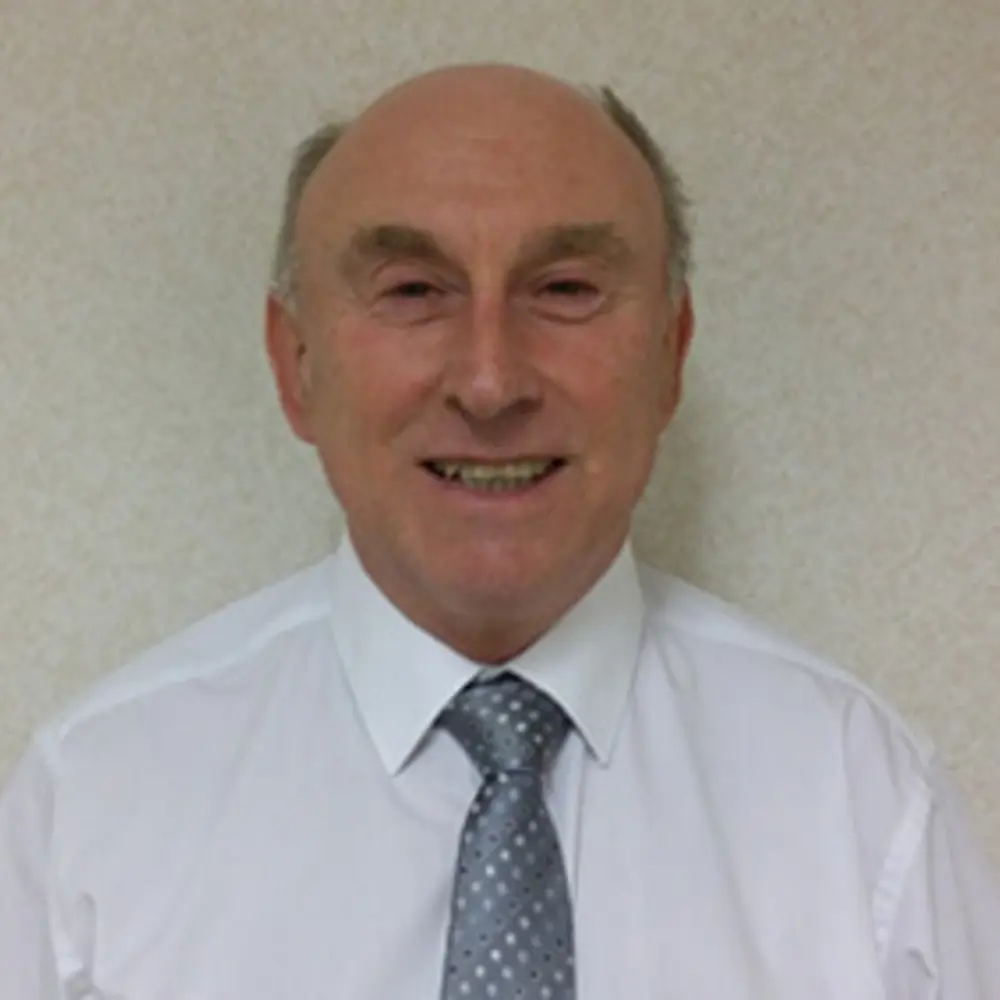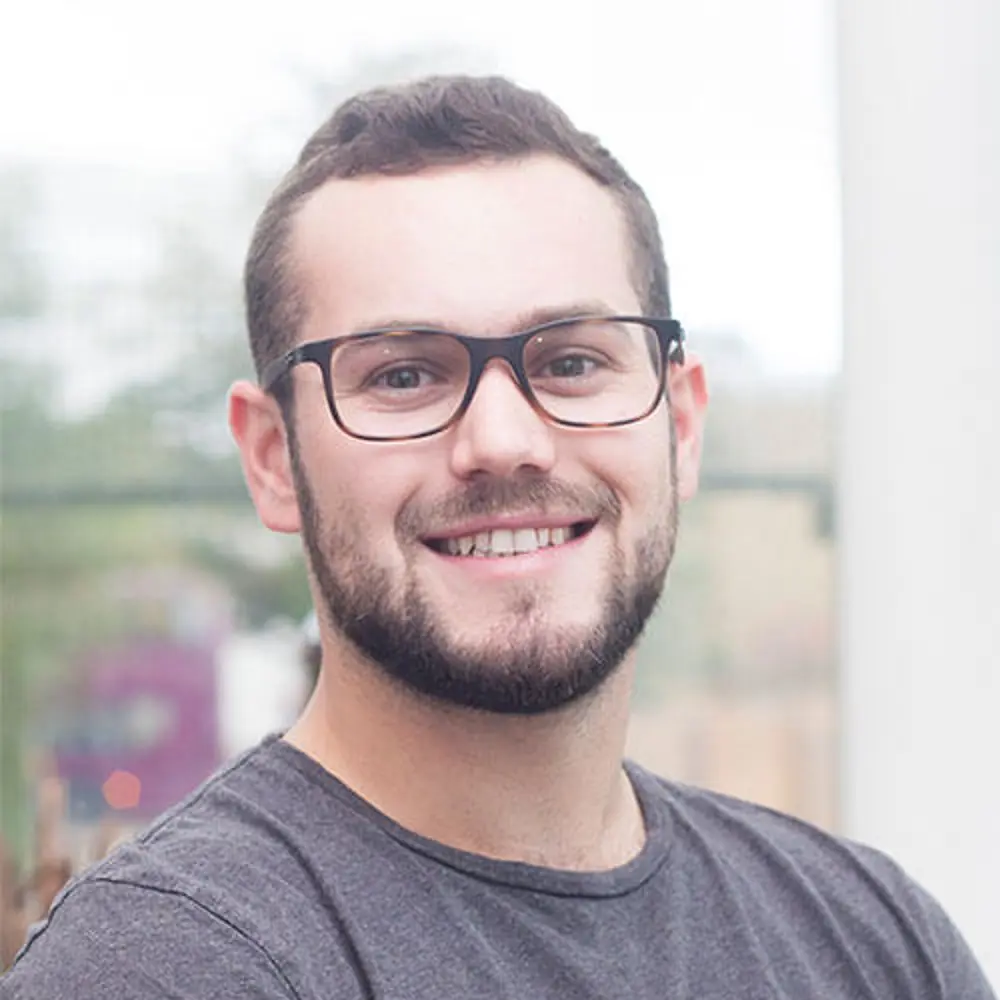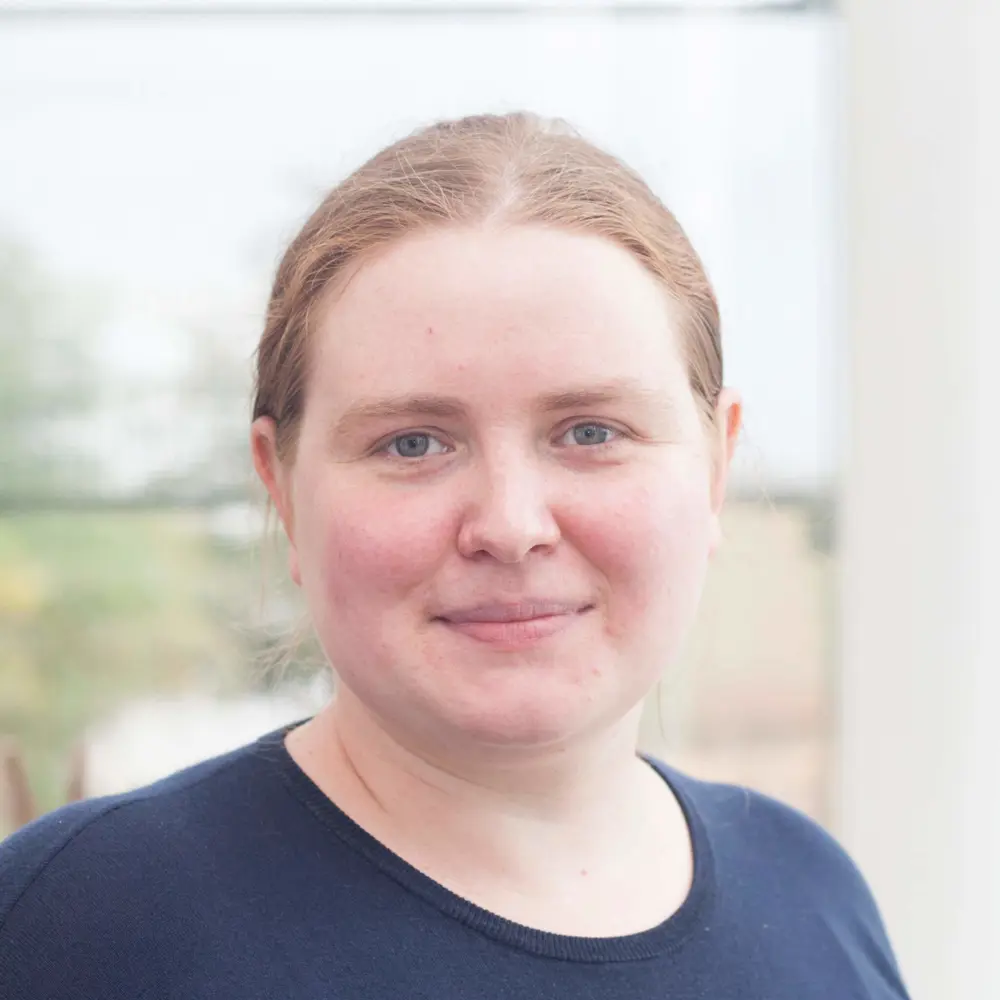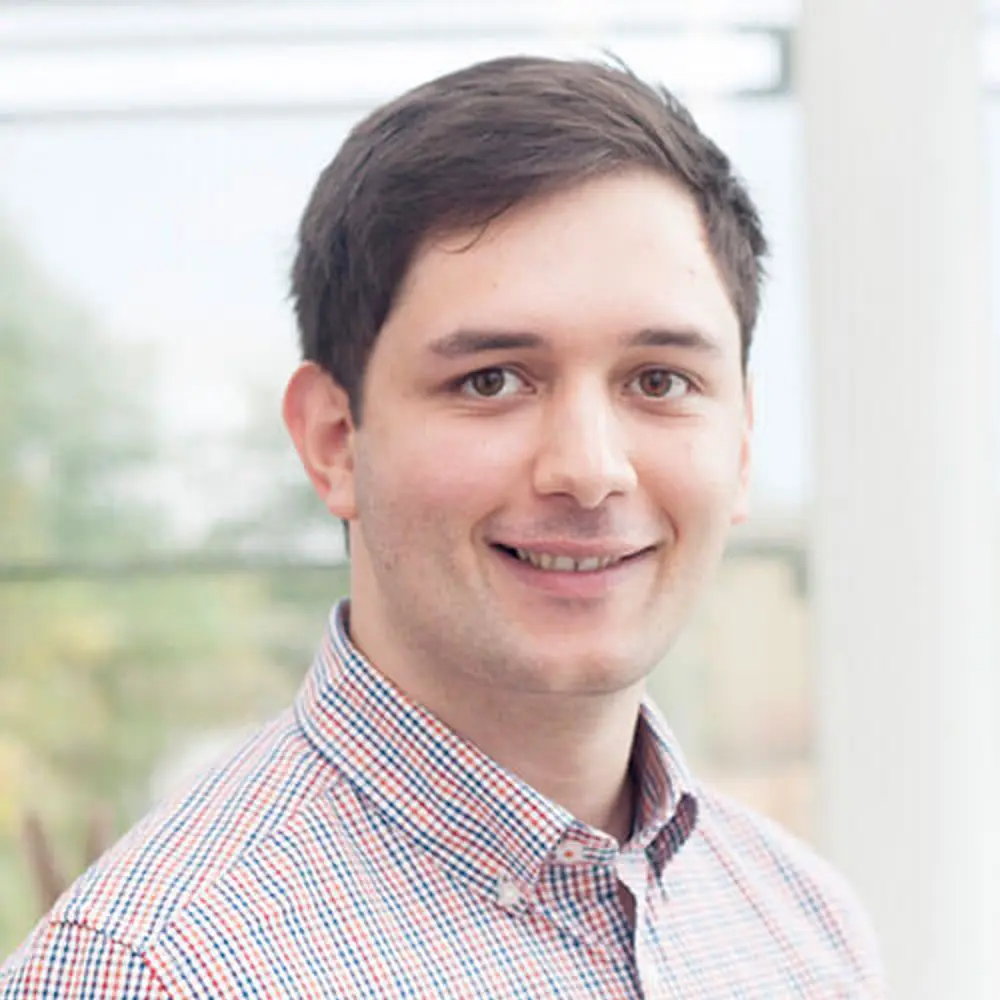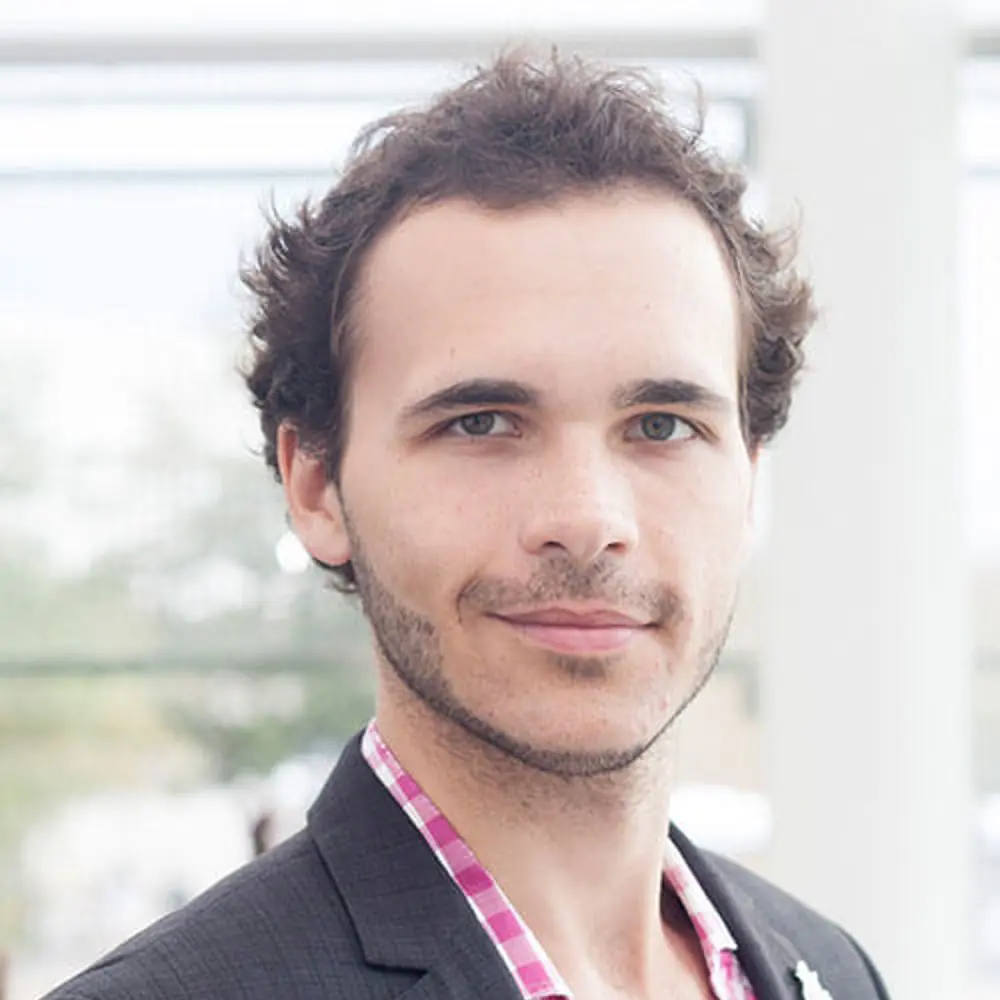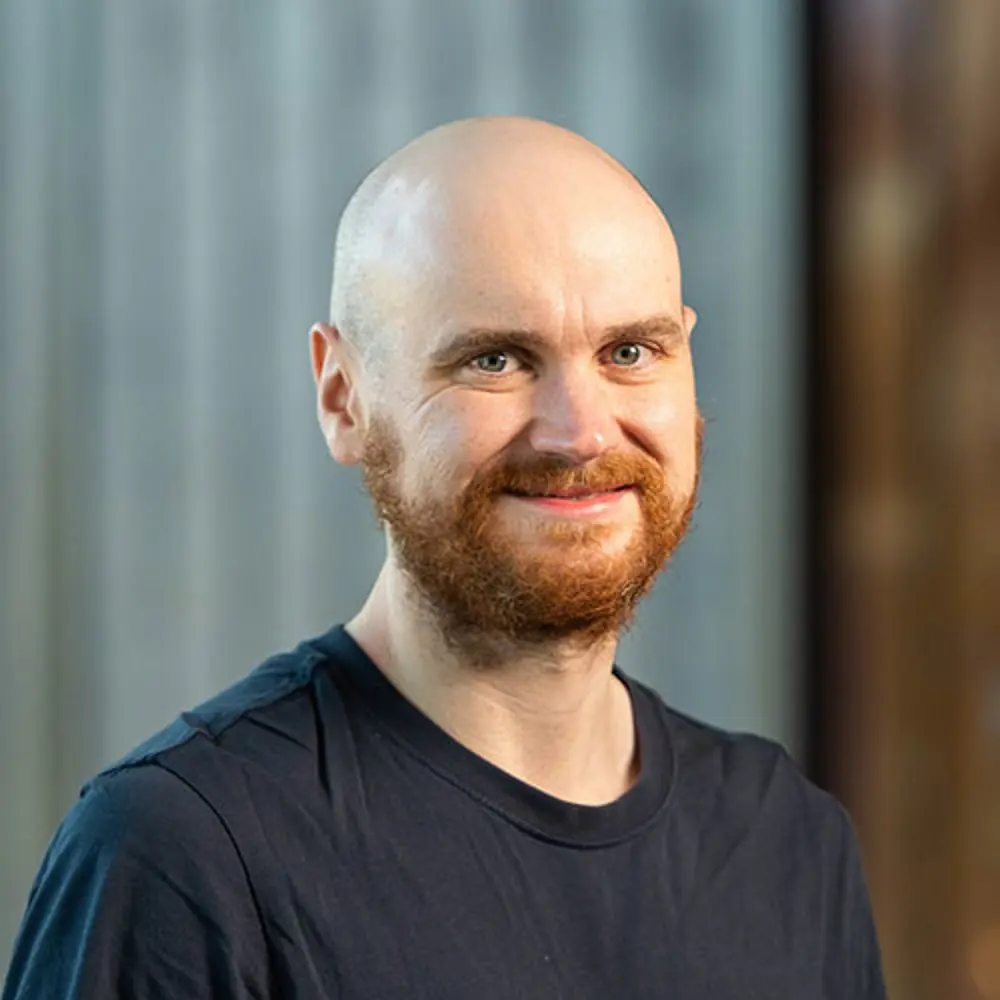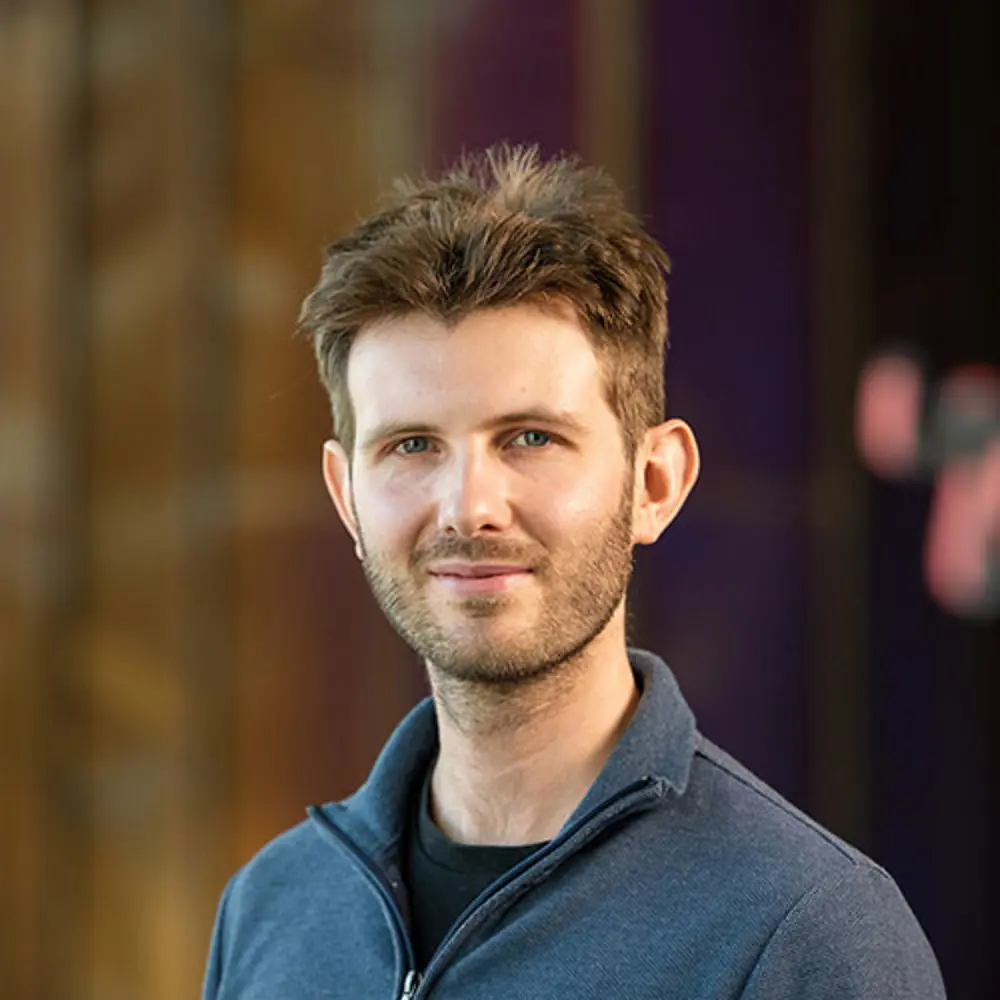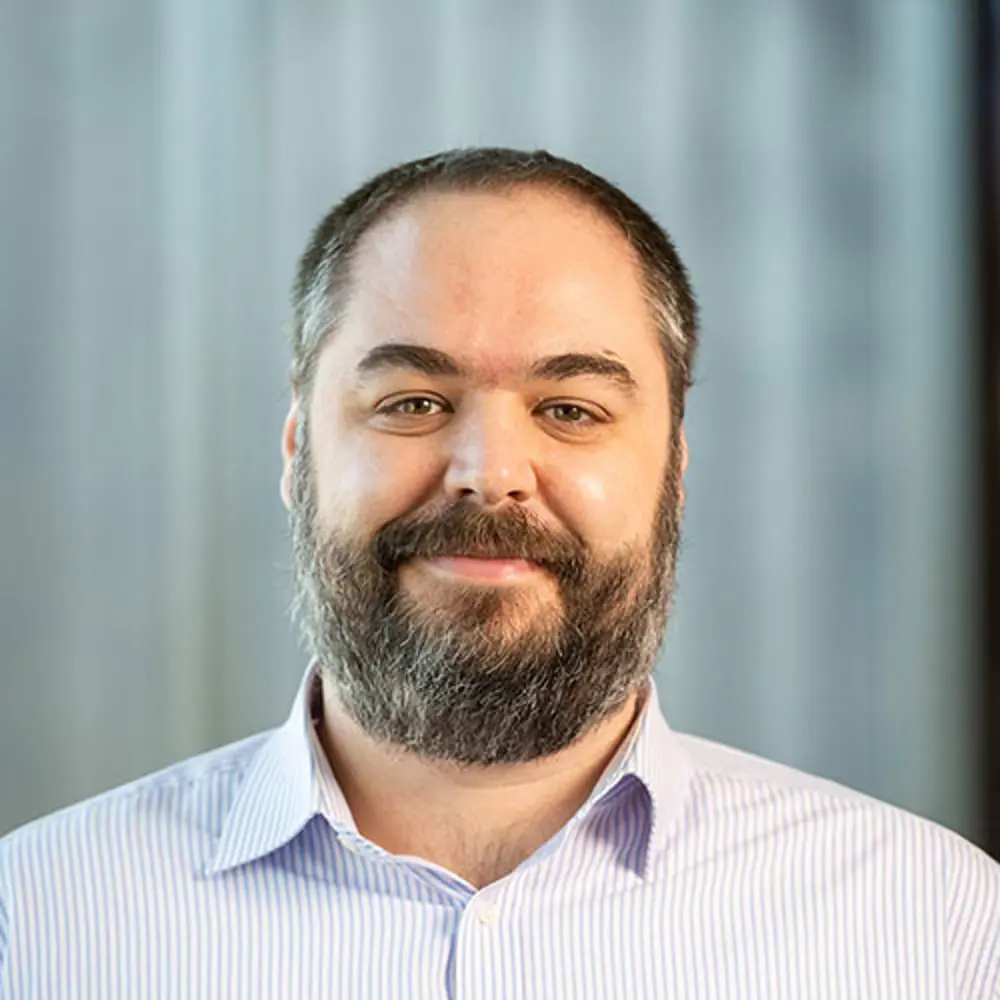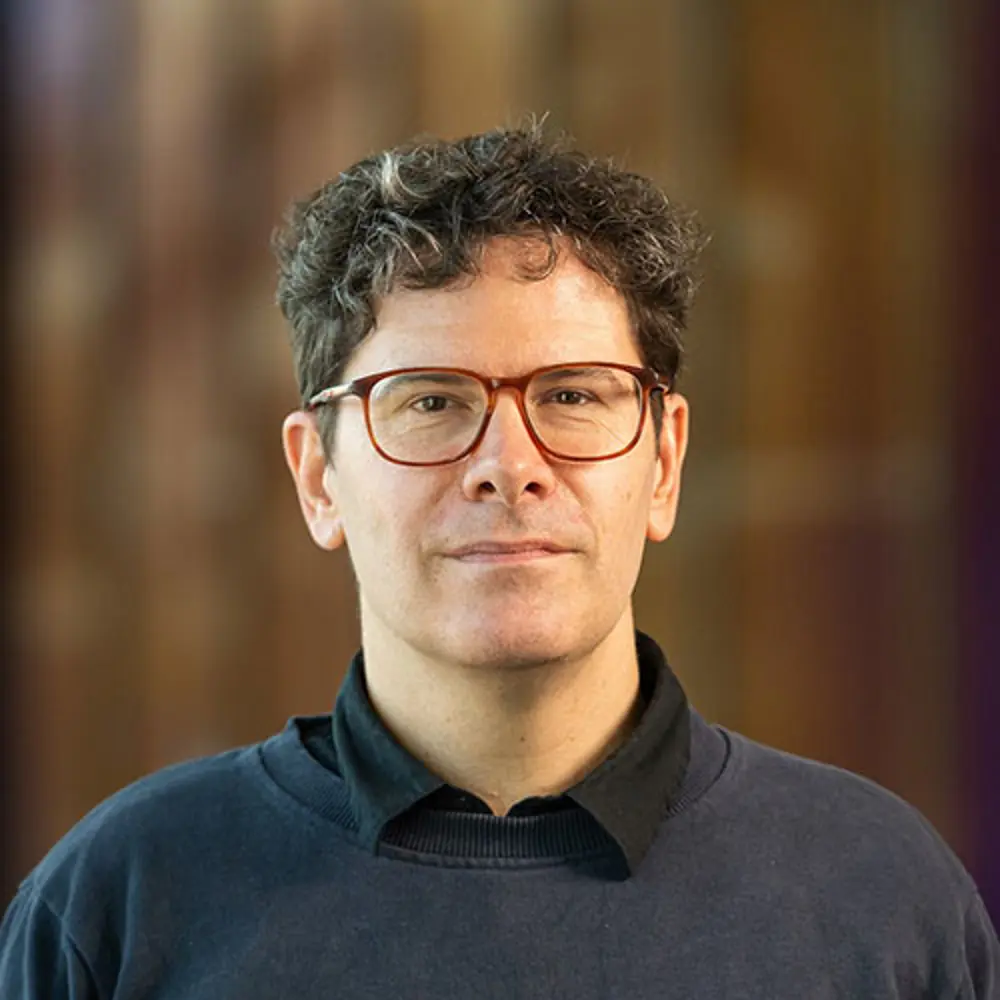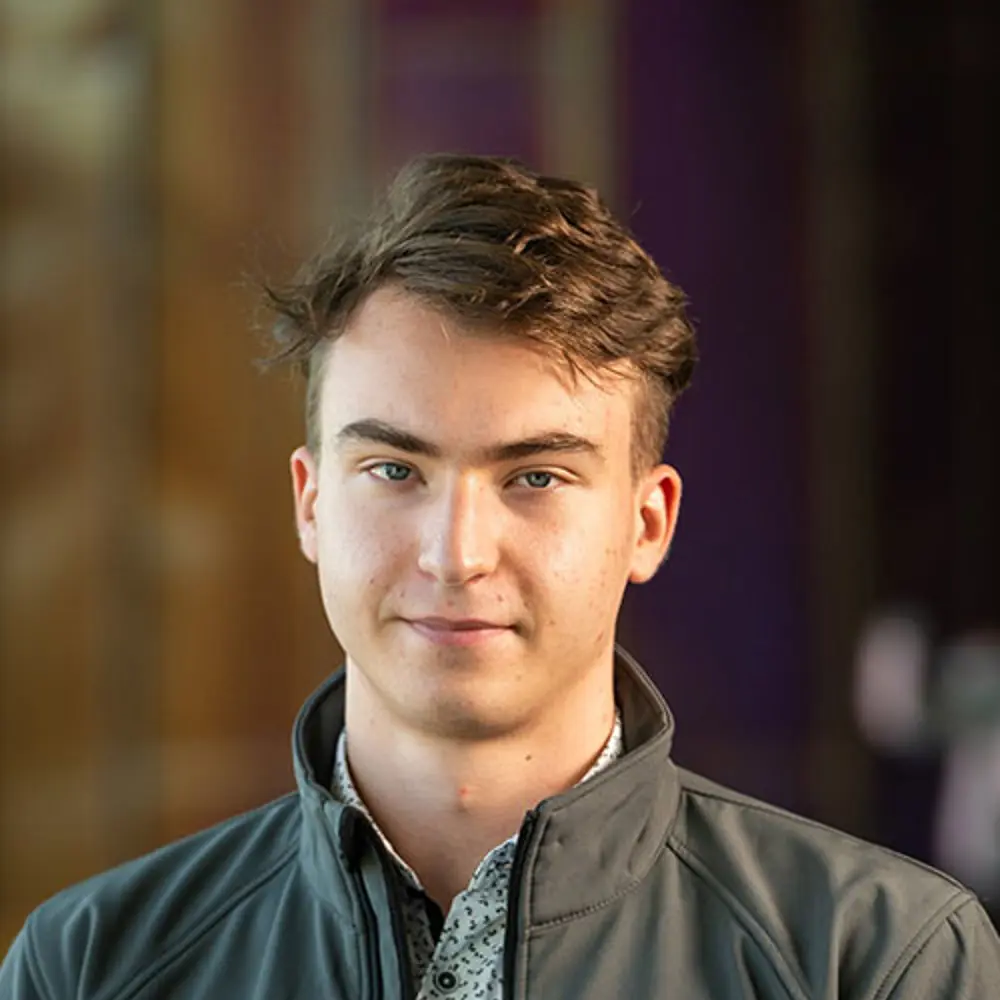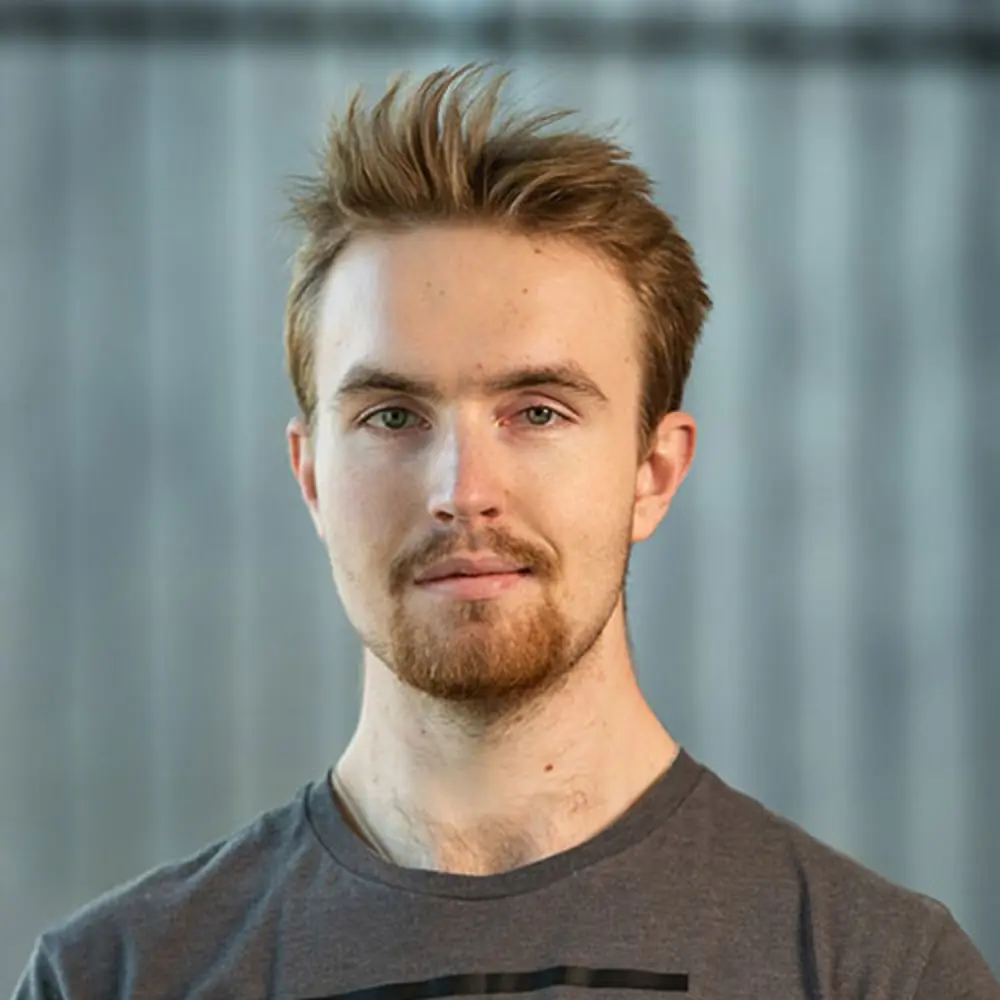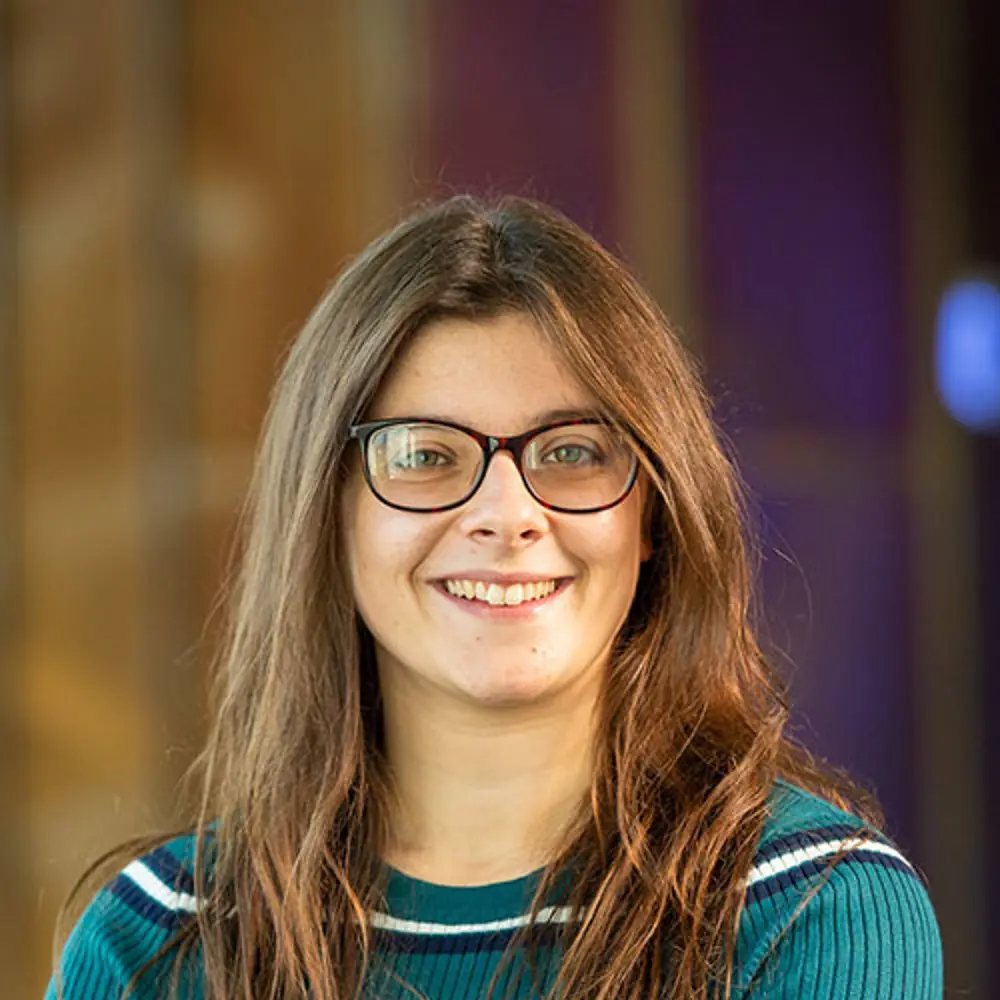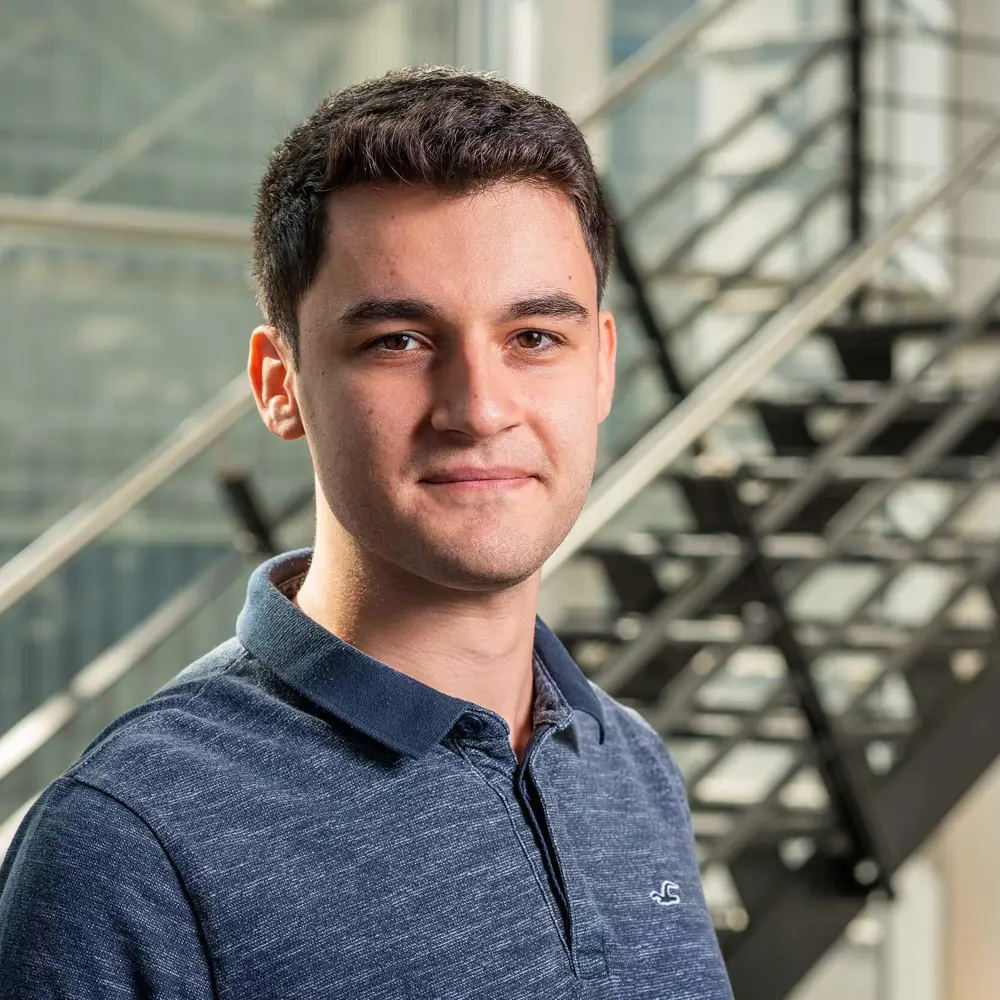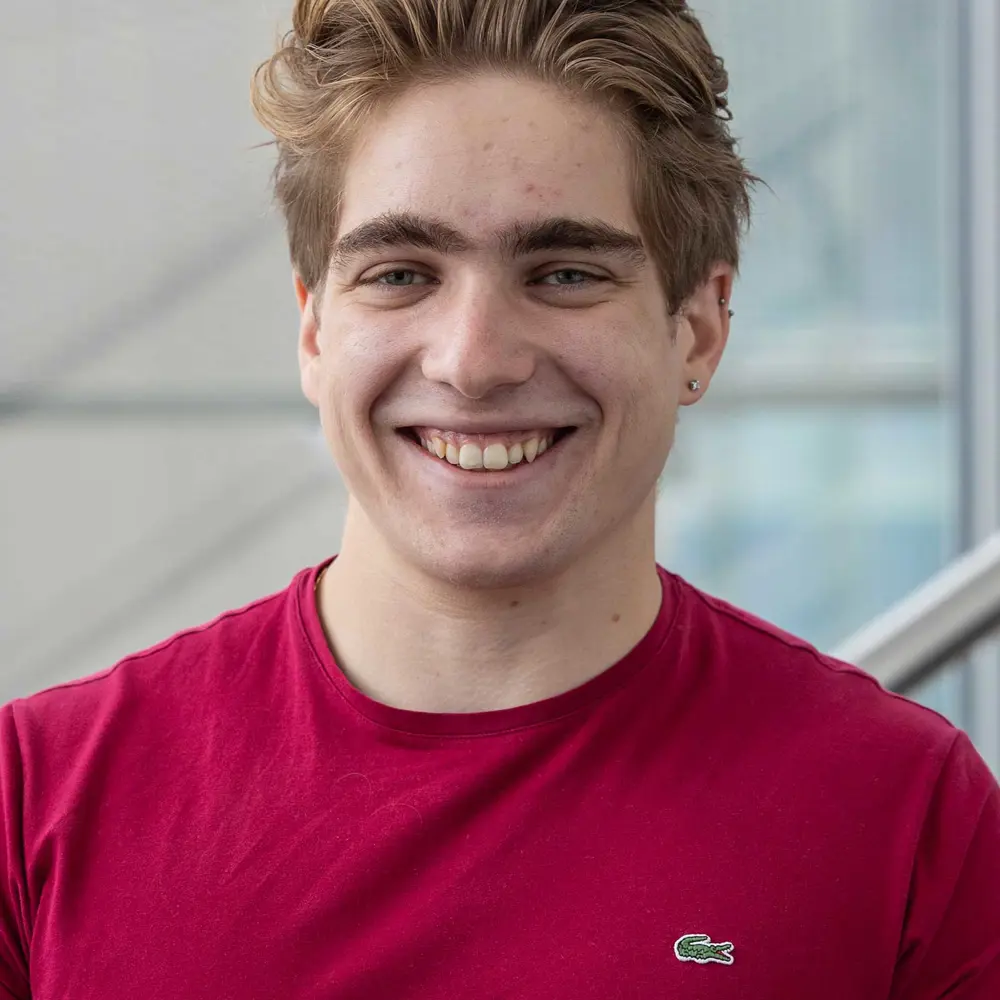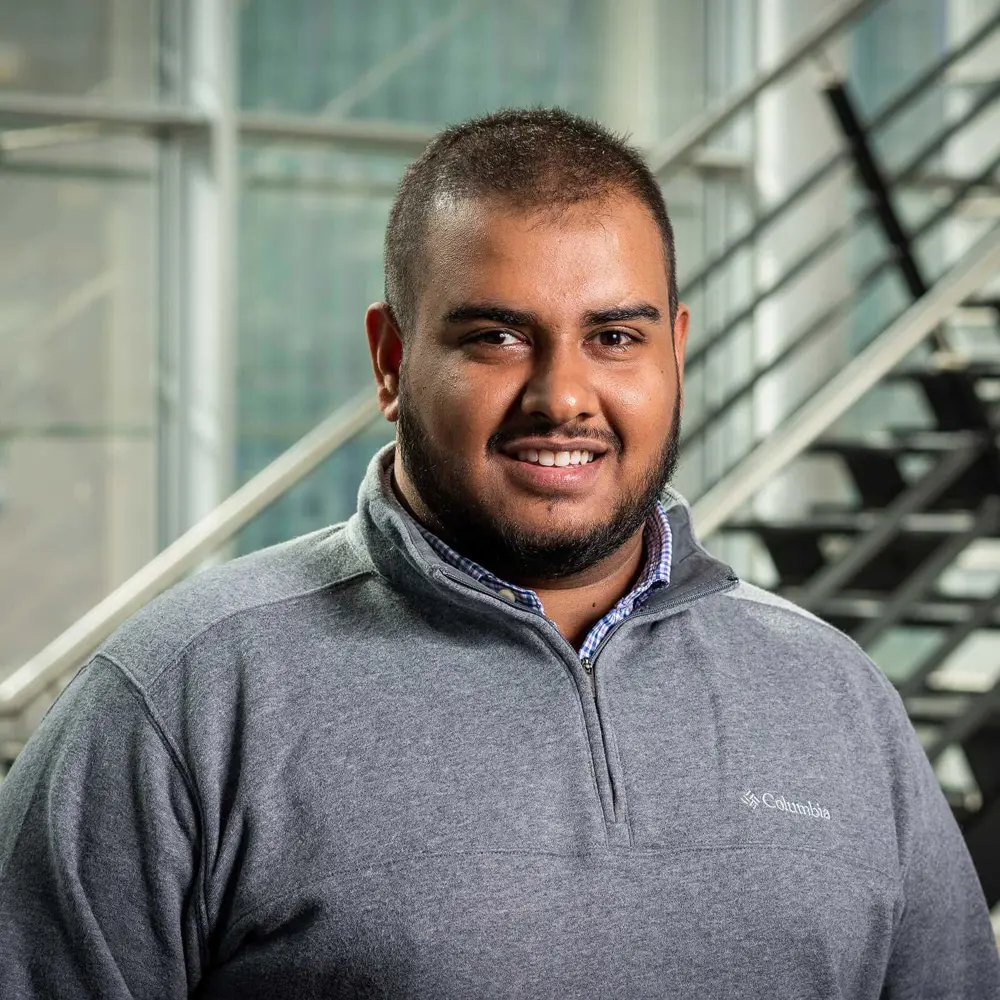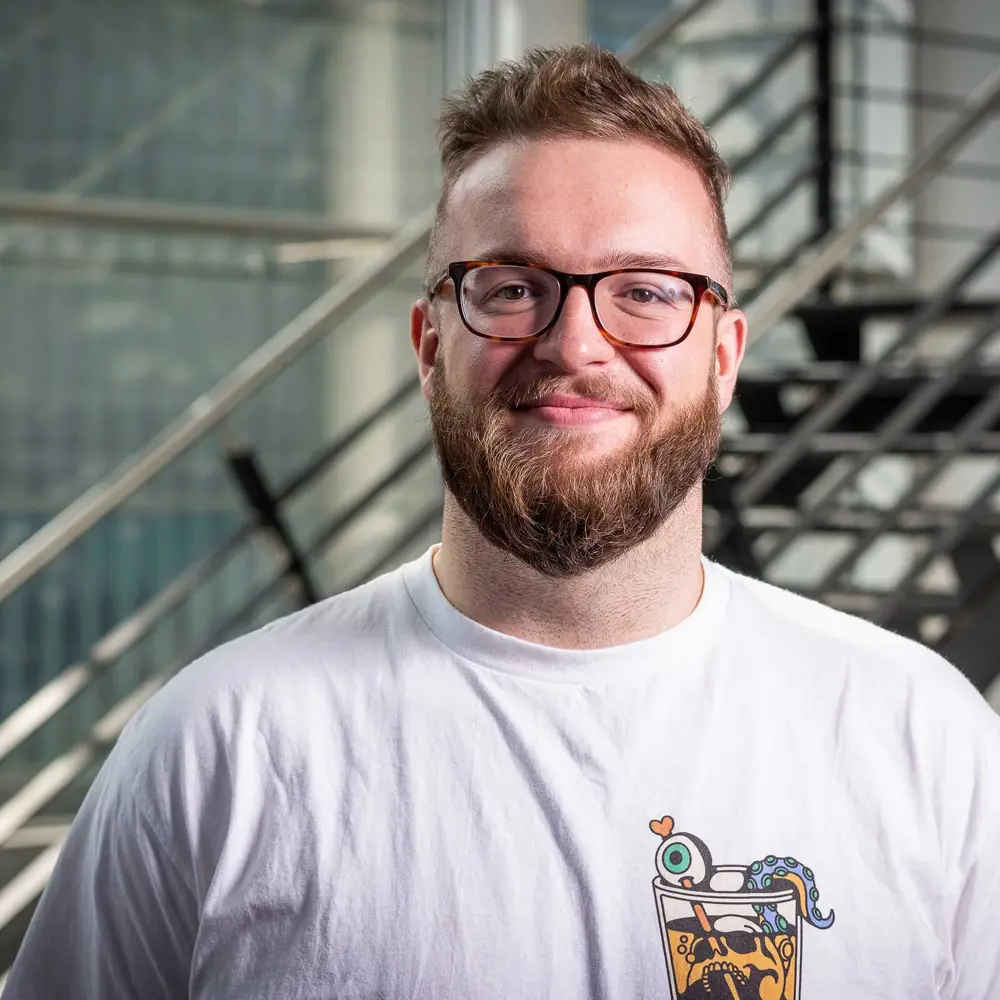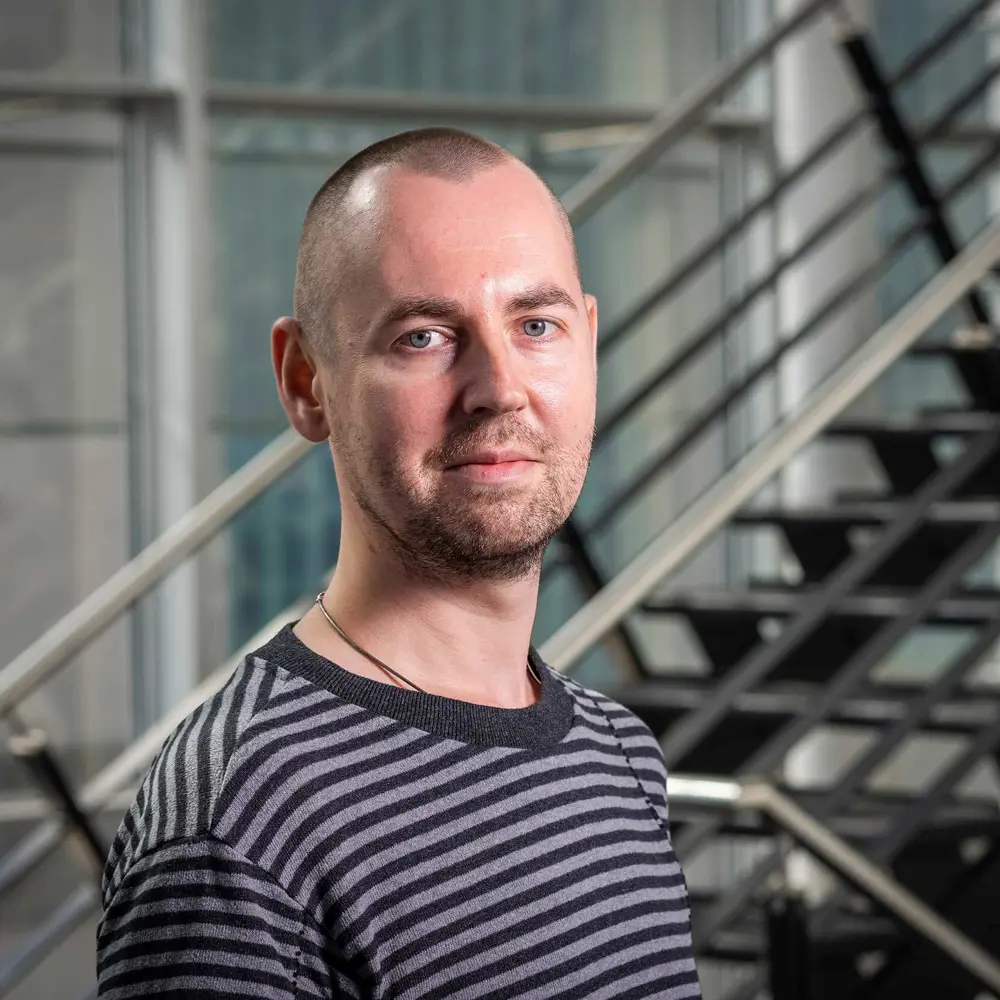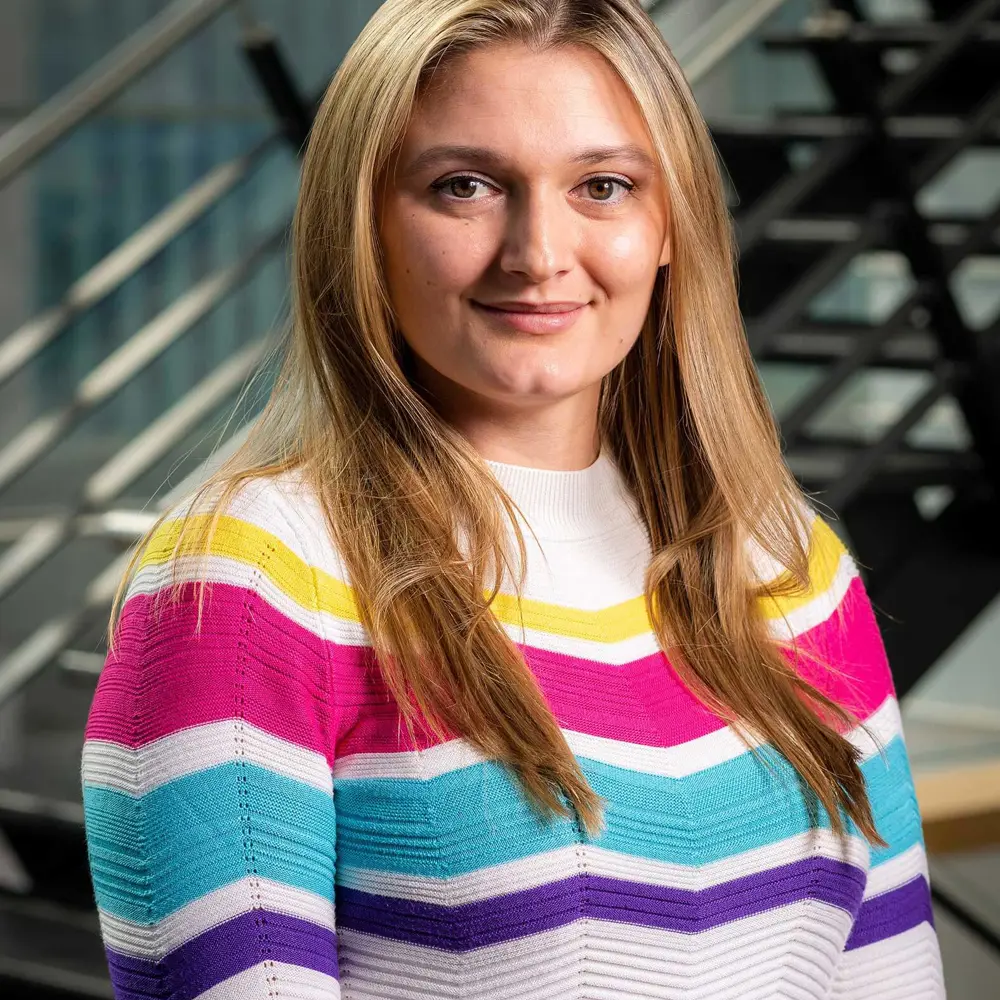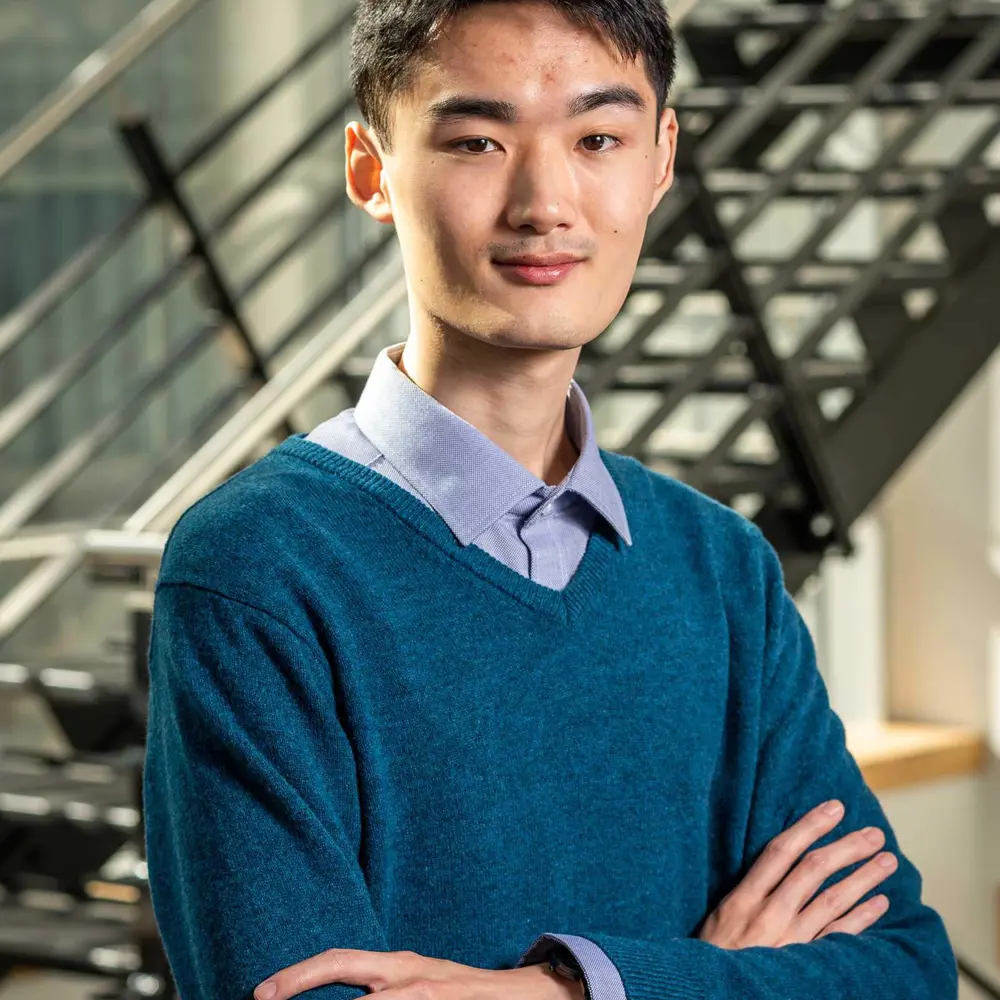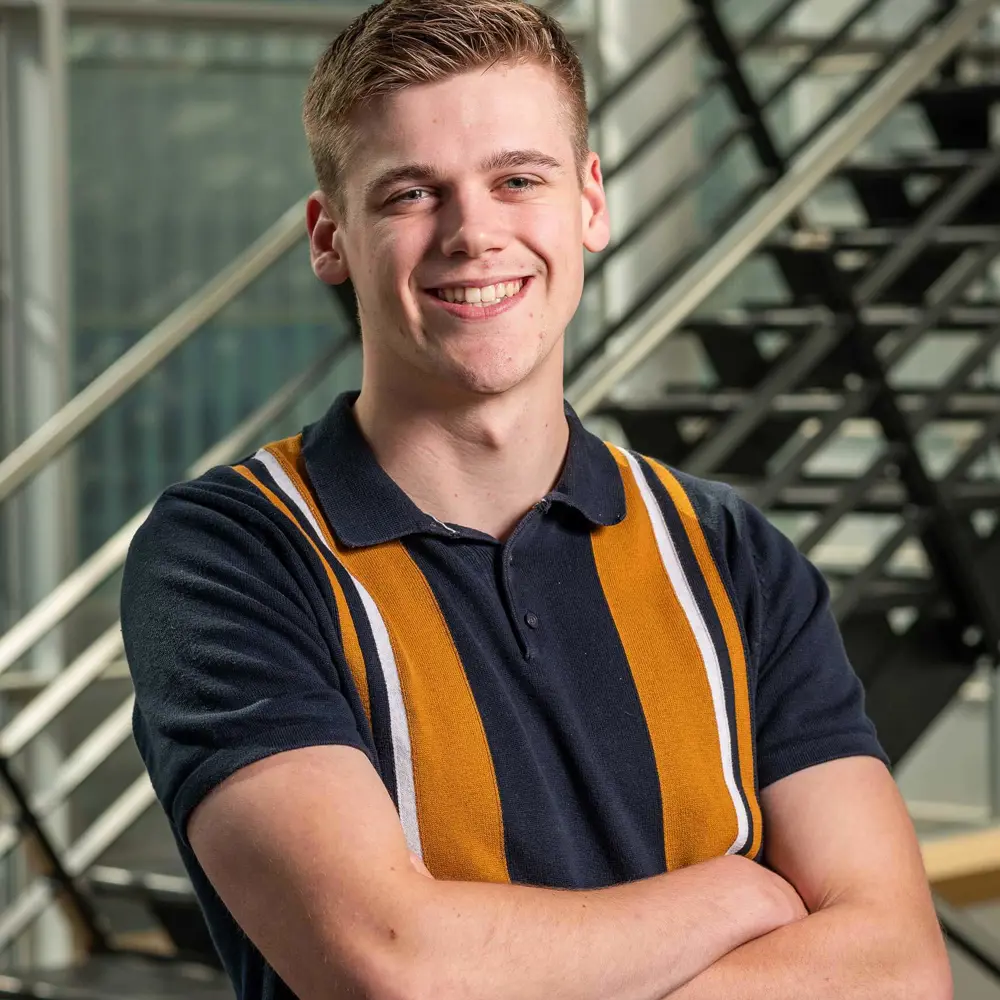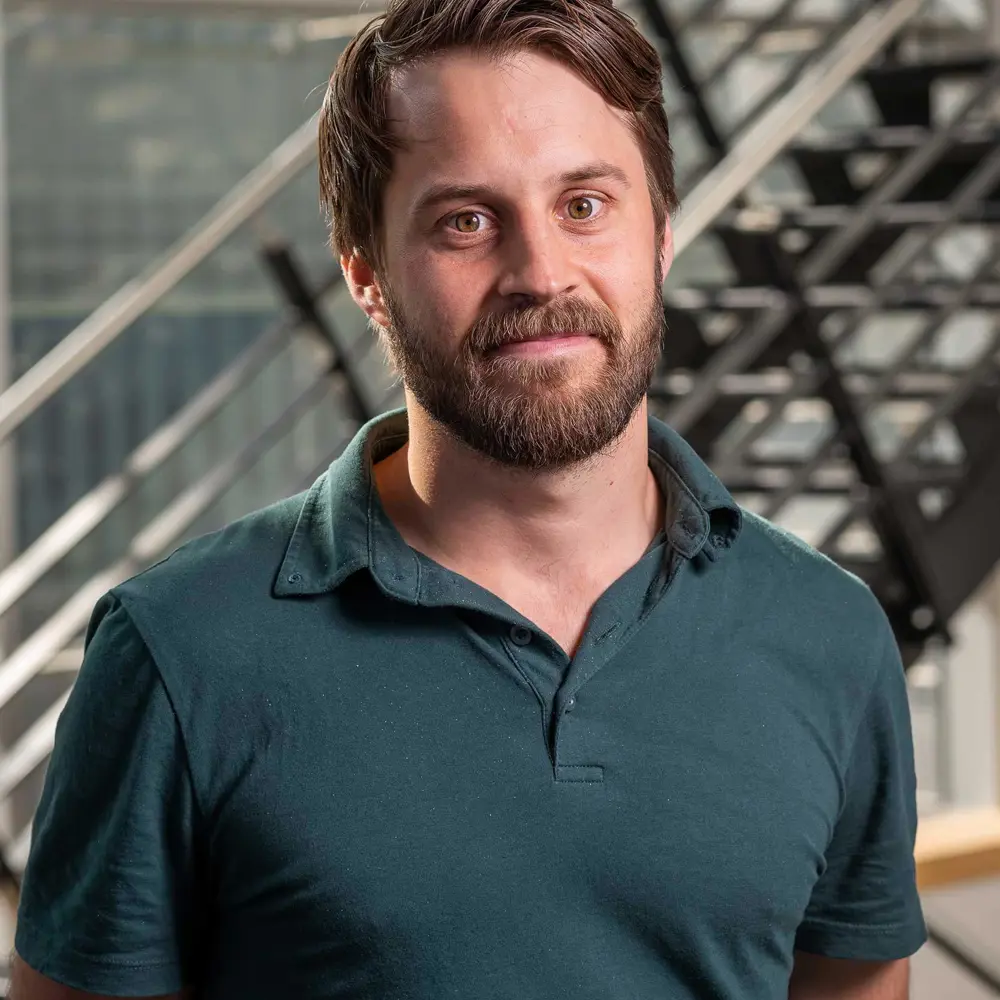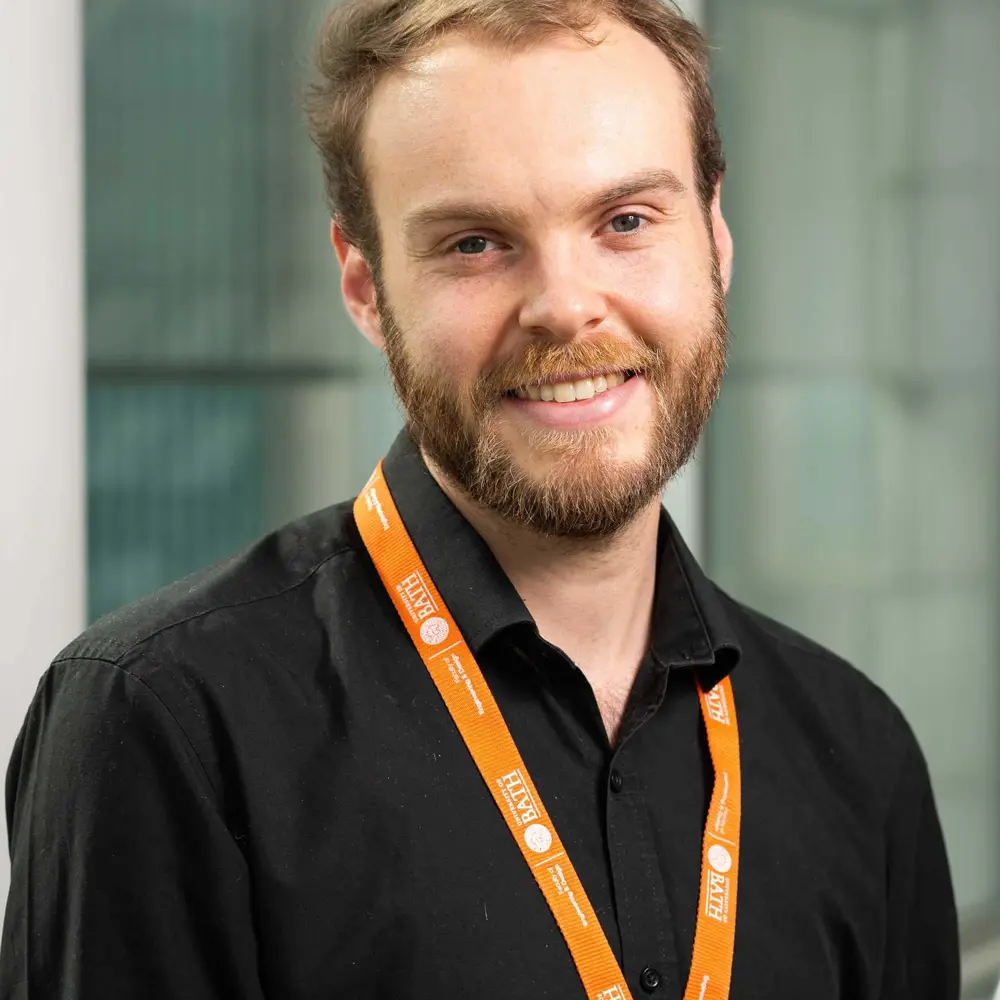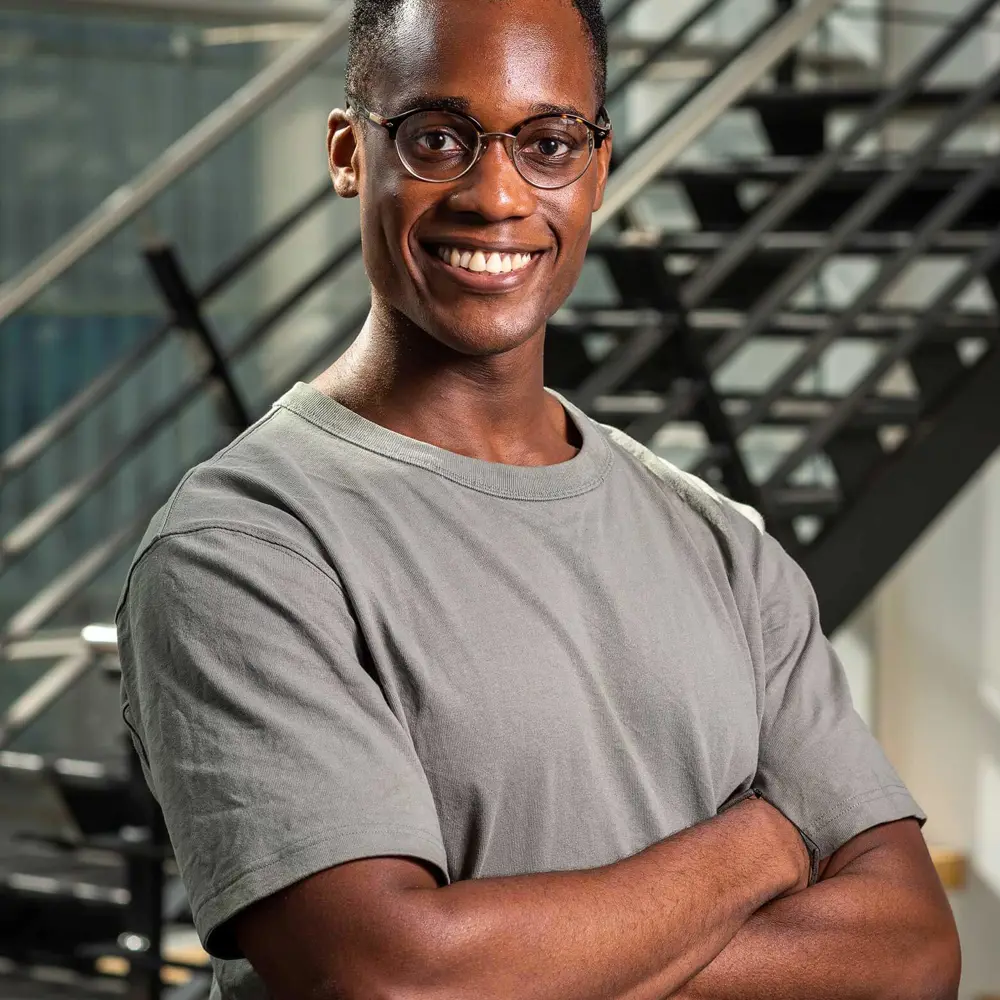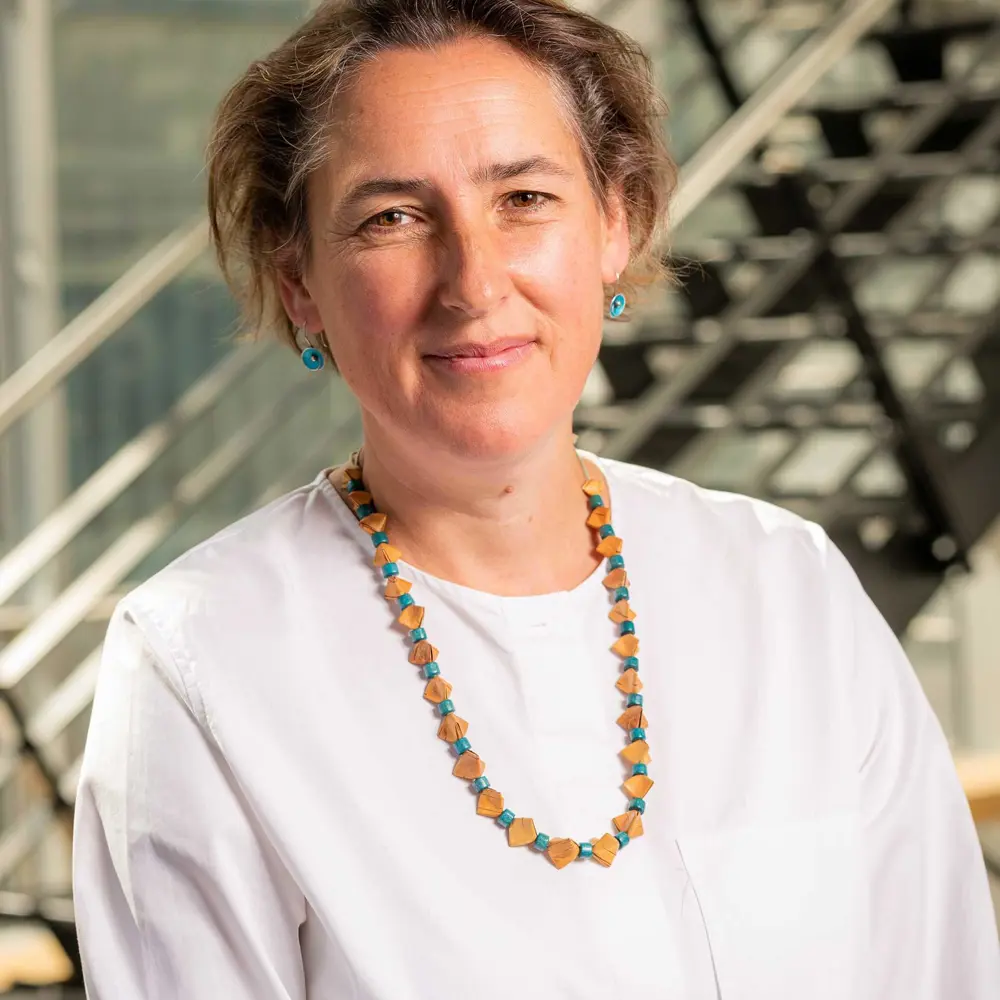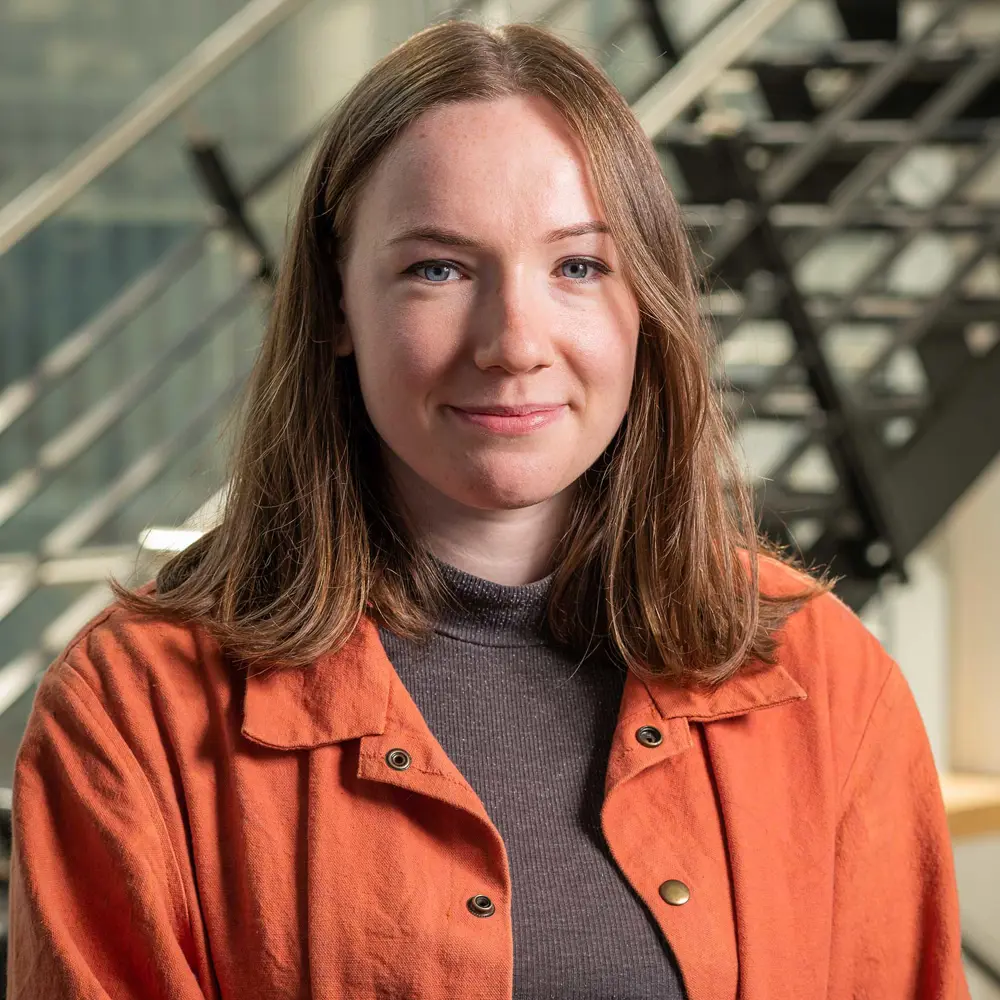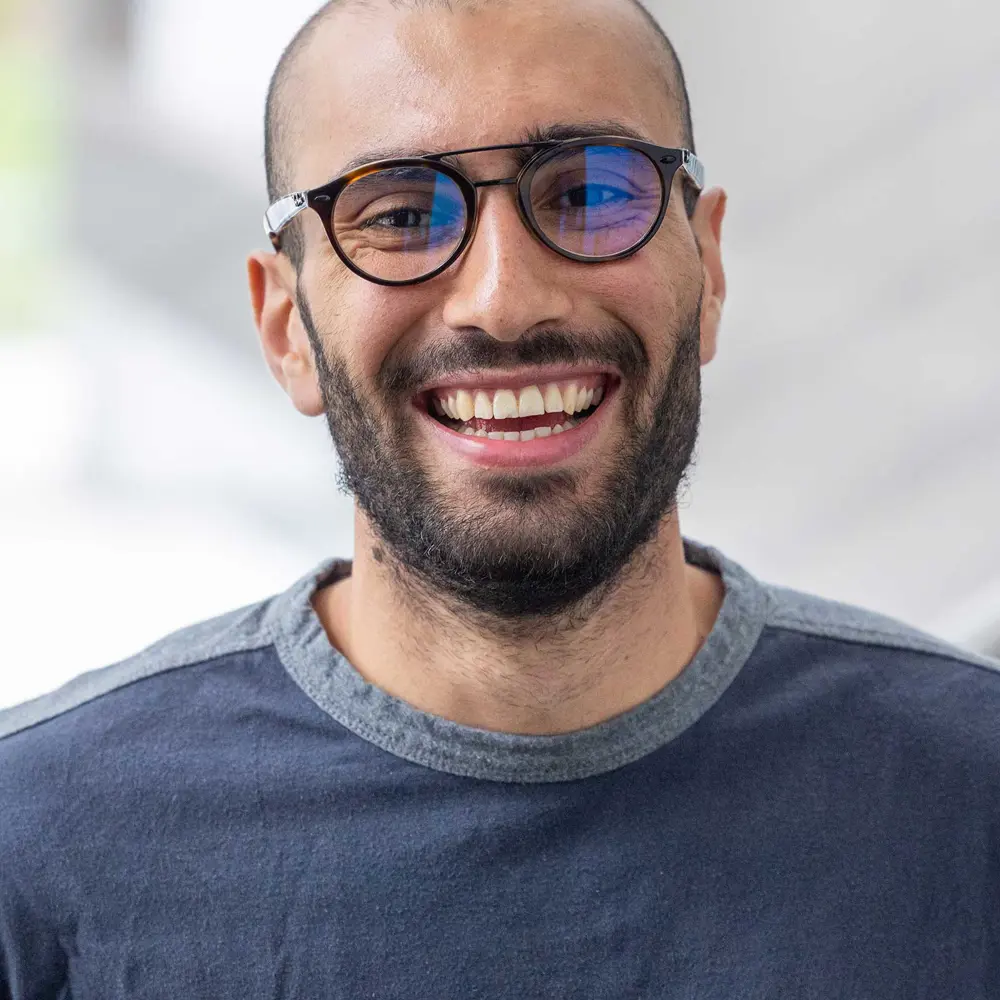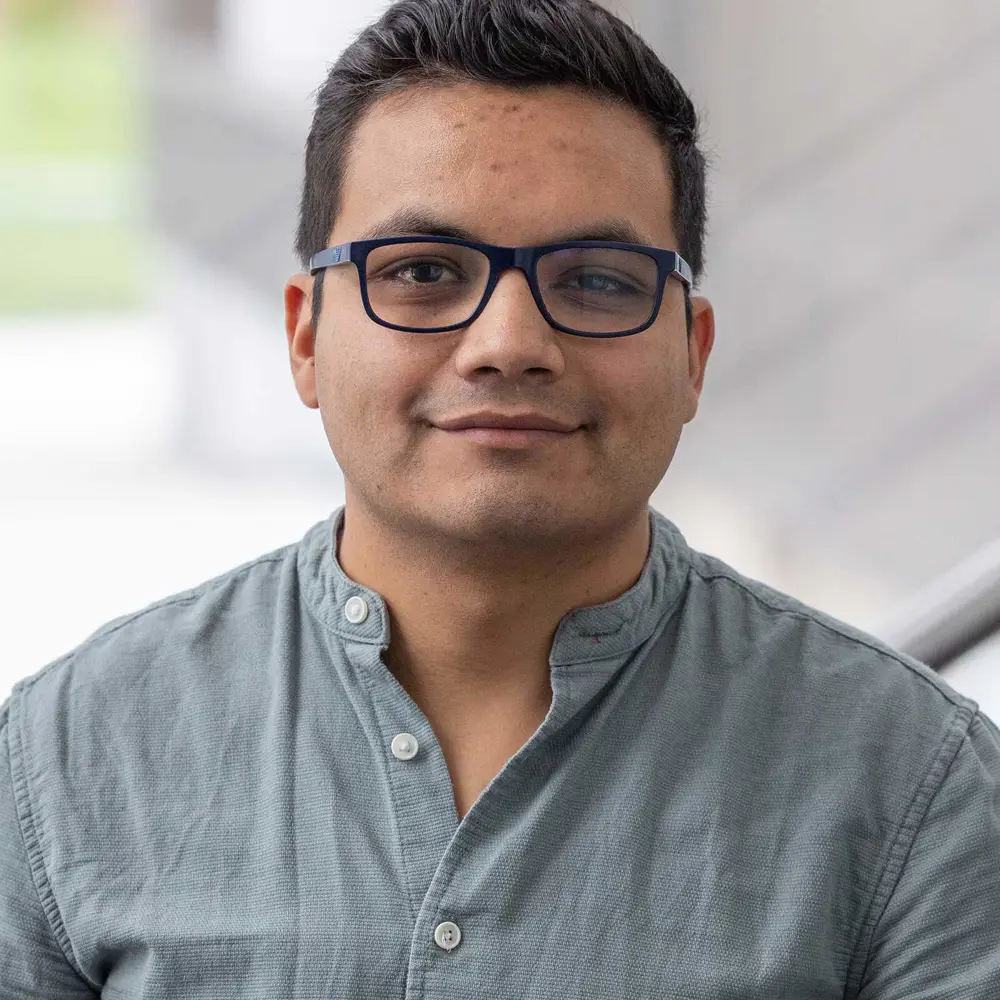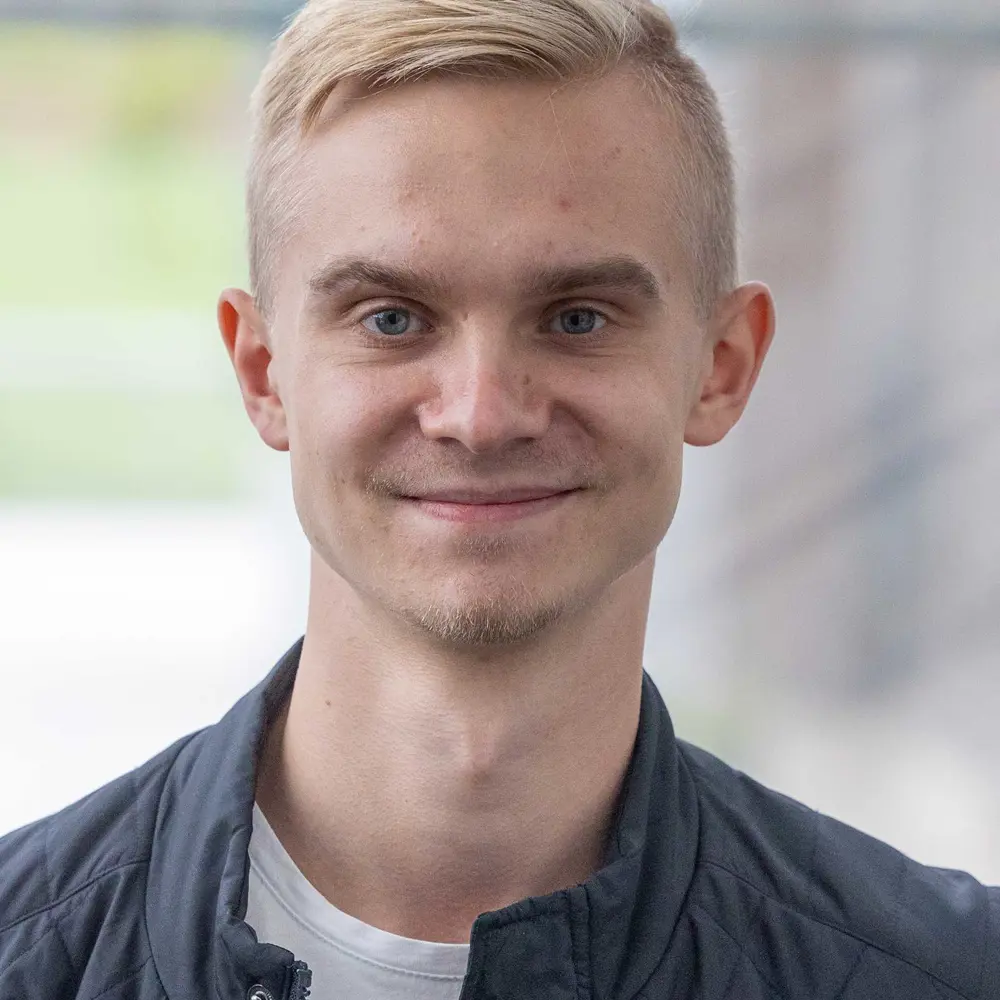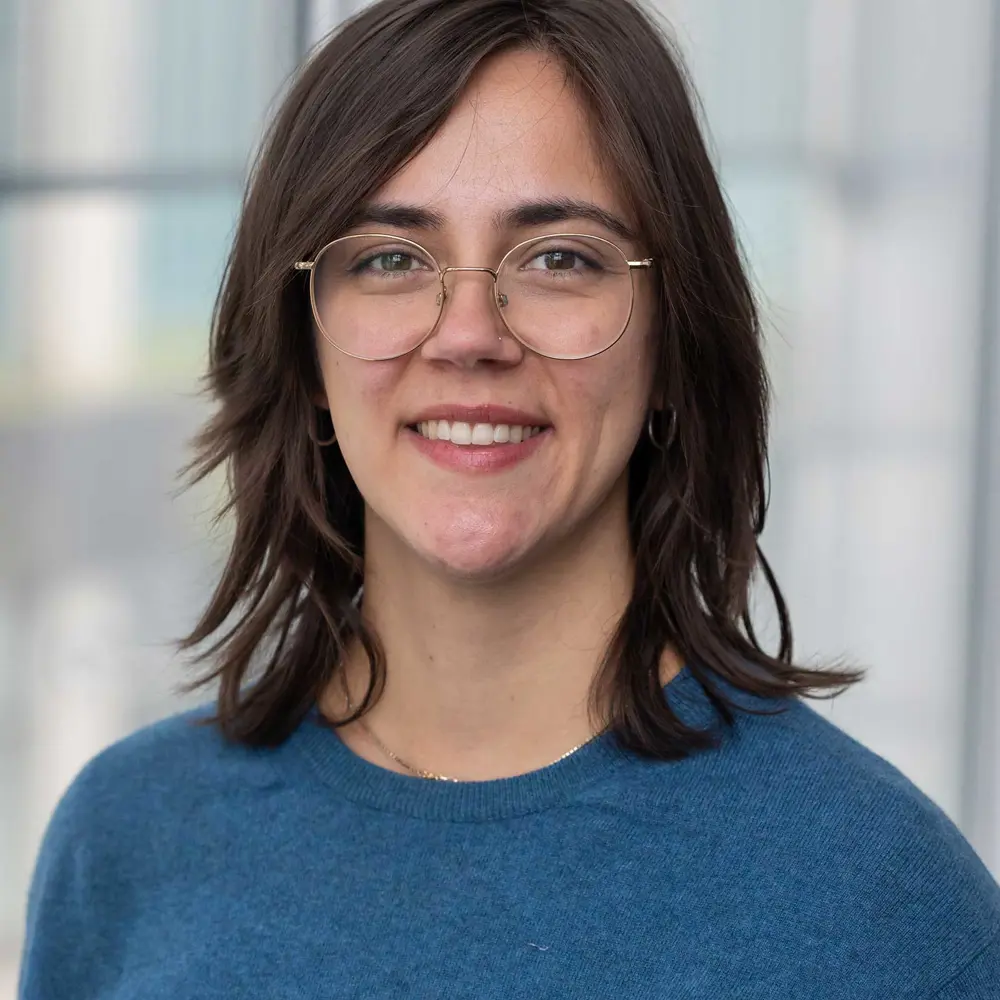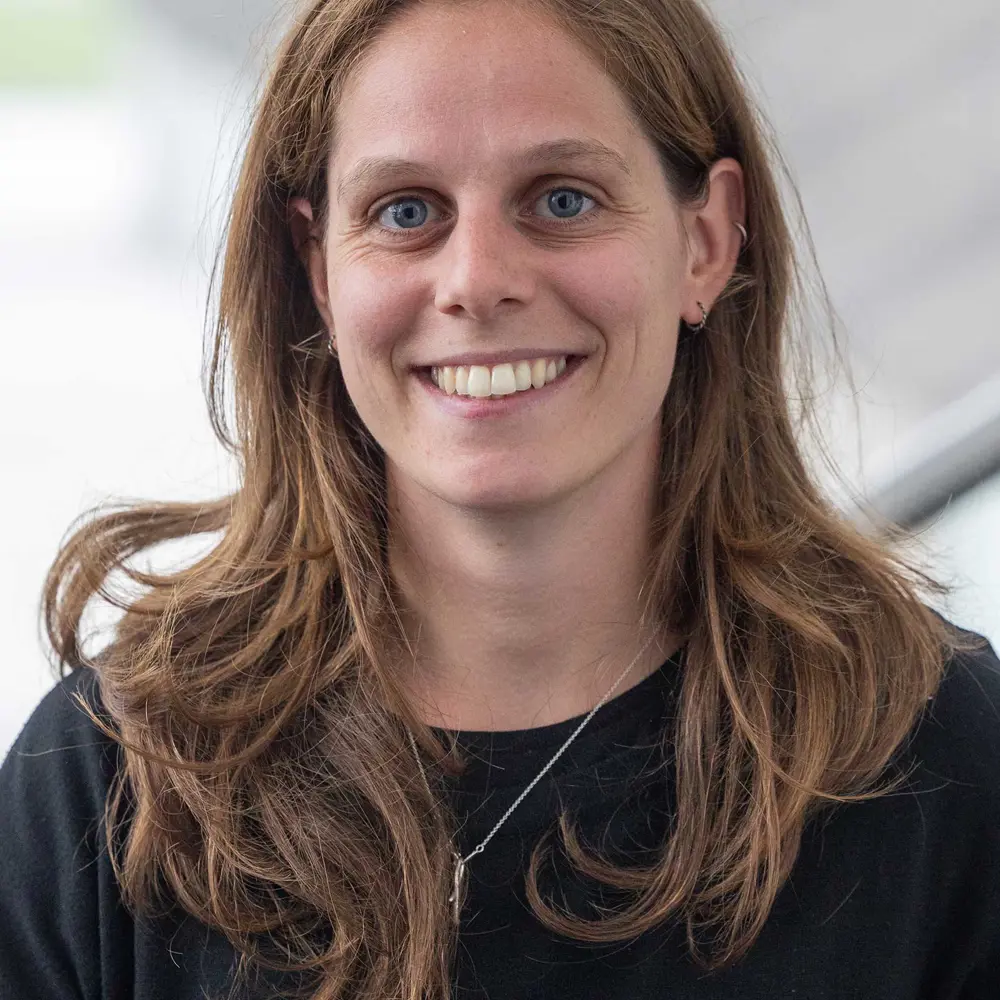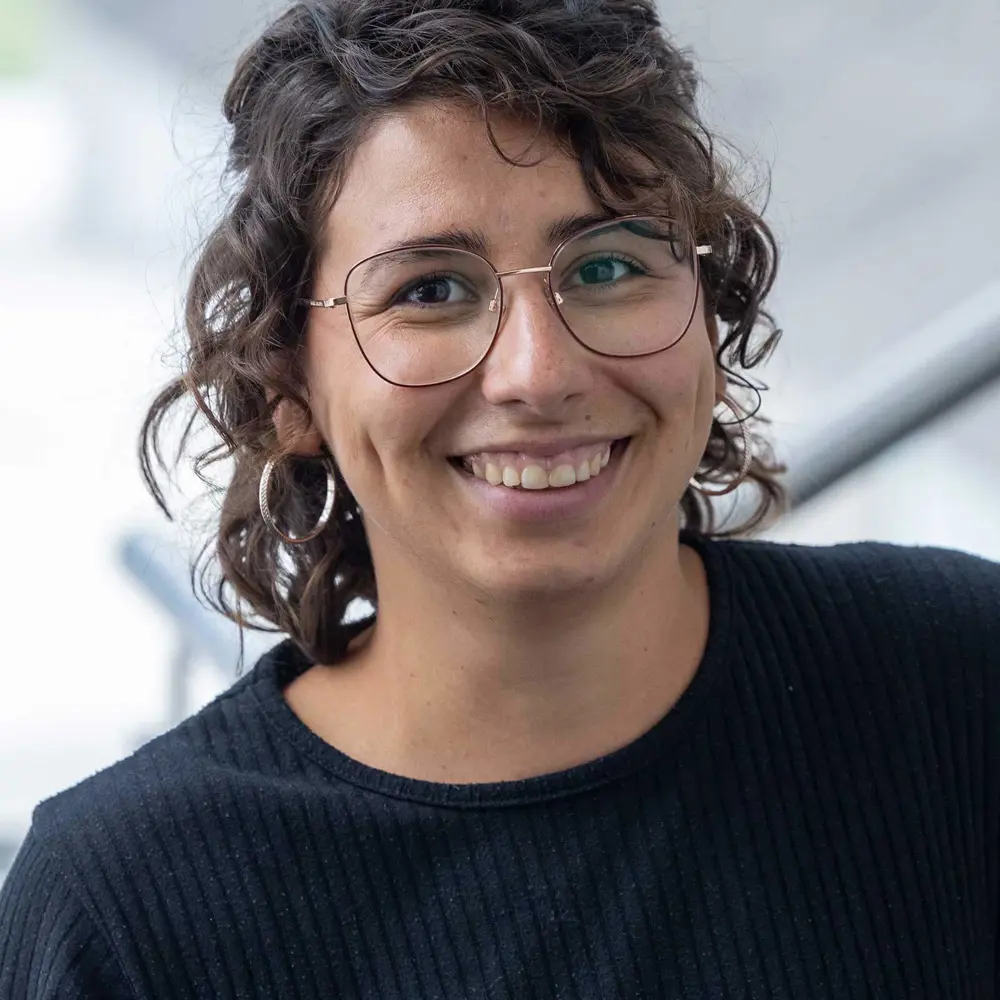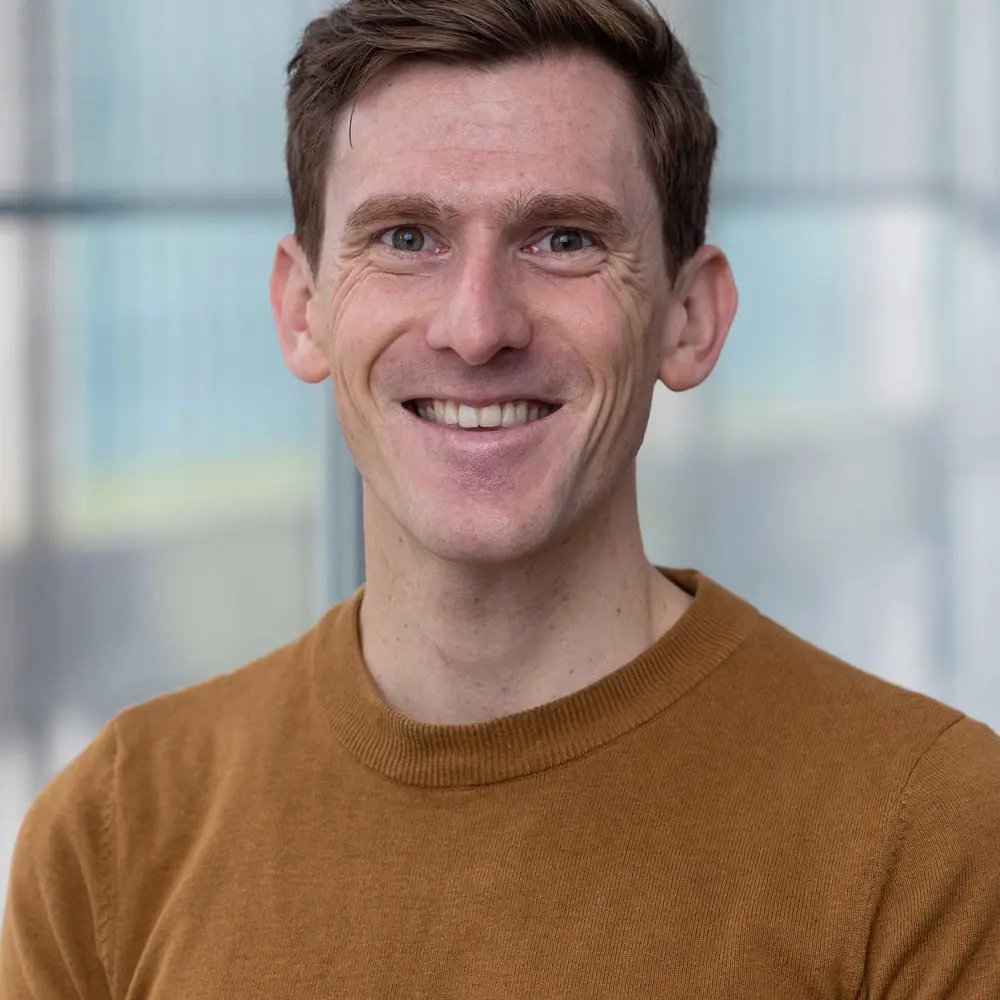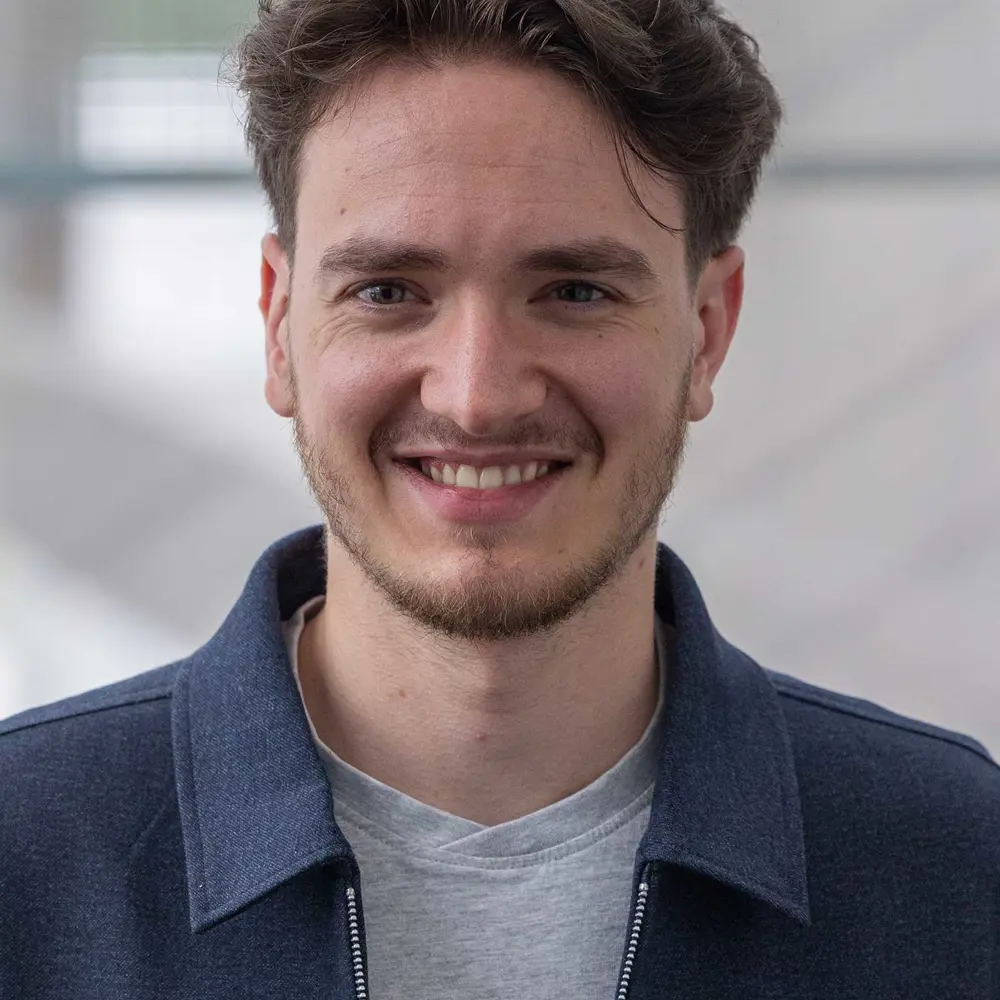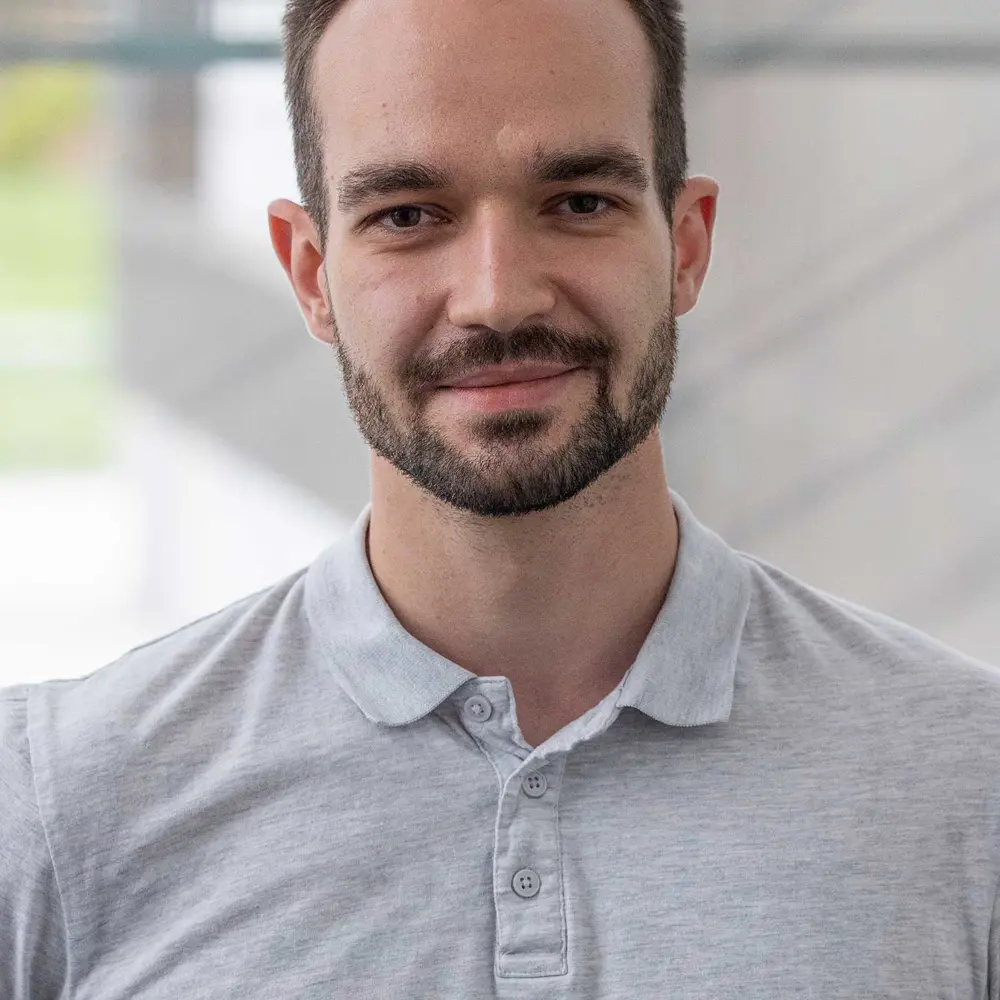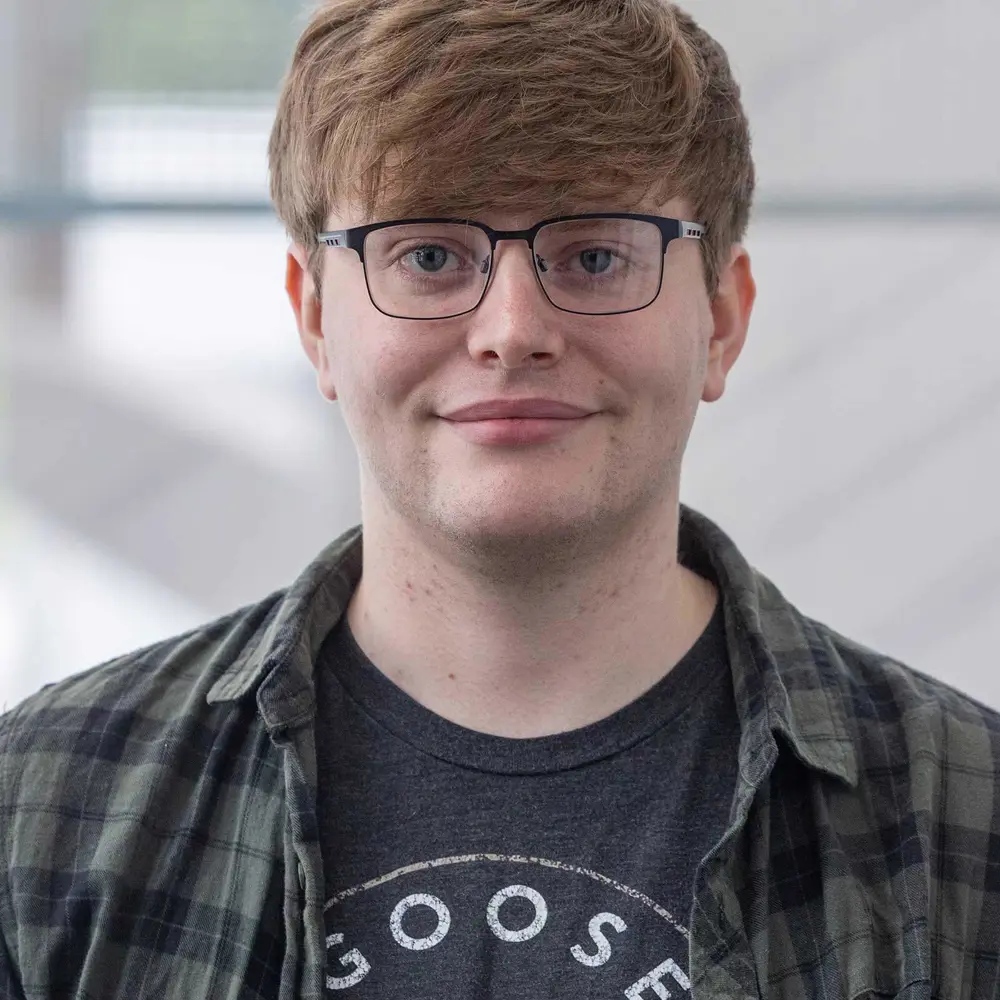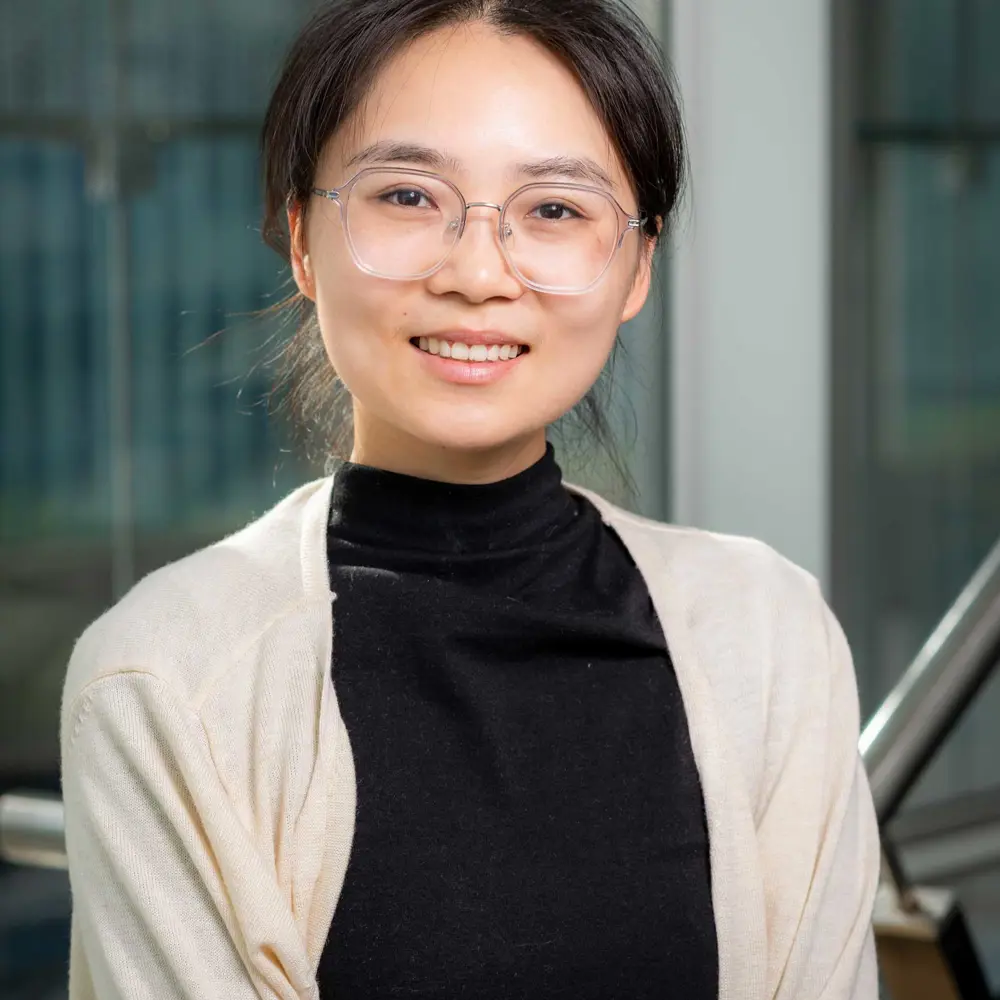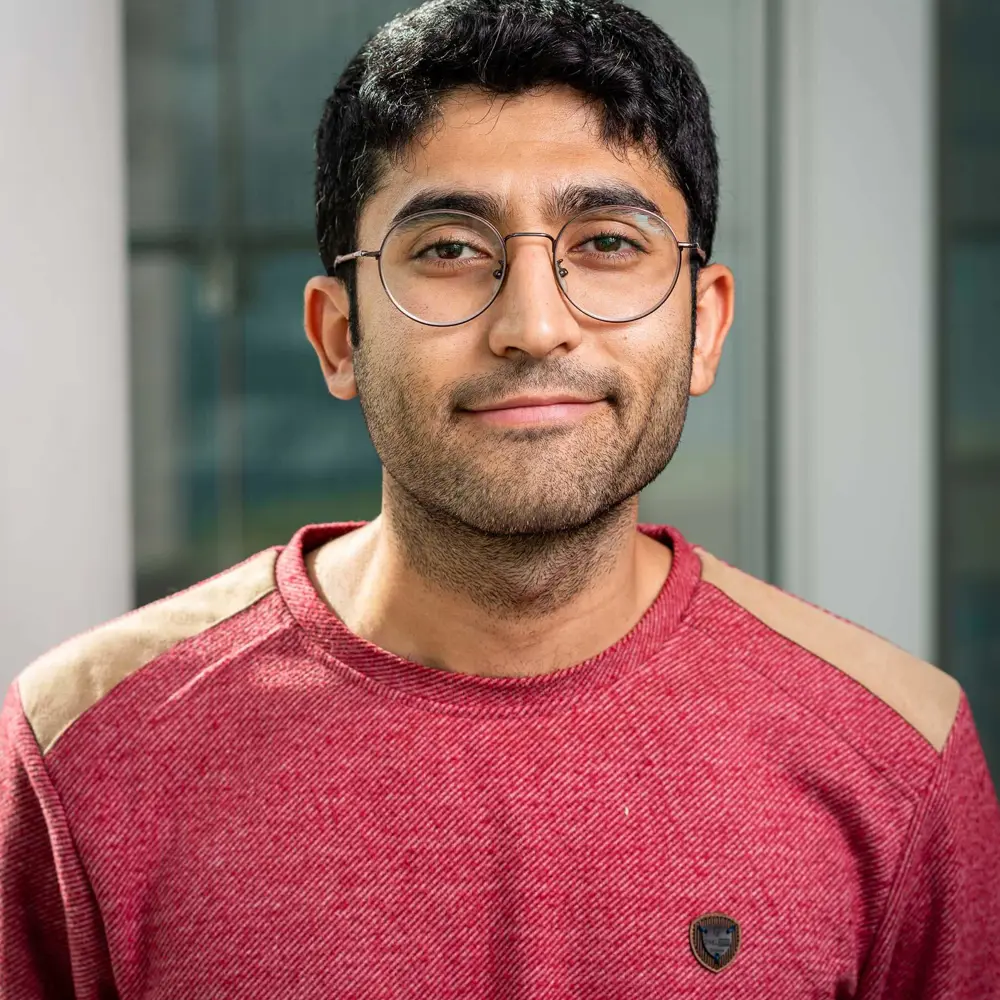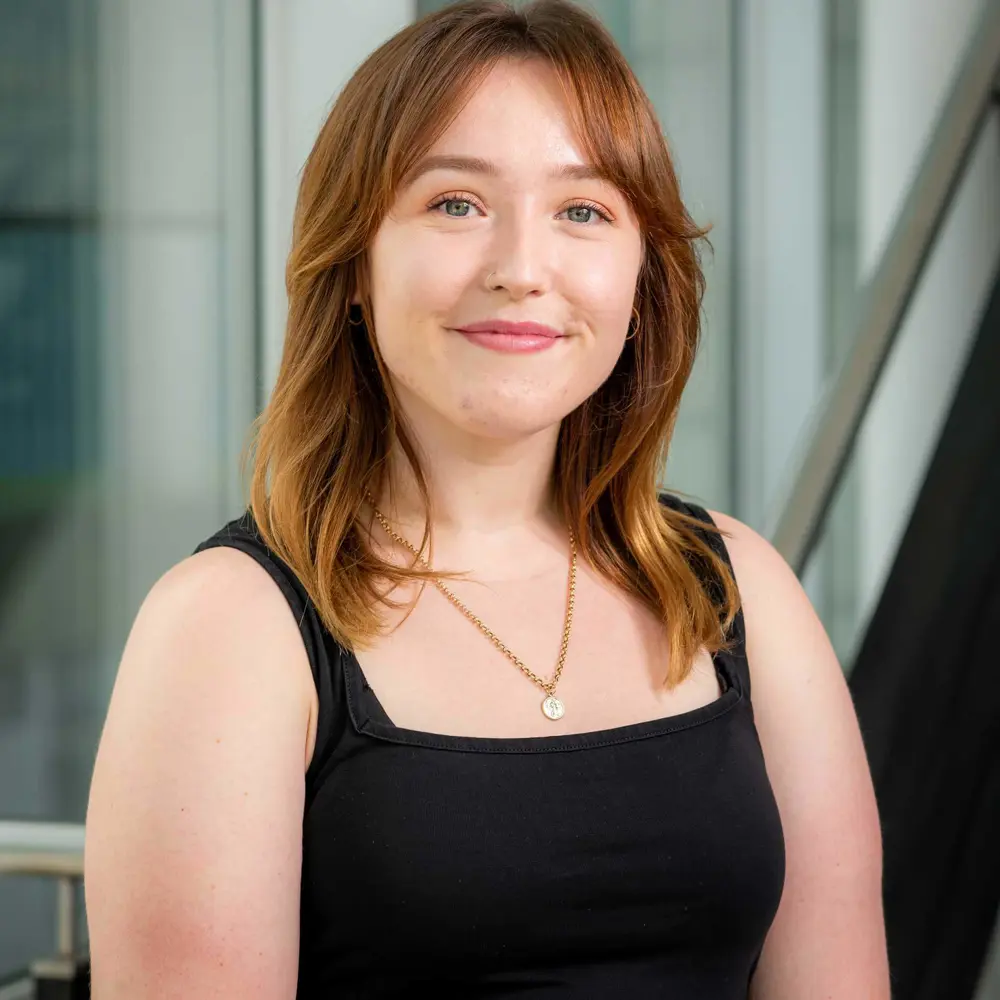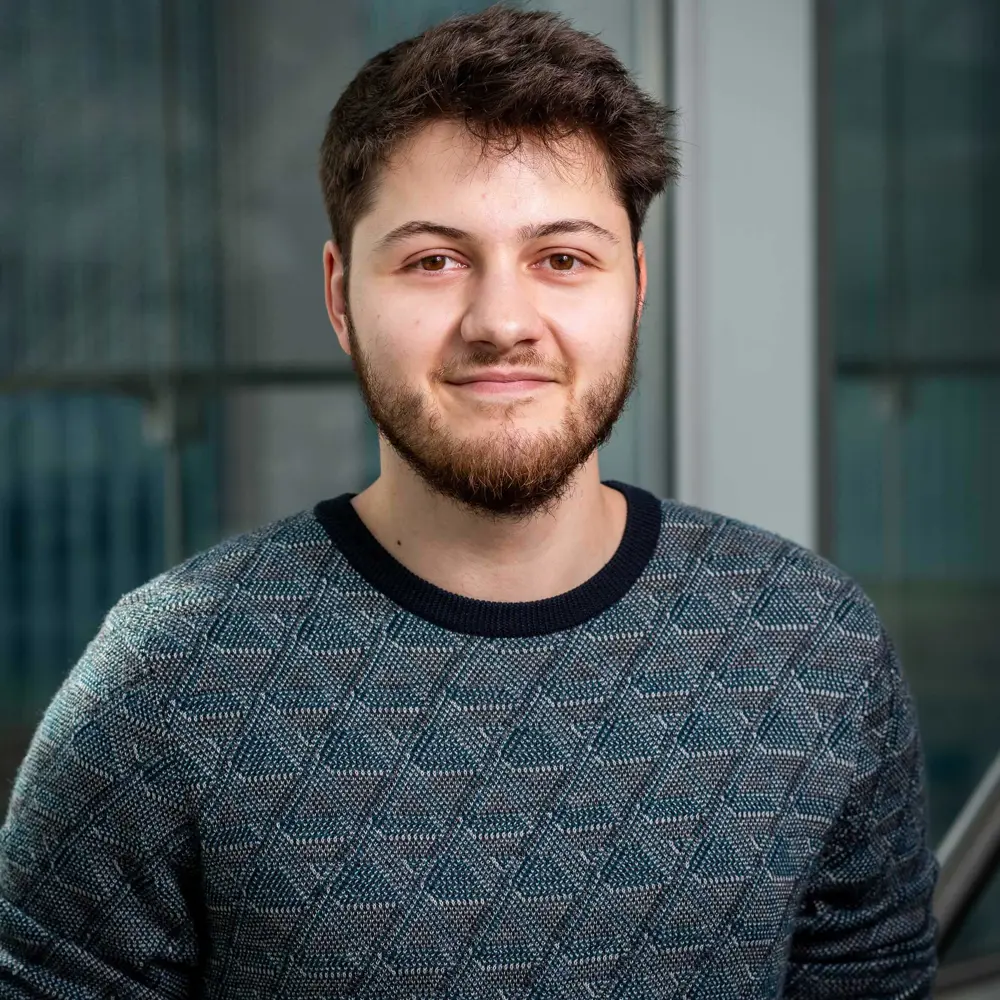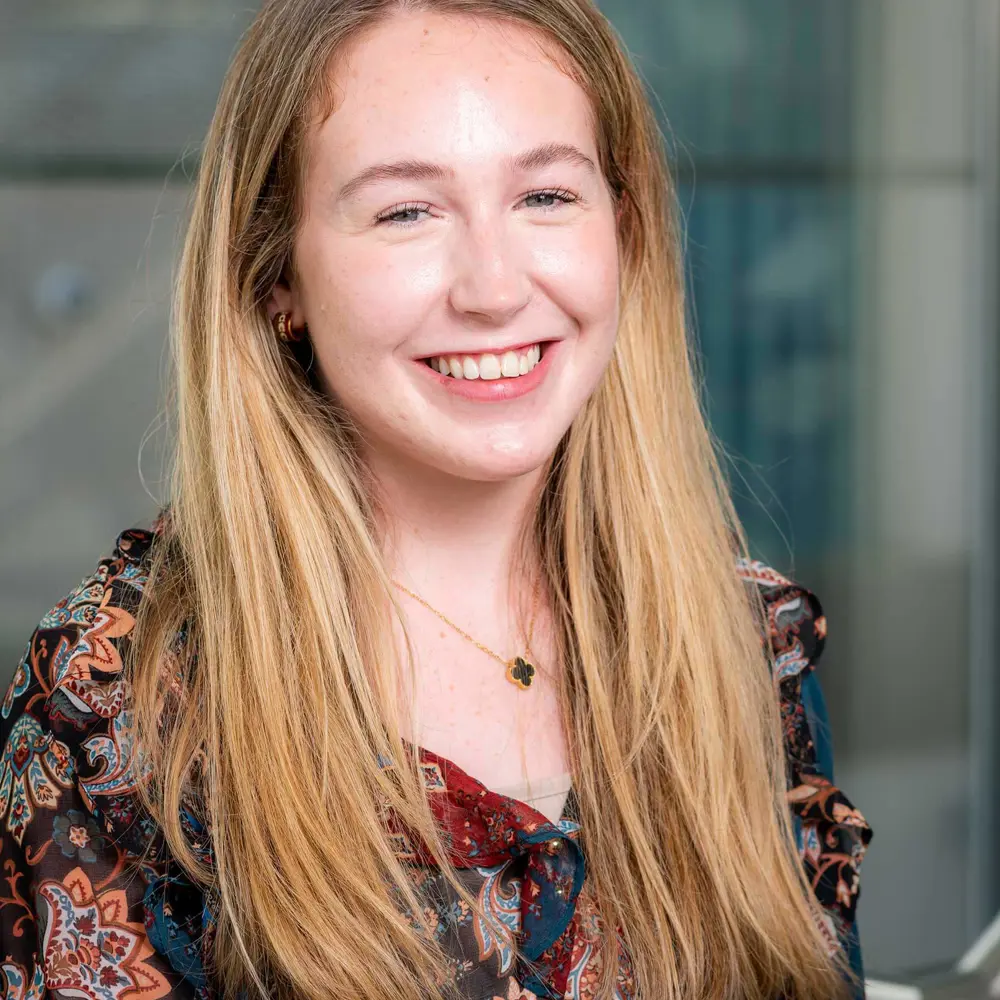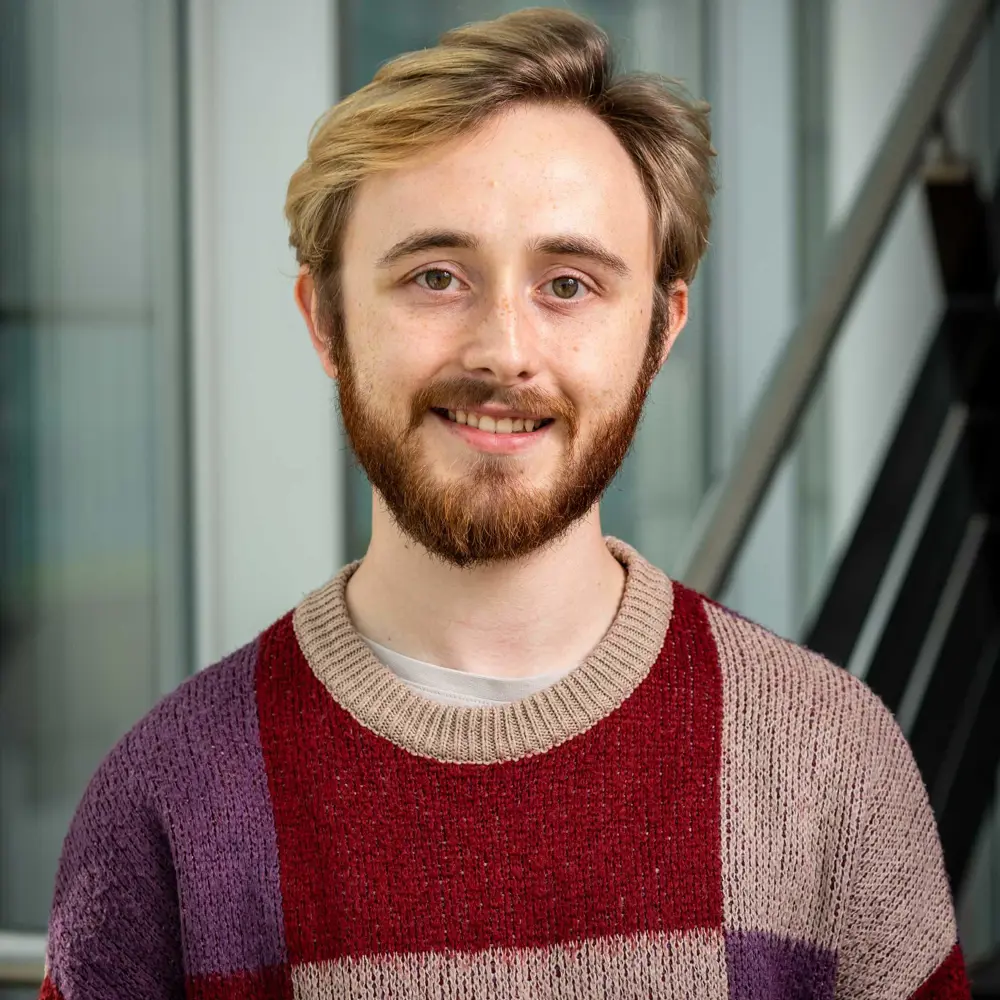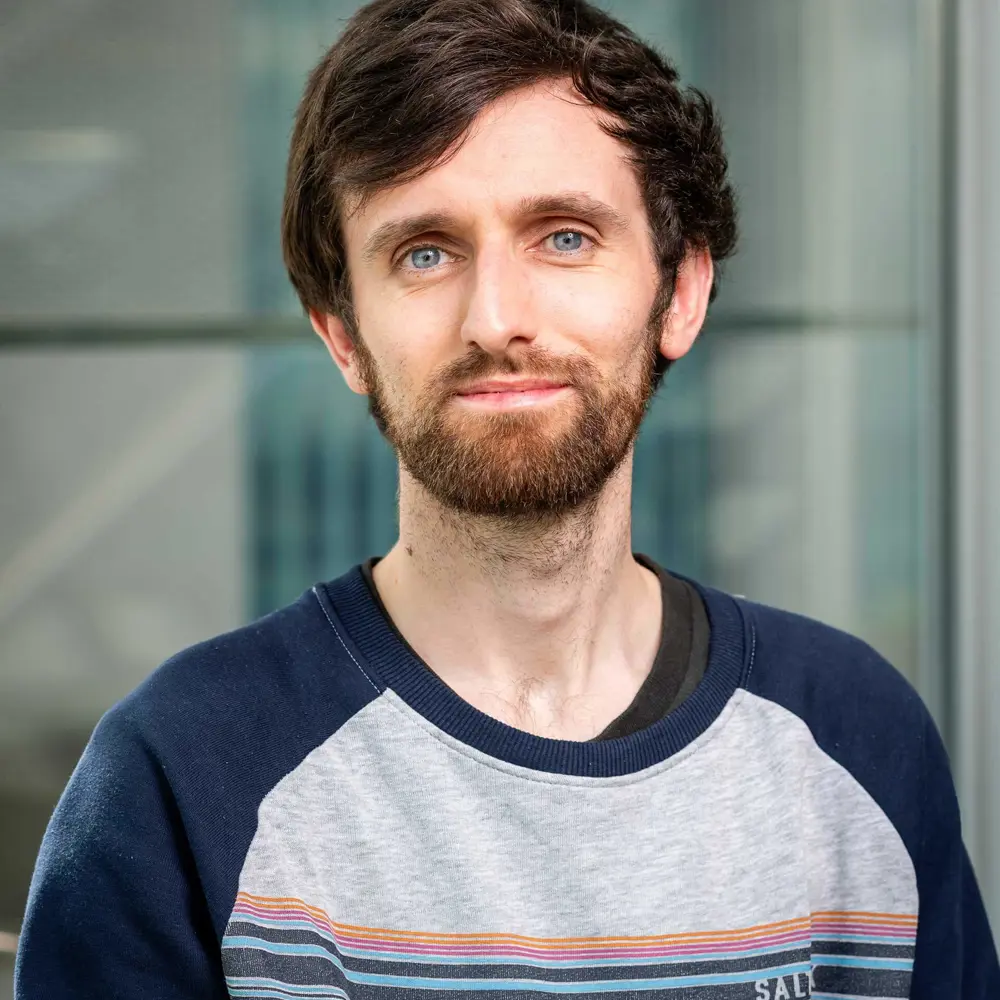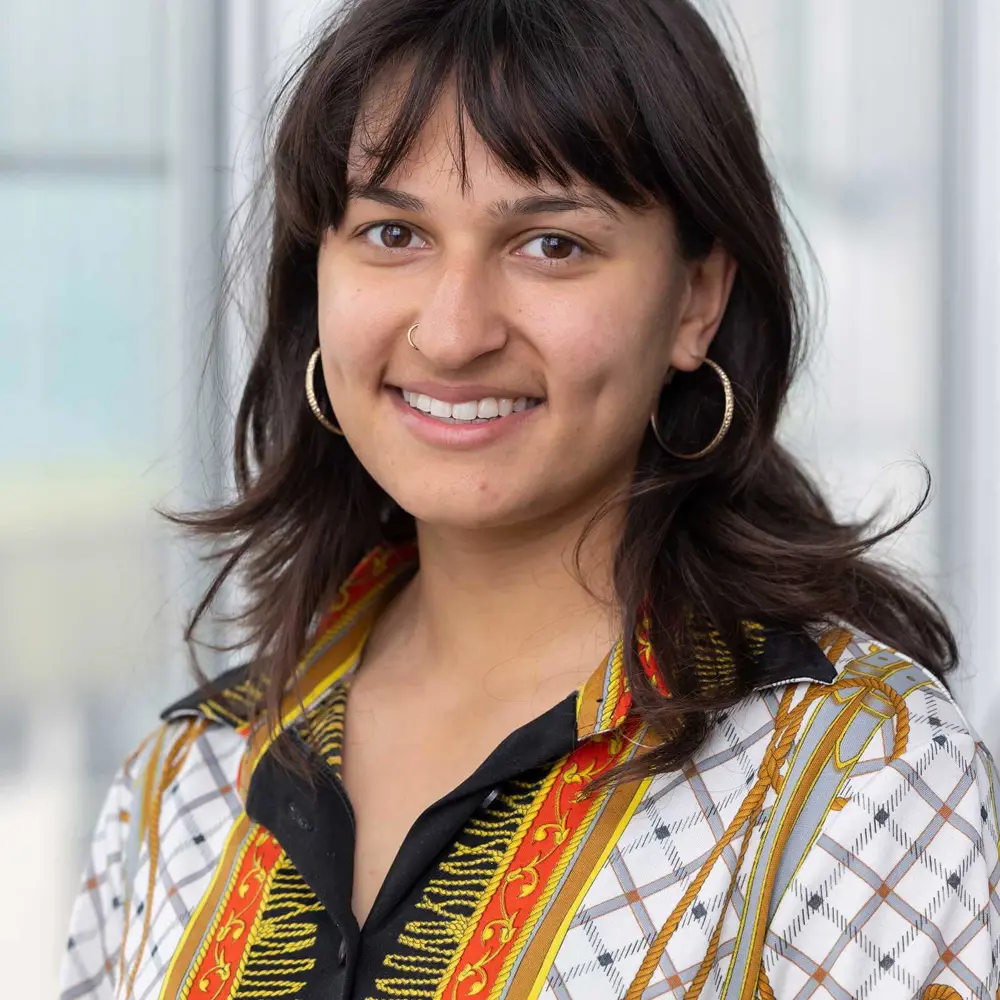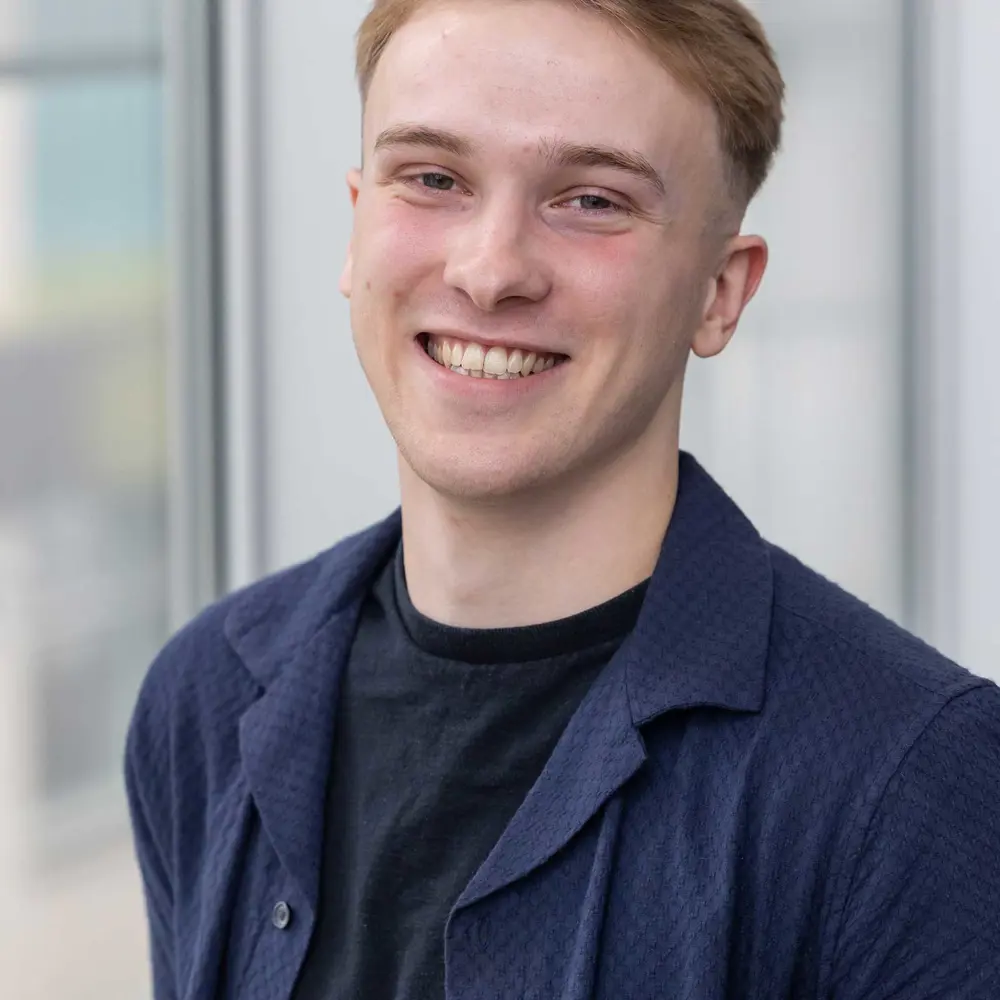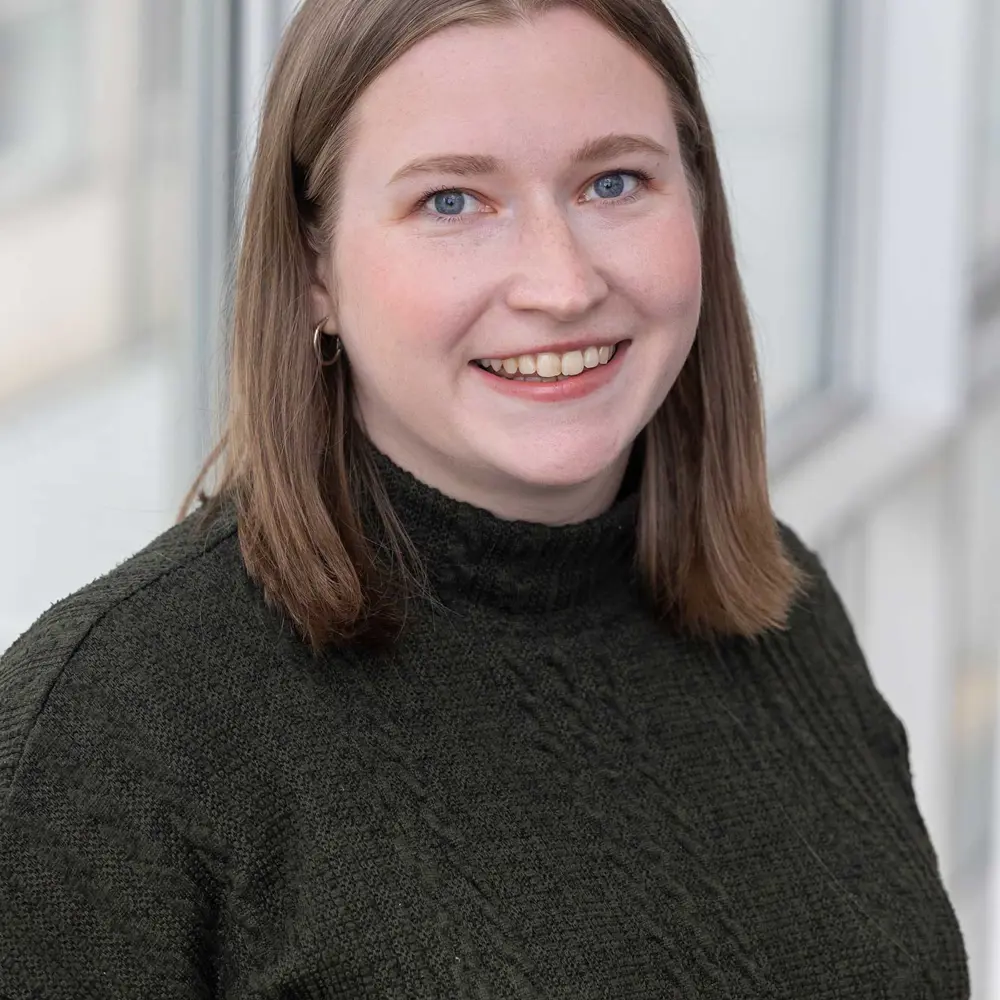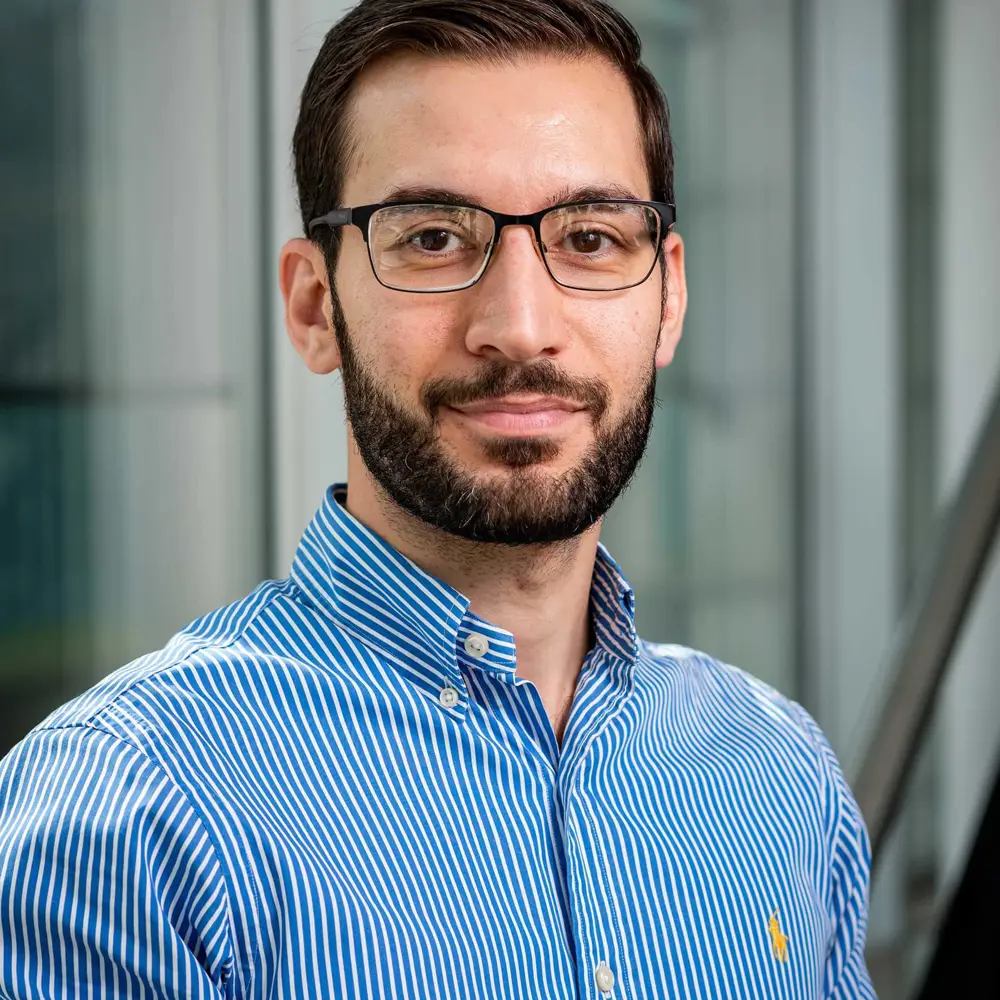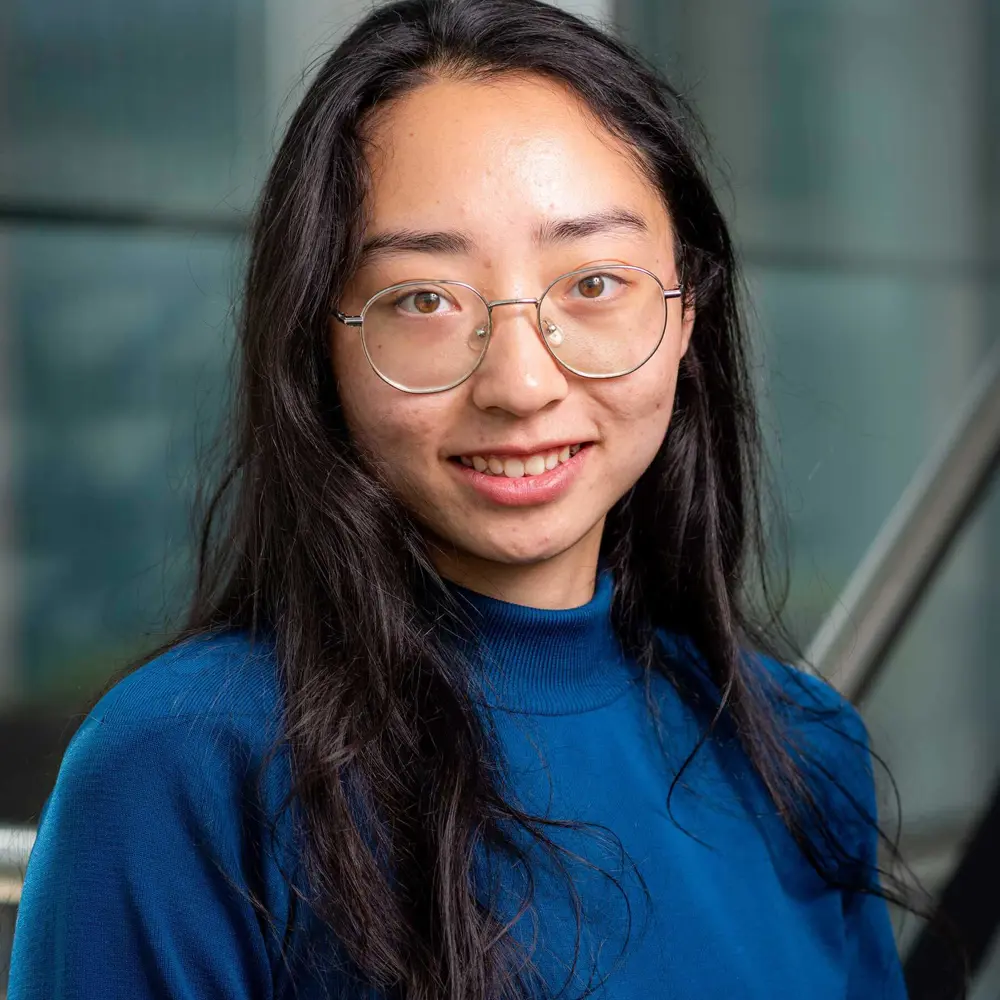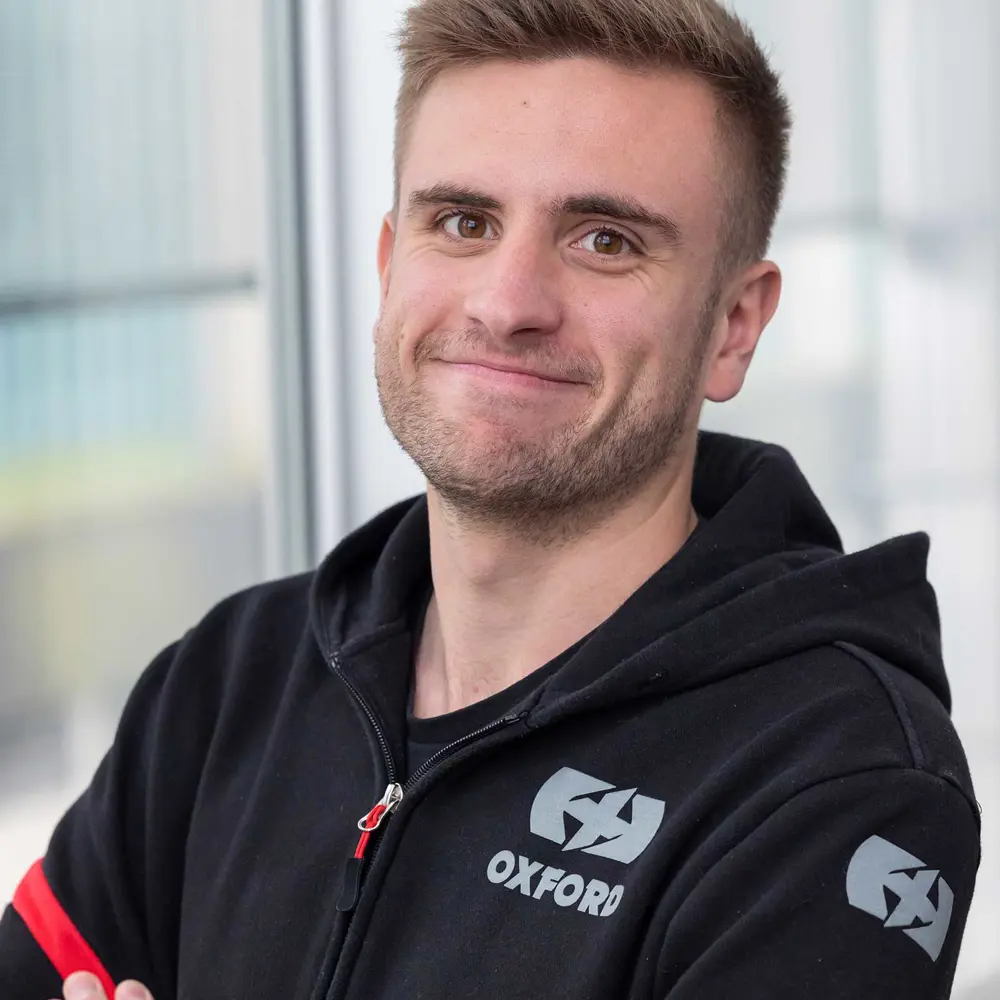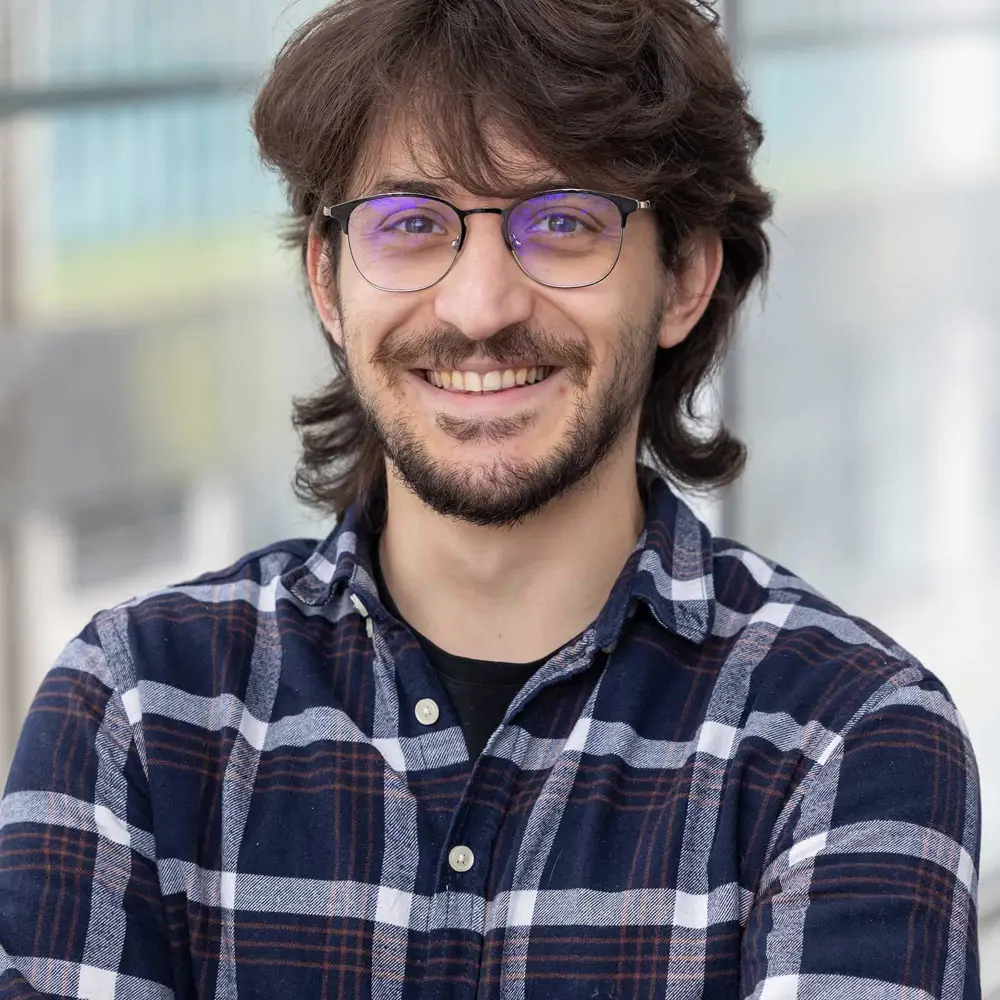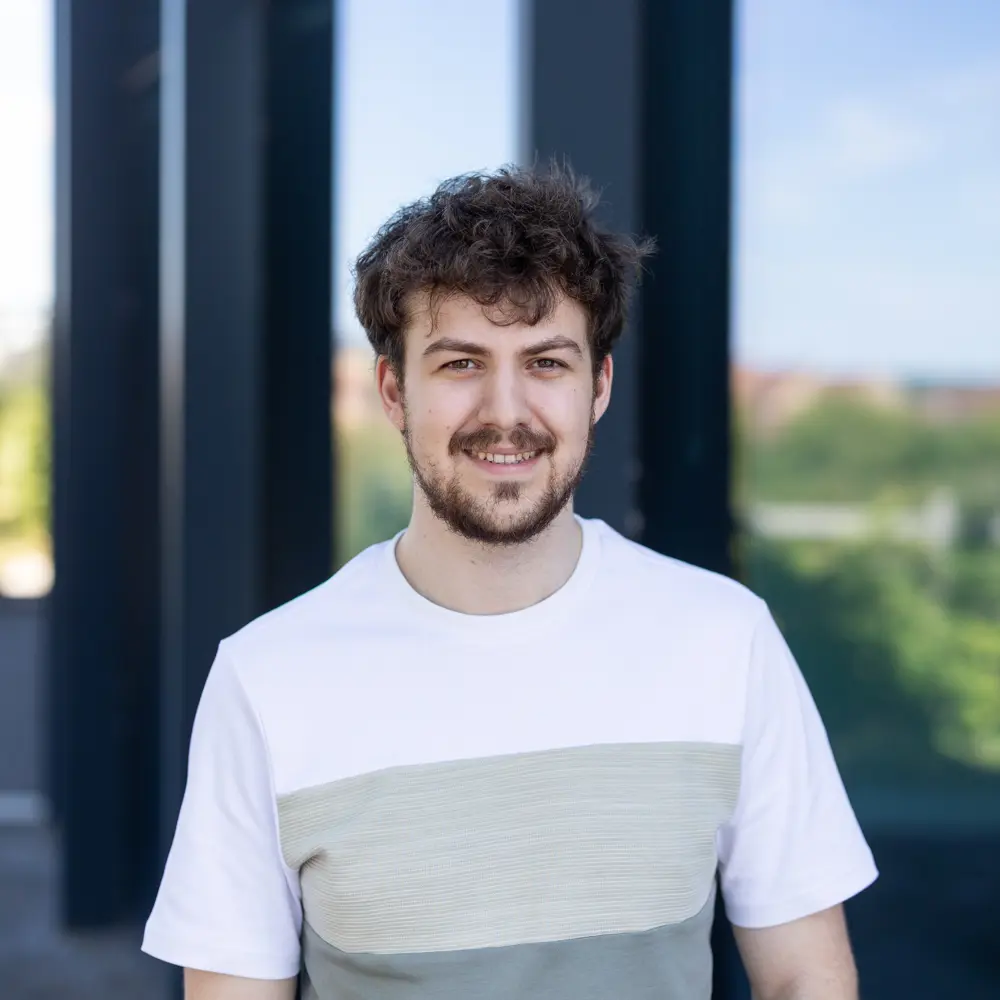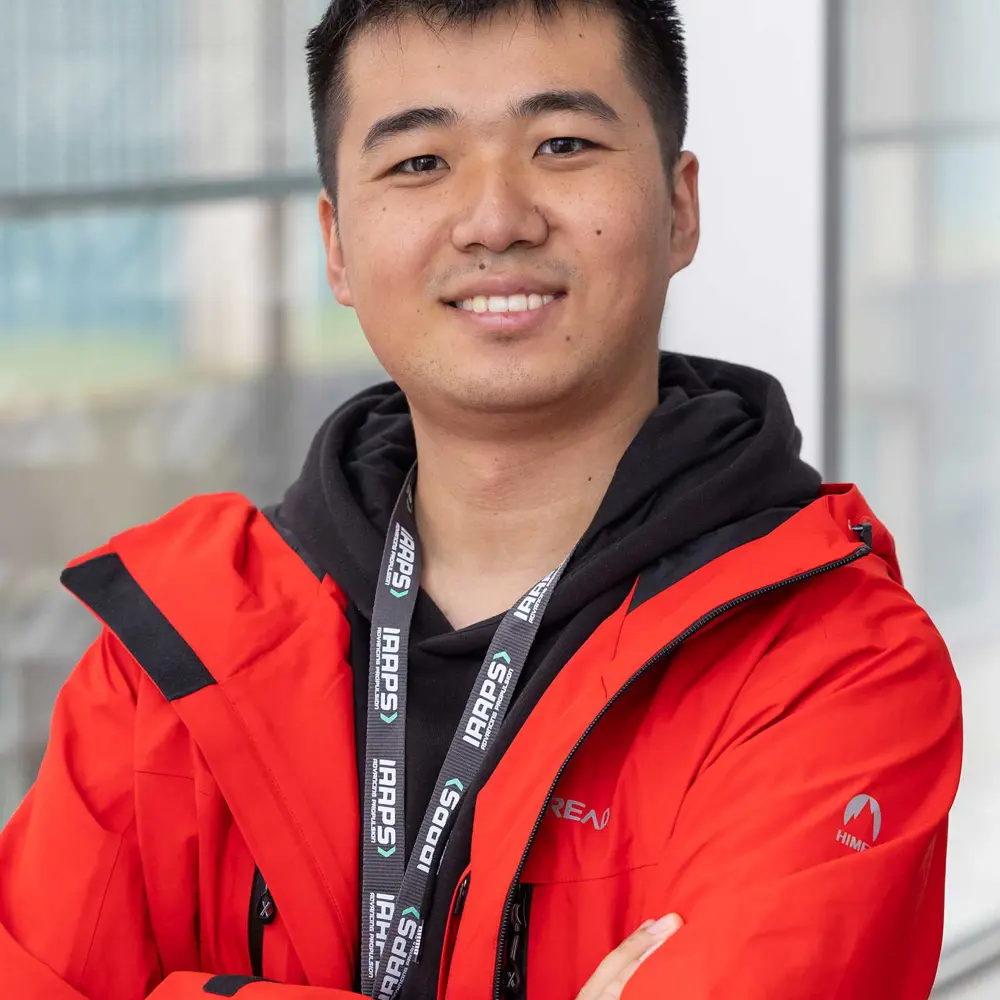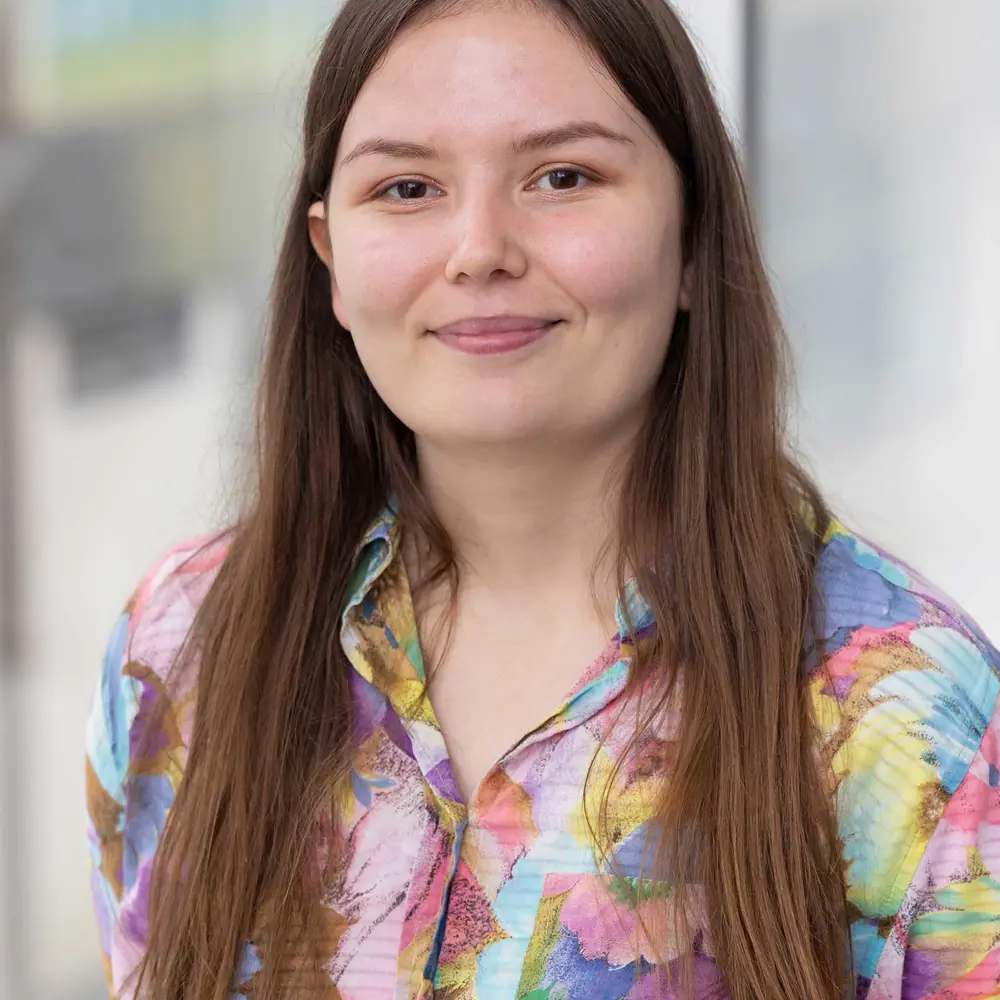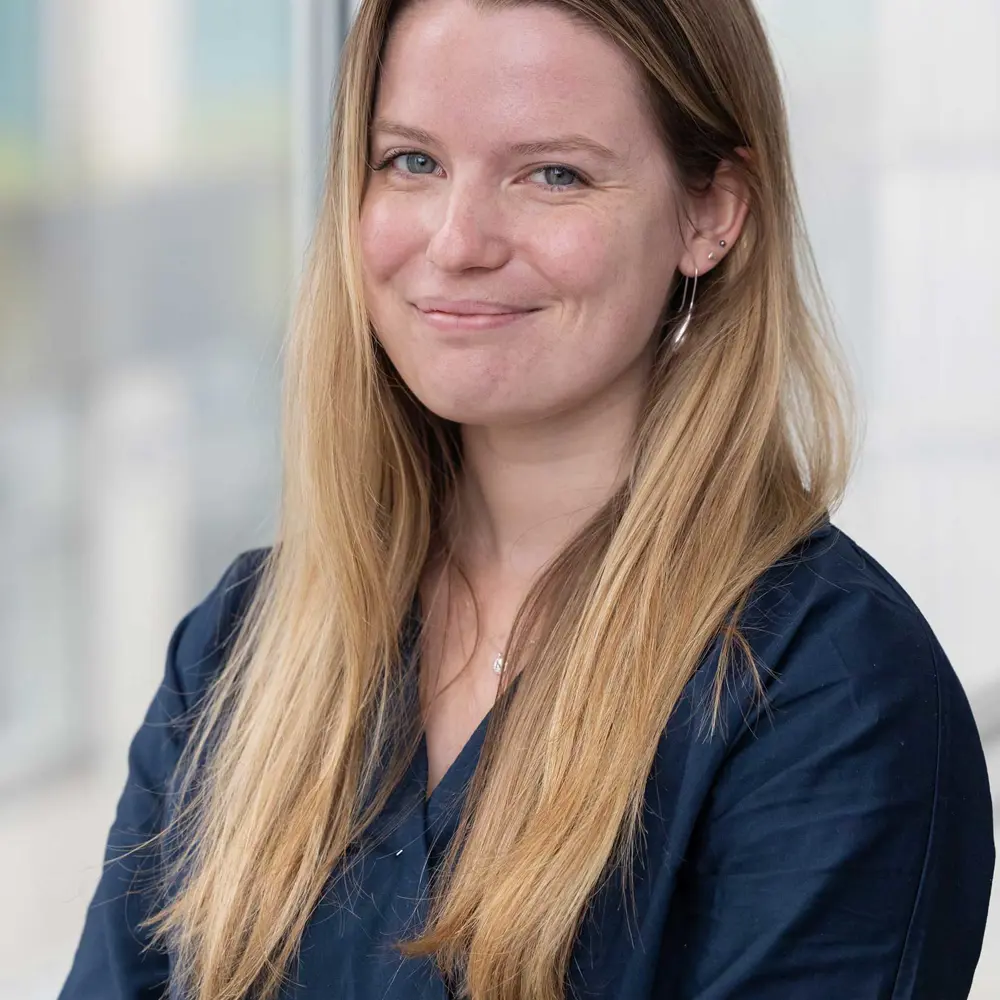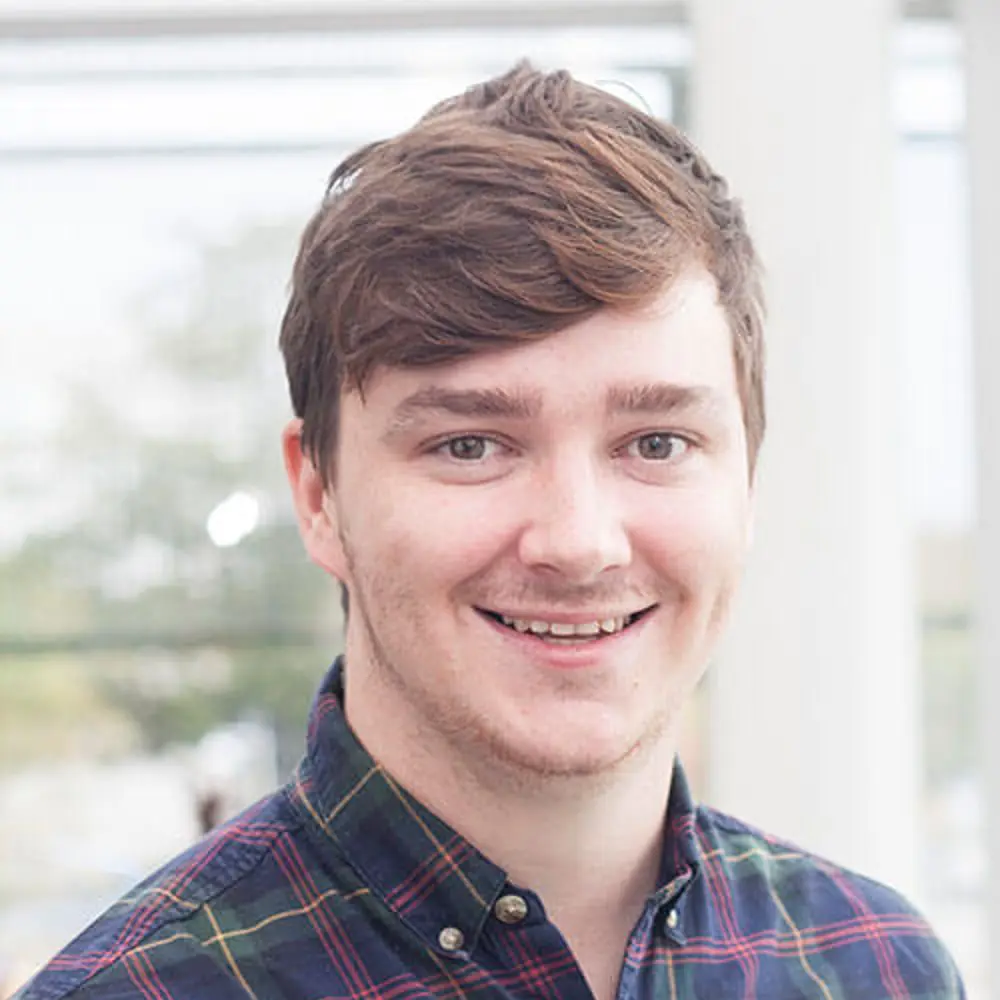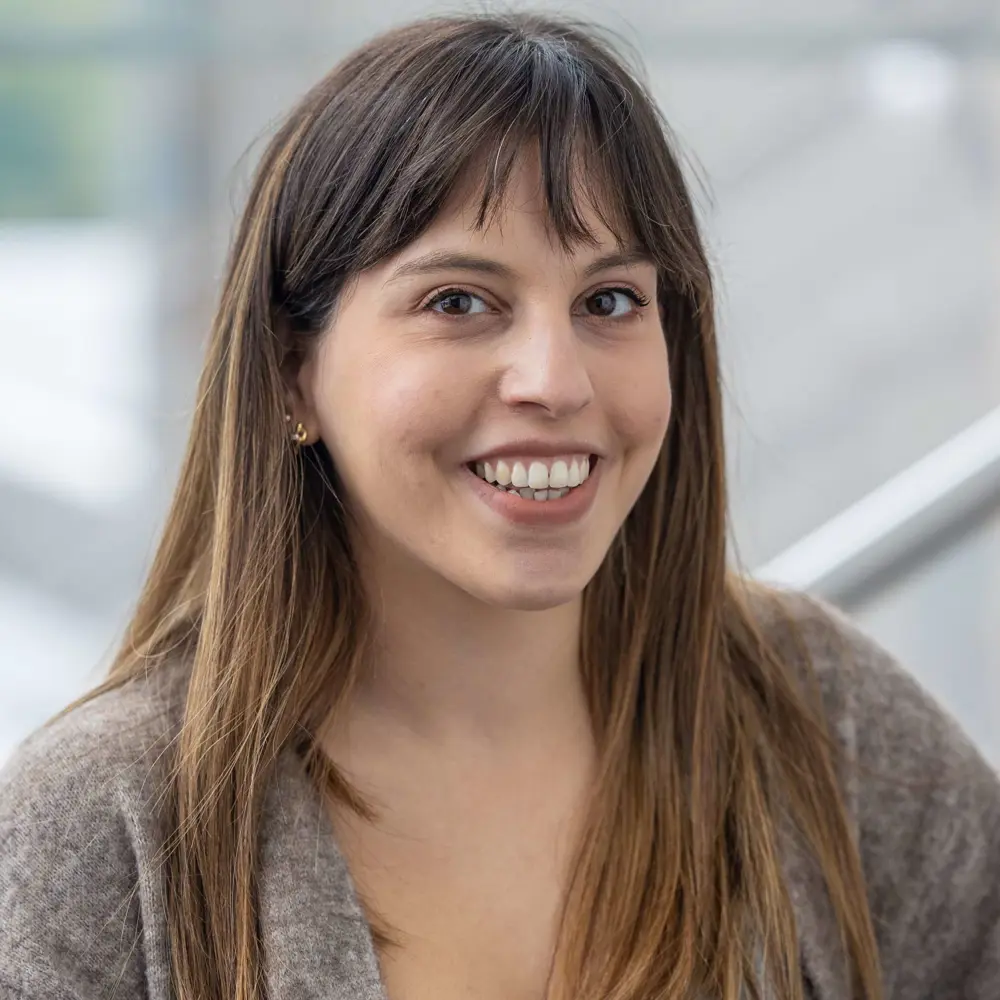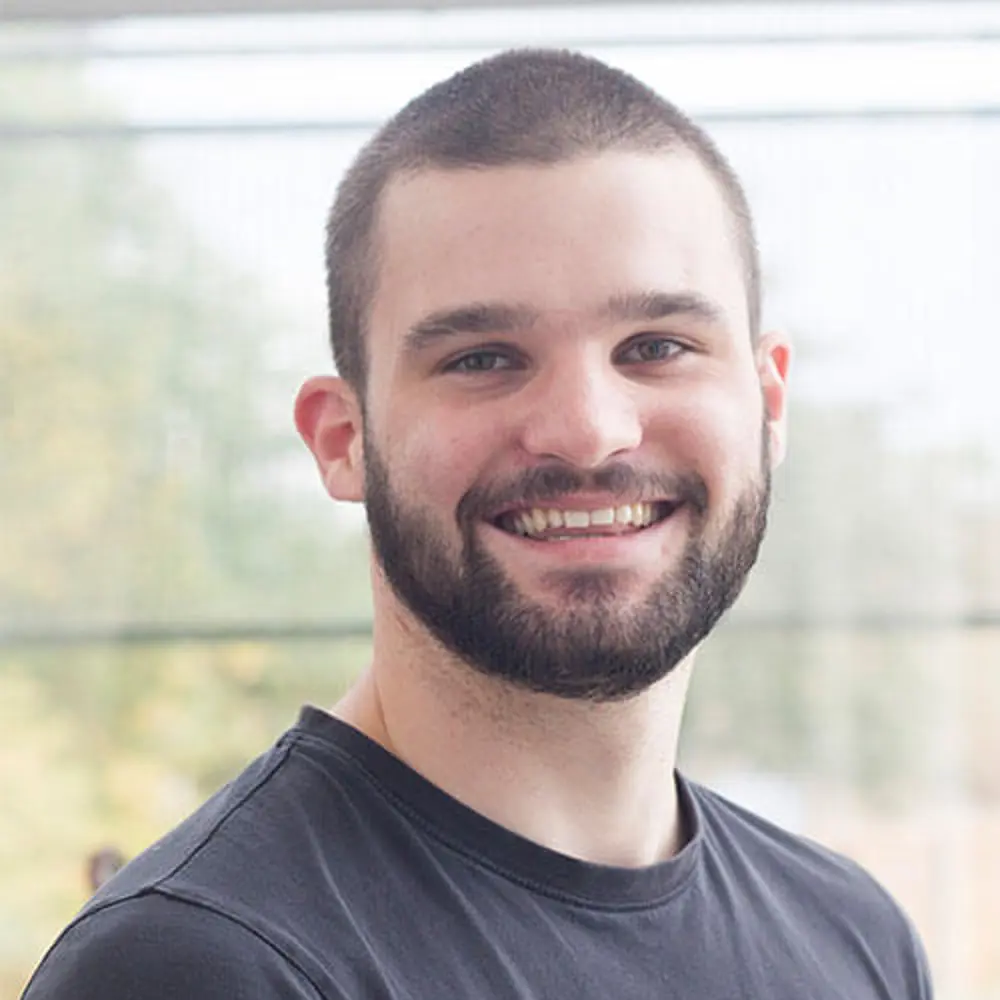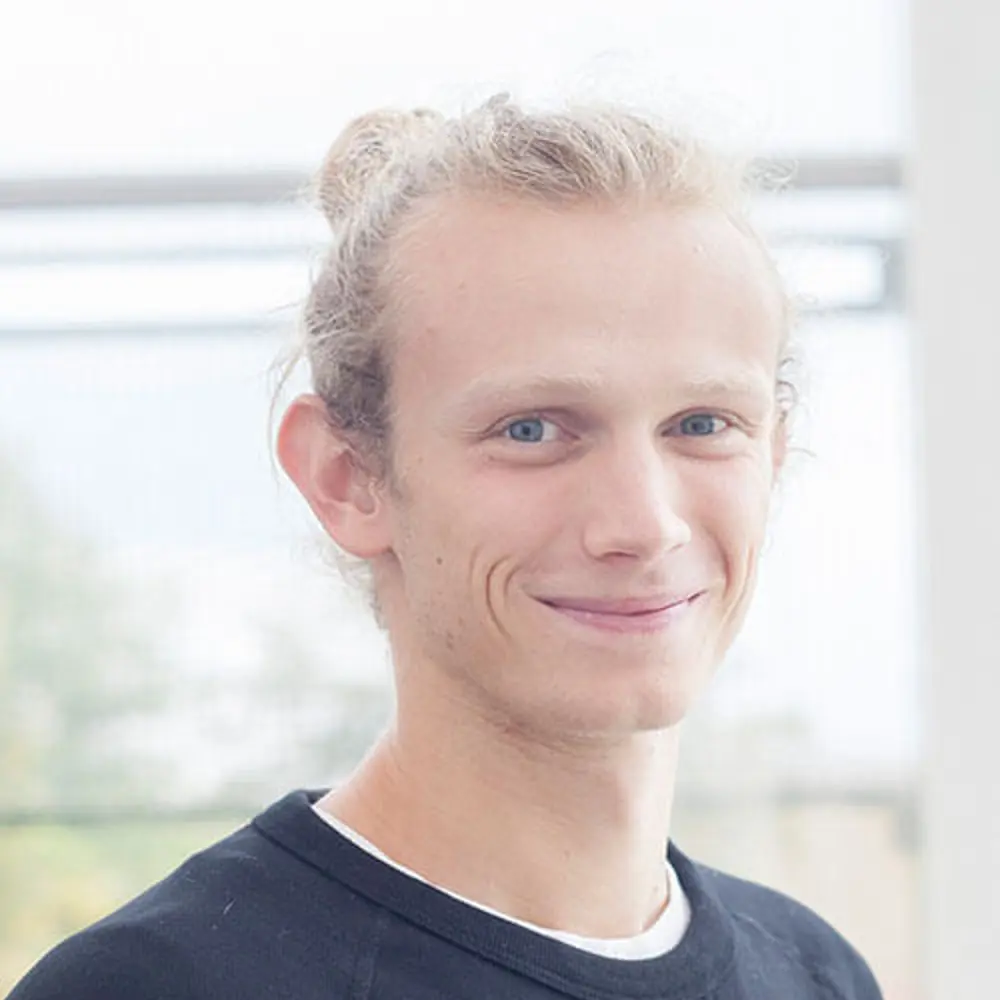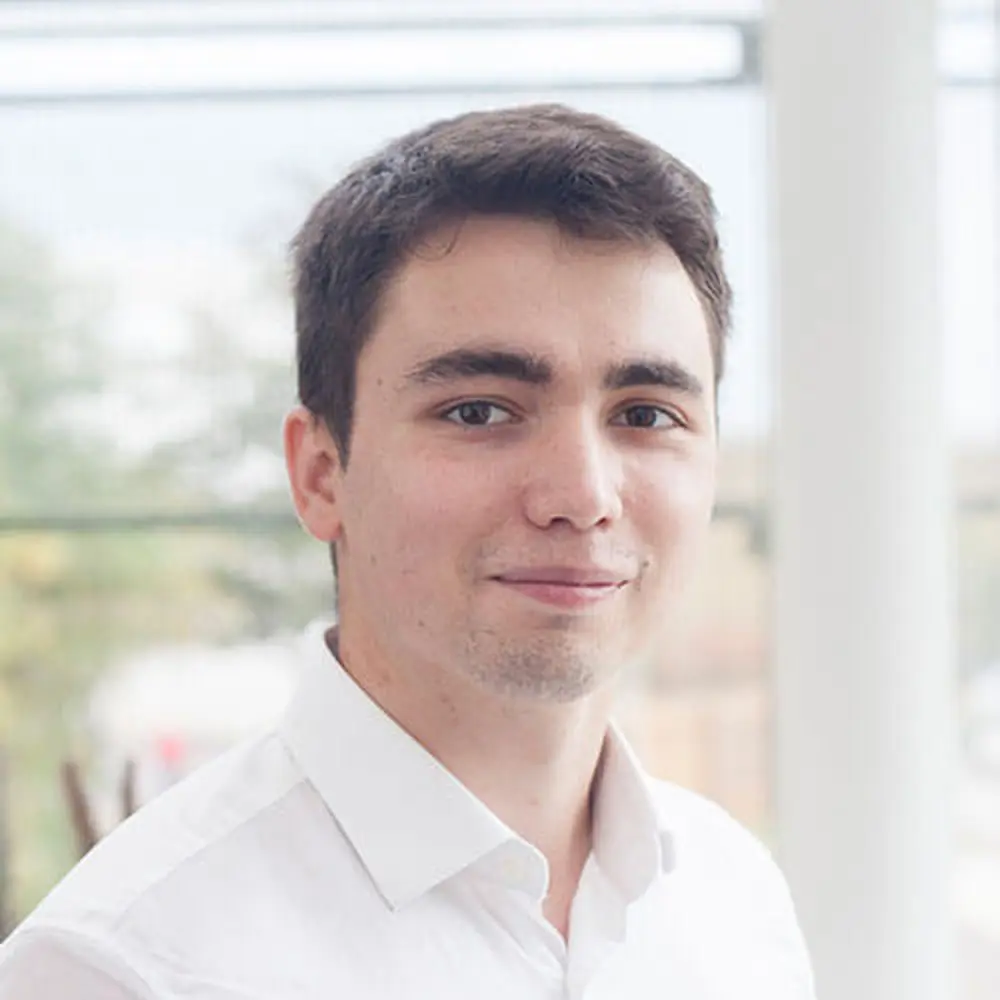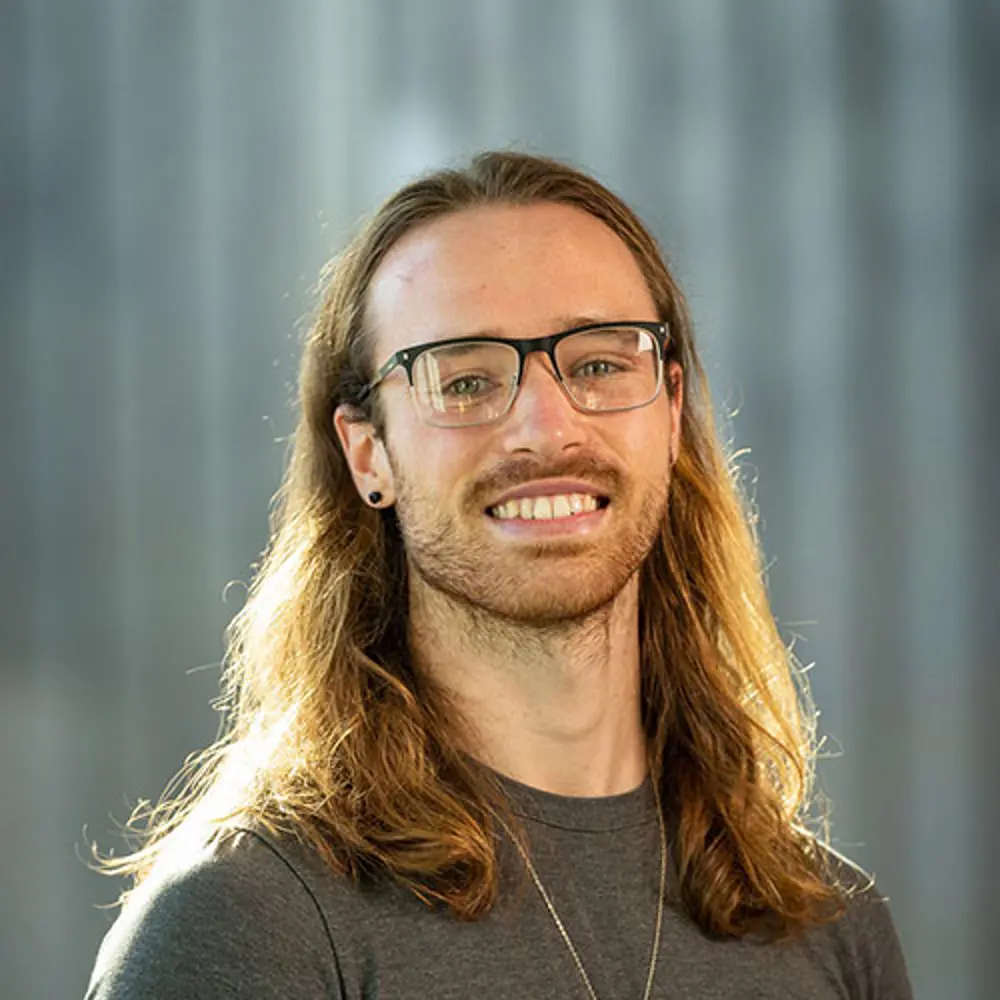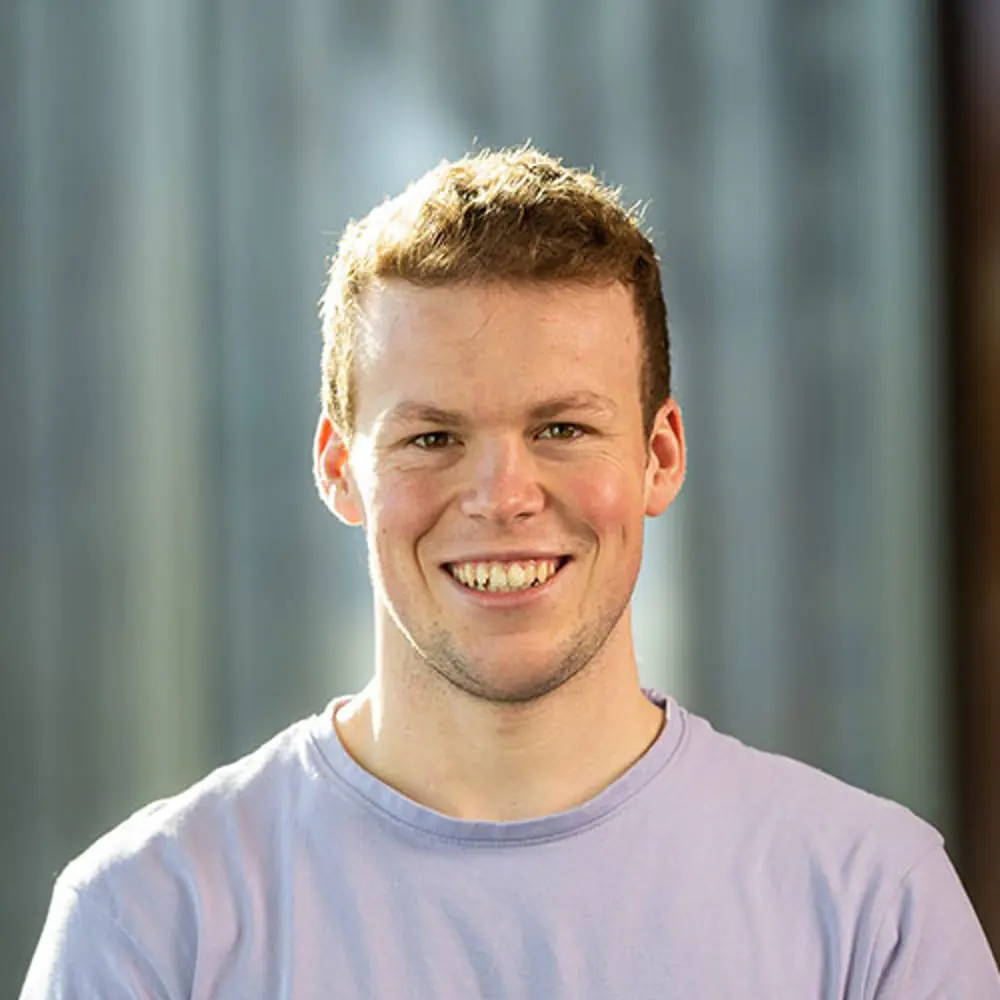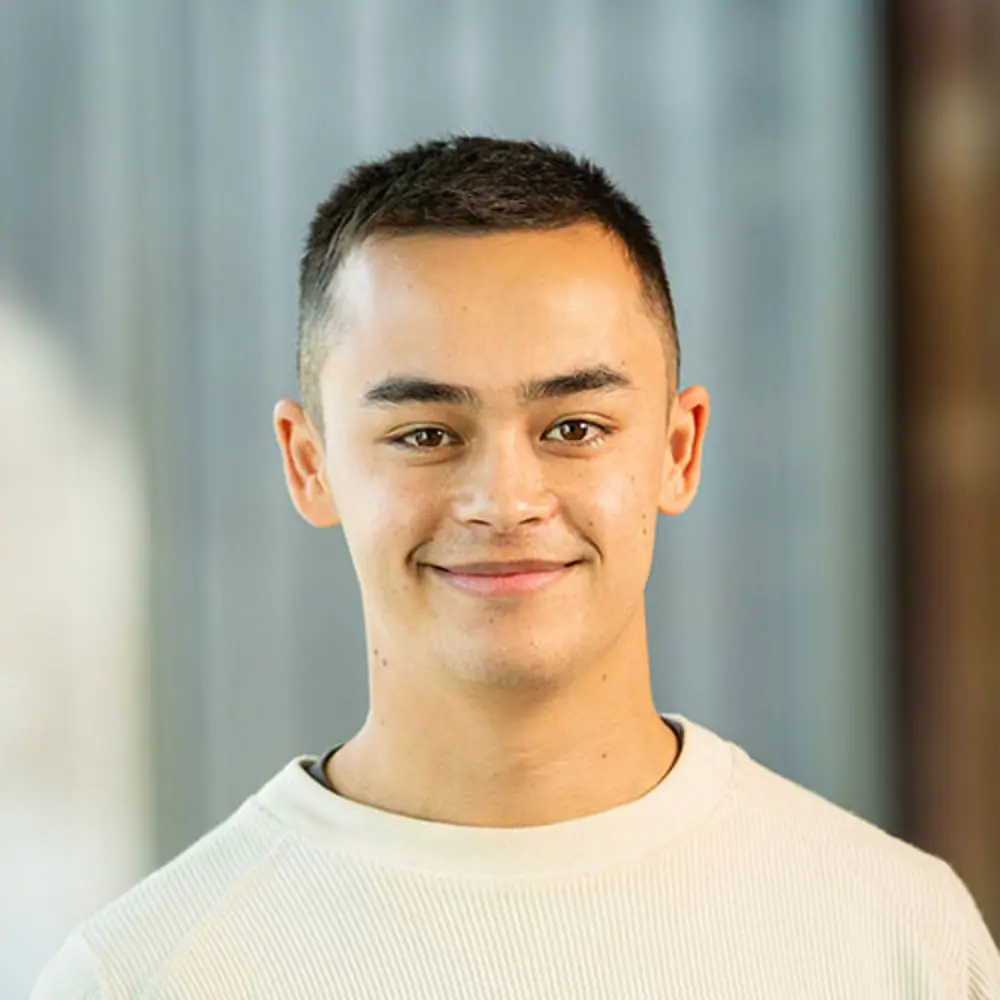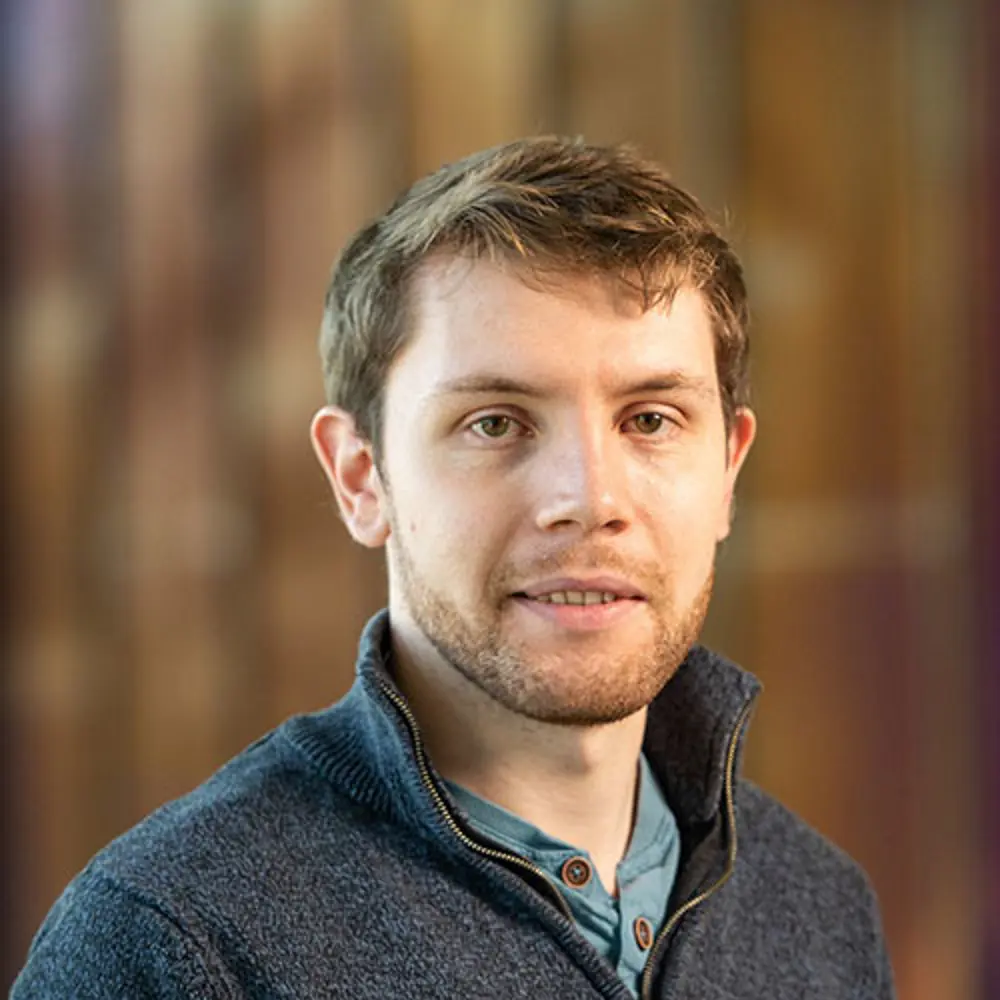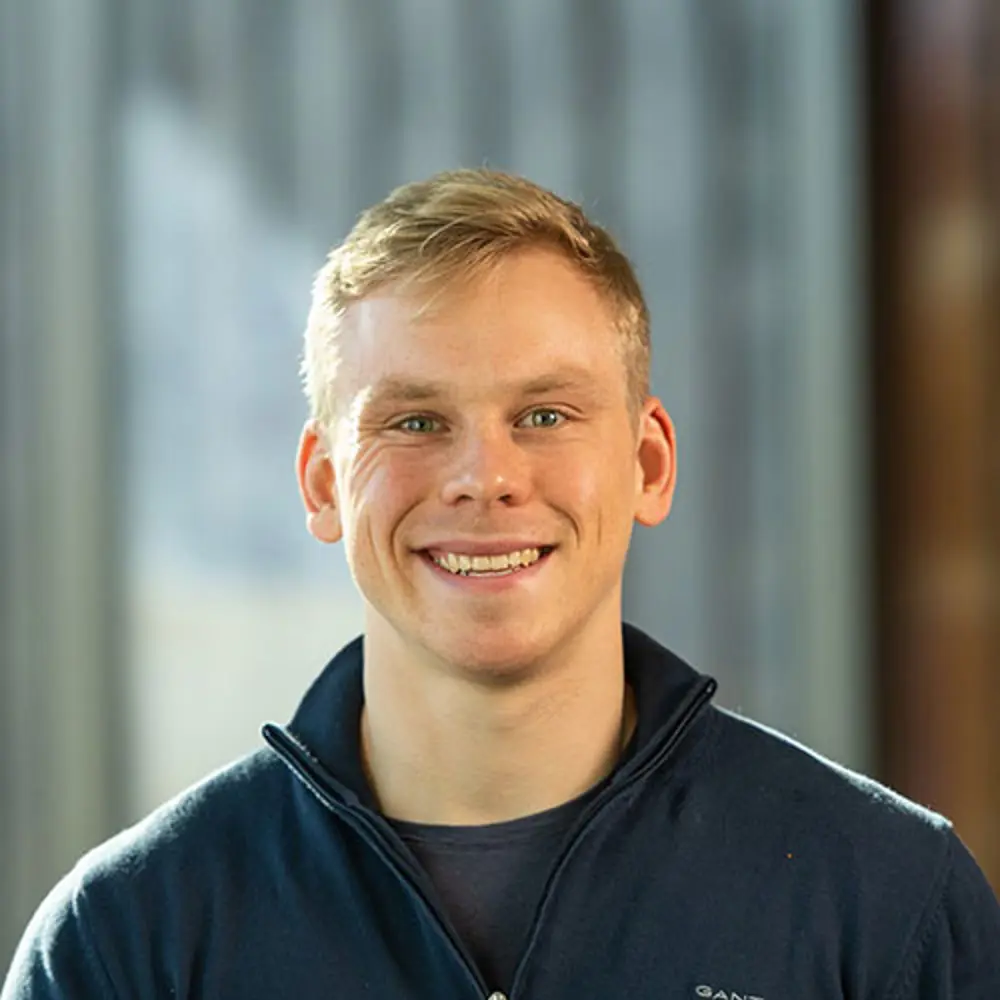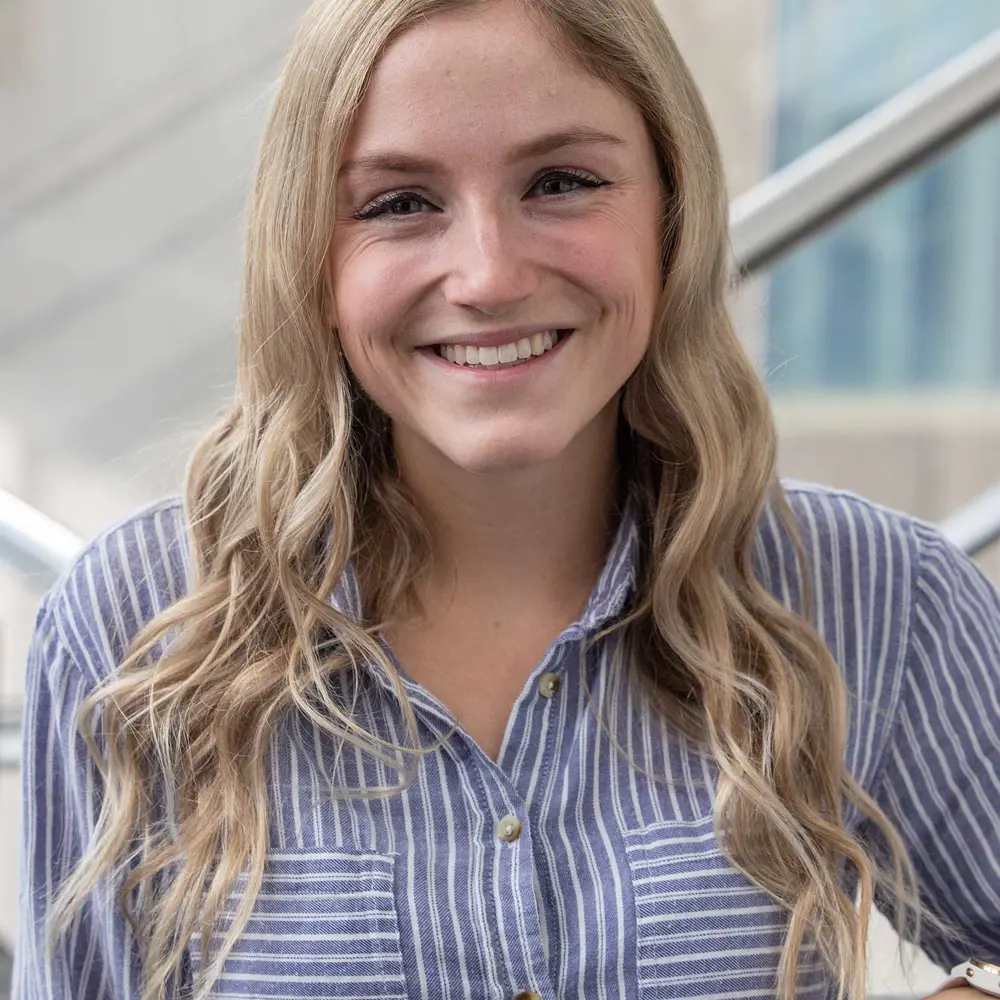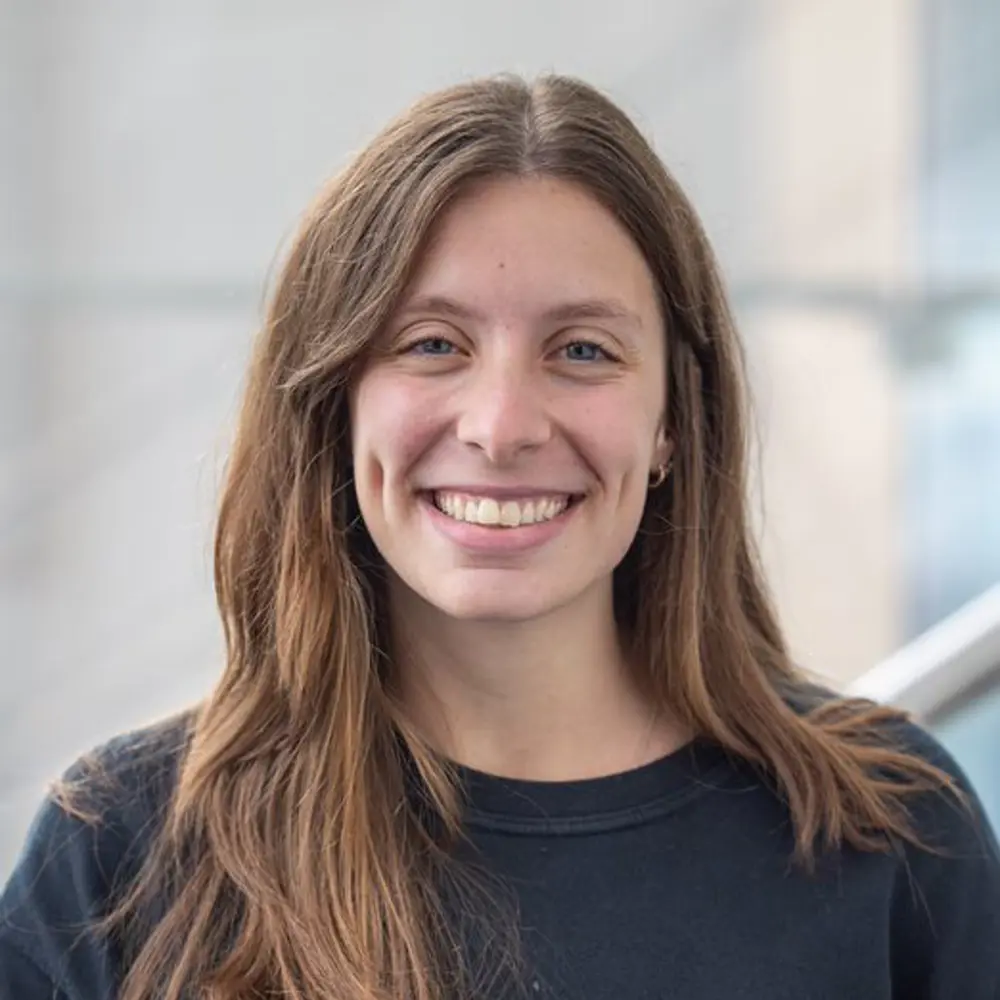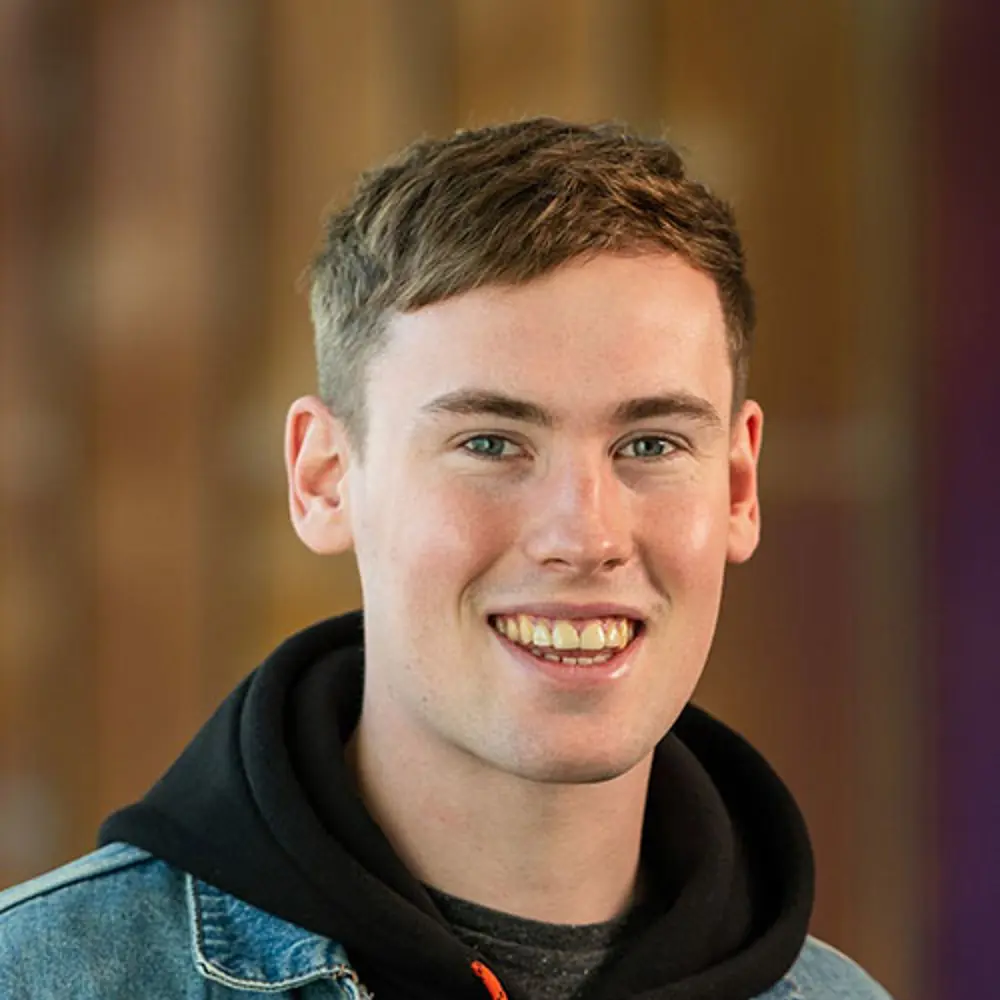Our Community
Our Community
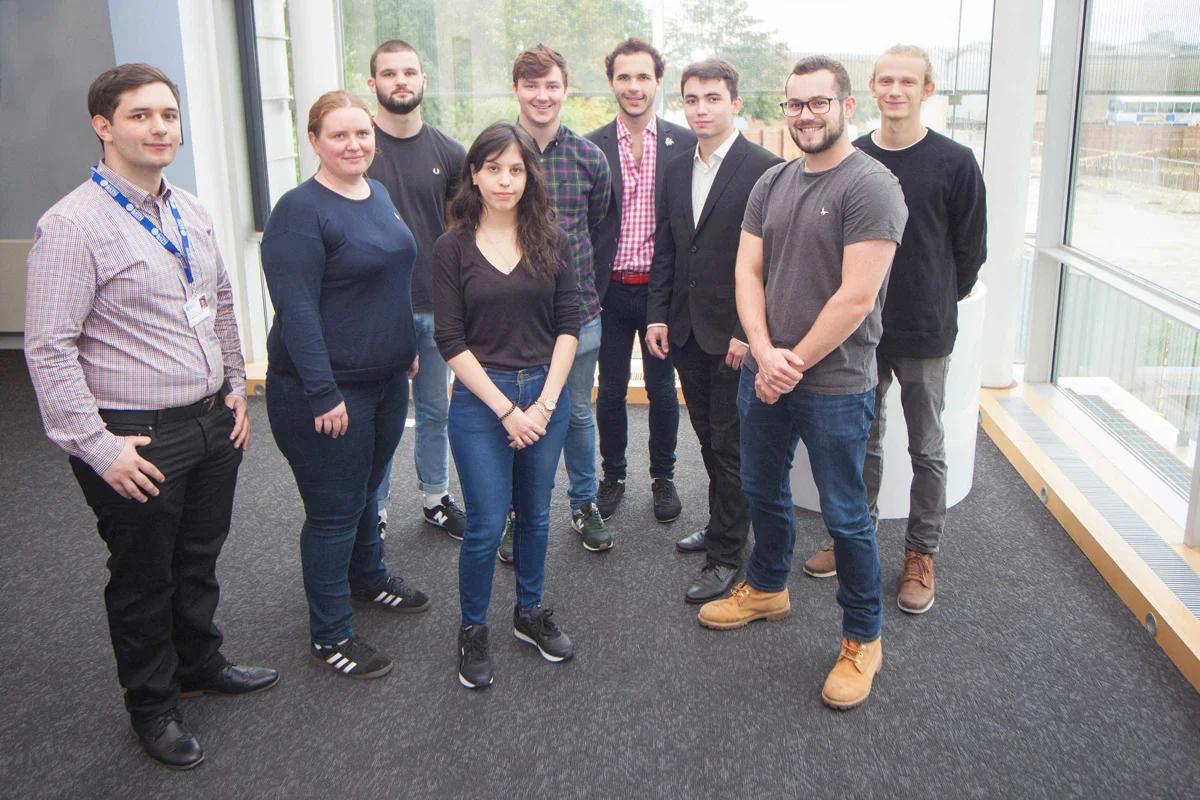
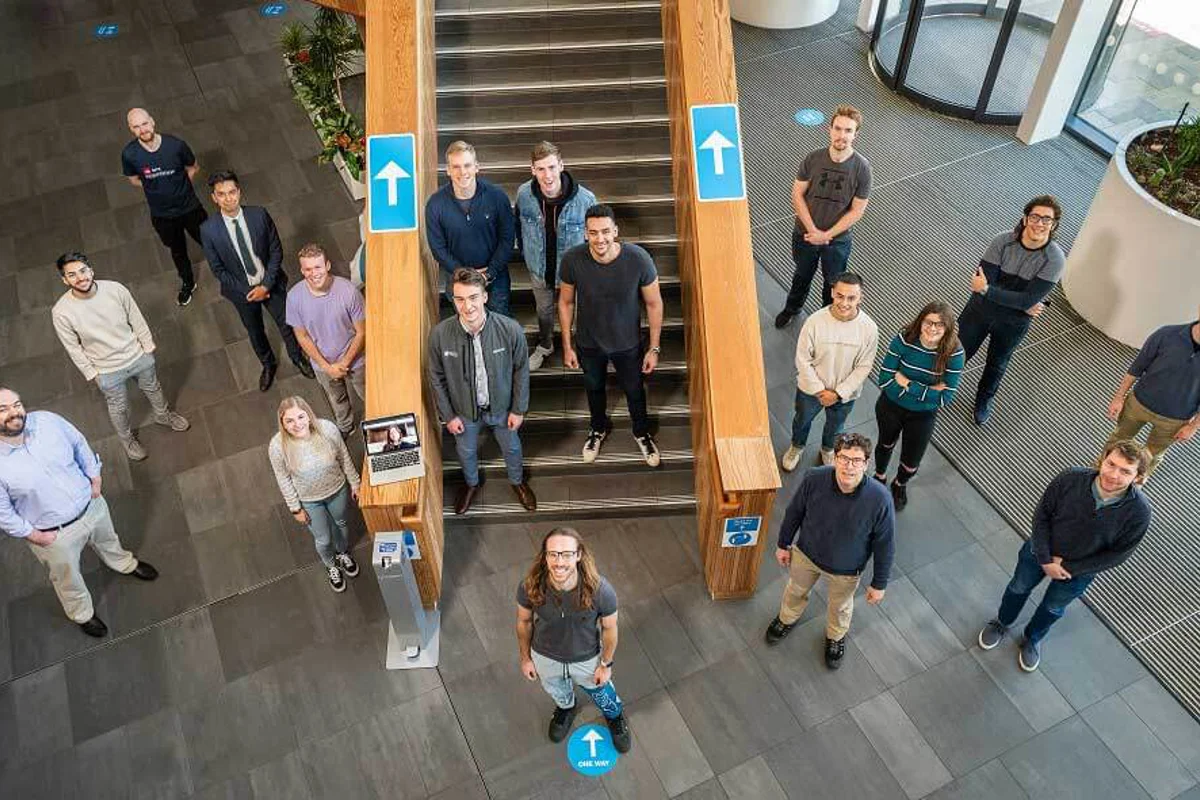
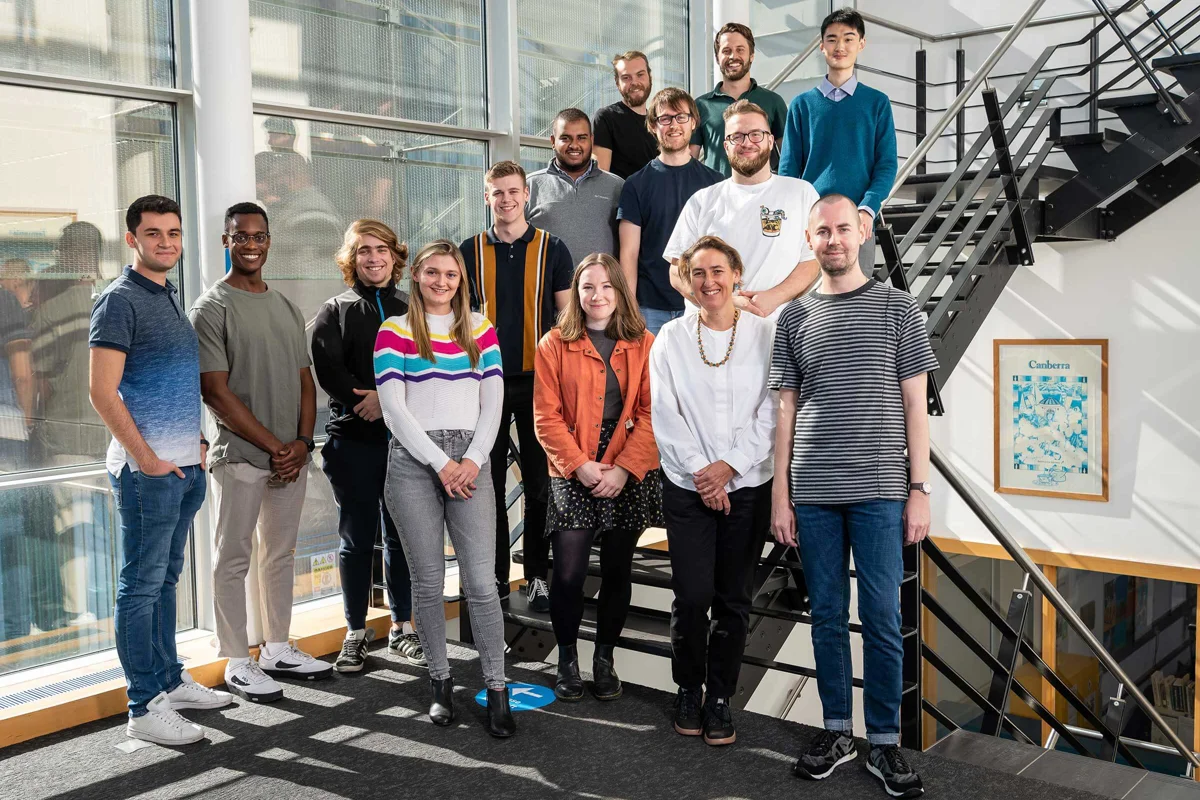
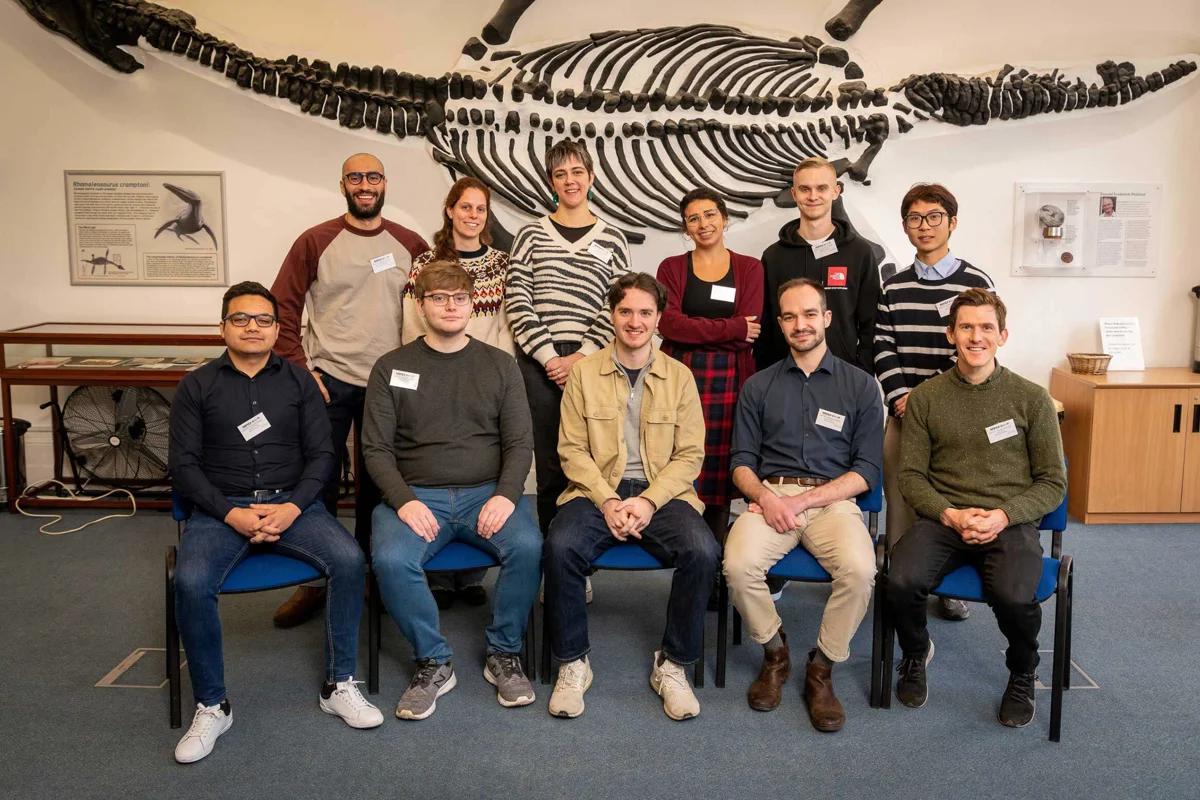
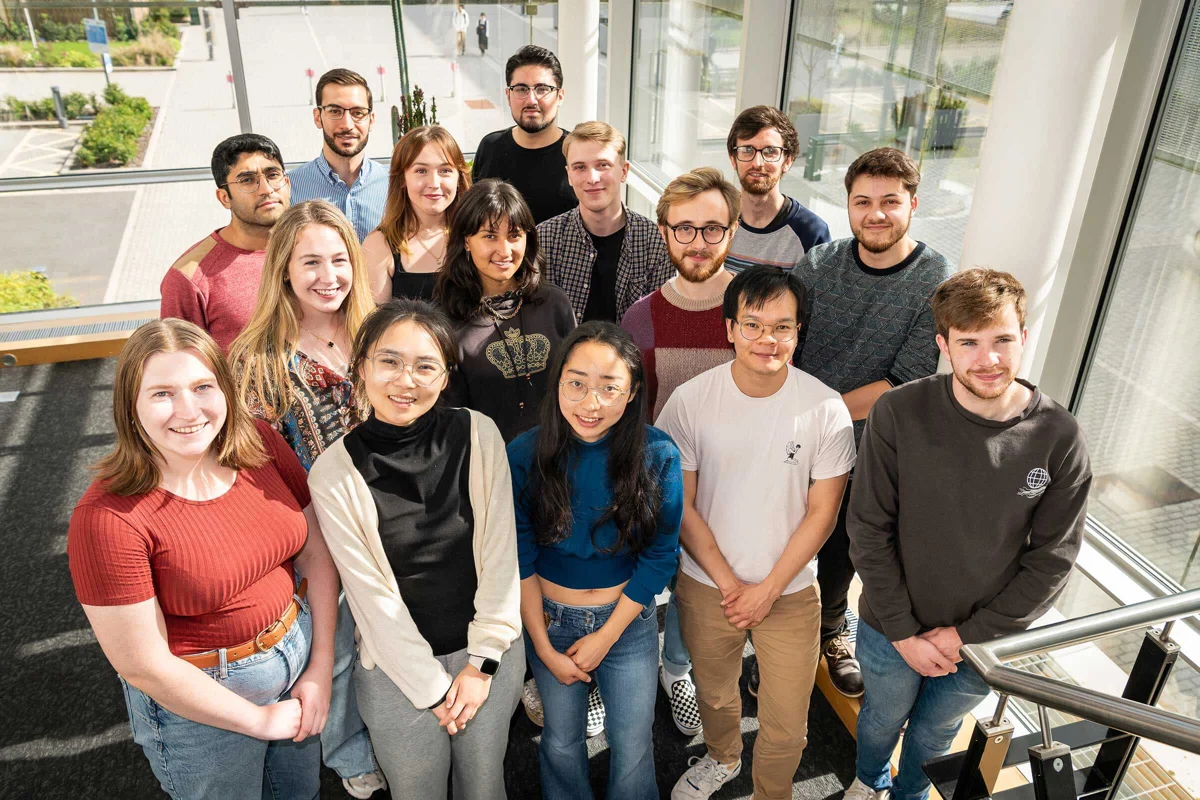
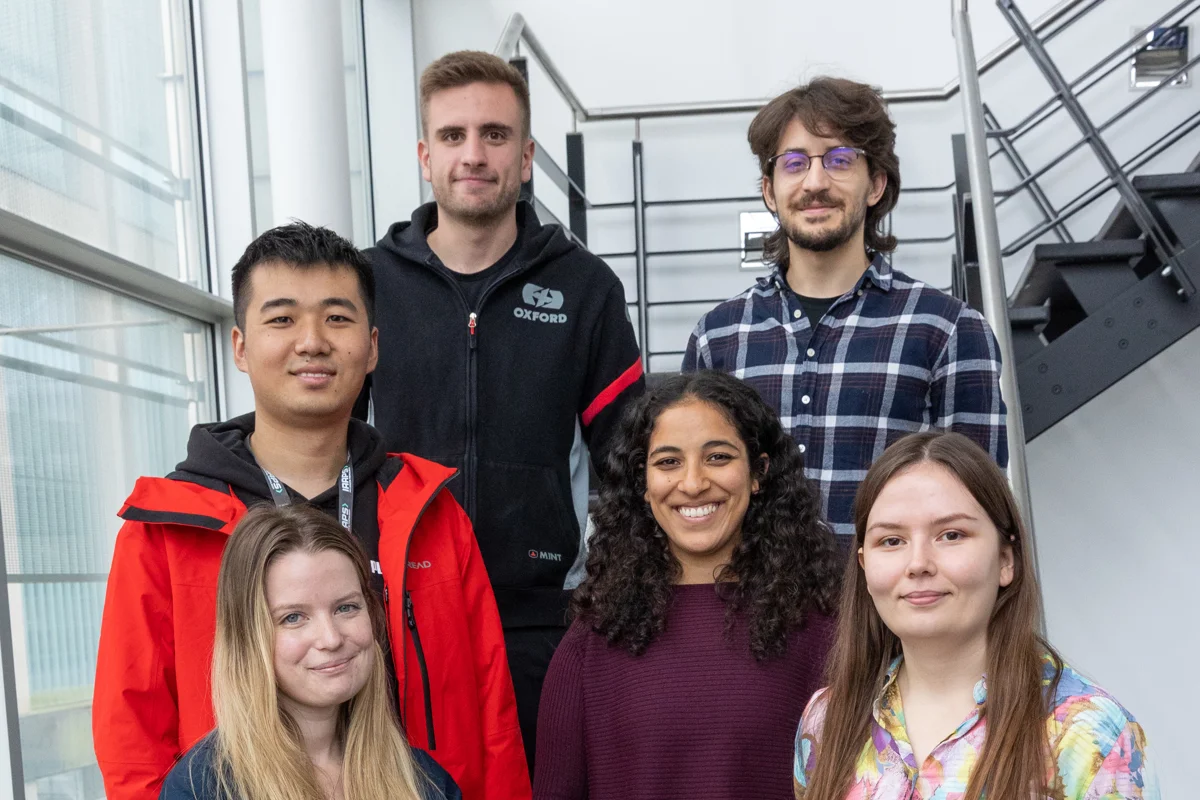
Loading...
Management
We are core staff who manage the Centre on a daily basis.
Our duties include:
- Supervision of postgraduate students
- Working with potential supervisors from across the University
- Building collaborative networks across educational and industrial sectors
- Developing and delivering research expertise across our portfolio
Supervisors
Our CDT draws on a pool of potential PhD supervisors with a range of research expertise across the University. Our academic staff teach, research and supervise PhDs in specialisms across the University's departments. Find out more about the staff who could be available to supervise your PhD project.
Architecture & Civil Engineering
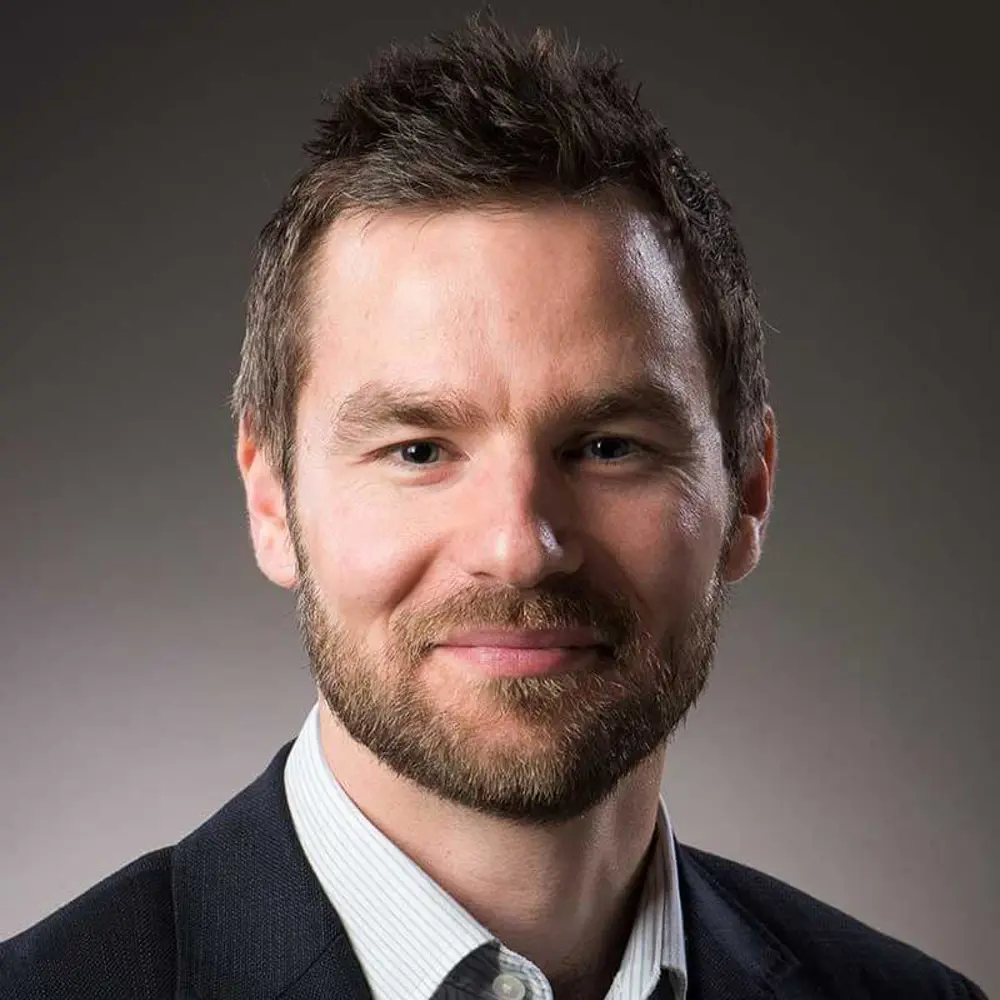
Dr Stephen Allen
- Gas Purification
- Low Carbon Fuels
- Sustainability and Low Carbon Transition
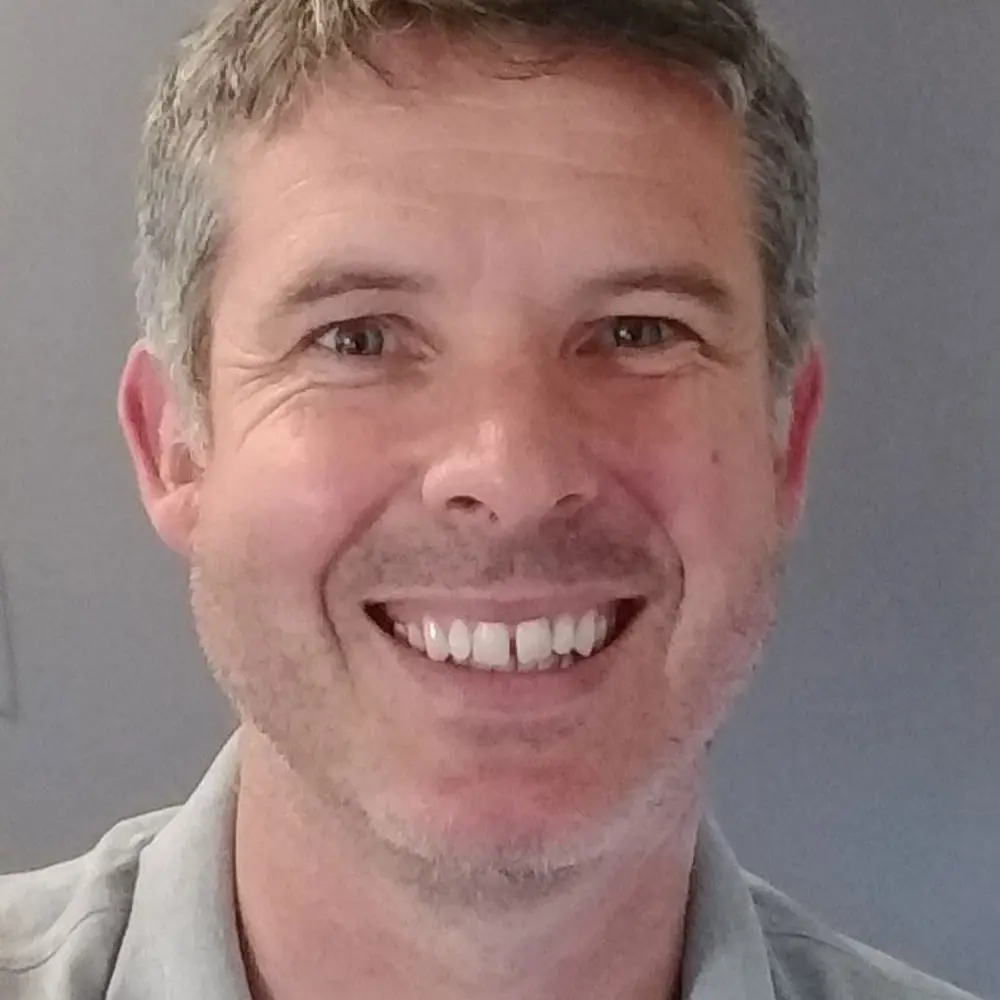
Prof Andrew Heath
- Design, construction and maintenance of transport infrastructure
- Sustainable transport planning and zero carbon transition
- Materials for sustainable transport infrastructure
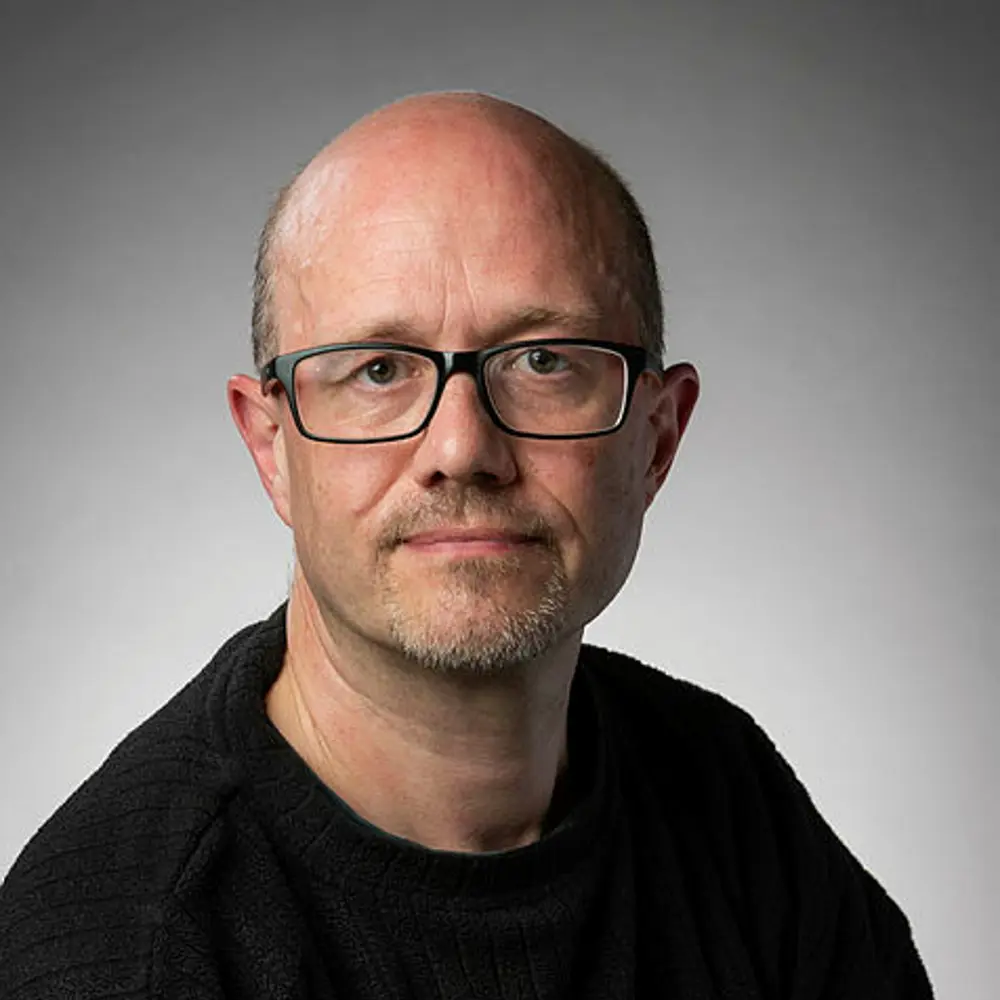
Dr Nick McCullen
- Urban design and infrastructure
- Transport networks and mode choice
- Traffic and pollution
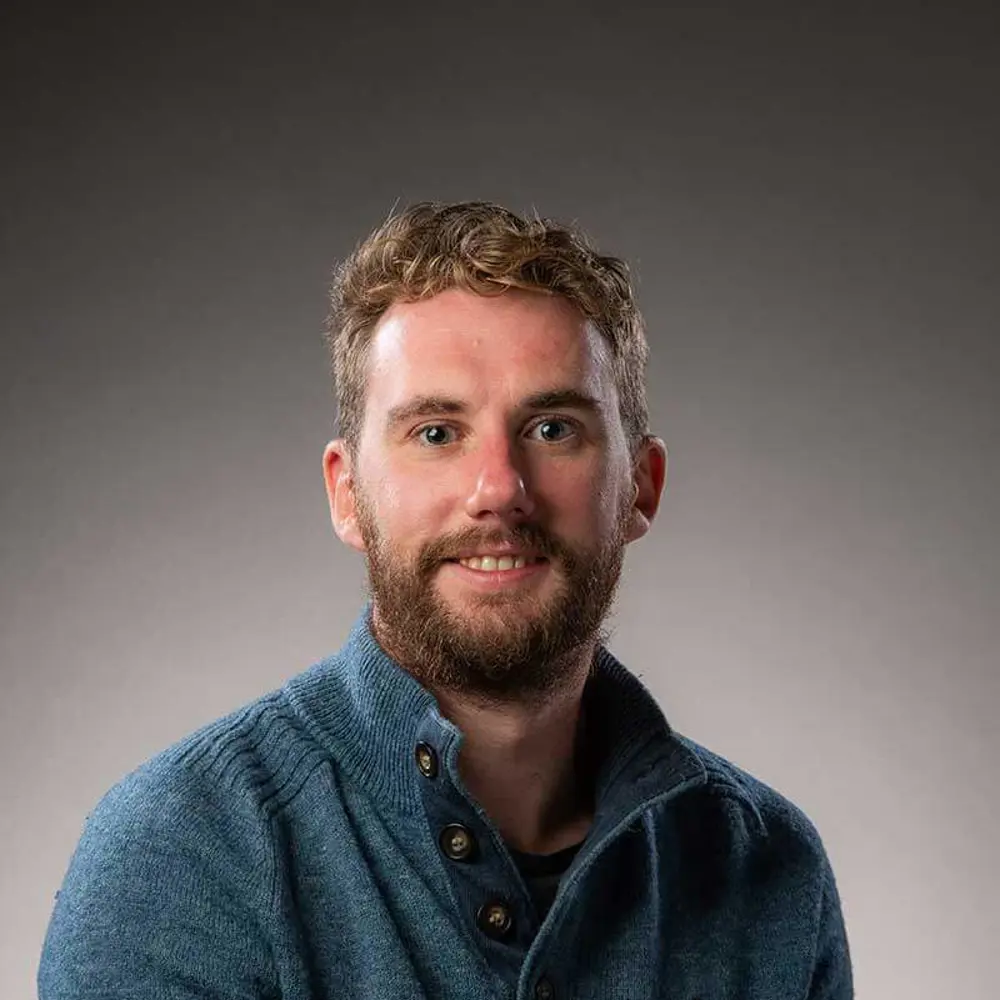
Dr Cormac Reale
- Transport infrastructure design and optimisation
- Infrastructure asset management and maintenance
- Geotechnical risk and uncertainty
Chemistry
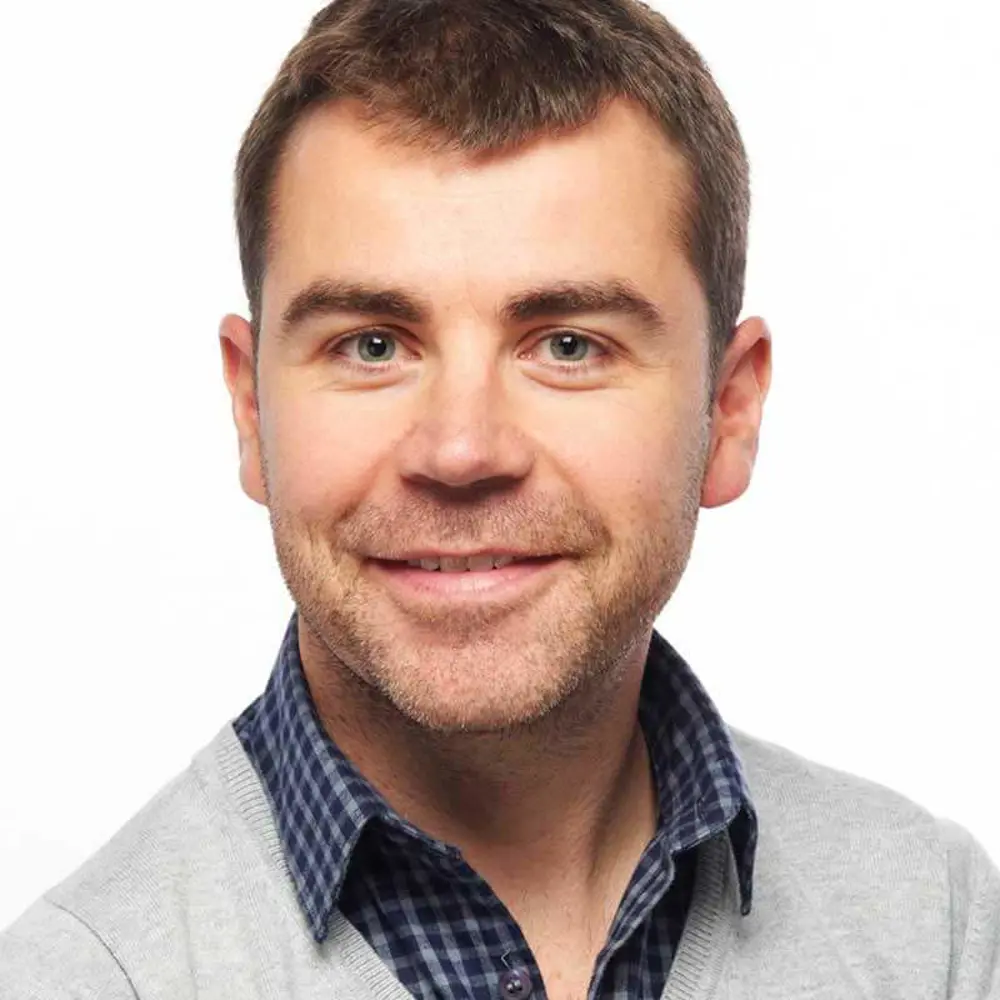
Dr Antoine Buchard
- Sustainable polymers and plastics
- Sustainable resins and composite materials
- Sustainable polymer electrolytes for next-generation batteries
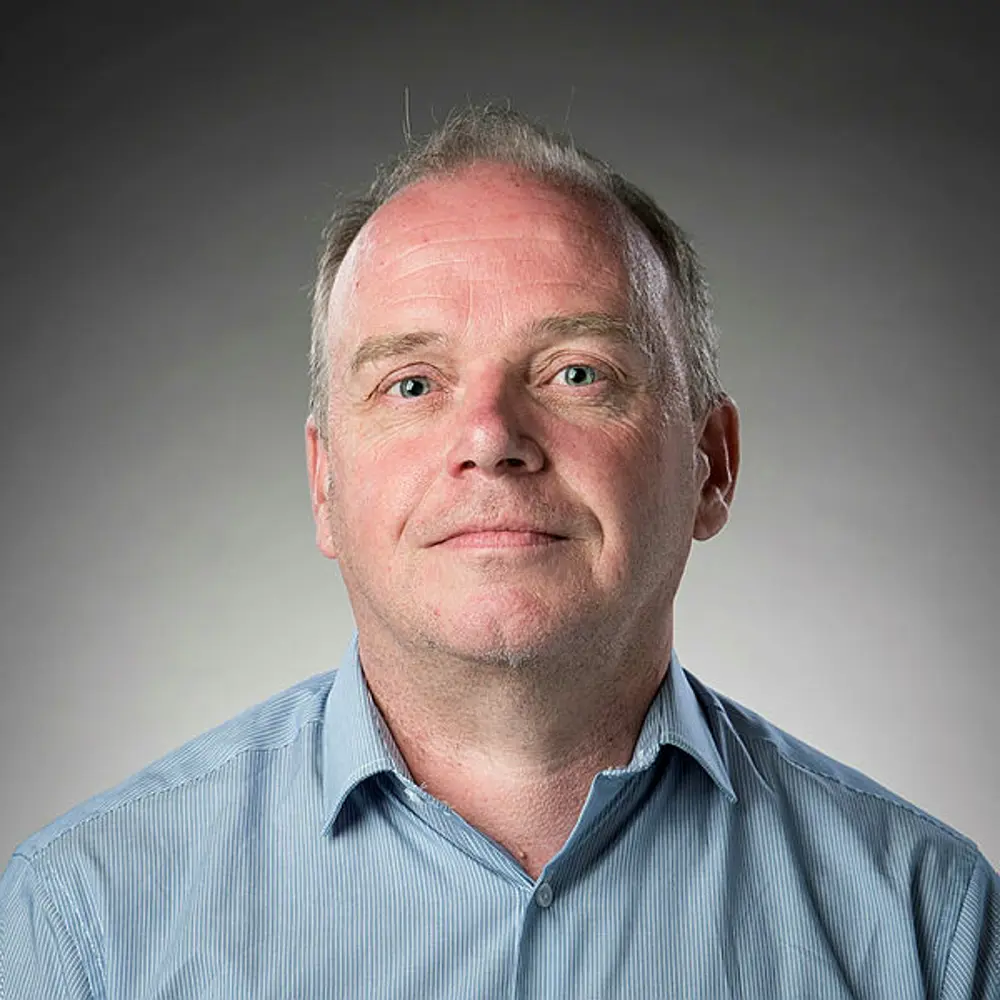
Prof Steve Bull
- Biorenewable fuels and products for the automobile industry
- Catalytic upgrading of biorenewable products
- Sustainable Chemical Supply Chains
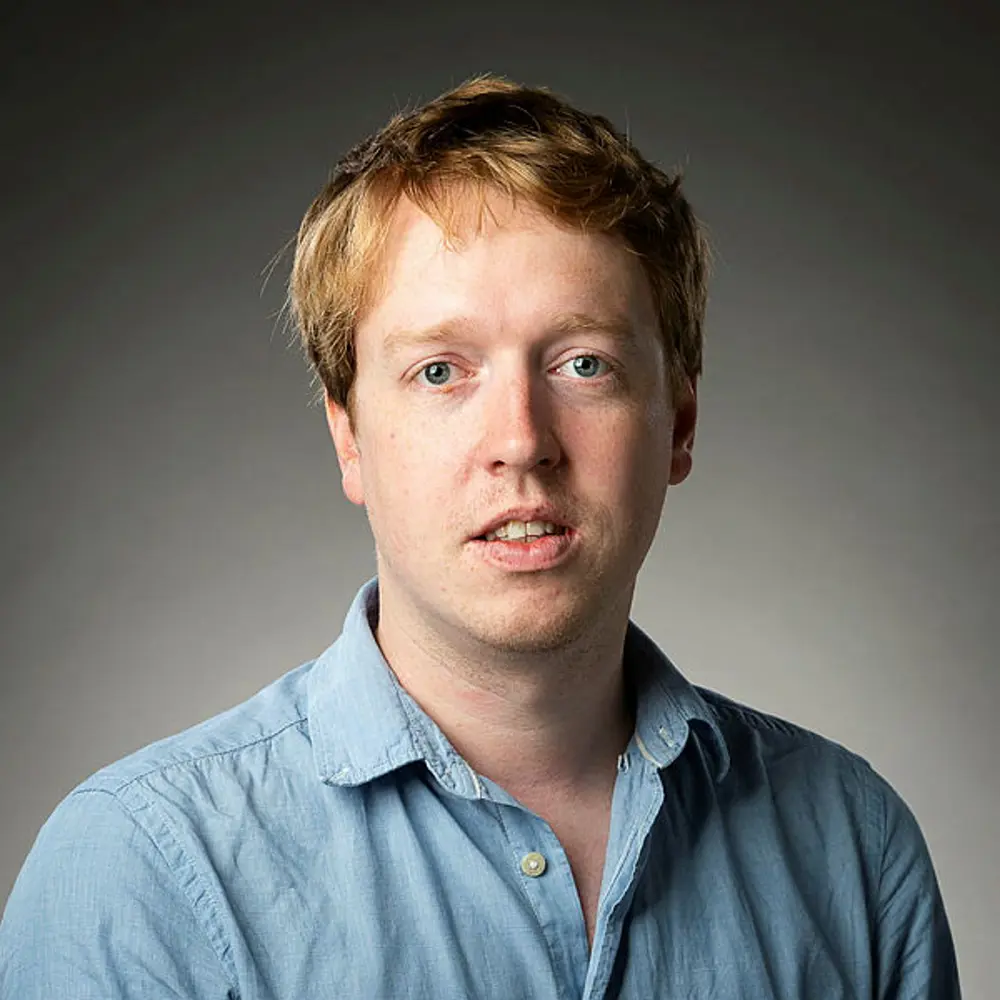
Dr Simon Freakley
- Catalytic Materials for Energy and Chemical Conversions
- Nanomaterials for Hydrogen Production and Storage
- Selective Upgrading of Biomass towards Fuels
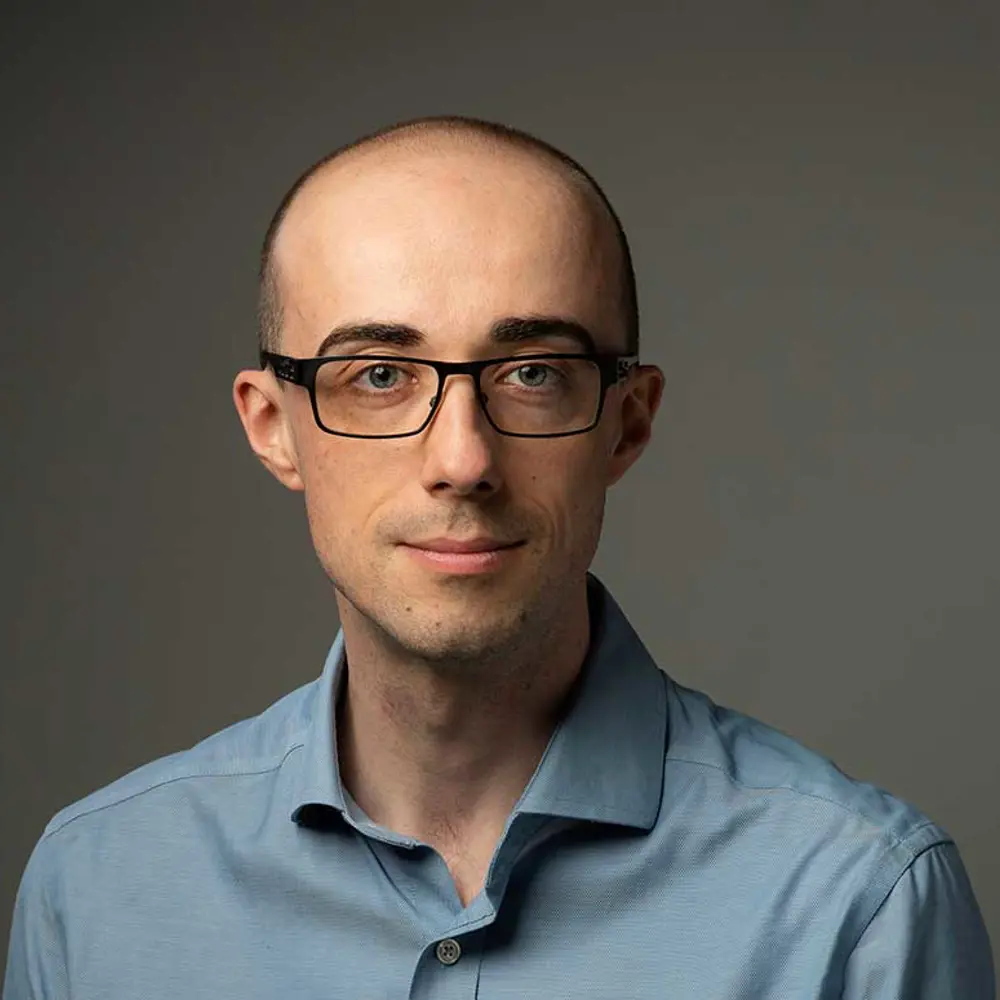
Dr Matthew Grayson
- Machine learning
- Fuel property prediction
- Chemical reaction modelling
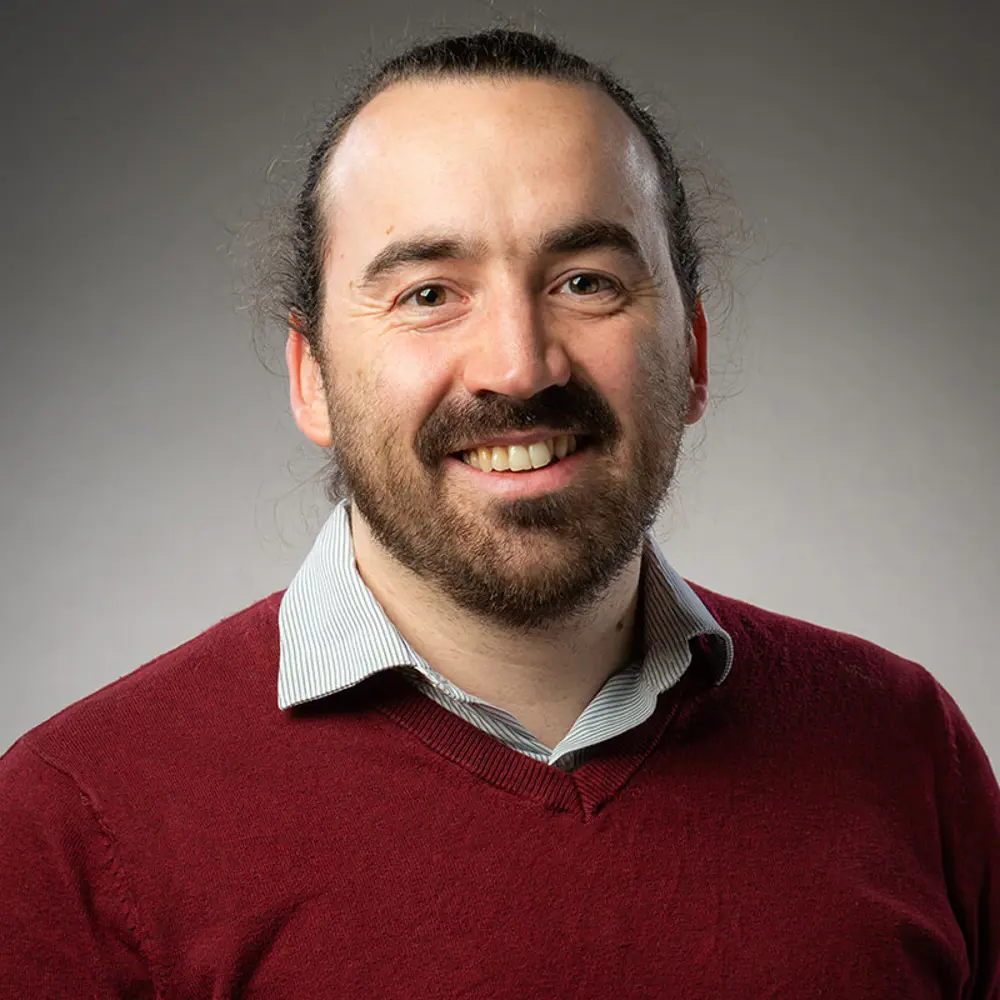
Dr George Harrington
- Materials for energy conversion devices
- Solid oxide fuel/electrolyser cells
- Critical raw materials in energy devices
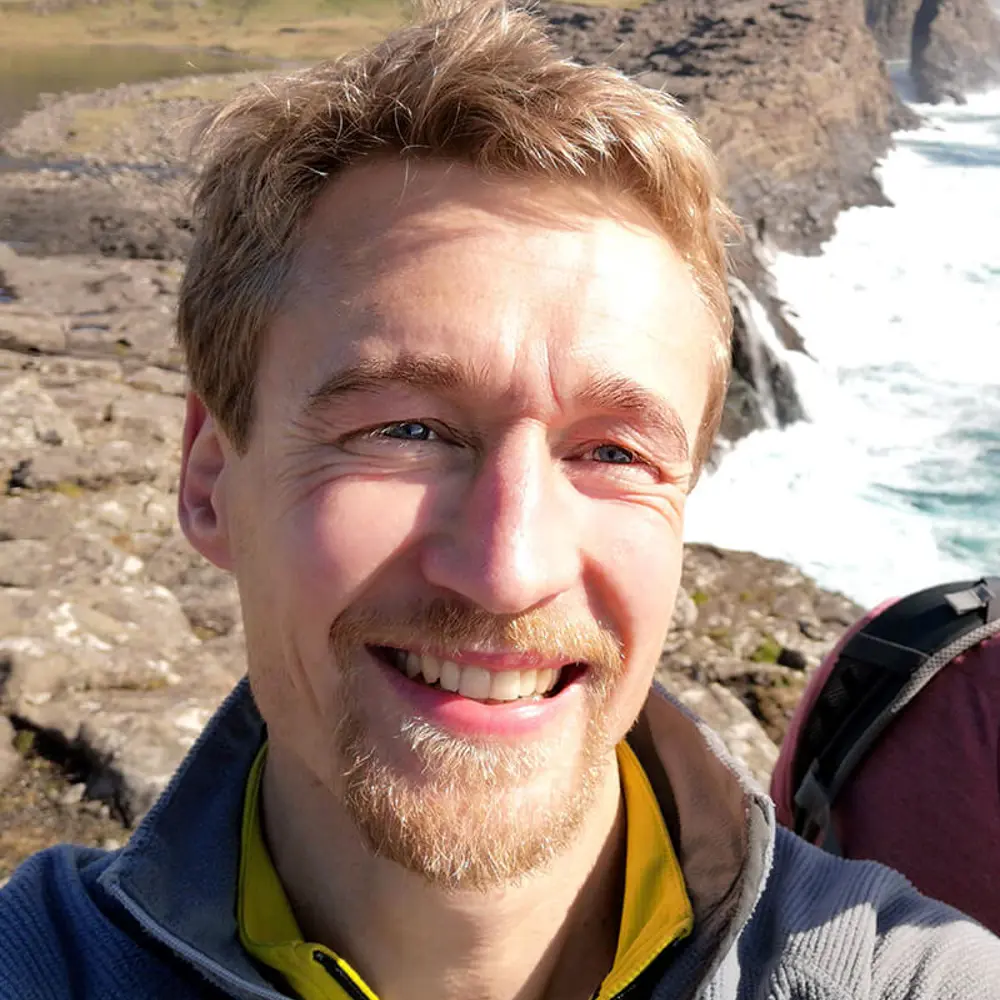
Dr Ulrich Hintermair
- Clean & Sustainable Combustion Fuels
- Catalytic Chemical Energy Conversion
- Biomass & CO2 Utilisation
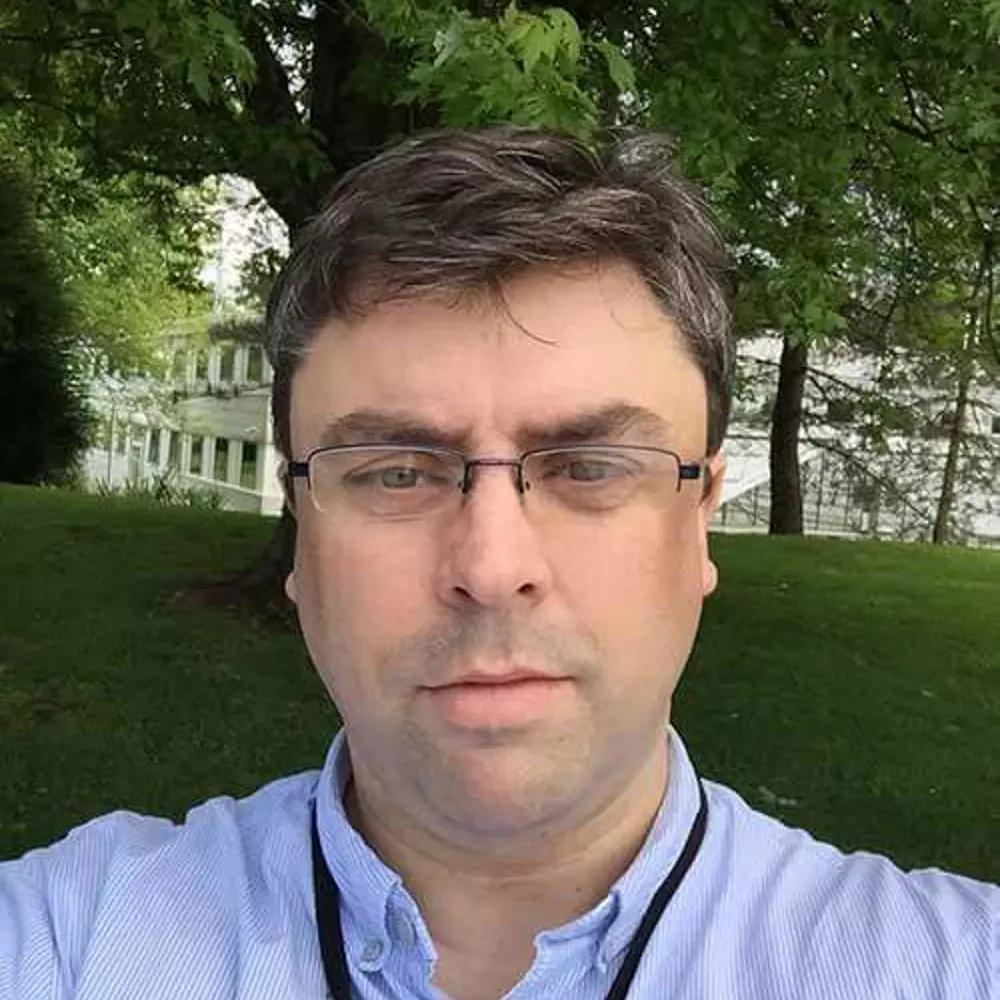
Dr Andrew Johnson
- Tribology and Tribochemistry (lubrication additives and anti-wear additives)
- Energy Storage Materials: Atomic Layer and Chemical Vapour Deposition of materials for energy storage and coversion
- Micro- and nano-structured thin film materials
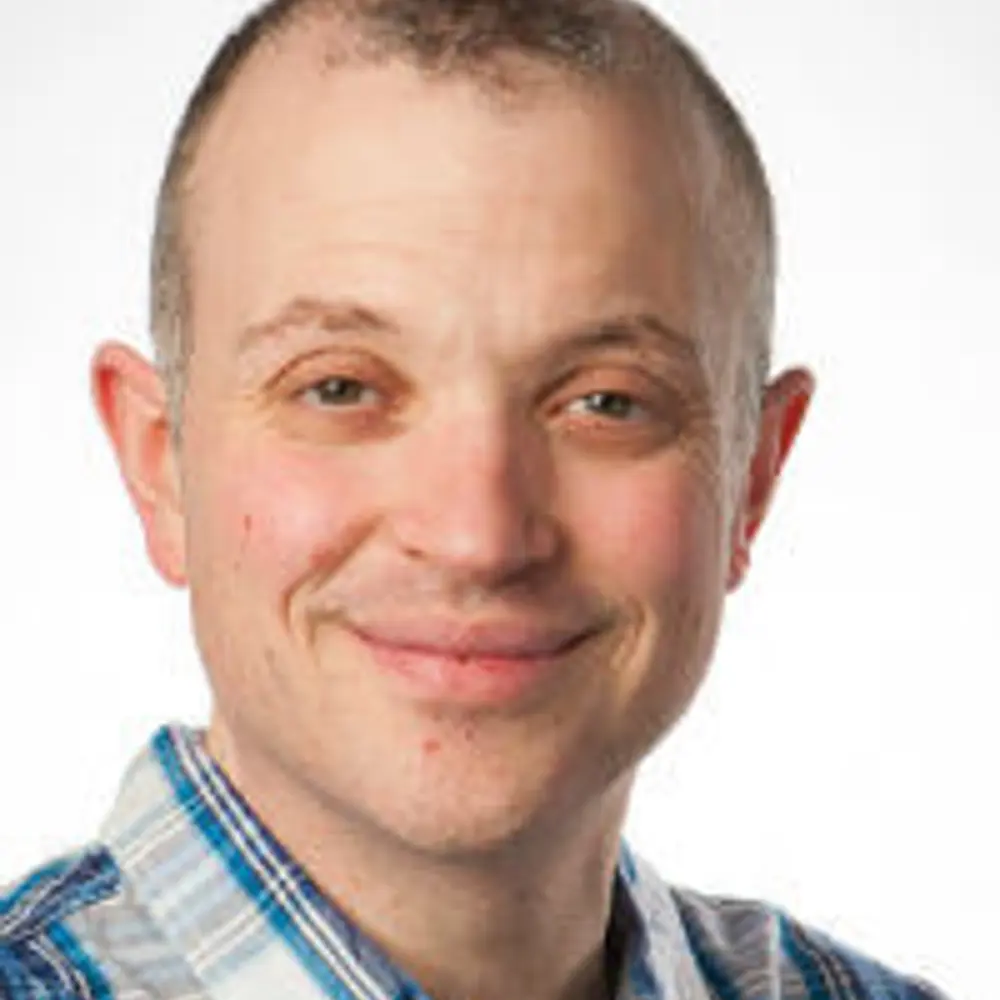
Prof Matthew Jones
- Recycling of plastics used in the automotive industry
- Catalysts for fuel production
- Production of plastics for the automotive industry
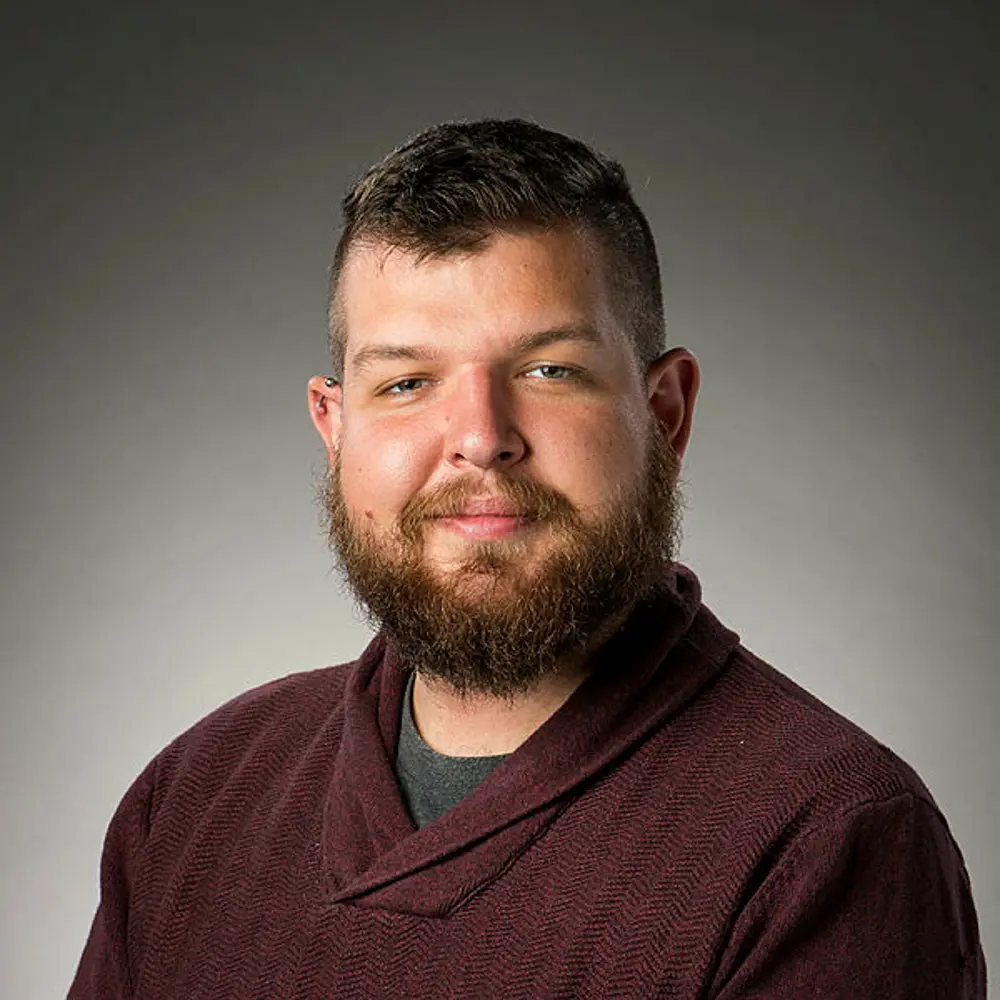
Dr David Liptrot
- Reactive main group systems
- Copper catalysis
- Mechanistic analysis of catalytic reactions
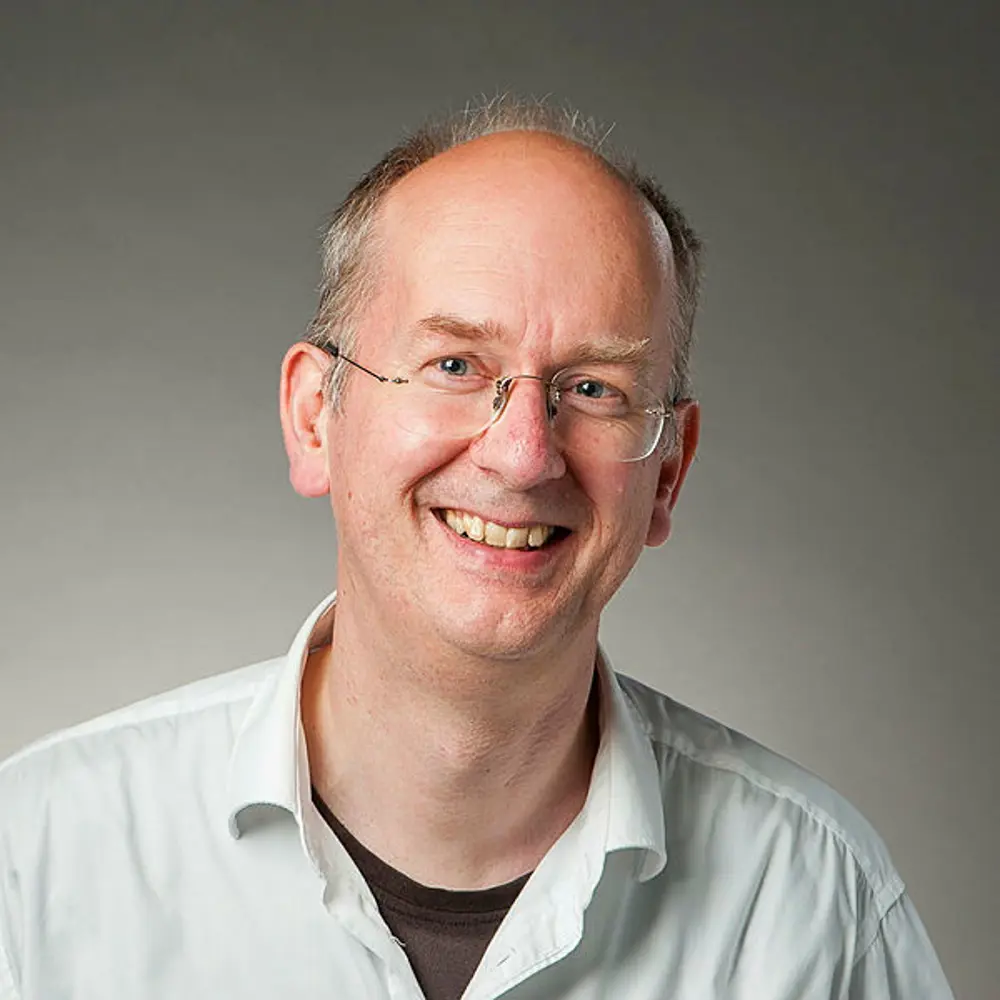
Prof Frank Marken
- Electrochemical processes and electroanalysis
- Energy conversion including photoelectrochemistry
- Innovative fuels and chemically stored energy
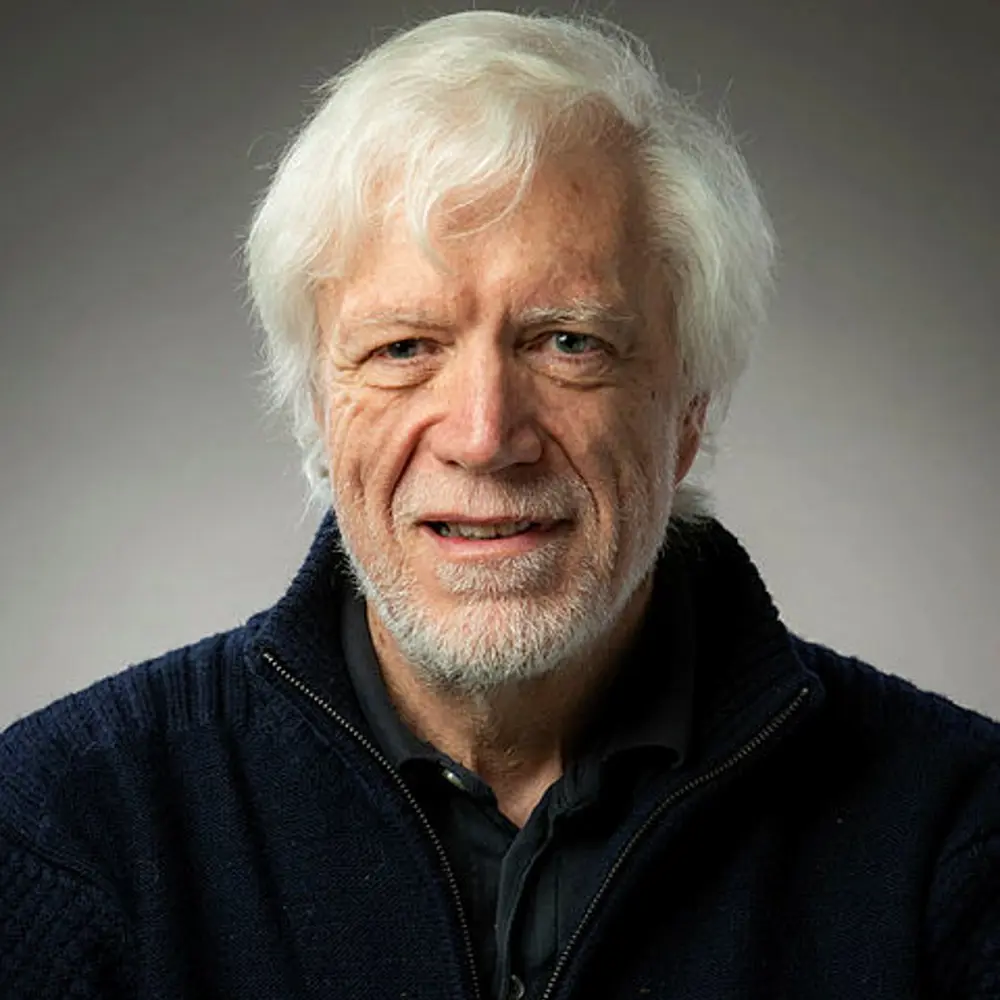
Prof Steve Parker
- Molecular simulation of materials structure, stability and transport
- Modelling storage and separation of fuels
- New materials for energy storage and generation
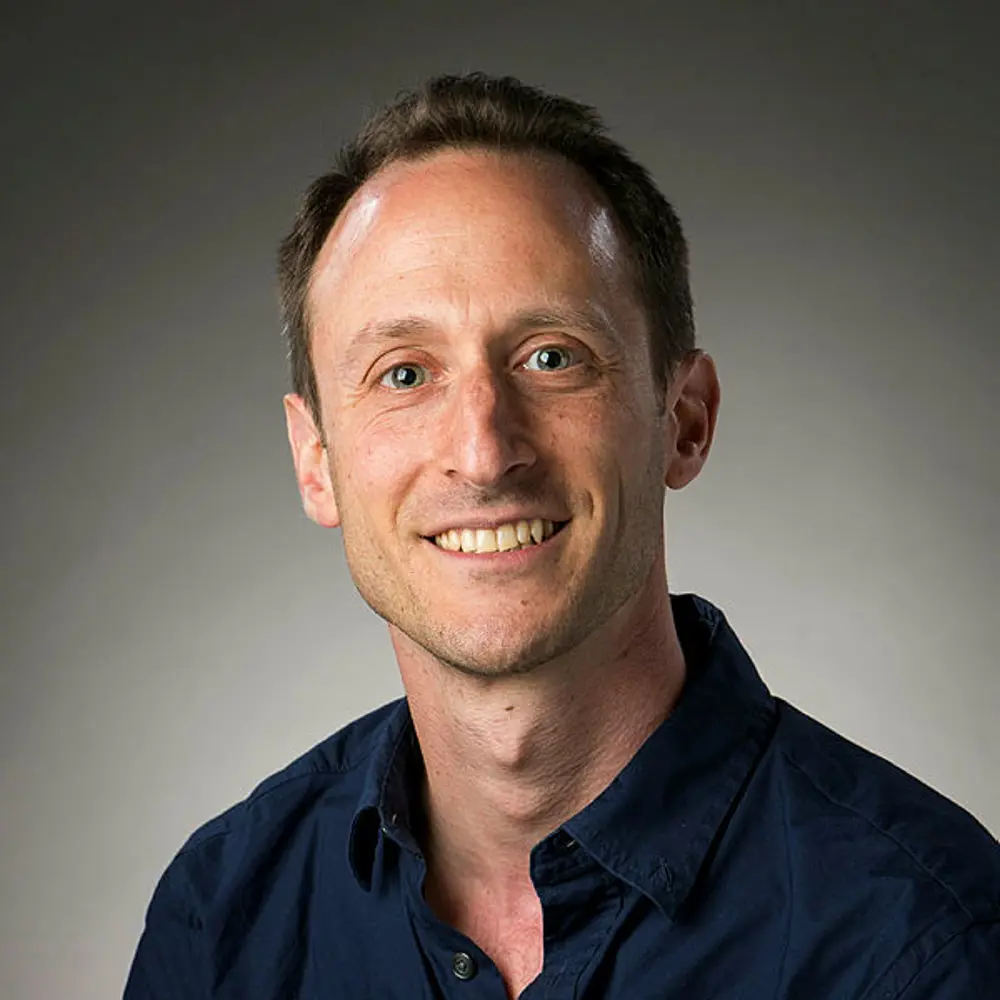
Dr Adam Squires
- Fuel cells: hydrogen, alcohol, and other fuels
- Electrocatalysis: oxygen reduction, water splitting, redox flow
- Mesoporous metals for high performance electrodes
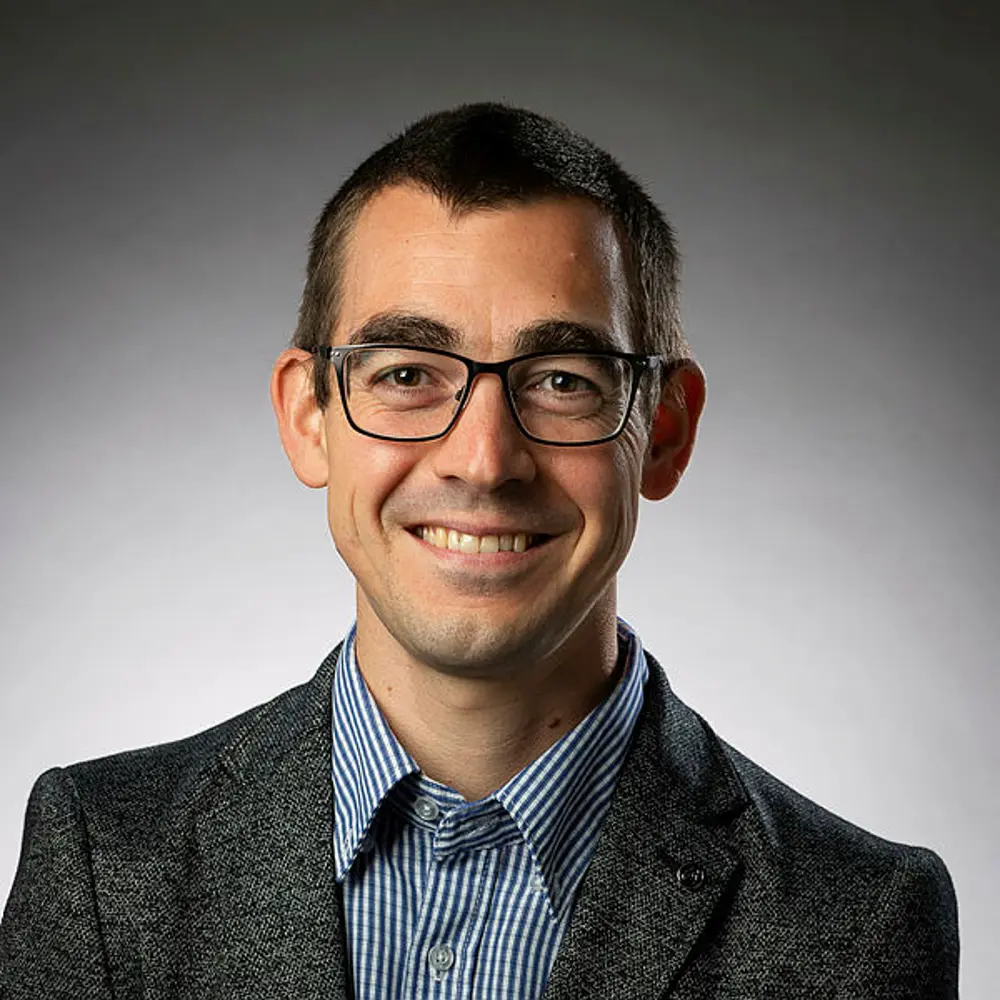
Dr James Taylor
- Sustainable catalysis
- Catalytic upgrading of biorenewable resources
- Synthetic methodology development
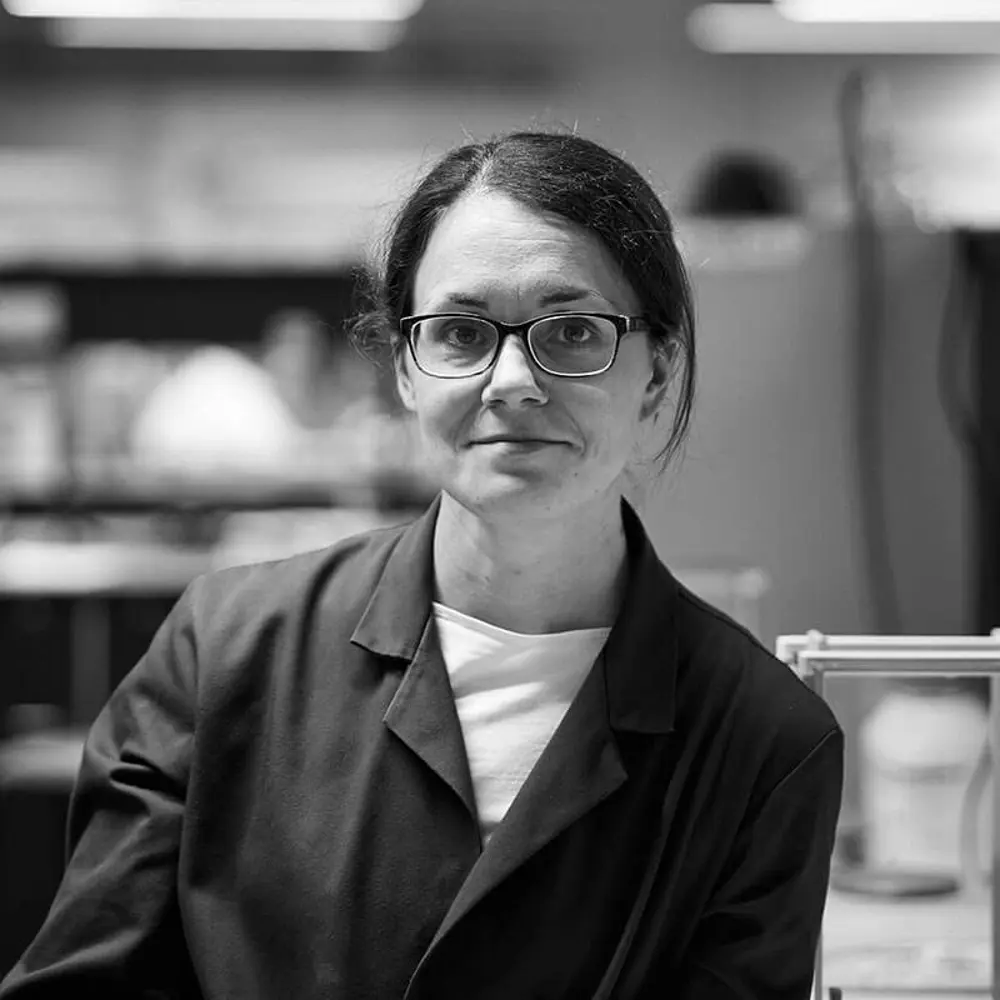
Dr Ruth Webster
- Hydrogen release chemistry
- Iron catalysis
- Catalytic reaction mechanisms
Chemical Engineering
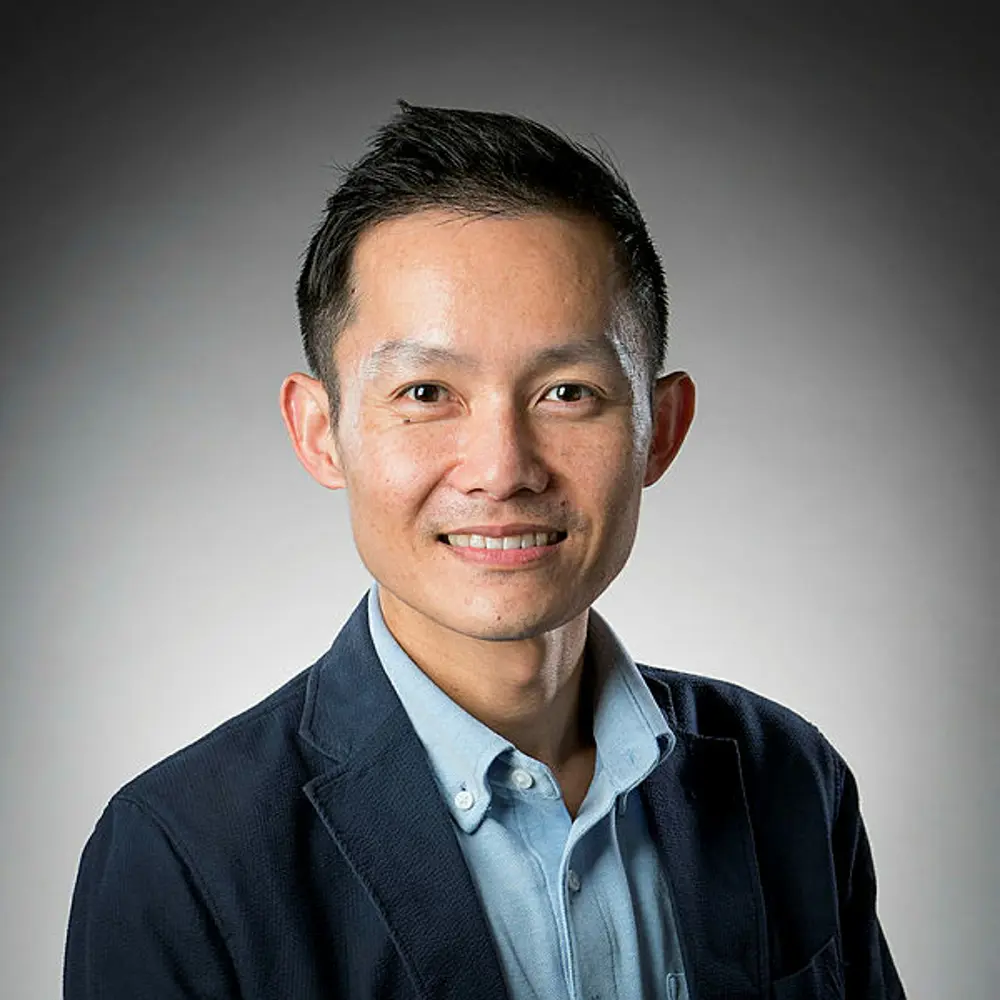
Prof John Chew
- Air purification in transport systems
- Process modelling and optimisation of SCR catalytic converters
- Purification of exhaust gas
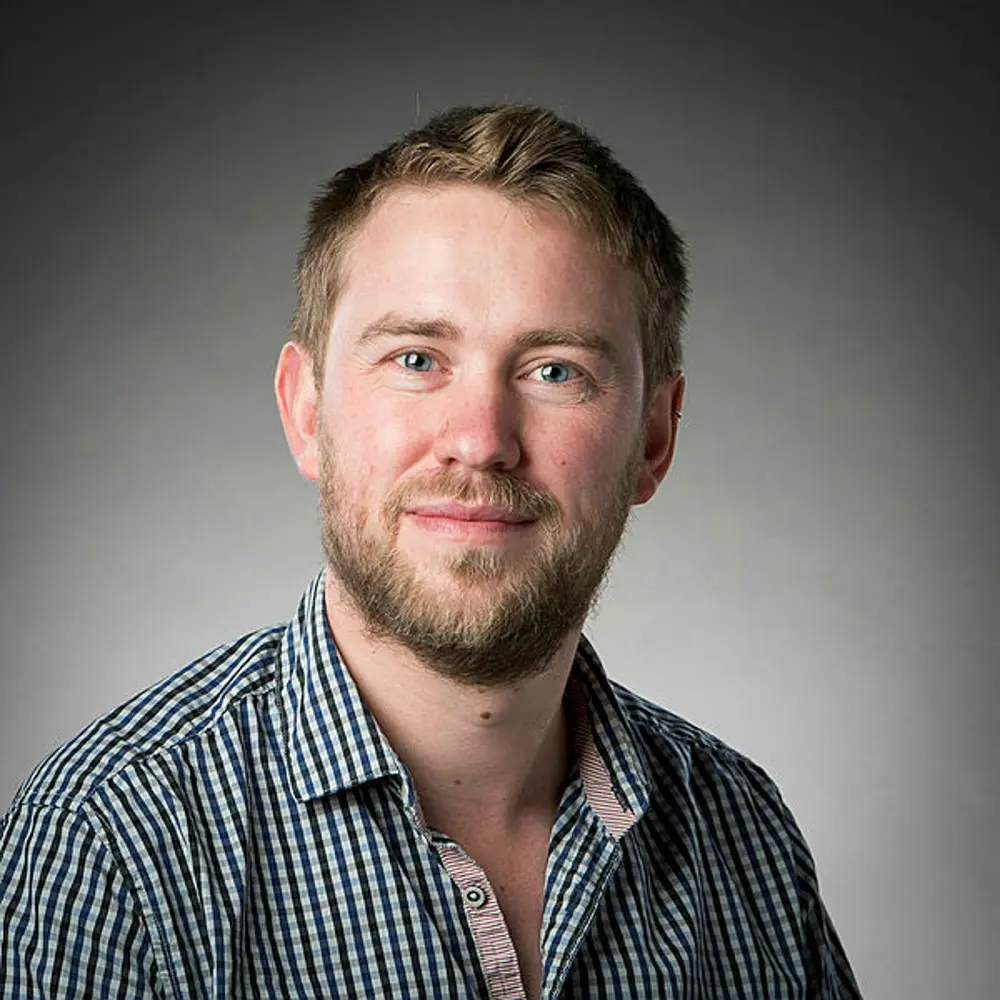
Prof Chris Chuck
- Sustainable biofuels
- Process scale up
- Yeast biotechnology
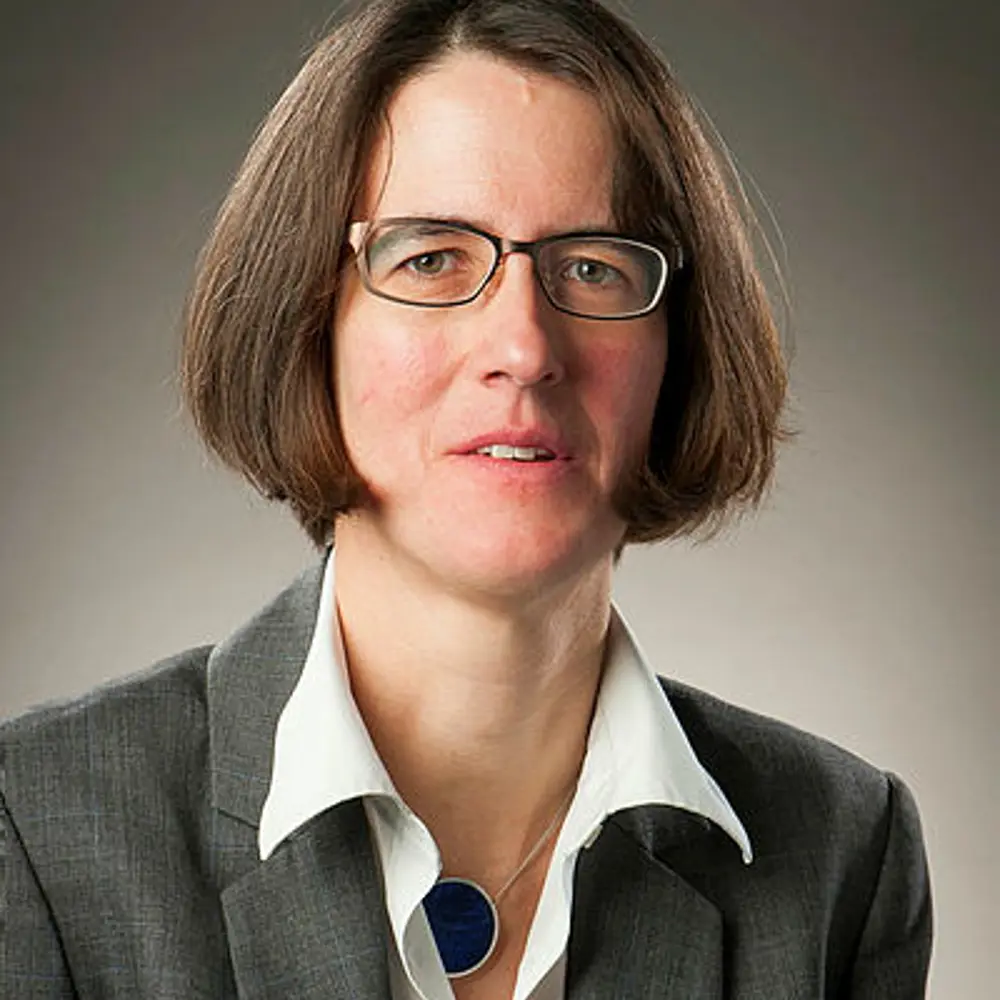
Prof Tina Düren
- Gas purification
- Low carbon fuels
- Novel simulation methods

Dr Antonio Exposito
- Low carbon fuels production by artificial photosynthesis
- Catalysis technologies for gas purification
- Reaction engineering in the automotive industry
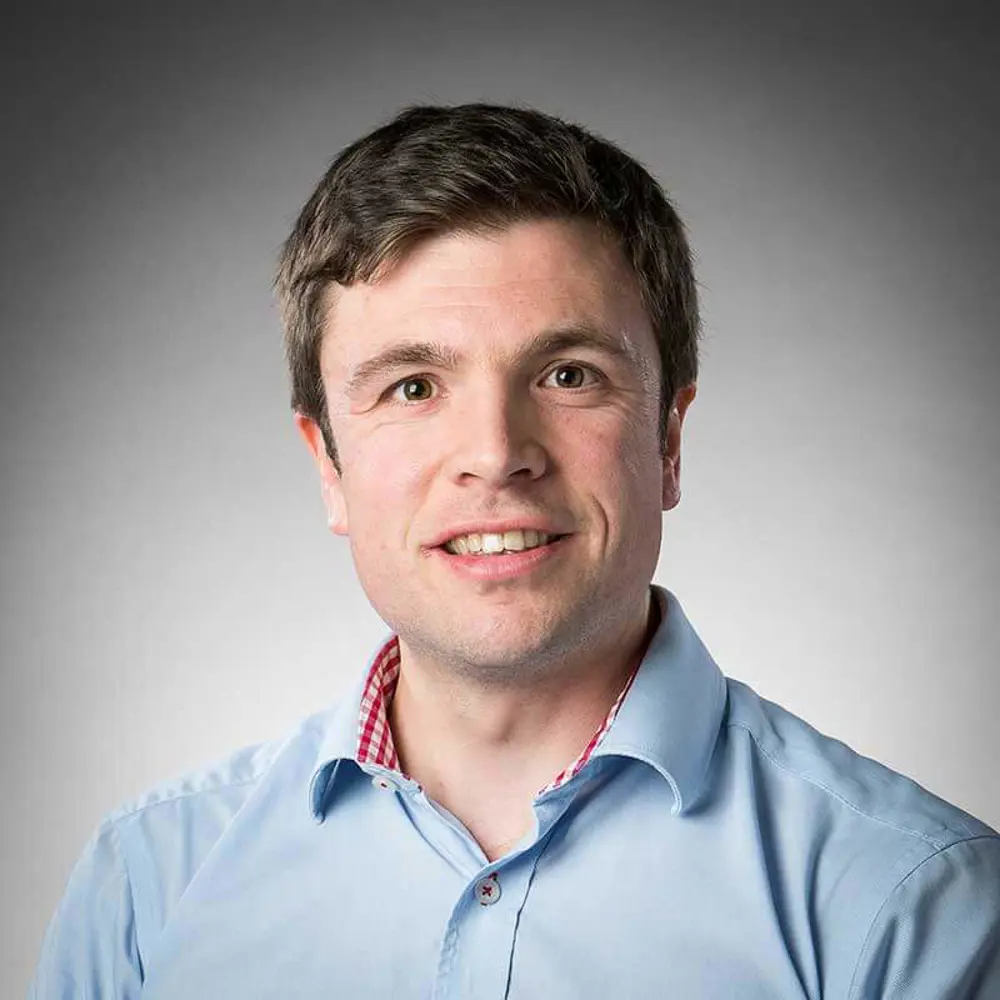
Dr Alfred Hill
- Ammonia as a low-carbon fuel and energy storage media
- Energy systems and electromagnetic heat transfer
- Catalytic applications
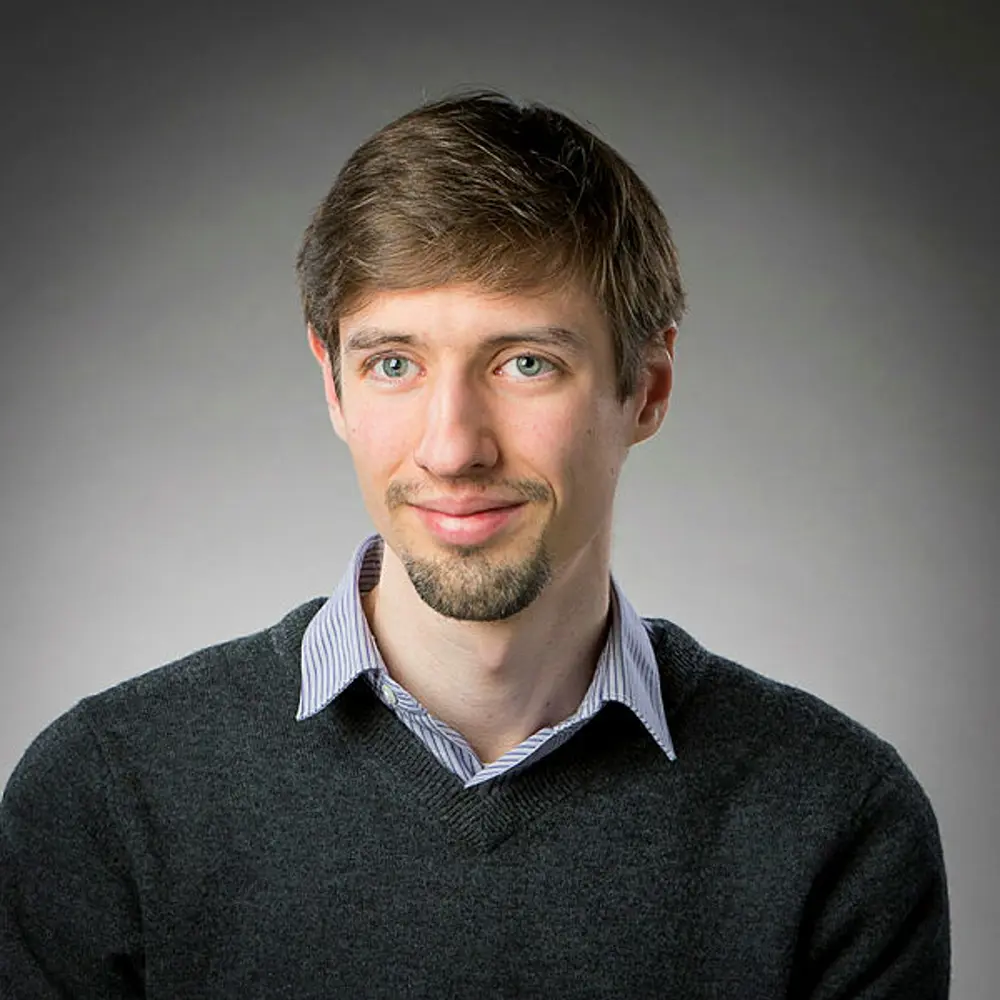
Dr Matthew Lennox
- Air and exhaust gas purification
- Production and refining of low-carbon fuels
- Materials development for energy storage
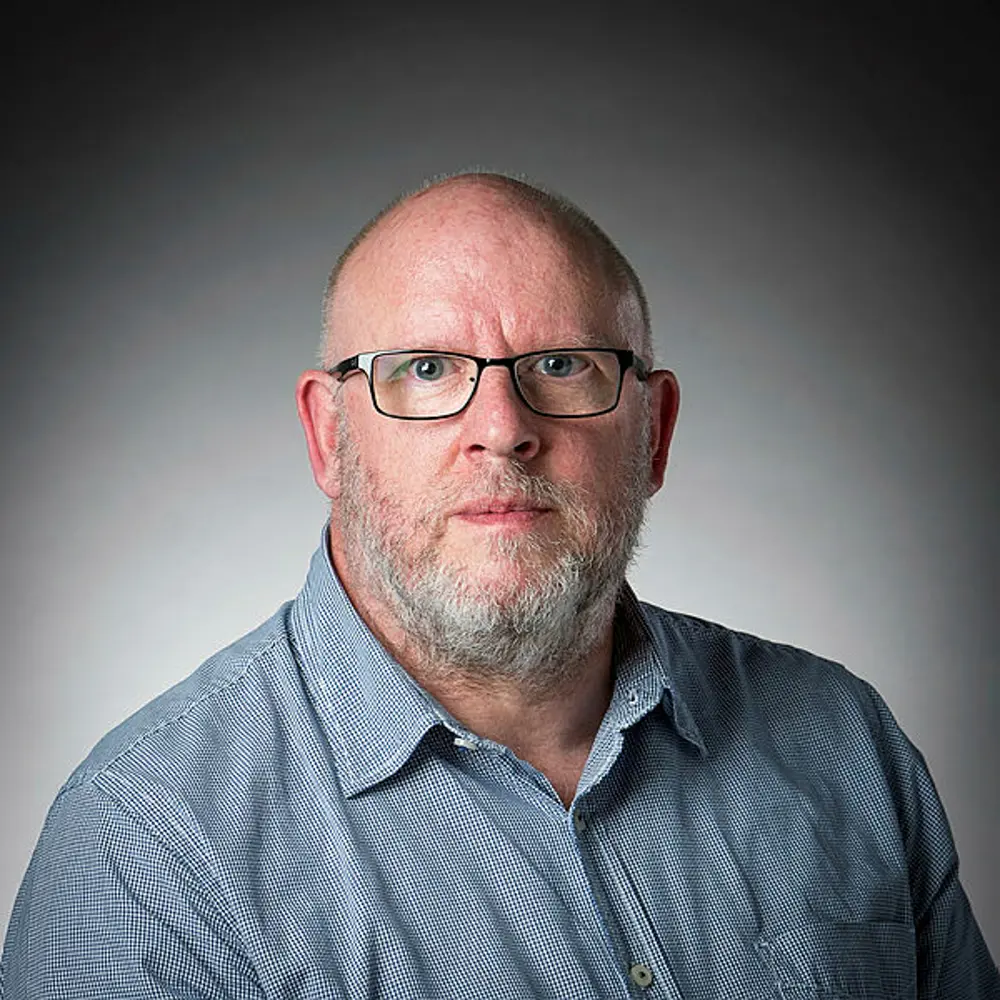
Prof Tim Mays
- Low Carbon Fuels
- Sustainable hydrogen fuel
- Hydrogen storage
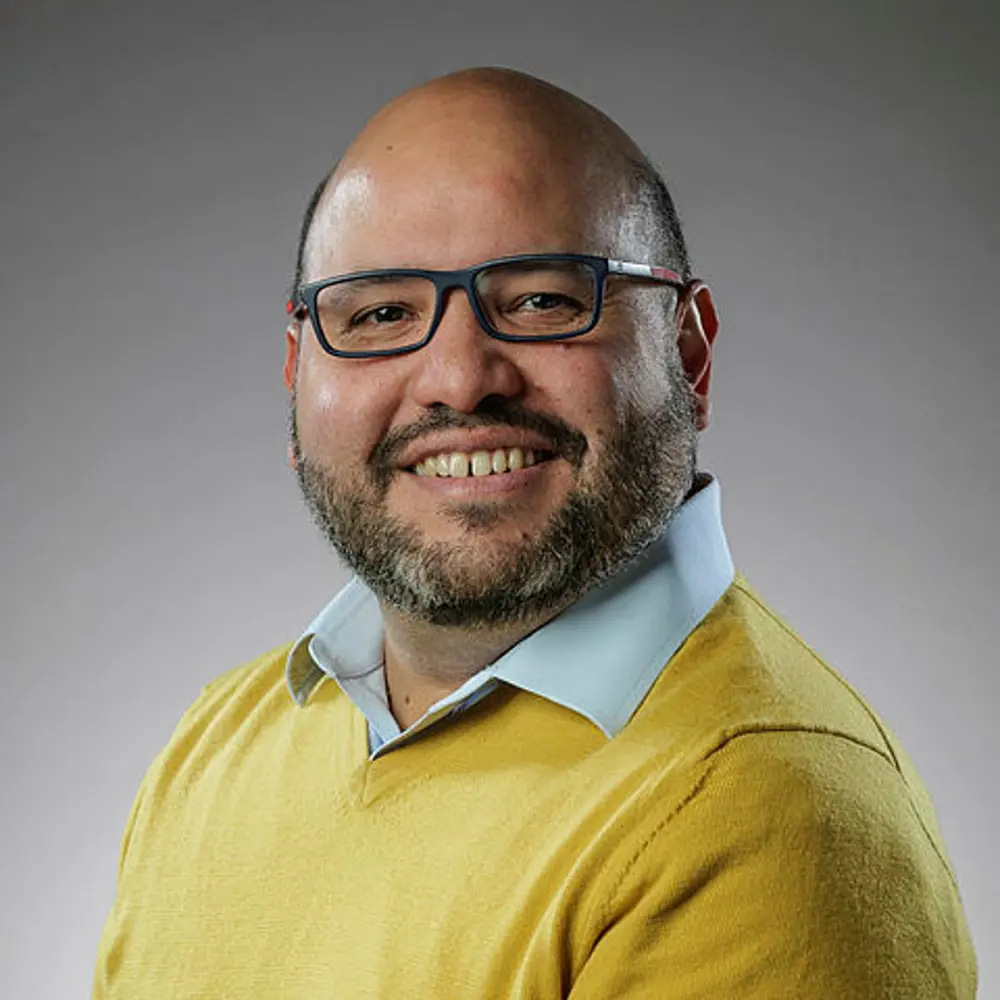
Dr Carmelo Herdes Moreno
- Molecular simulation of complex fluids and materials
- Rational design of sustainable E-Fluids
- Computational prediction of fluid thermodynamics properties, e.g. fuels, lubricants, greases and surfactants
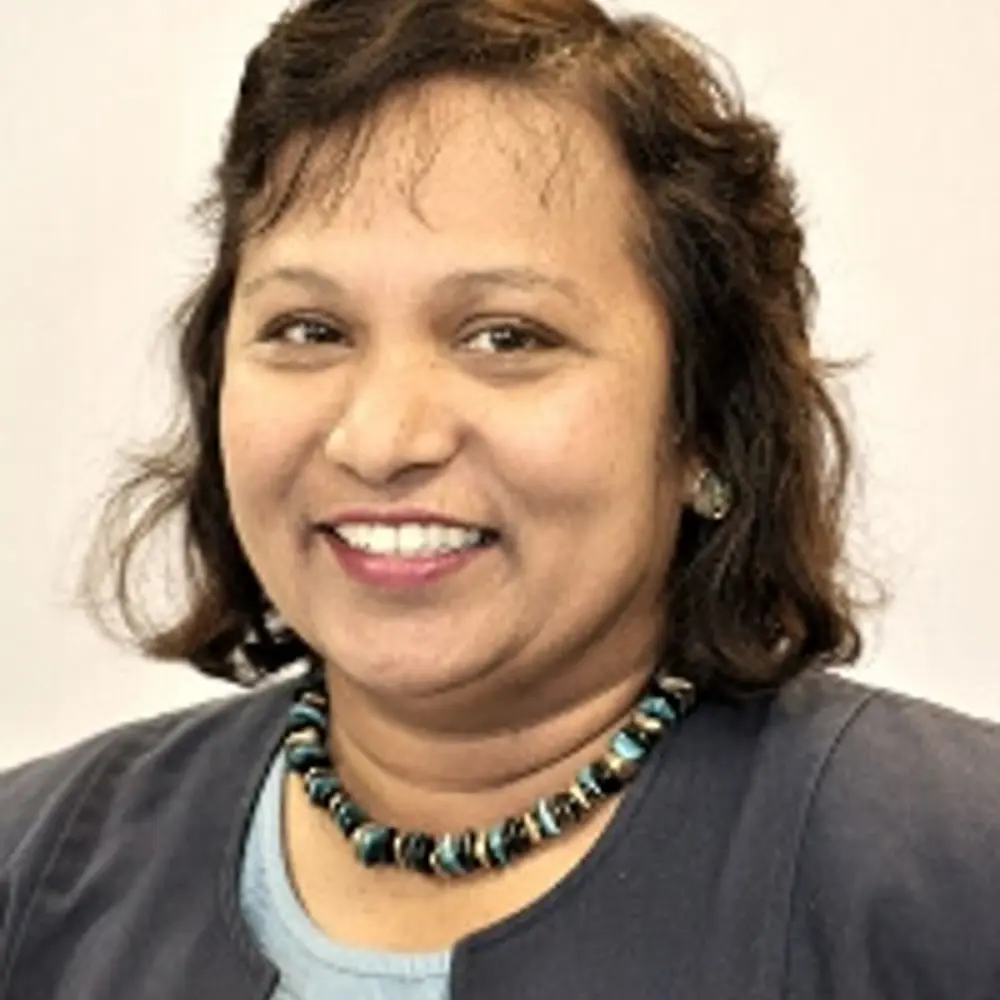
Prof Semali Perera
- Low pressure drop structured adsorbent/ catalyst filters for air purification
- Air purification by functionalised membranes
- CO2 removal in enclosed spaces
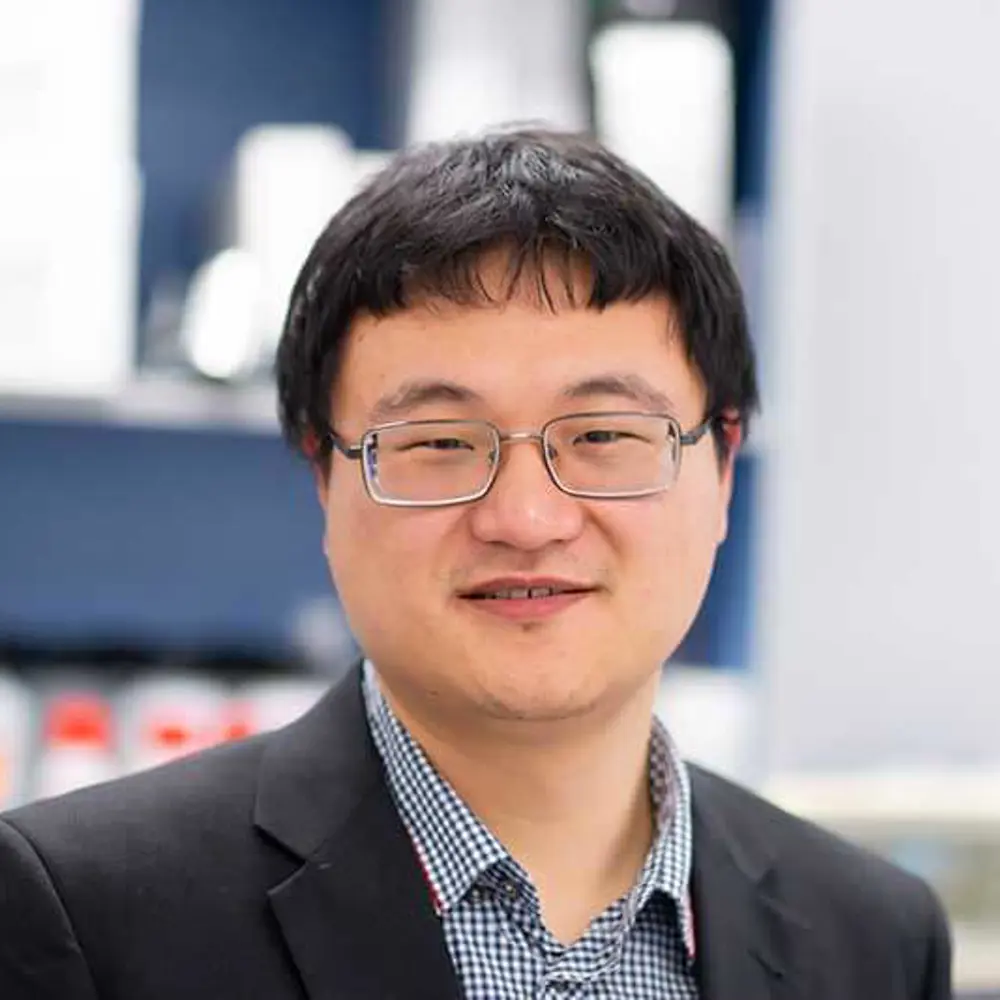
Dr Ming Xie
- Energy efficient separation
- Low dimensional material for solar energy capture
- Nanofabrication for advanced manufactue
Computer Sciences
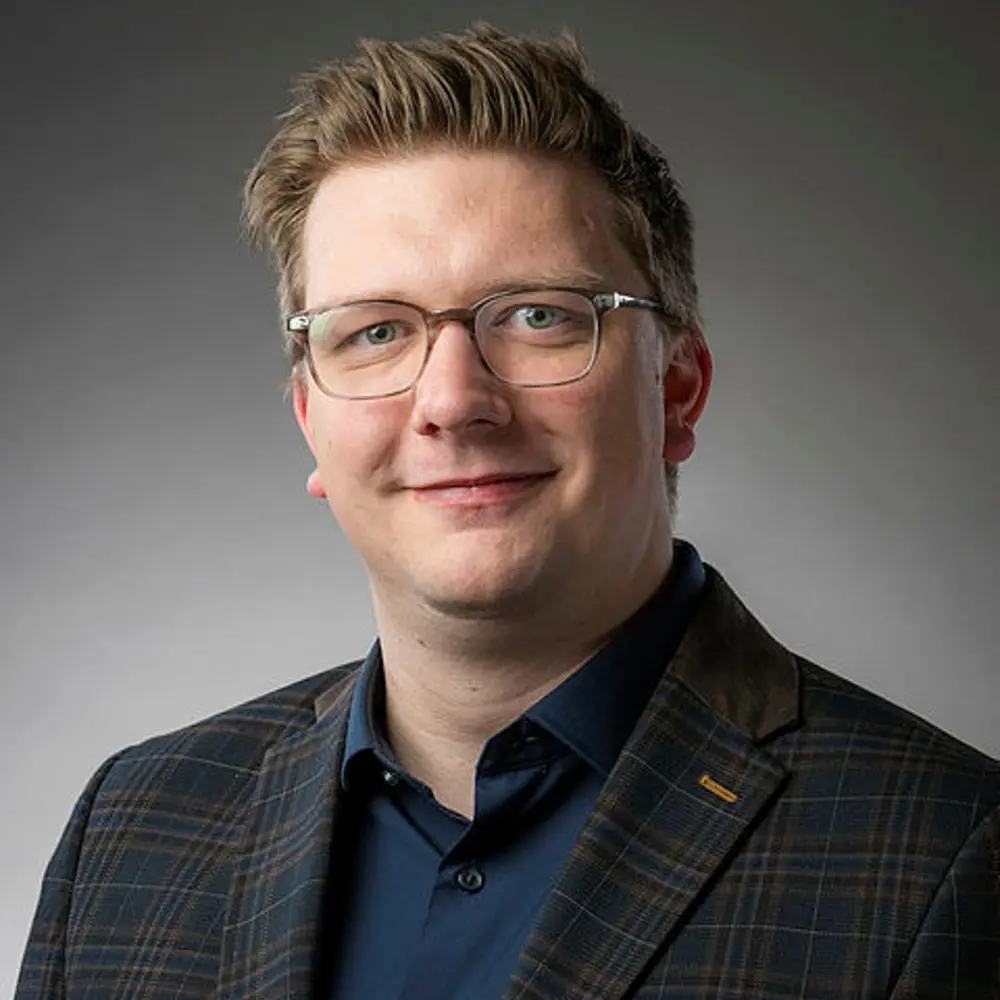
Dr Andrew Barnes
- Machine learning applications
- Anomaly and normality detection
- Operational AI systems
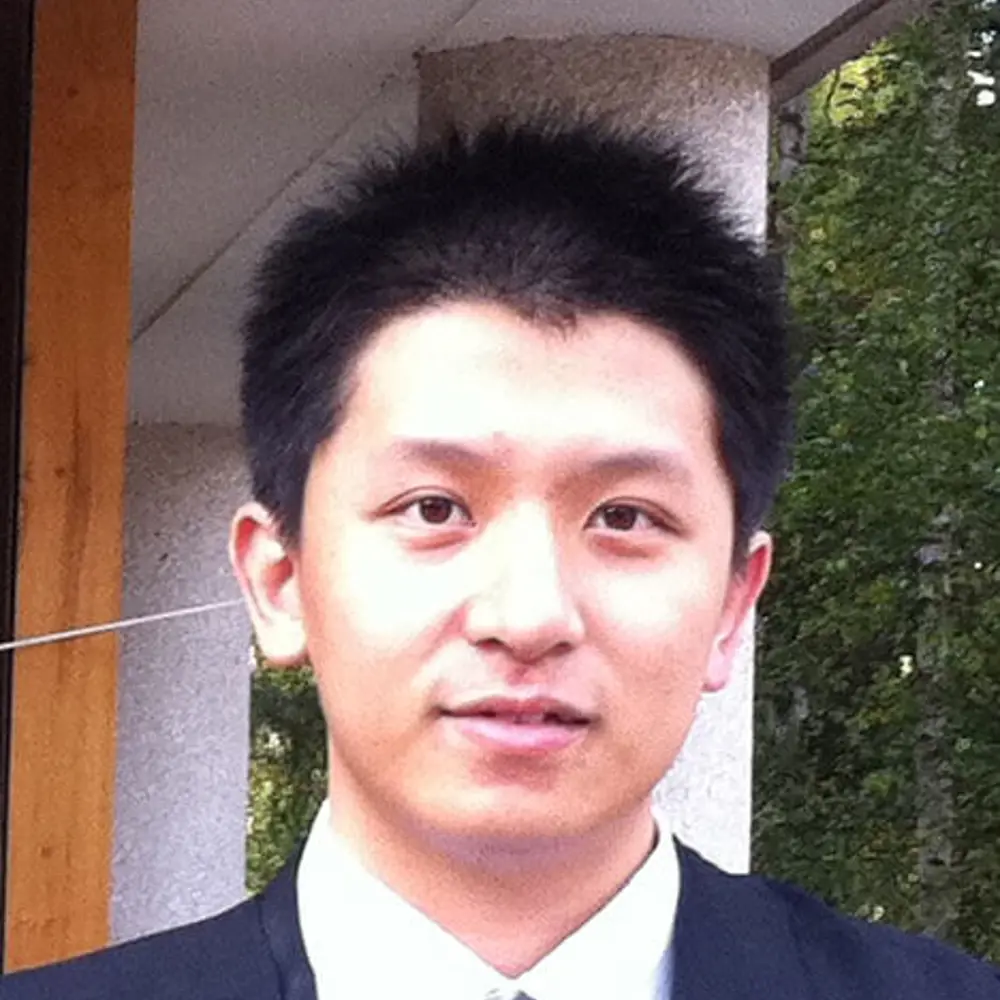
Dr Xi Chen
- Driving risk quantification and estimation
- Digital Systems and Optimisation
- Internet of vehicle and machine learning
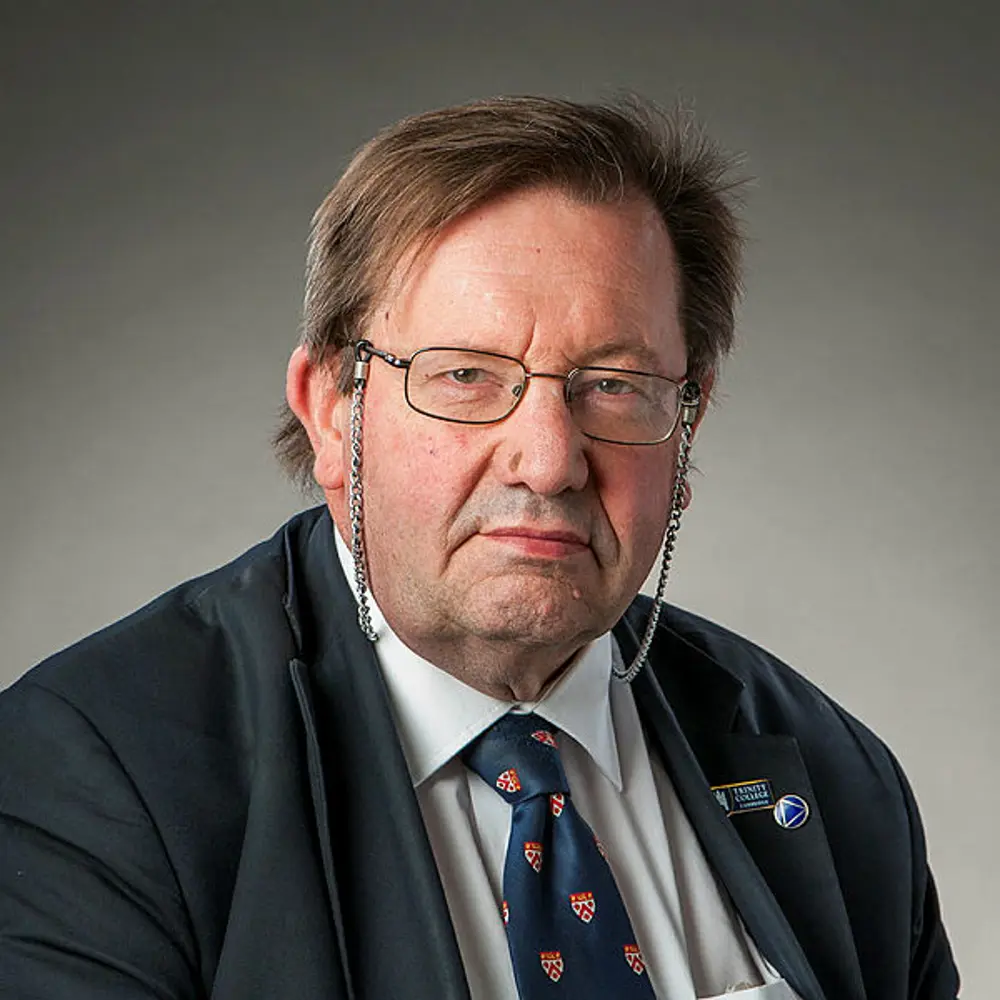
Prof James Davenport
- Cybersecurity
- Algebraic Methods in Computing
- Secure programming
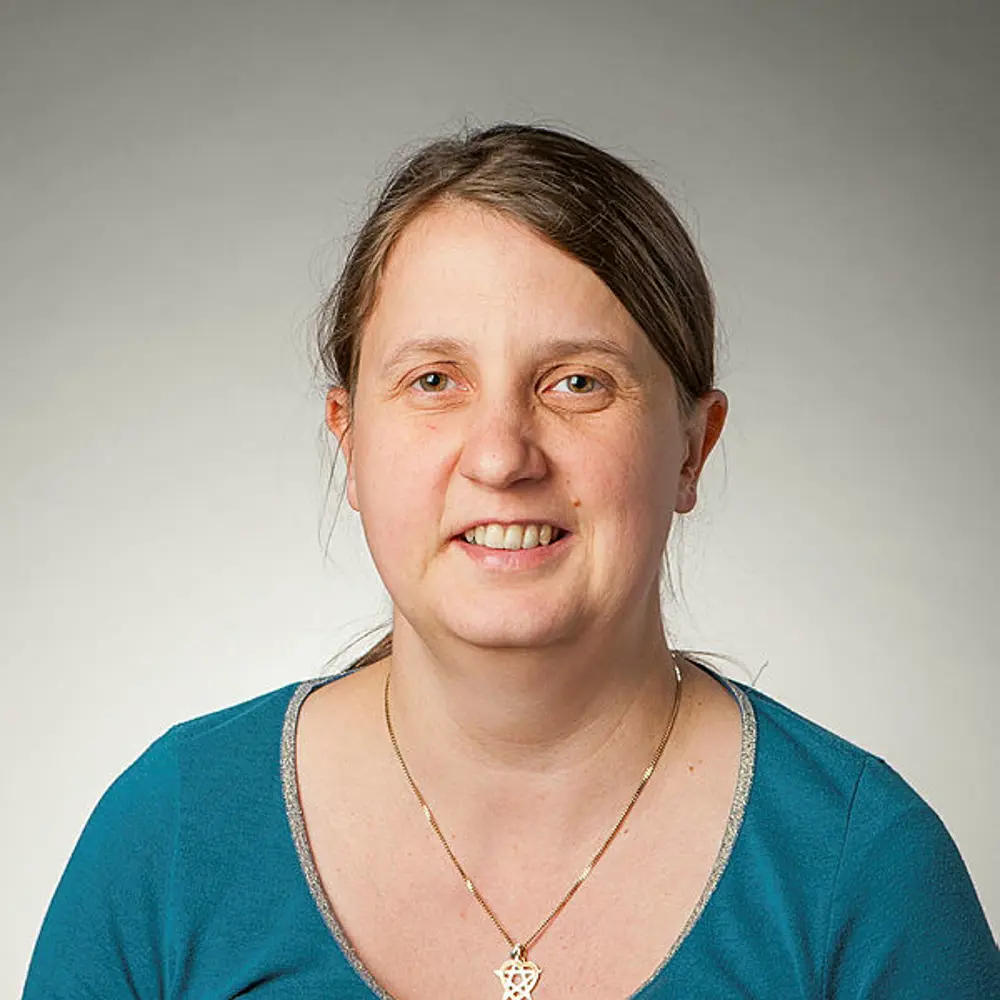
Dr Marina De Vos
- Intelligent systems
- Self-regulated systems
- Knowledge representation and reasoning
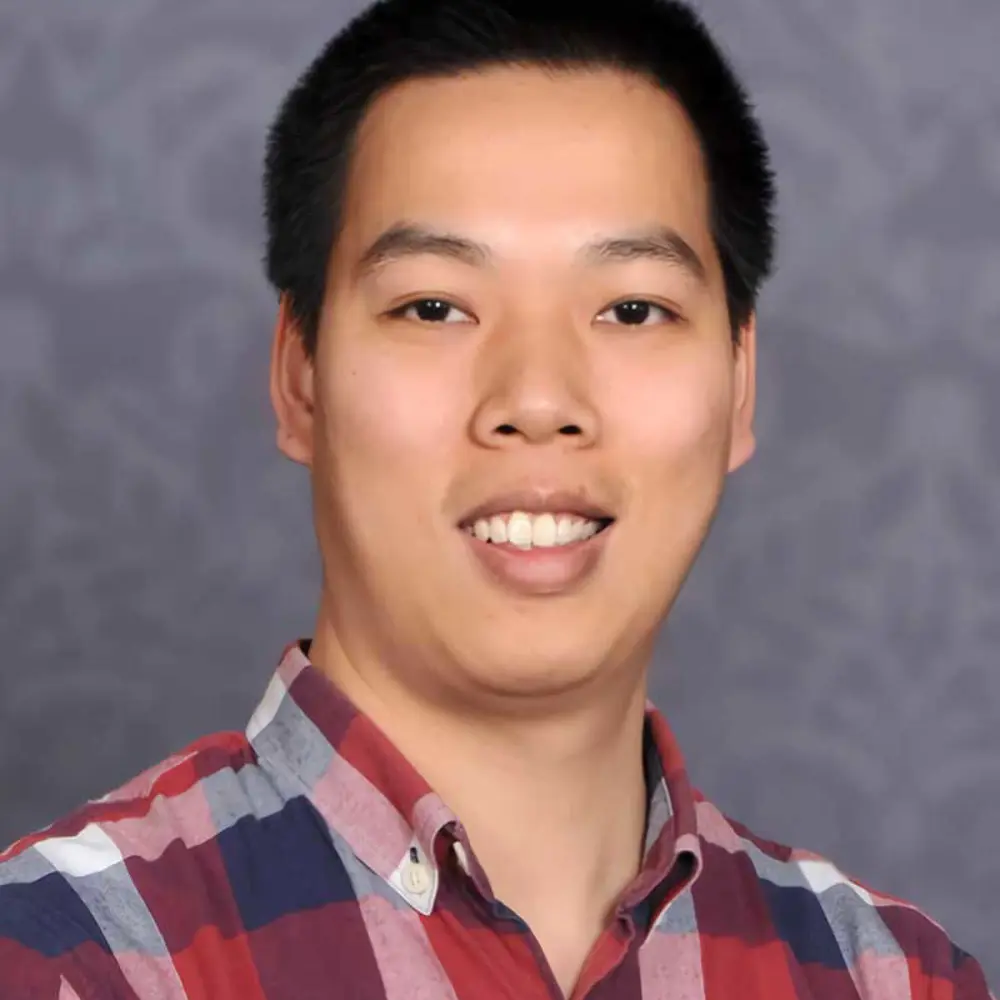
Dr Wenbin Li
- Driver and User Behaviour
- Digital Systems, Optimisation and Integration
- Application of Mathematics
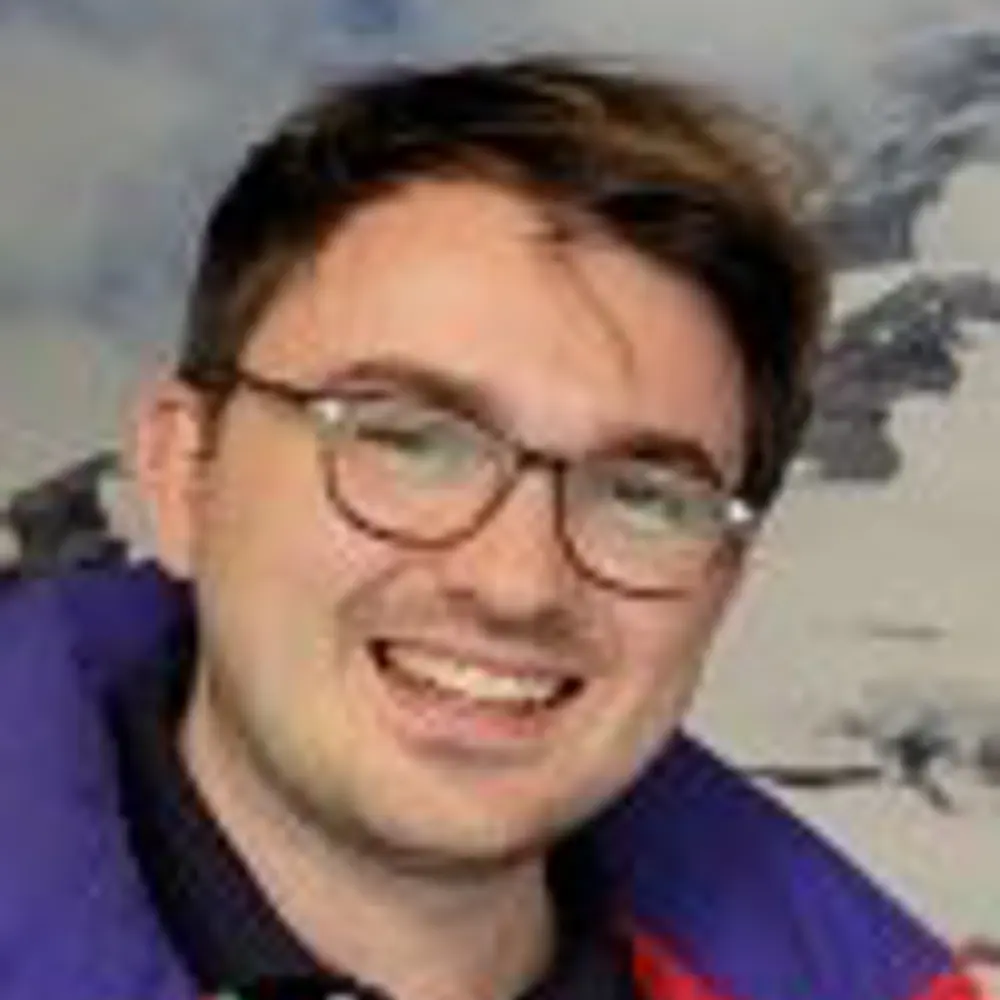
Dr Crescent Jicol
- Driver and User Behaviour
- Novel experimental and simulation methods
- Autonomous driving system design
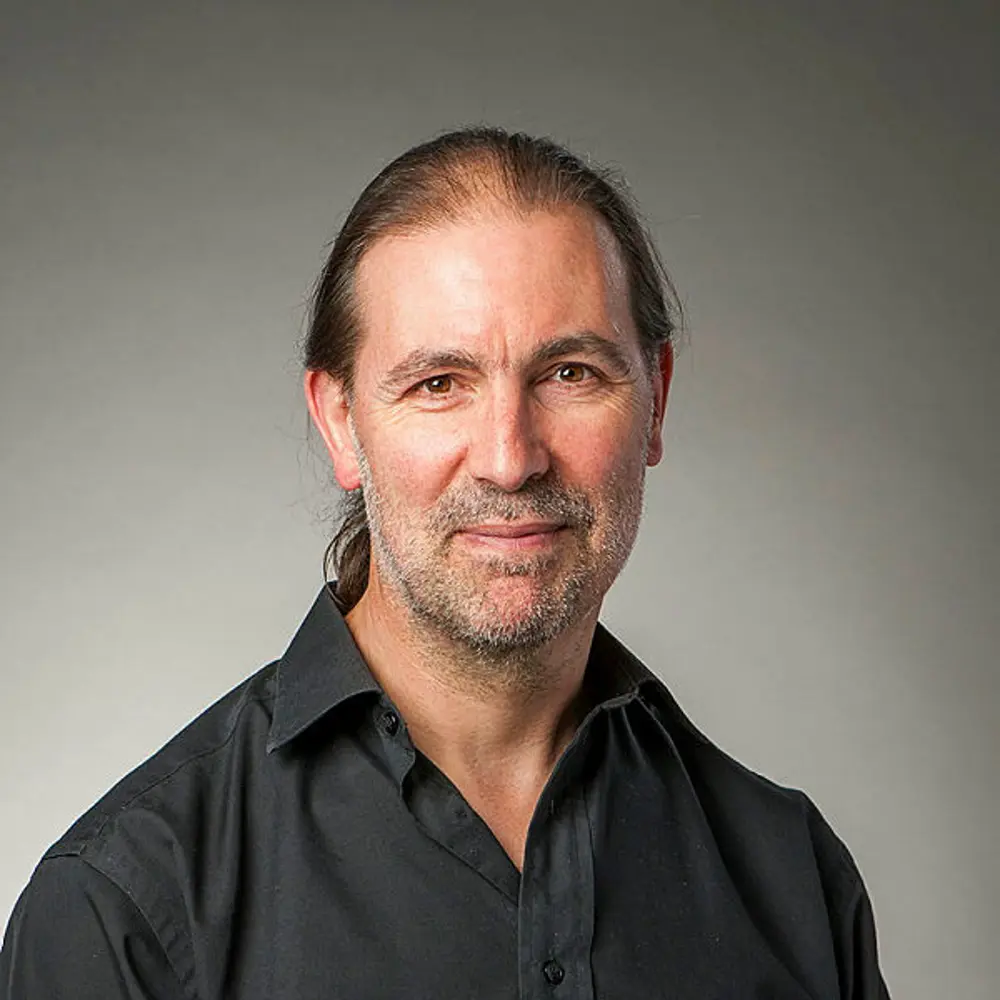
Dr Julian Padget
- (symbolic) knowledge representation and reasoning
- software agents and their governance
- agent-based modelling
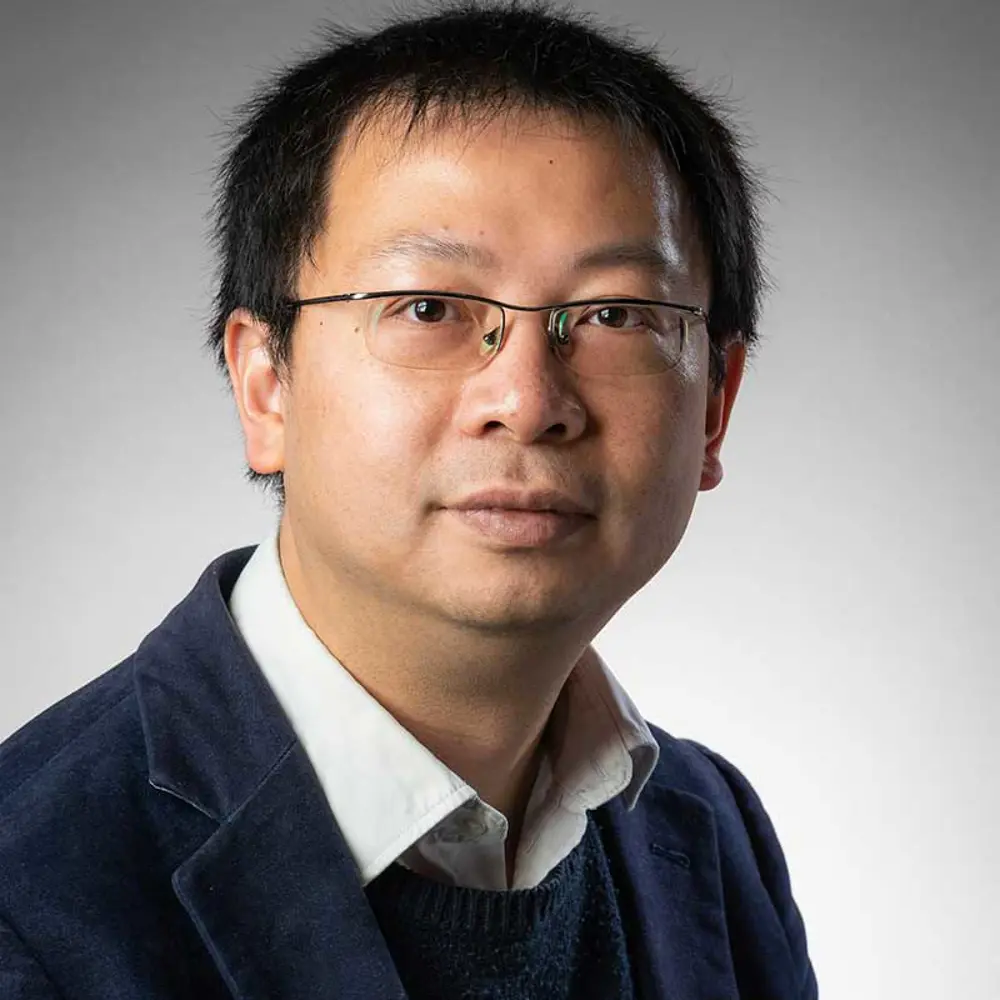
Dr Jie Zhang
- Algorithmic game theory, digital economy, and dynamic pricing
- AI applications in transportation
- Blockchain technology for energy trading
Dr Tom Fincham Haines
Economics
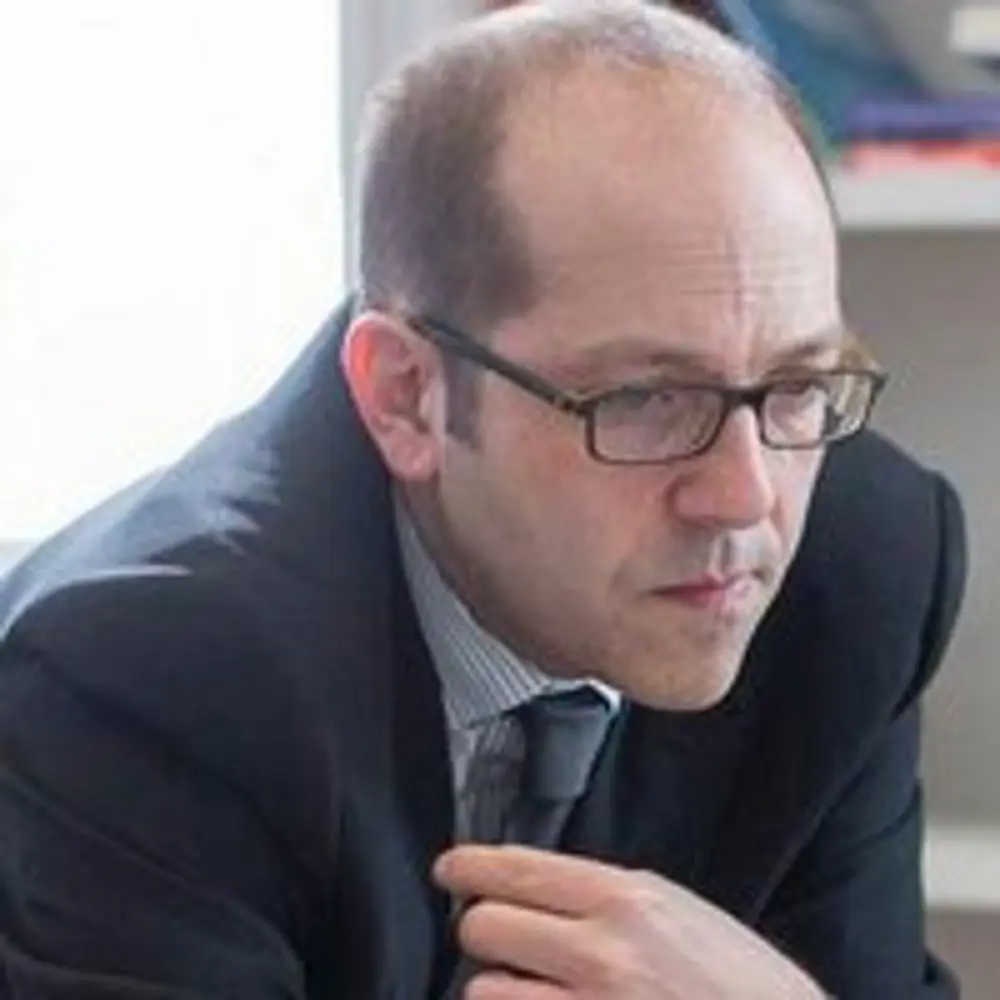
Dr Ron Lavi
- Algorithmic design for smart transportation
- Resource allocation in smart transportation
- Dynamic Pricing and other Economic Mechanisms
Electronic and Electrical Engineering
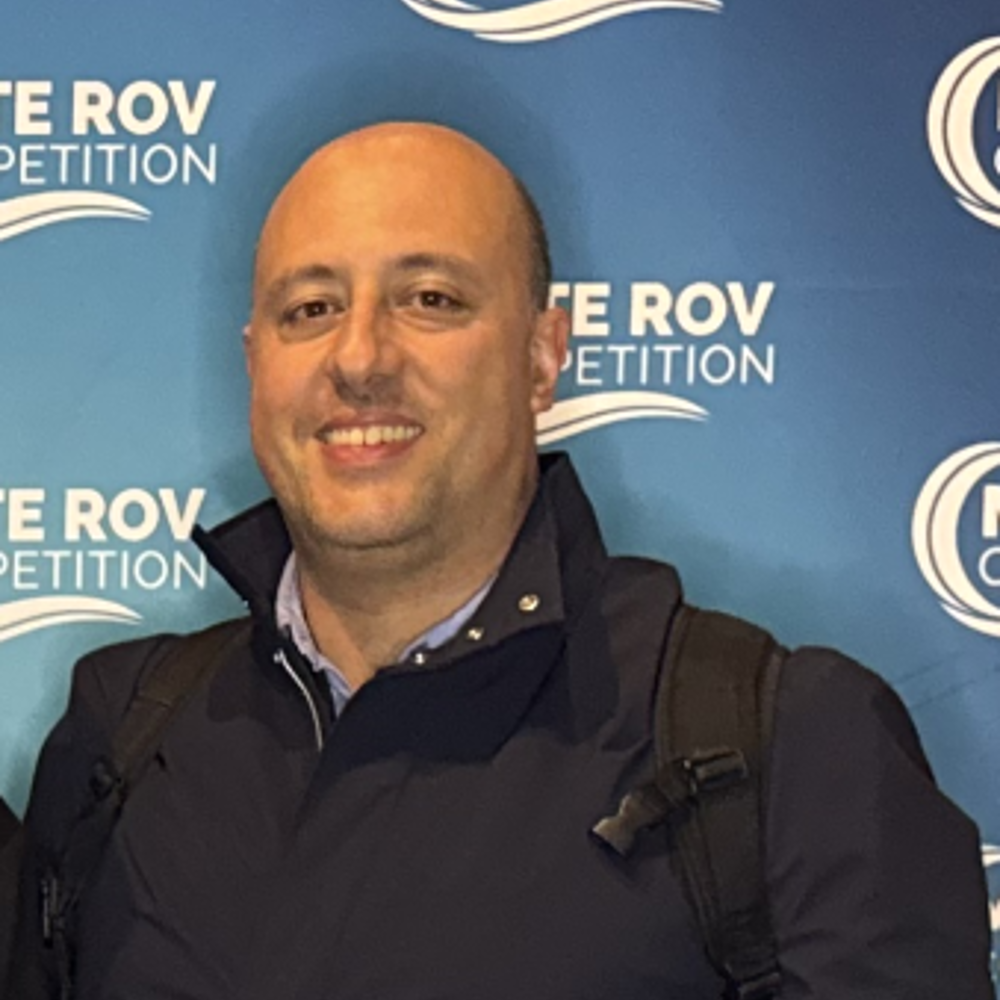
Dr Tareq Assaf
- Digital Systems, Optimisation and Integration
- Driverless systems
- Propulsion Electrification
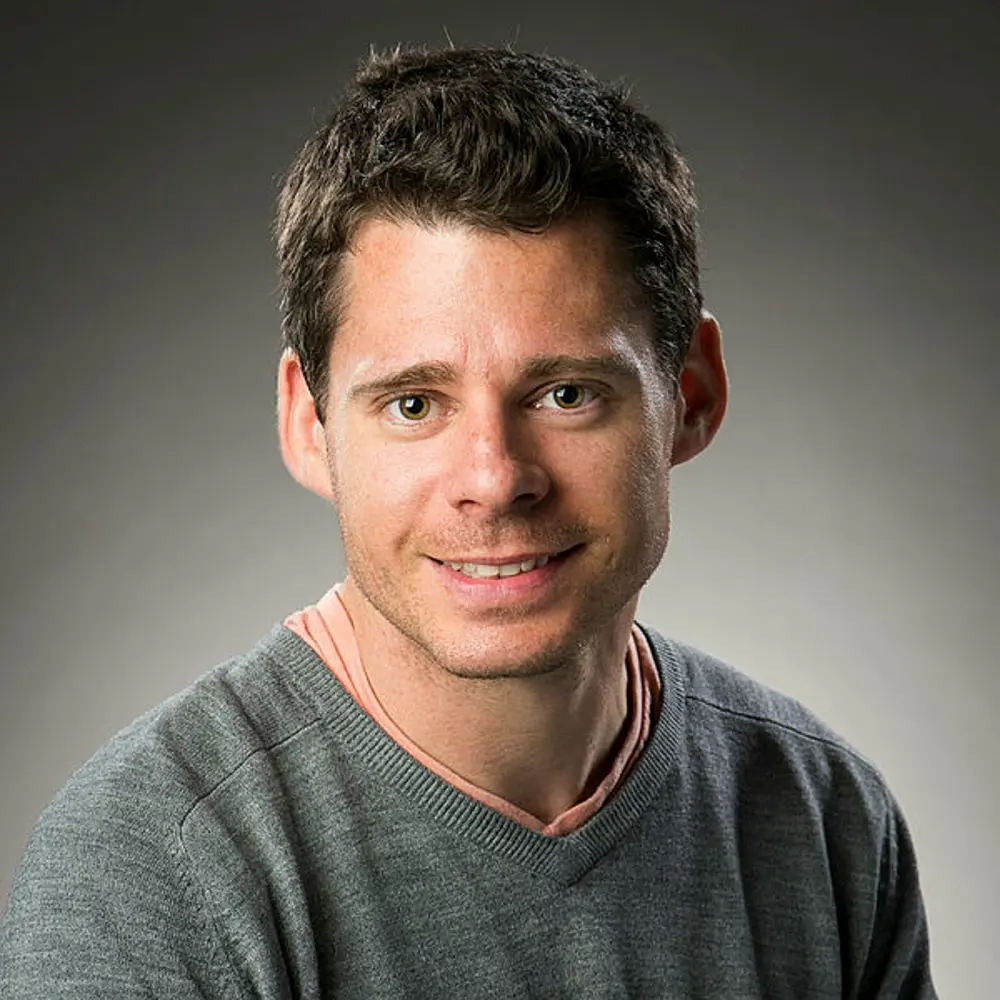
Dr Matthew Cole
- Nanoelectronics
- Sustainable Nanomaterial Growth
- Flexible Electronics

Prof Lewis Dale
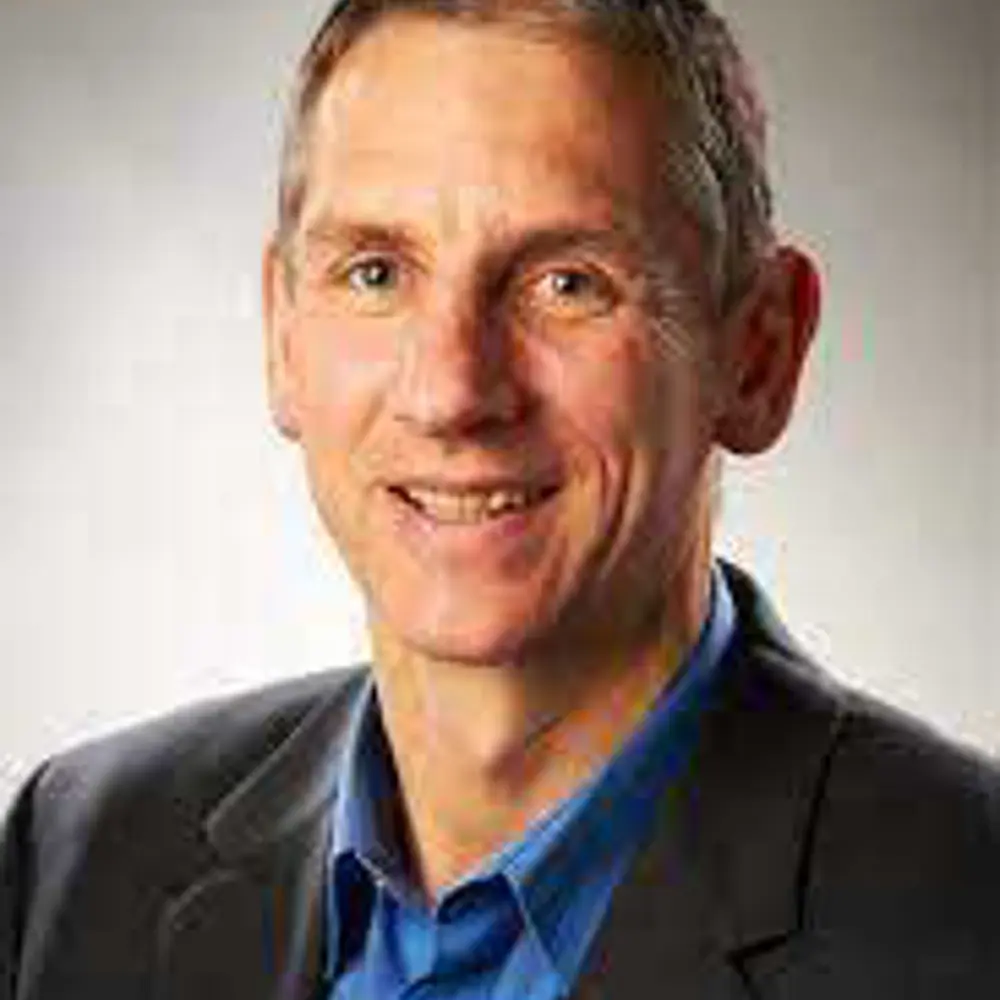
Prof Adrian Evans
- Driver and User Behaviour
- Driver monitoring and authentication
- Interactions between autonomous driving modes and human users
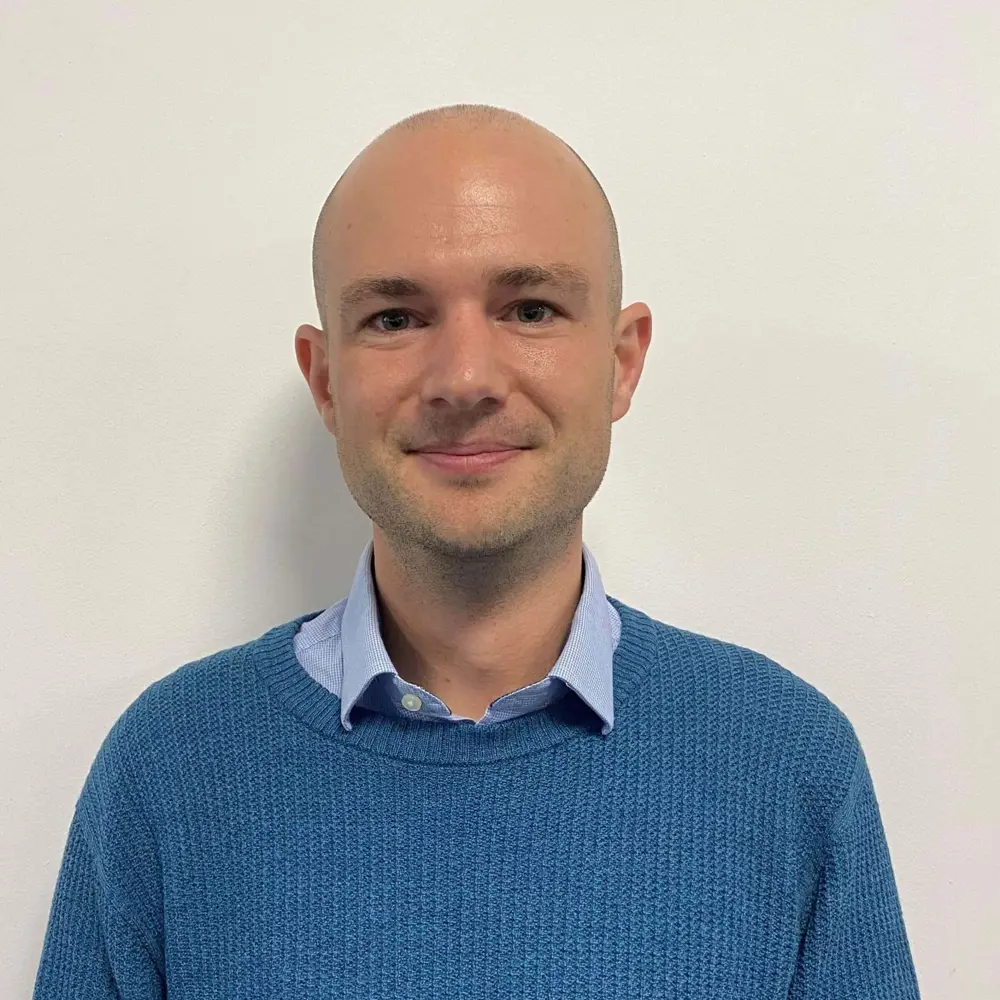
Dr Jamie Gawith
- Wireless charging for EVs
- Propulsion electrification
- Magnetic materials for machines
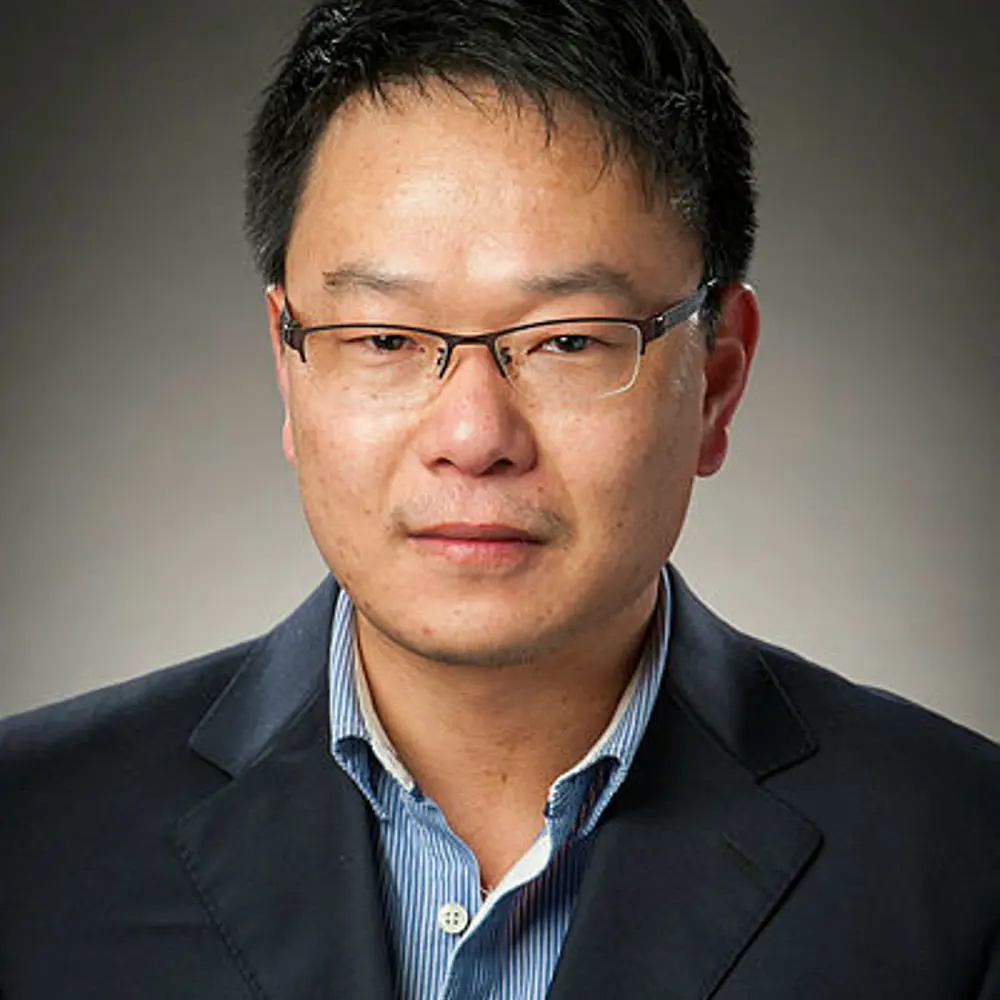
Dr Chenghong Gu
- Impact of EV charging on electricity grid
- Climate change on EV driving
- Integrated energy economy and environment modelling
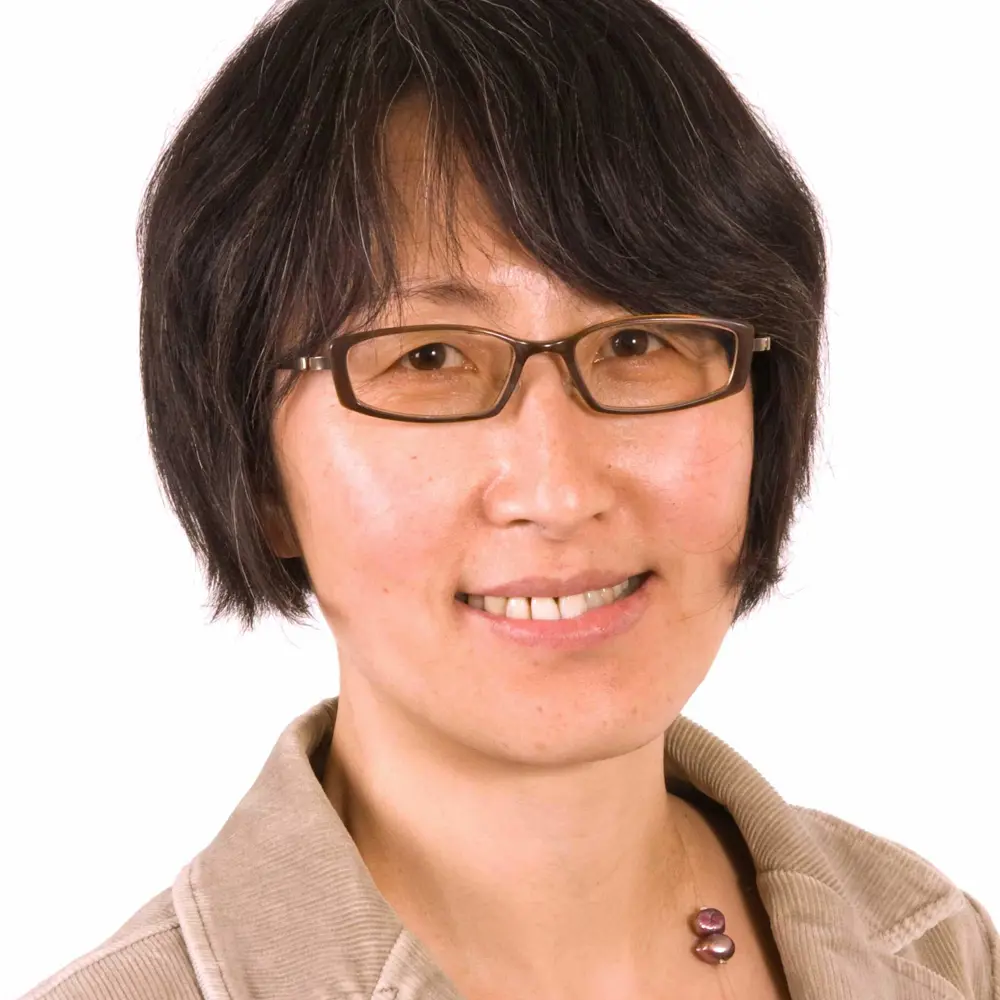
Prof Furong Li
- Grid integration of electric vehicles
- Enabling electricity markets for transition to zero emission vehicles
- Business models for flexible low carbon vehicles
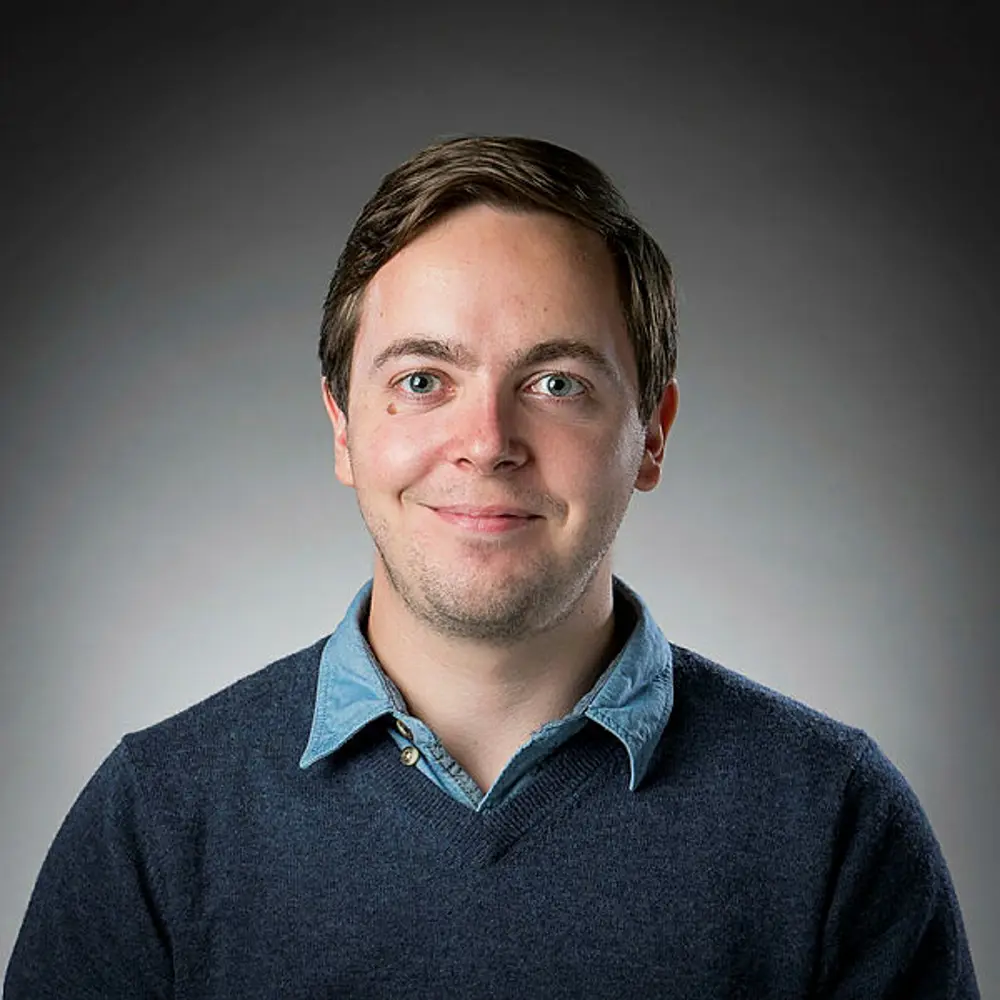
Dr Benjamin Metcalfe
- Driver behaviour monitoring
- Novel sensing technologies
- Digital systems, optimisation and integration
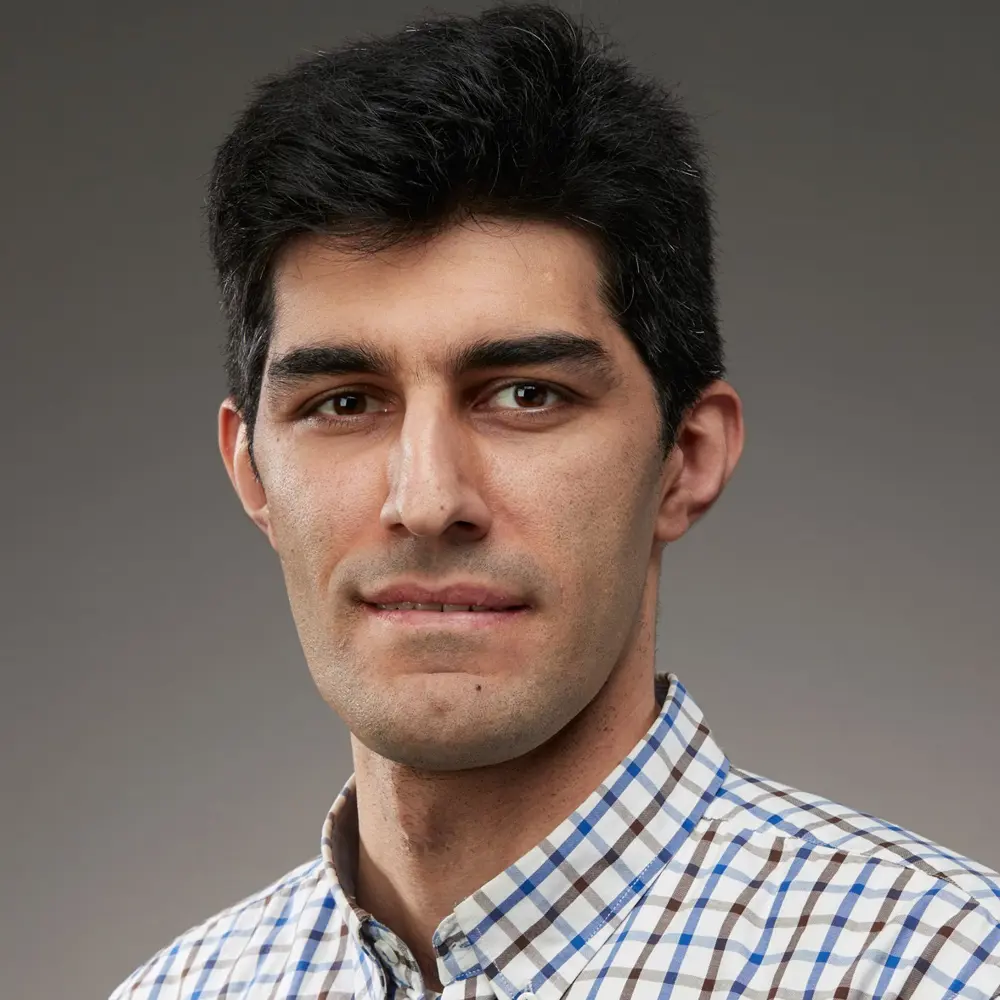
Dr Ali Mohammadi
- Advanced MEMS Sensors for Electric Vehicle Safety
- Data Driven Tactile Feedback for Navigation in Cars
- Autonomous Sensors for Minimising the Environmental Impacts Automotive Sensors
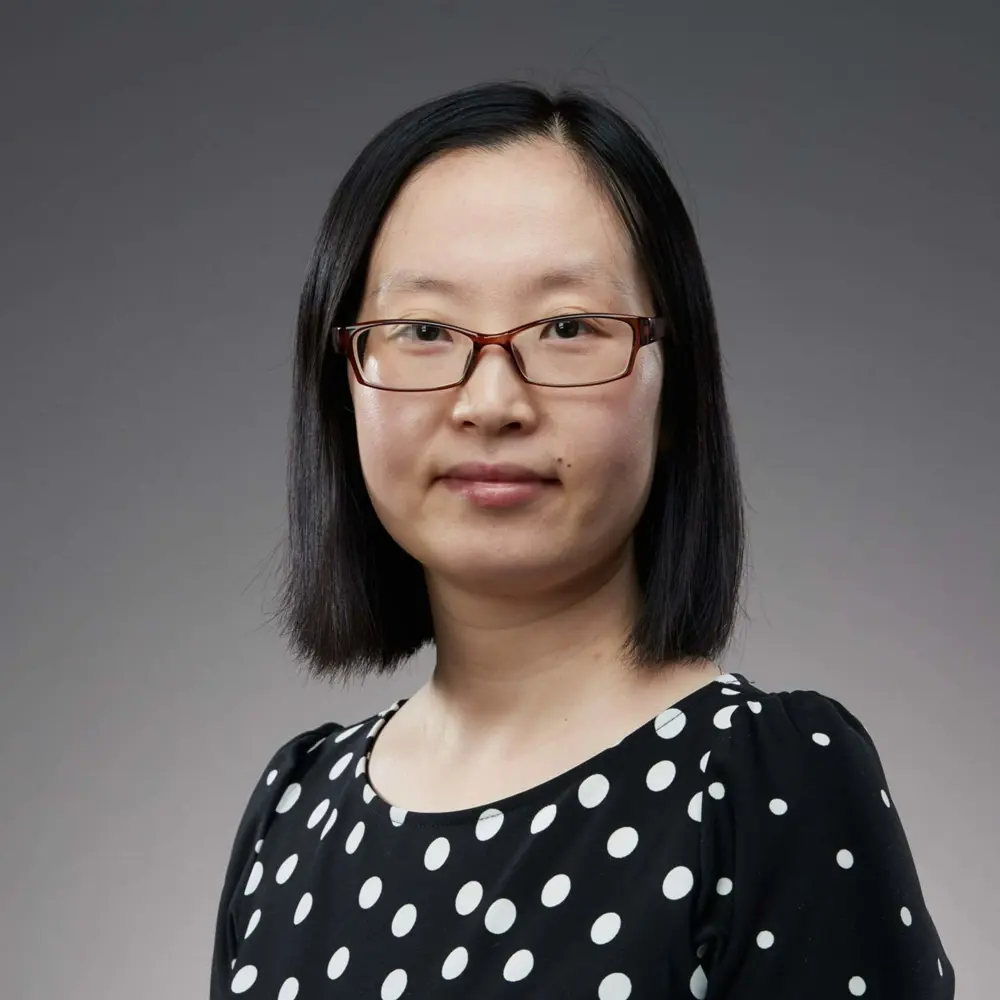
Dr Xiaoze Pei
- Electric motor analysis, modelling, and validation
- Novel electric motors analysis and design
- Cryogenic and superconducting propulsion system
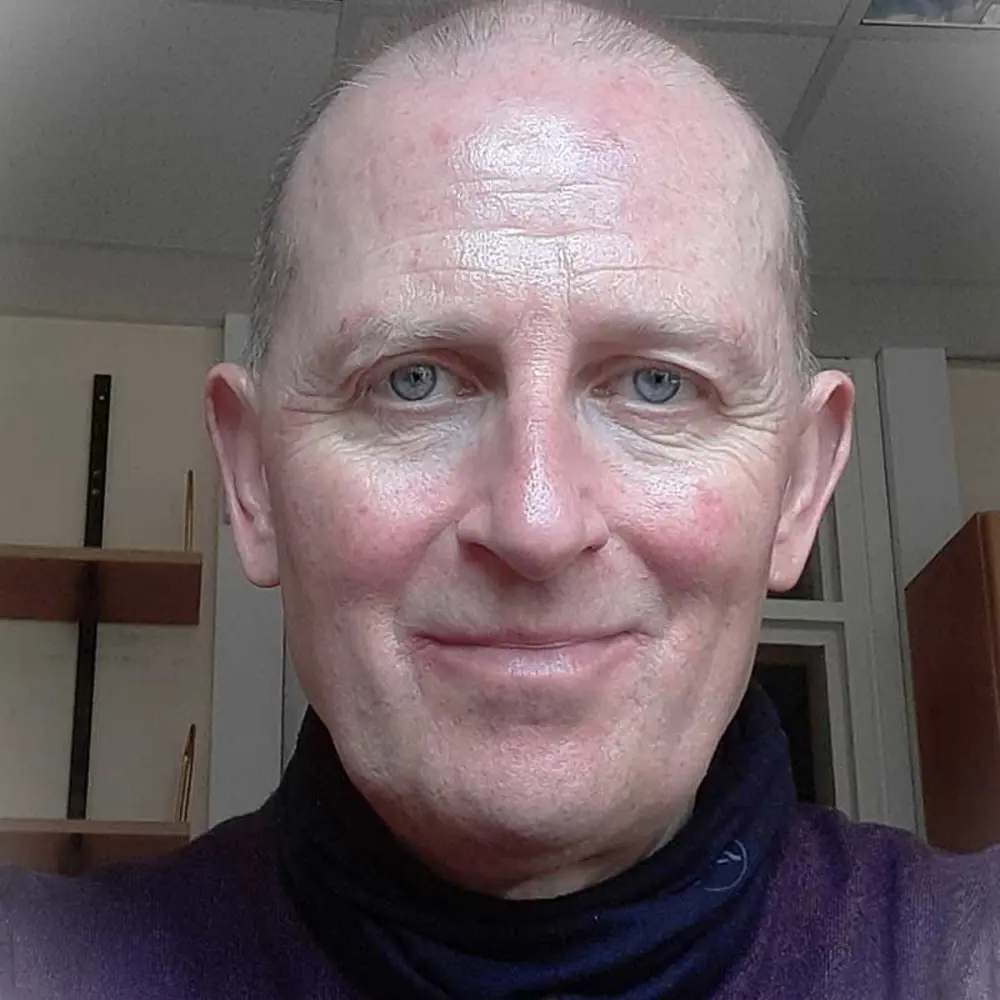
Nigel Turvey
- Integration of renewable generation and storage with end users low carbon technologies in electricity networks
- Electricity network security standards needed in smart grids
- Commercial frameworks to facilitate decarbonisation of electricity supply
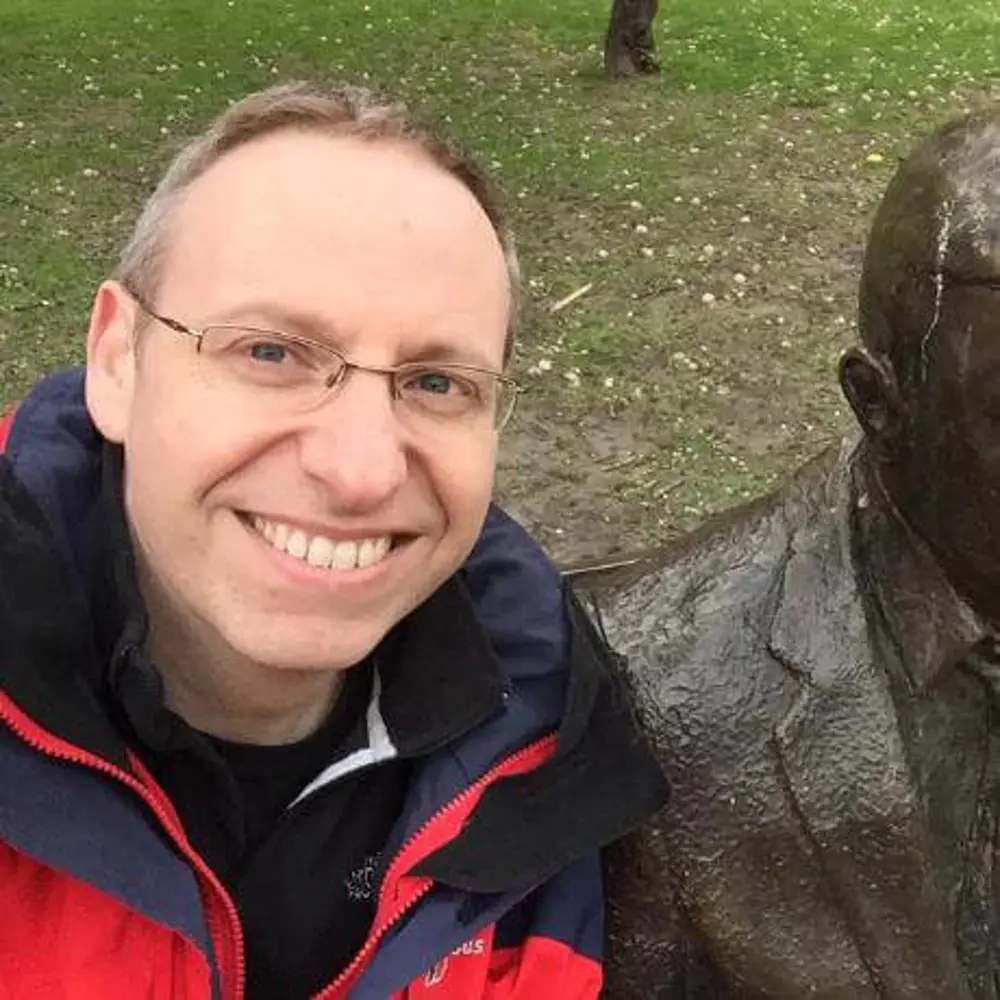
Dr Robert Watson
- Vehicle Communications and Radar Systems
- Digital Systems, Optimisation and Integration
- Driver and User Behaviour
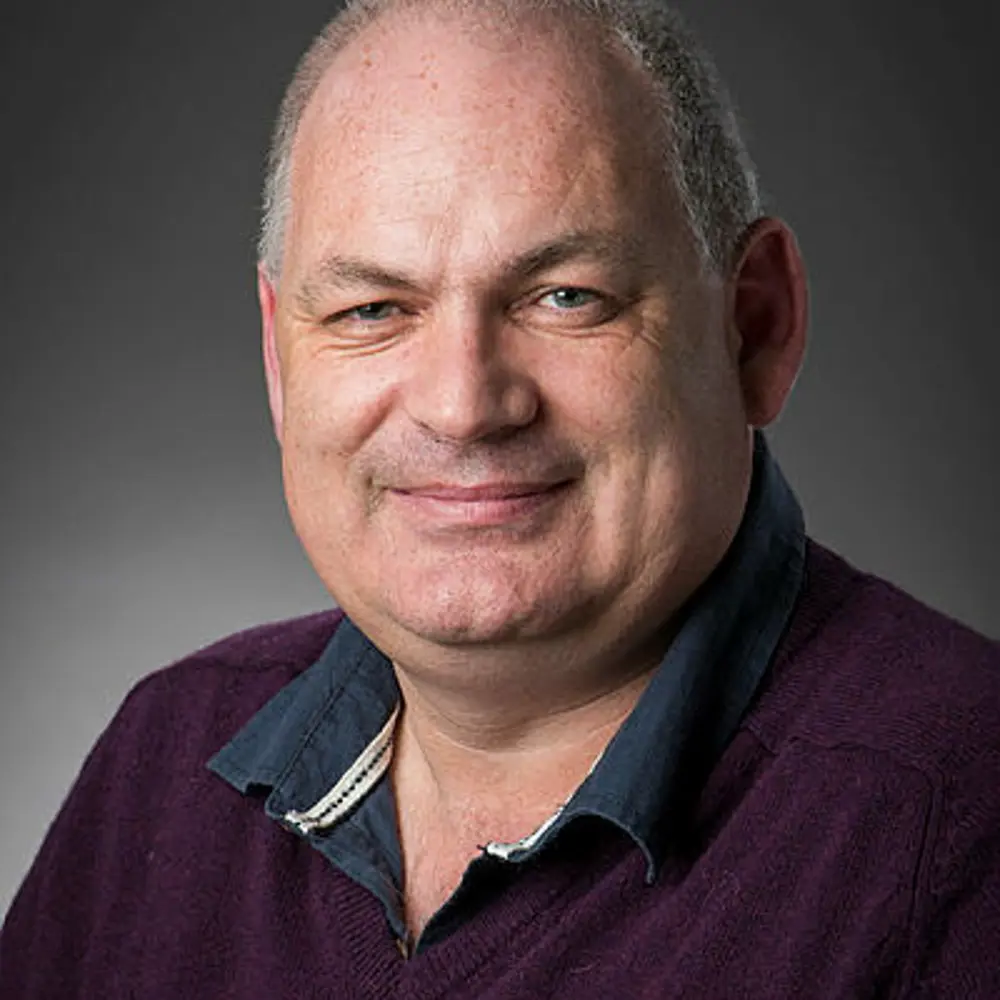
Prof Peter Wilson
- Power Electronics for EVs - including Wide Bandgap Power Semiconductors and Thermal Management
- Electric Vehicle Power Train Design Automation and Virtual Prototypin
- Battery Systems Design and Management Systems, and Thermal Systems Design

Dr Dingguo Zhang
- Human driving behaviour
- Brain-computer interfaces
- Human-machine systems
Mathematical Sciences
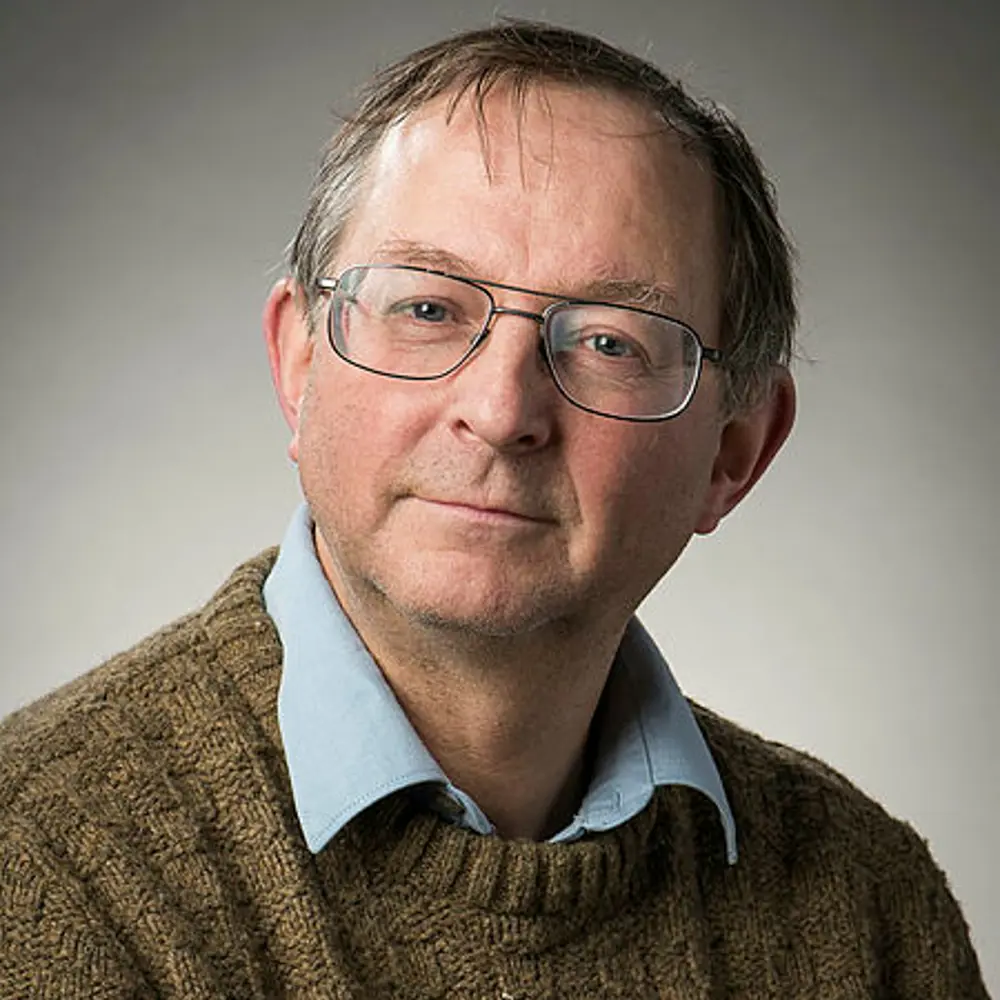
Prof Chris Budd
- Mathematical modelling
- Industrial applied mathematics
- Dynamical systems and chaos
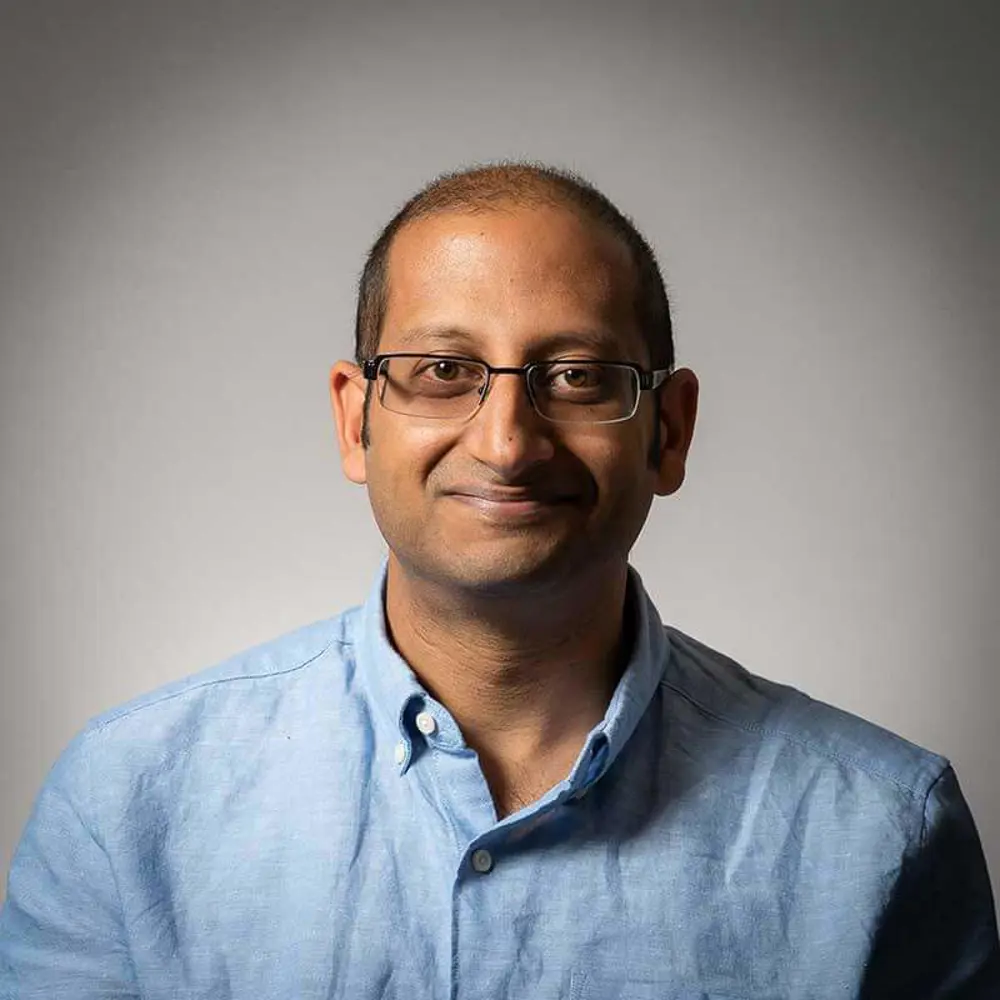
Dr Matt Nunes
- Application of mathematicsin industrially-motivated problems
- Statistical modelling and forecasting
- Optimisation methods
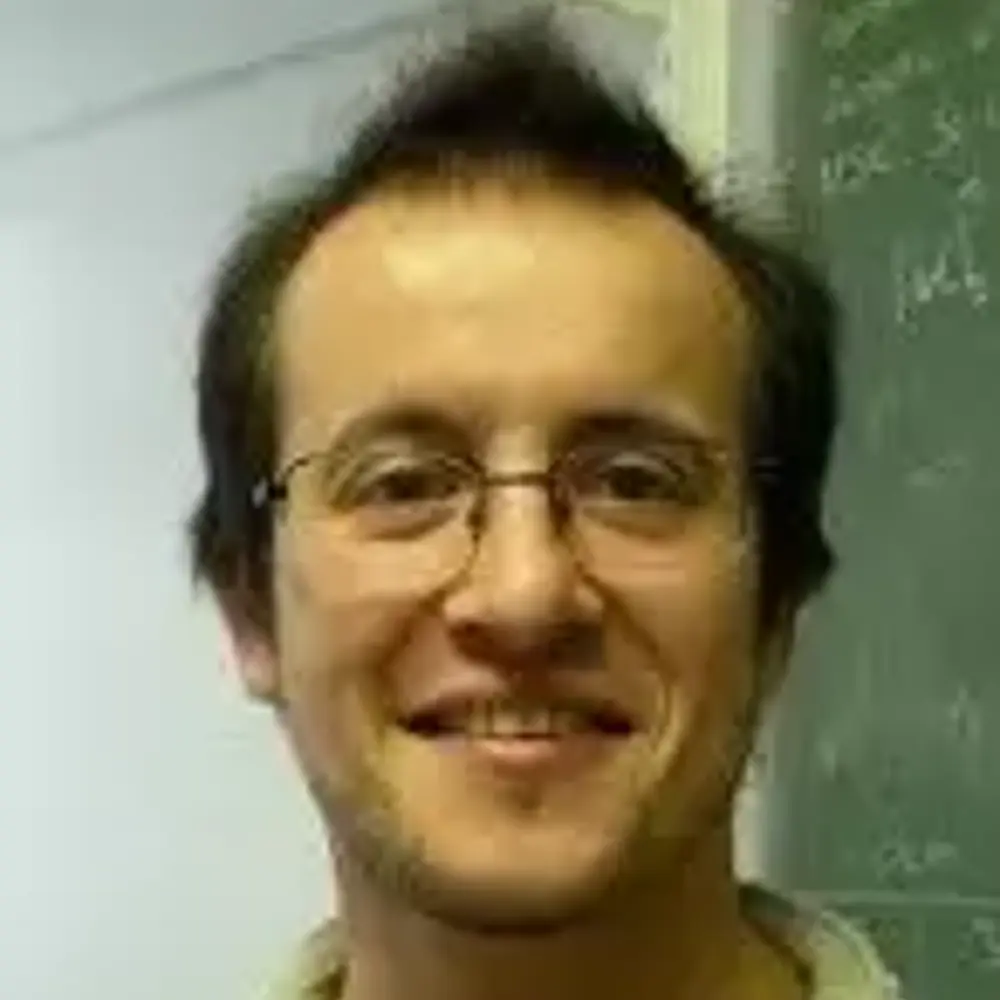
Dr Tristan Pryer
- Application of Mathematics
- Propulsion Electrification
- Digital Systems, Optimisation and Integration
Mechanical Engineering
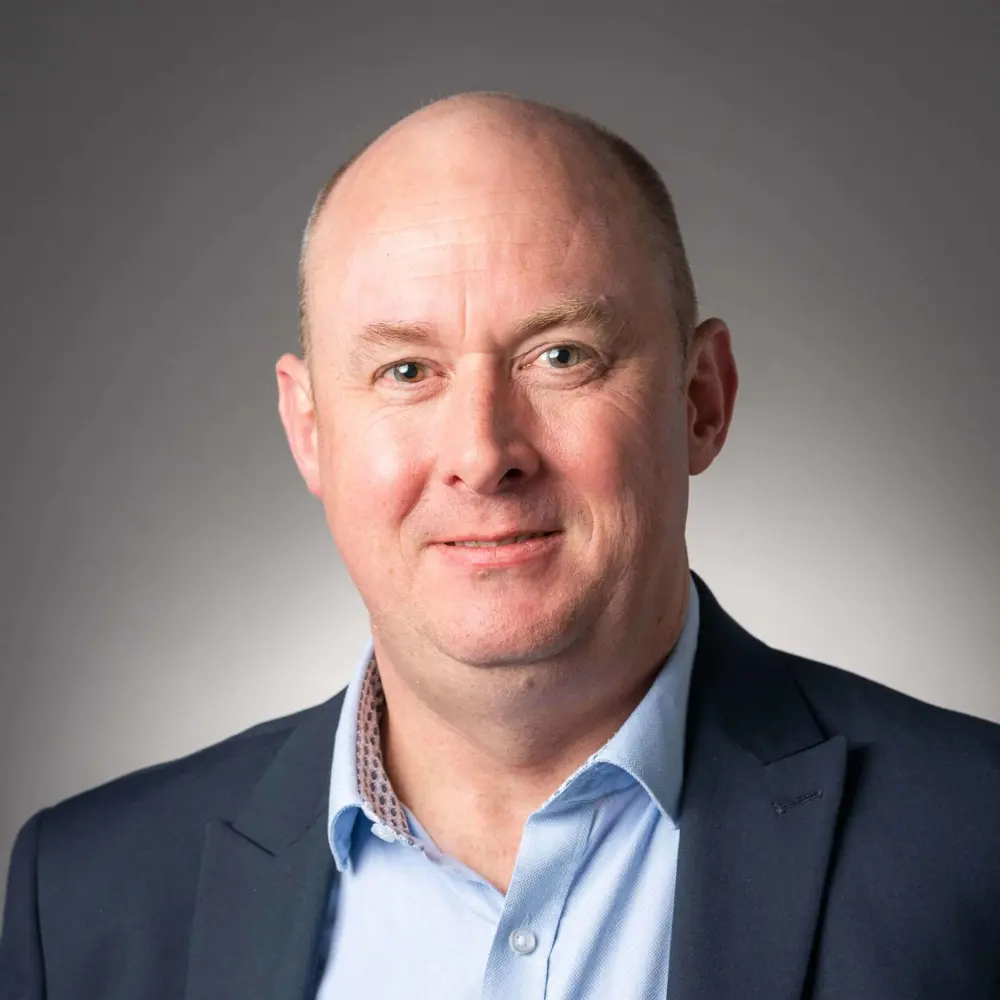
Prof Sam Akehurst
- Advanced combustion engine technologies for a net zero future
- Transmission systems for future propulsion systems
- Propulsion system simulation and optimisation
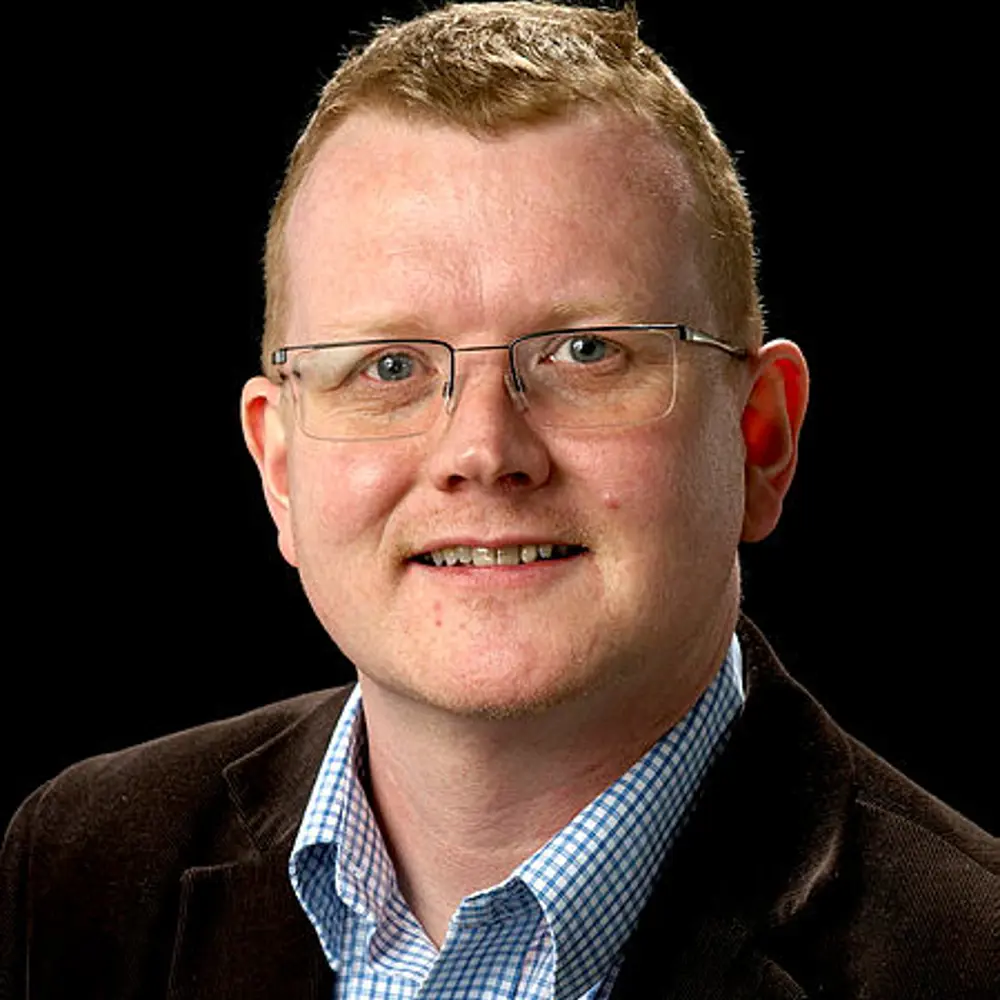
Prof Chris Bowen
- New materials and composites for transport
- Novel experimental and simulation methods
- Energy recapture and harvesting
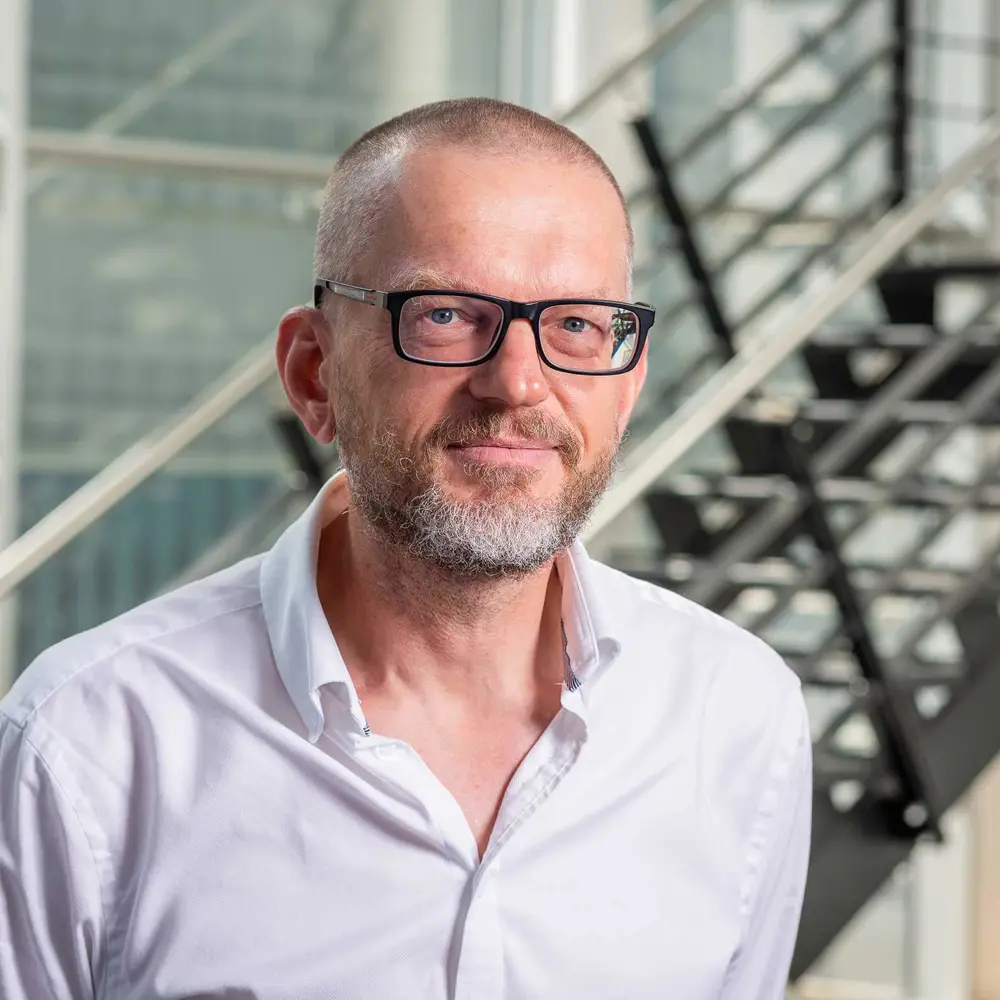
Prof Chris Brace
- Powertrain system modelling, optimisation, and validation
- Human driving behaviour
- Novel experimental and simulation methods
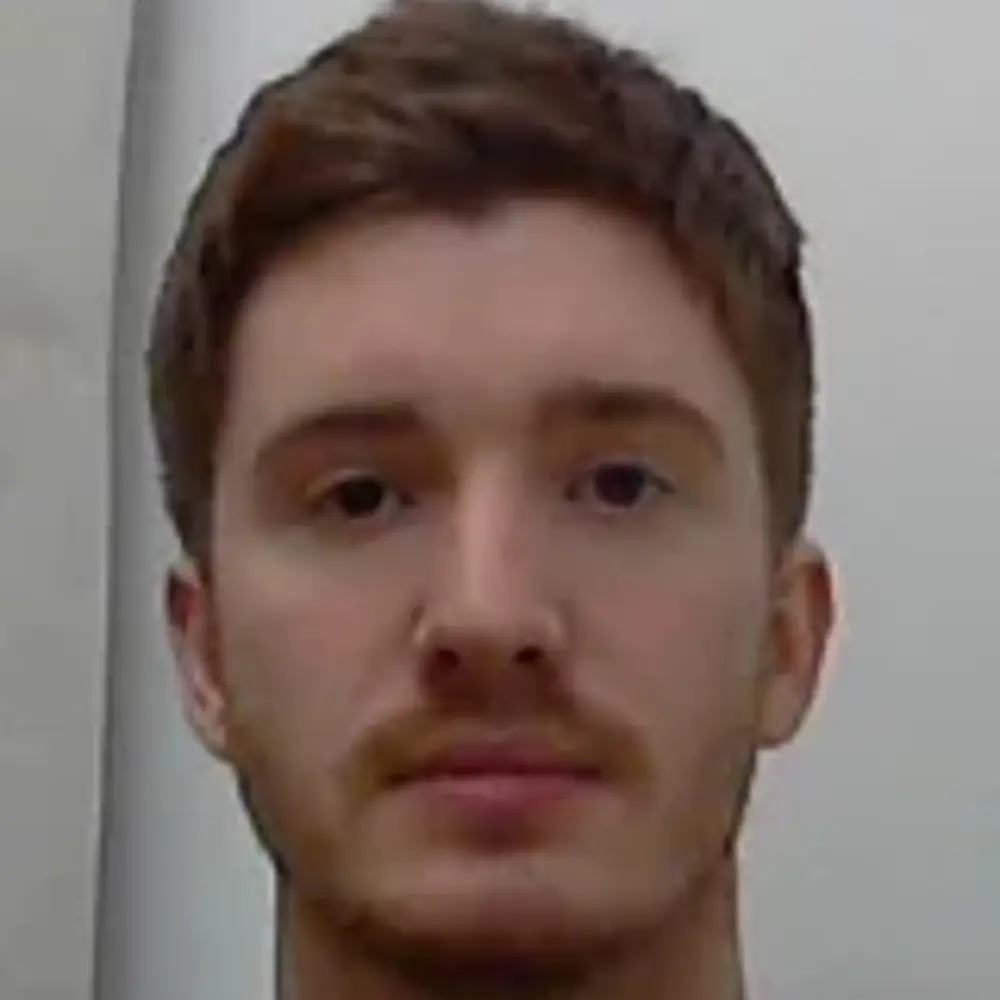
Dr Sam Bull
- Unsteady aerodynamics
- Flow control
- Reduced-order modelling
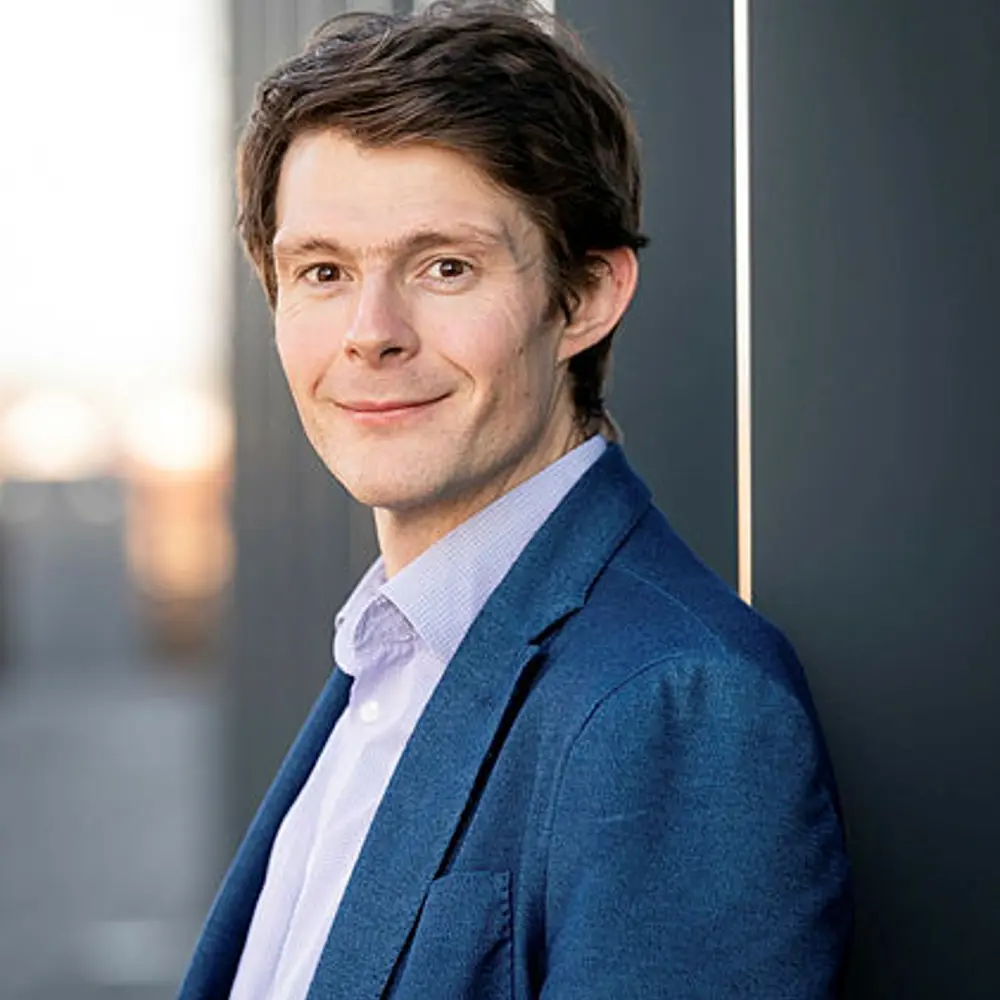
Prof Richard Burke
- Powertrain design and control optimisation
- Thermal evaluation and modelling of powertrain components
- Evaluation of powertrain behaviour in stochastic operating conditions
- Dynamic characterisation and experimental techniques
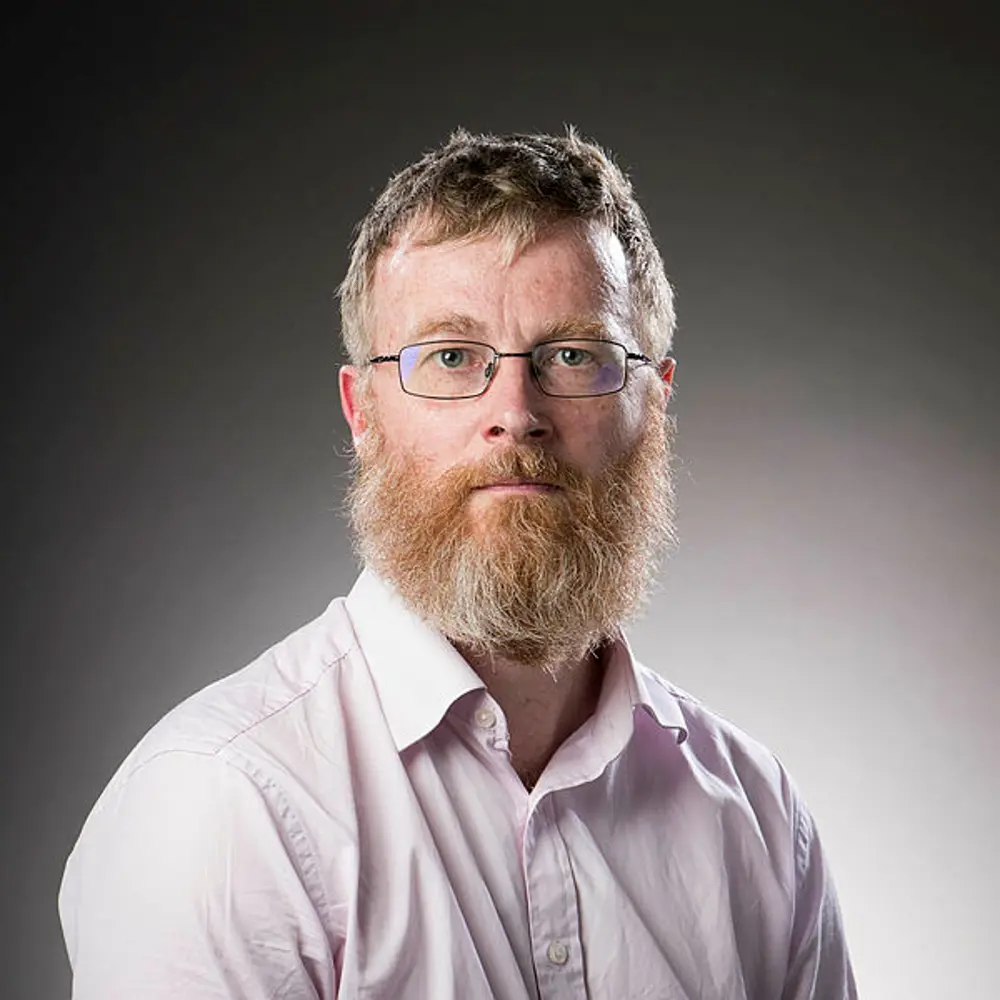
Dr Michael Carley
- Acoustics
- Boundary element method
- Numerical methods
- Aeroacoustics
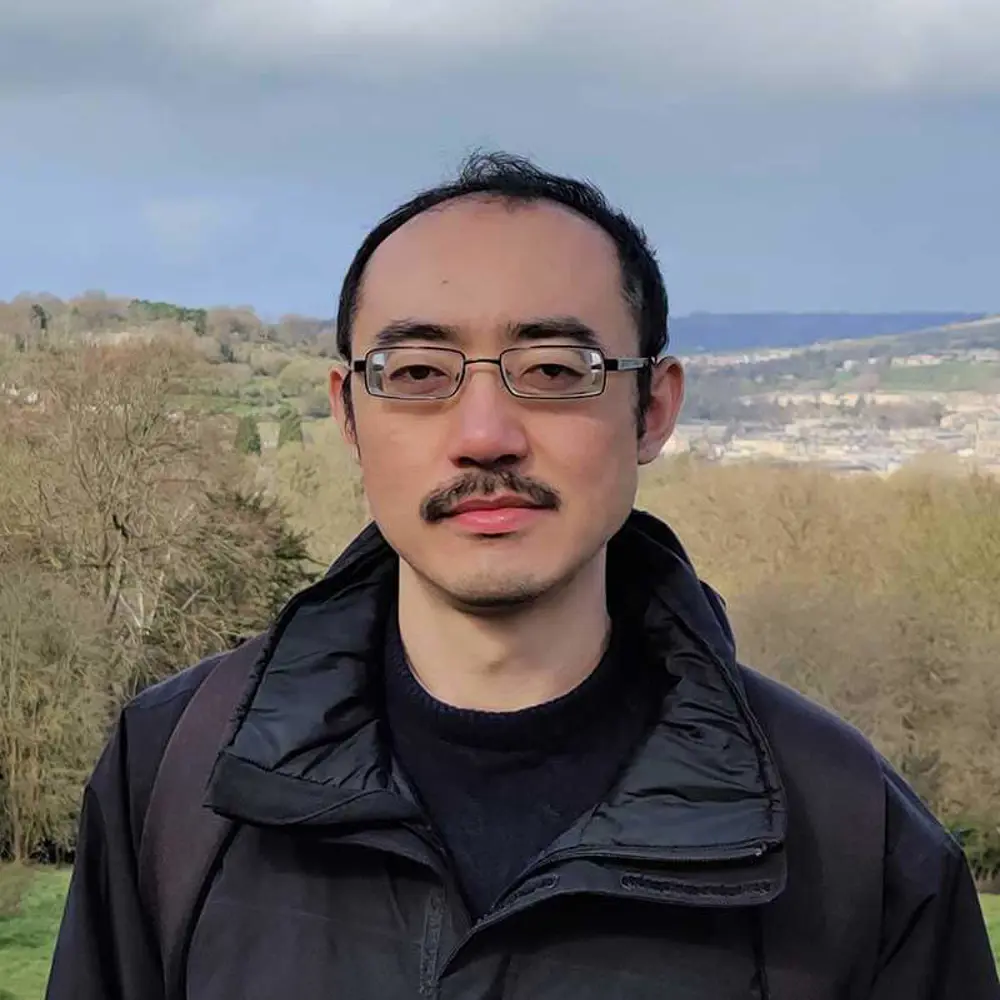
Dr Yang Chen
- Numerical simulation
- Composite materials and manufacturing
- Energy materials
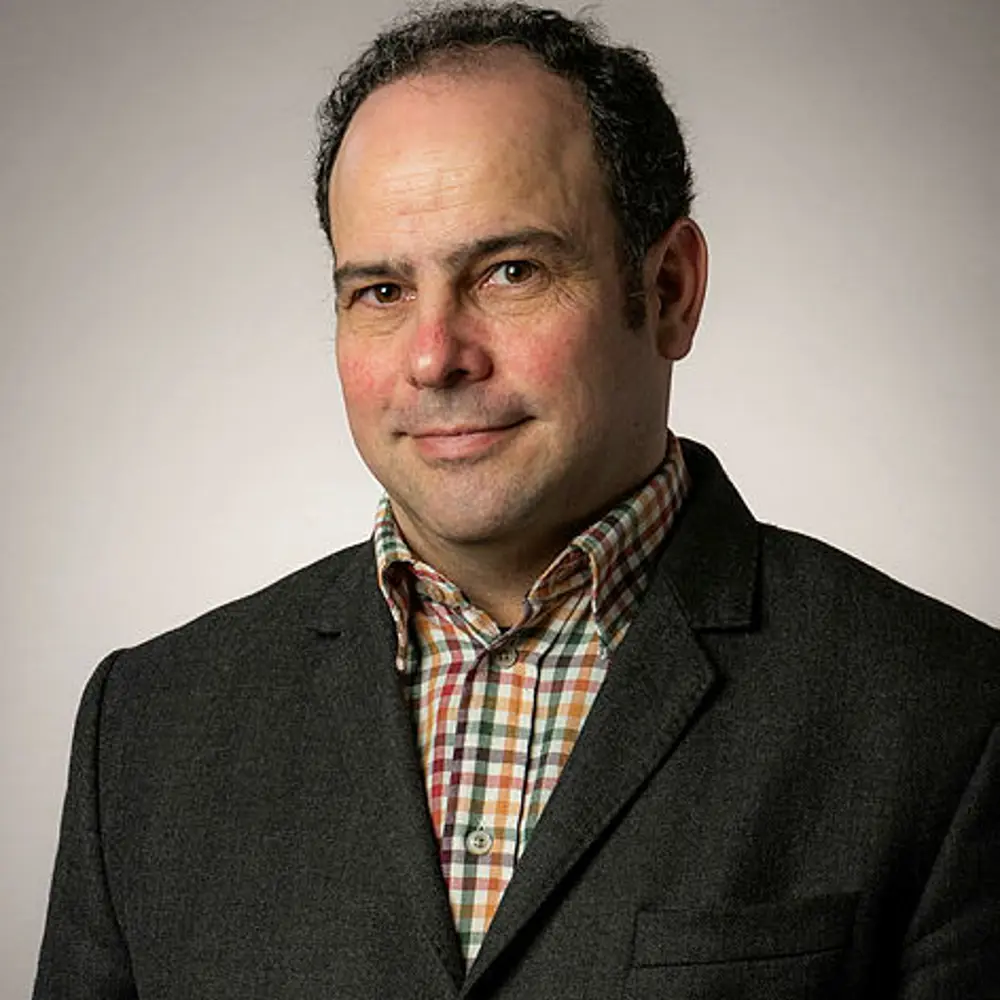
Dr Daniel Coren
- Tyre and brake particulate emissions
- Air motion in reciprocating and rotating internal combustion engines
- Low drag vehicle airflow management
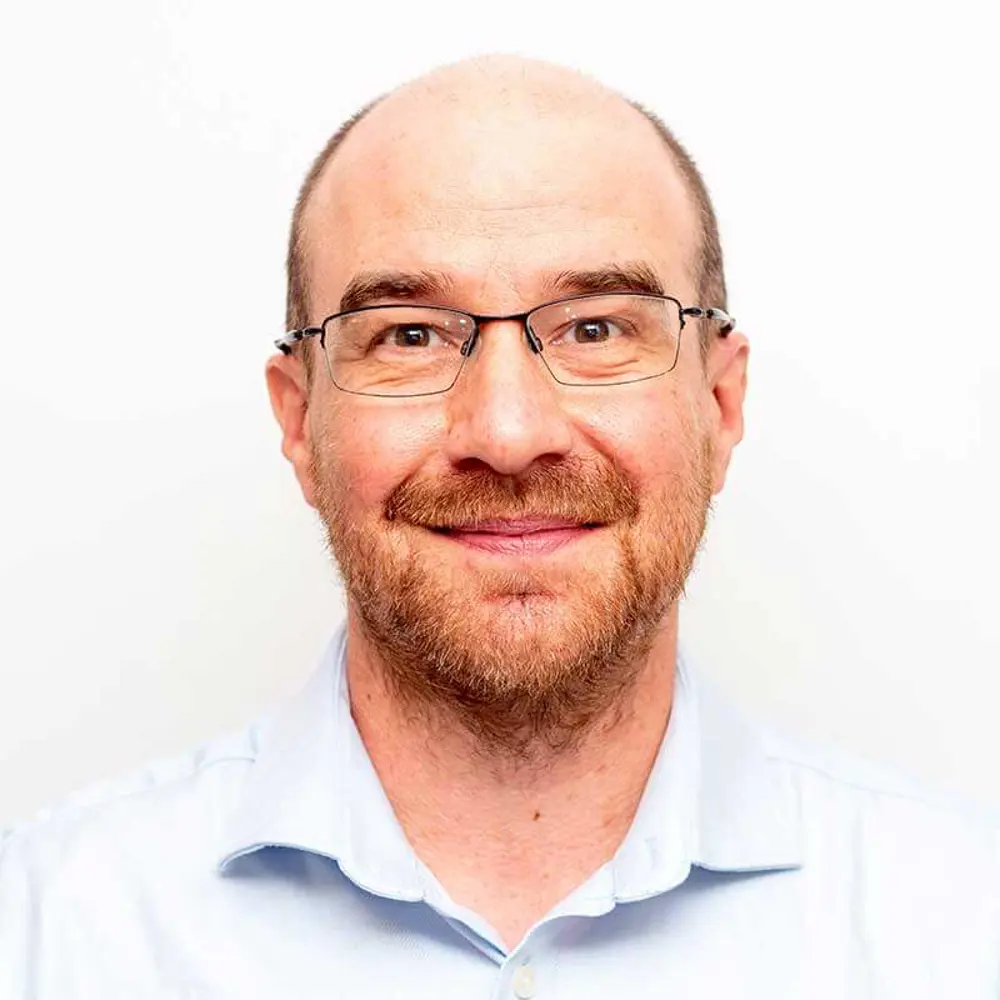
Dr Charles Courtney
- Battery state of charge and health monitoring
- Ultrasonic non-destructive testing
- Structural health monitoring
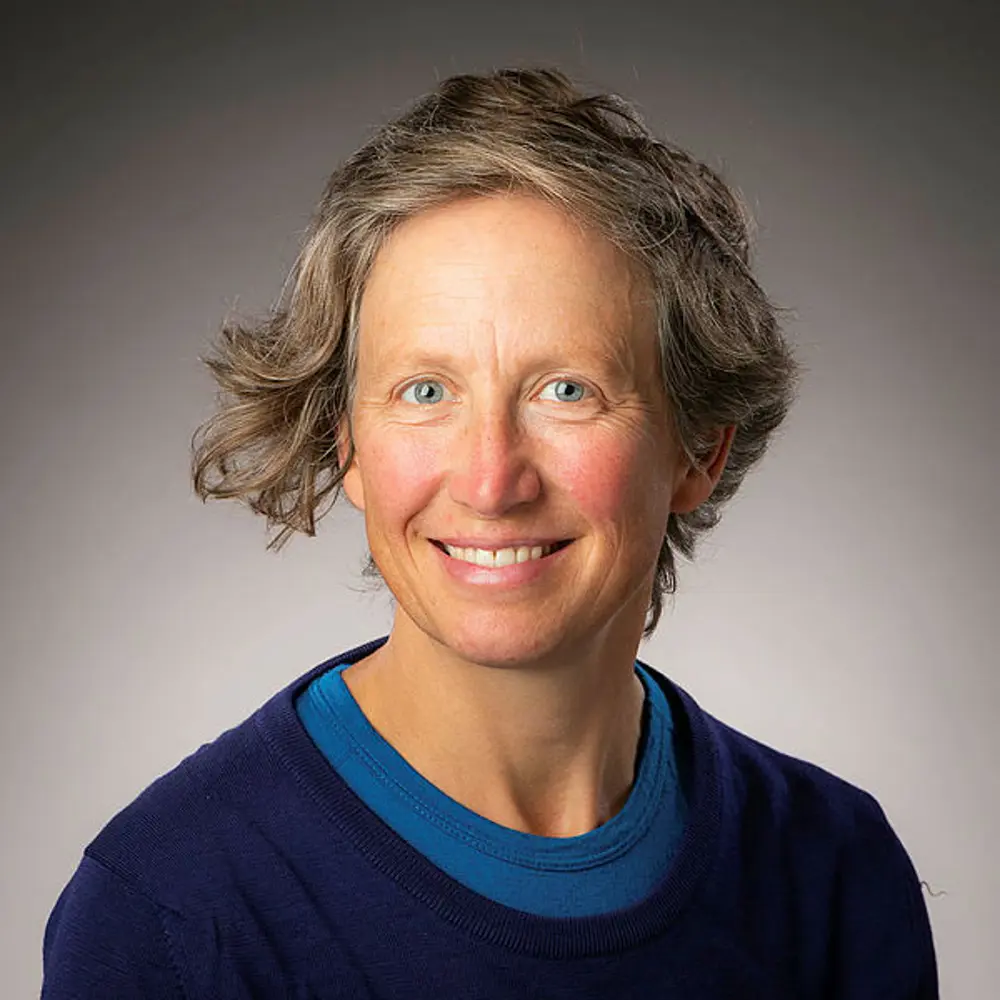
Dr Elies Dekoninck
- User-centred Product, Service and System Design
- Eco-Innovation tools and methods
- Sustainable product development
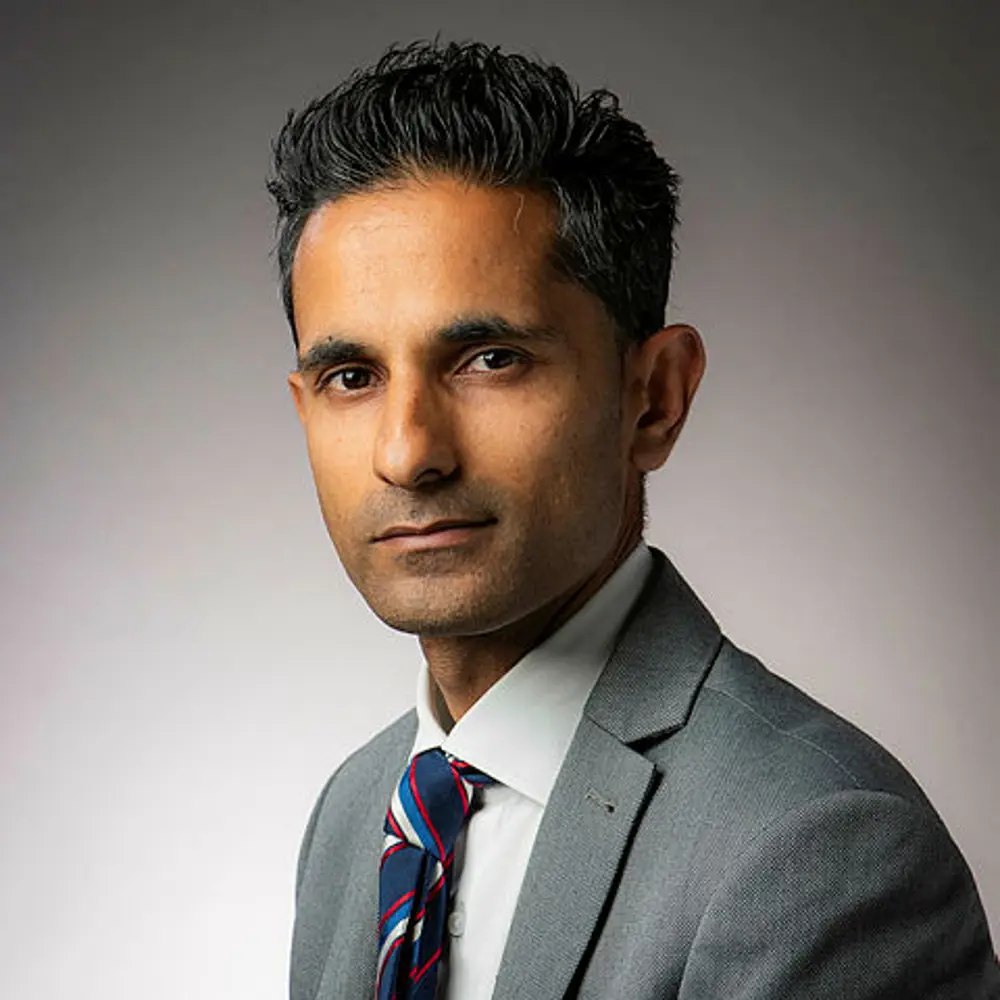
Dr Vimal Dhokia
- Digital Manufacture
- Additive Manufacture
- Design for Manufacture
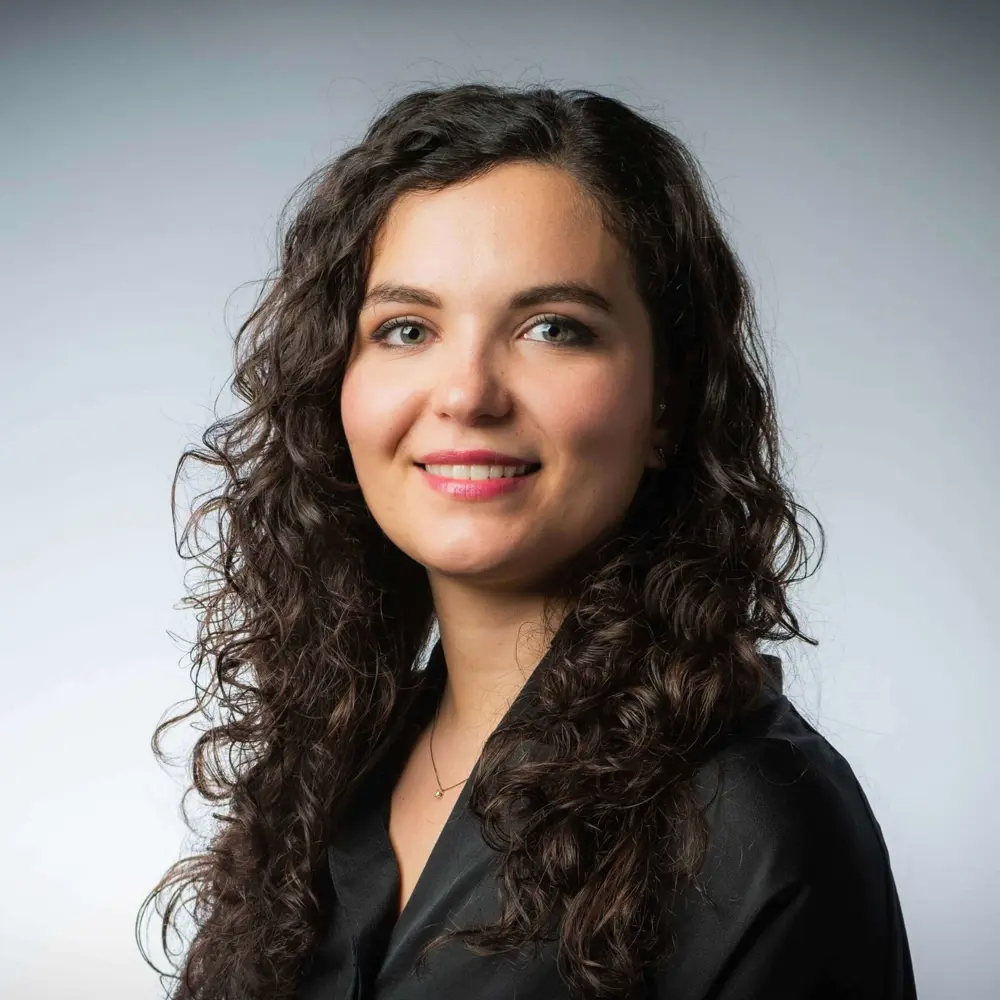
Dr Stefania Esposito
- Future combustion technologies for a net-zero future
- Renewable low carbon fuels
- Combustion system performance & emission modelling
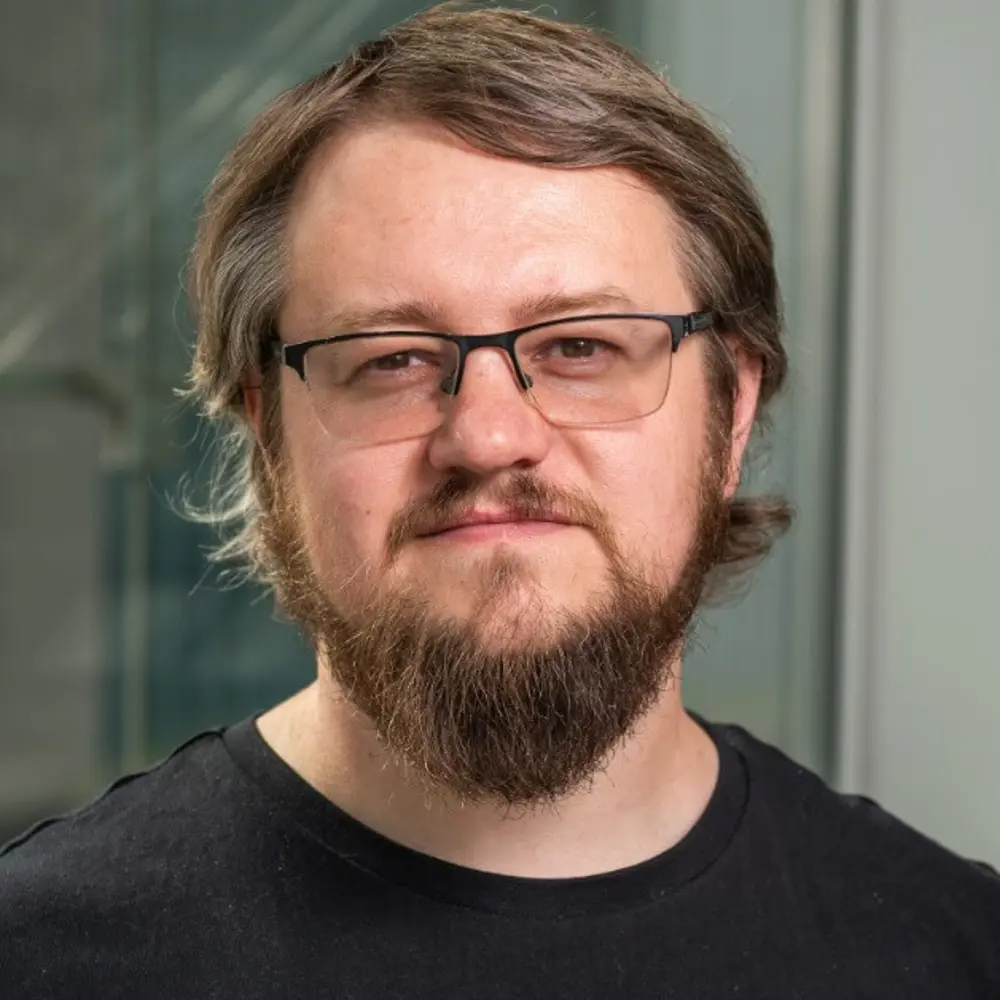
Dr Tom Fletcher
- Fuel Cells
- Alternative fuel powertrains
- Hybrid system modelling and optimisation
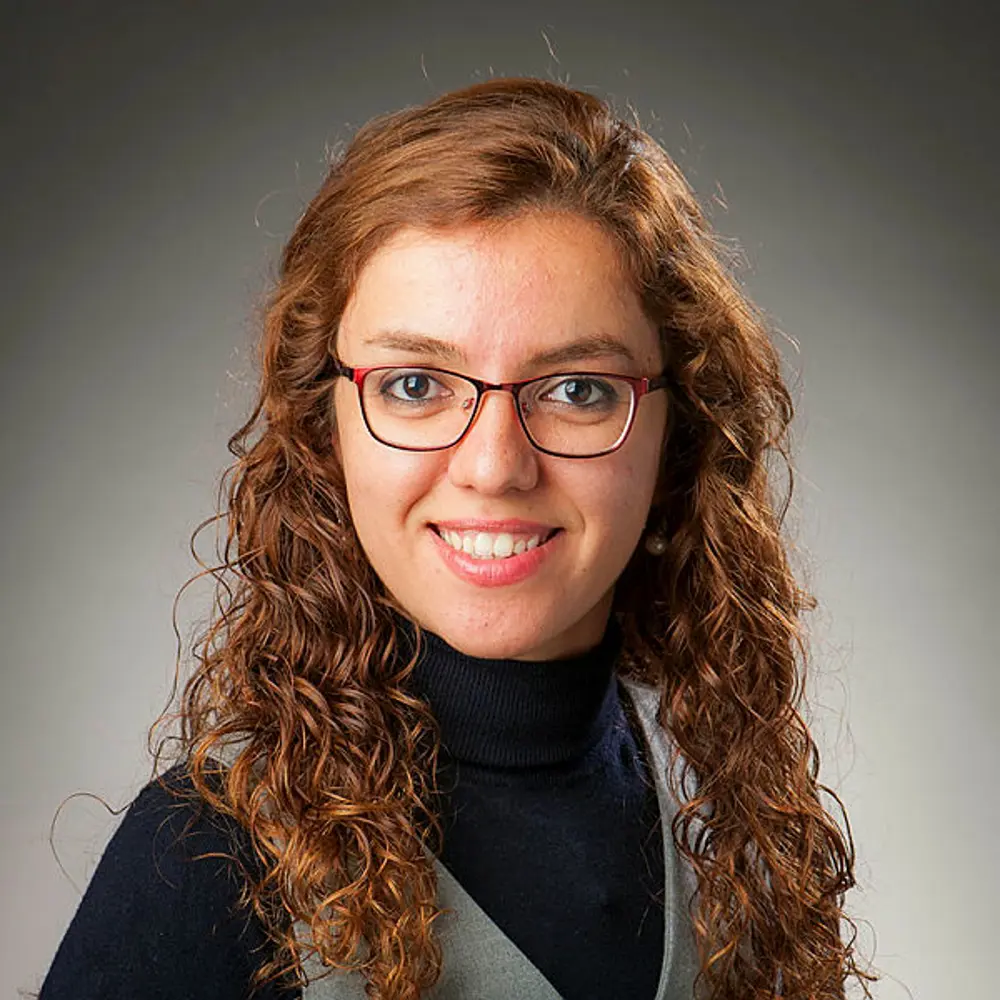
Dr Hamideh Khanbareh
- Functional materials for sensing, energy harvesting and catalytic activities
- High temperature piezoelectric sensors and actuators
- Recyclable functional materials
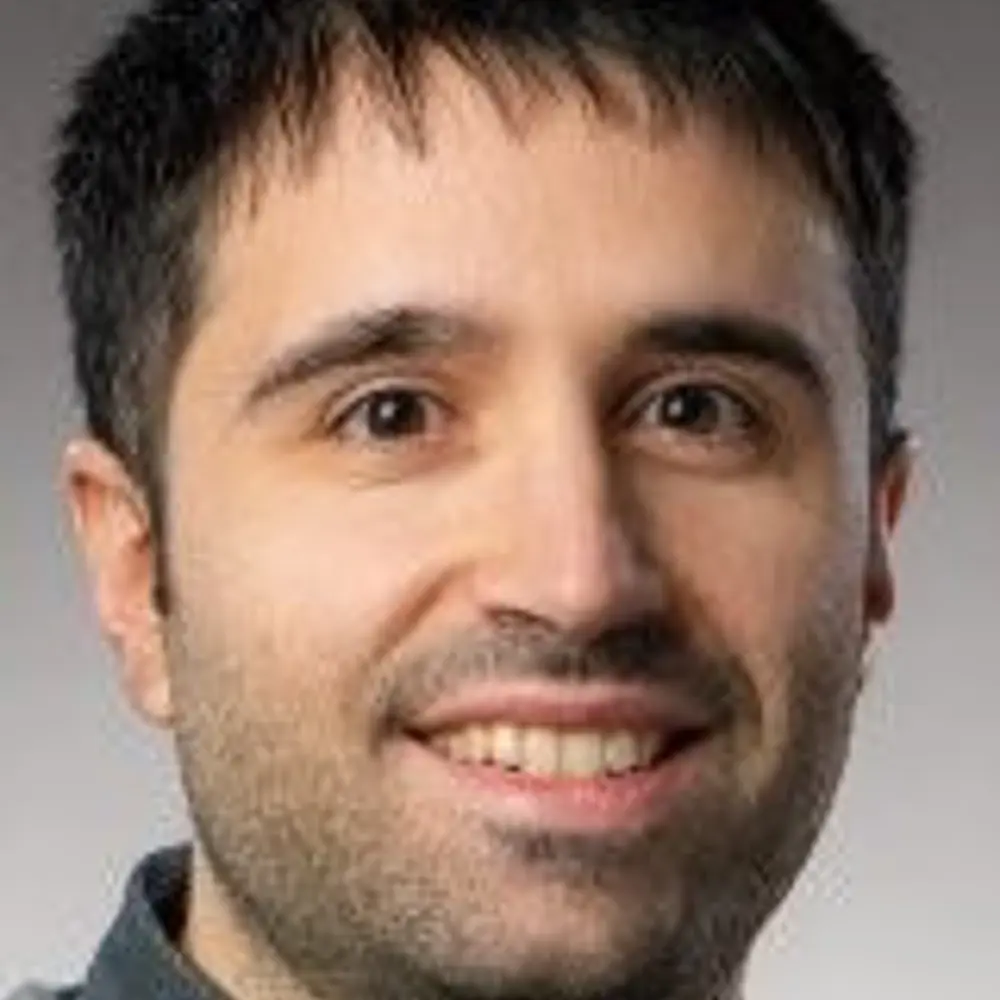
Dr Alessandro Leronni
- Mathematical modelling of battery performance and degradation
- Theoretical and experimental methods for lithium micromechanics
- Solid-state batteries for electric vehicles
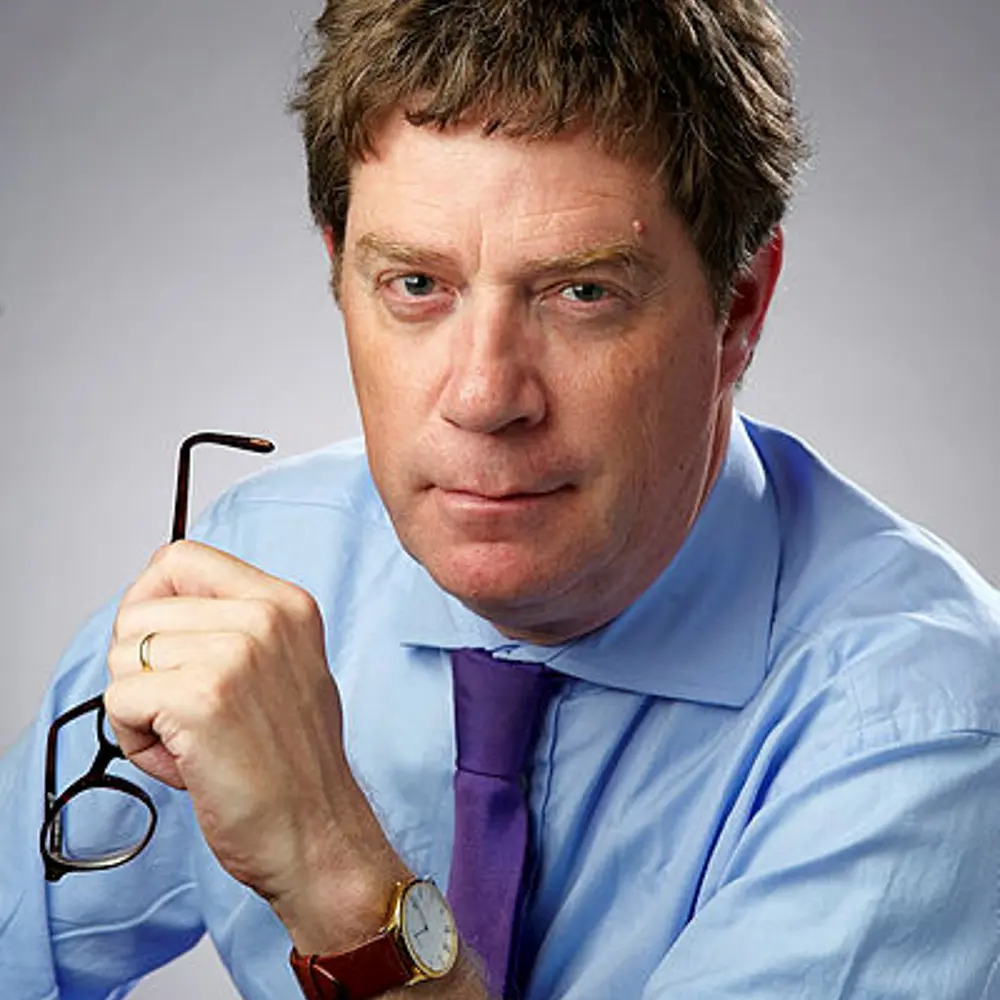
Prof Gary Lock
- Transportation and Society
- Propulsion Electrification
- Turbomachinery
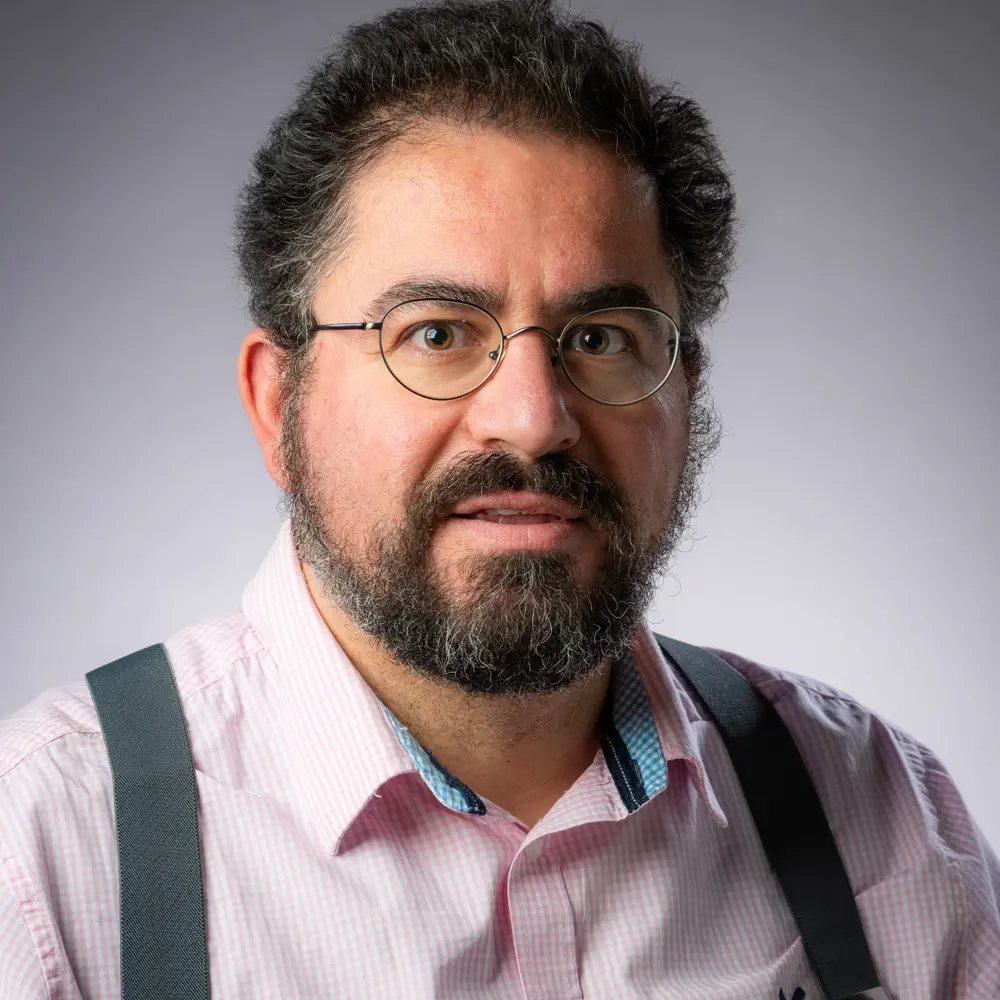
Dr Evros Loukaides
- Flexible manufacturing
- Mechanical metamaterials
- Morphing structures
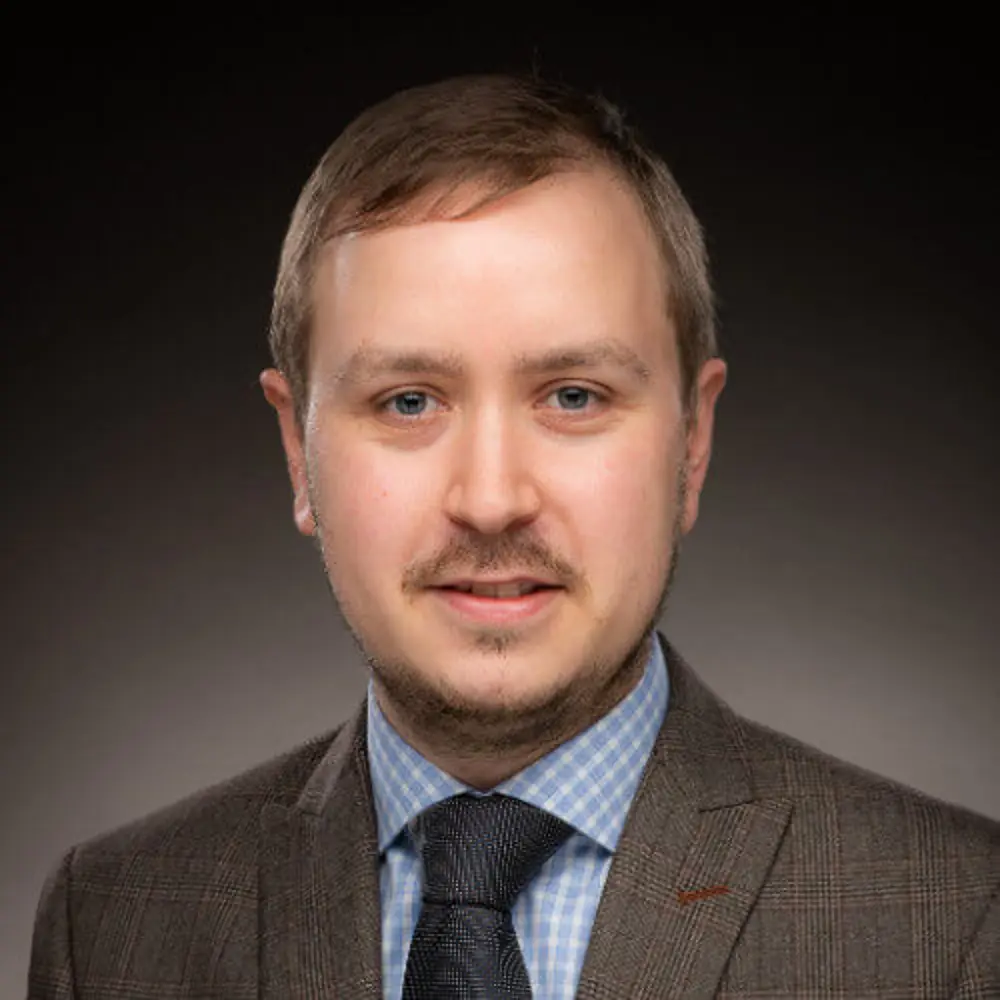
Dr Alex Lunt
- Micromechanics
- Non-destructive characterisation
- Microscopy-based methods
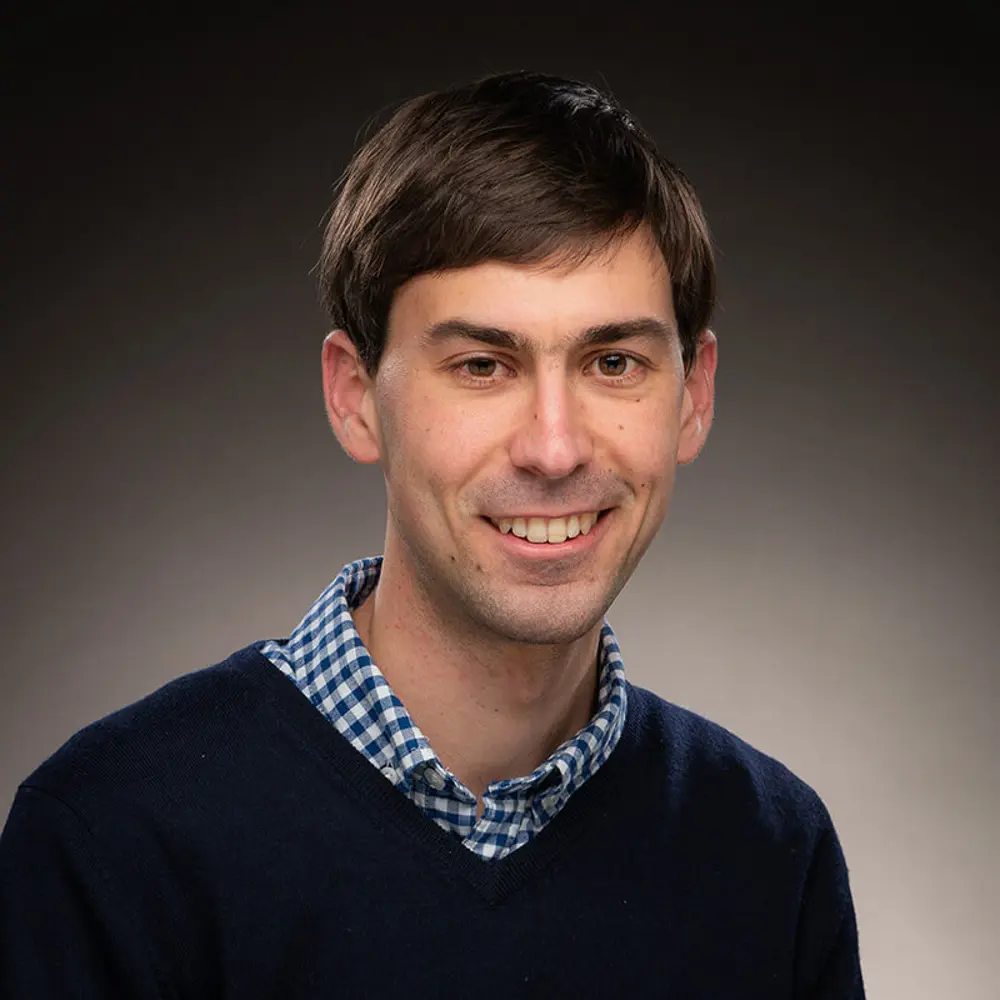
Dr Rick Lupton
- Modelling and analysis of embodied and operational environmental impacts
- Novel transport systems with absolutely zero emissions
- Uncertainty/sensitivity analysis and probabilistic methods
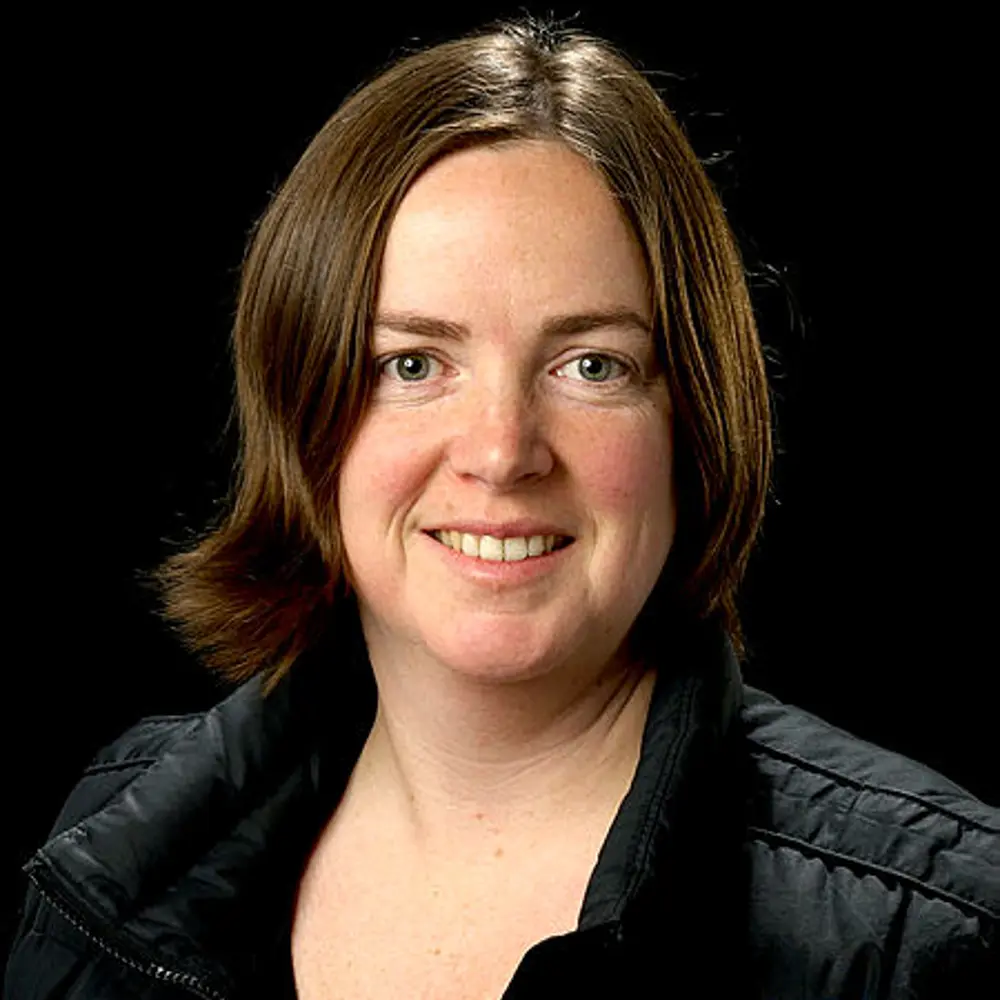
Prof Marcelle McManus
- Future of low carbon mobility
- Life Cycle Assessment and Carbon Assessments
- Novel fuels and systems
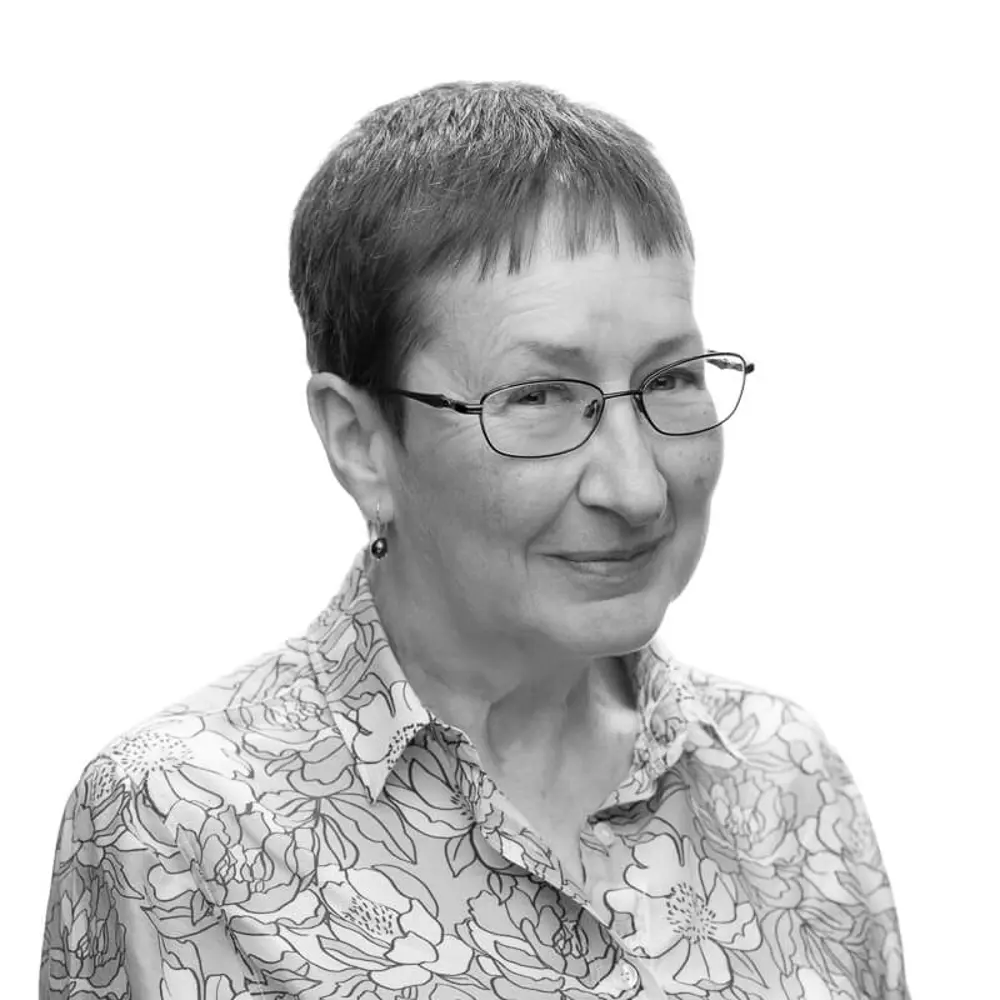
Prof Linda Newnes
- Whole Life Value
- People-Led Digitalisation within the automotive sector
- Manufacturing the Future: impact of disruptive technologies within the automotive sector
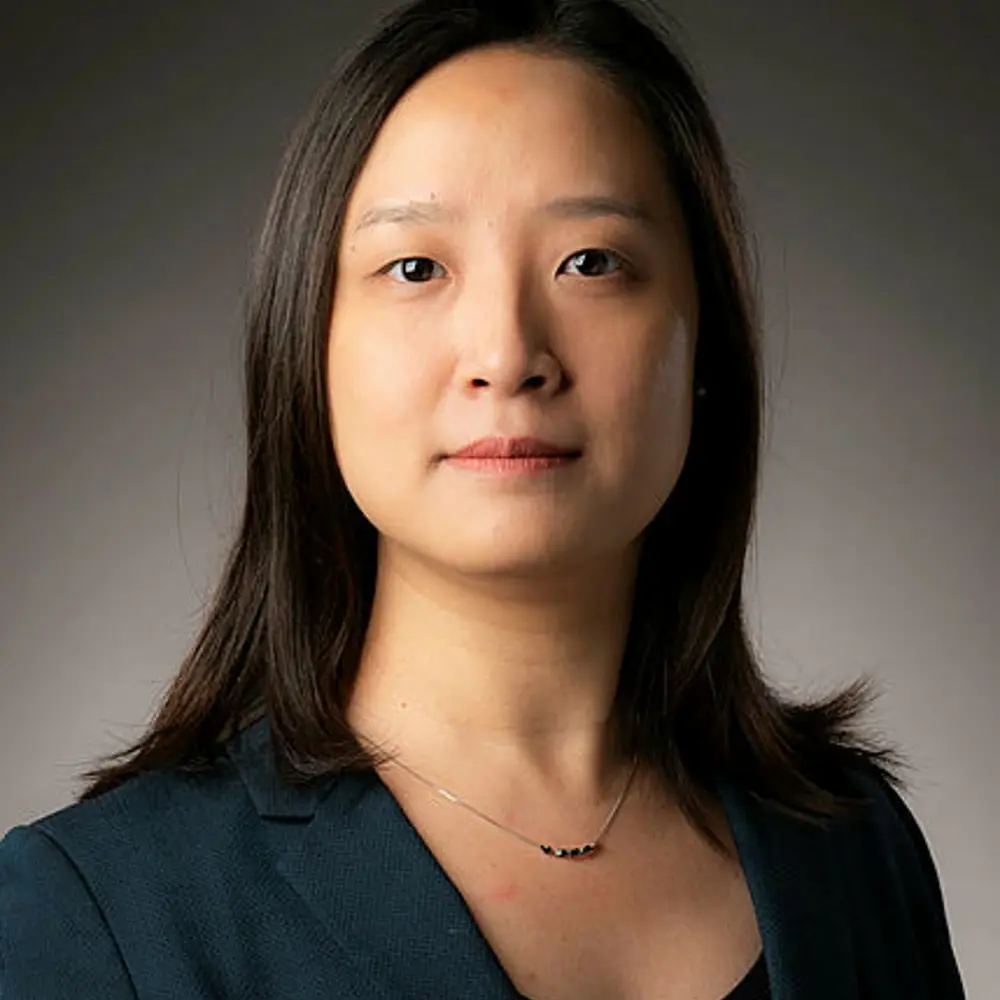
Dr Min Pan
- Smart Actuation and Motion Control
- Digital Systems, Optimisation and Integration
- System Modelling, Optimisation and Validation
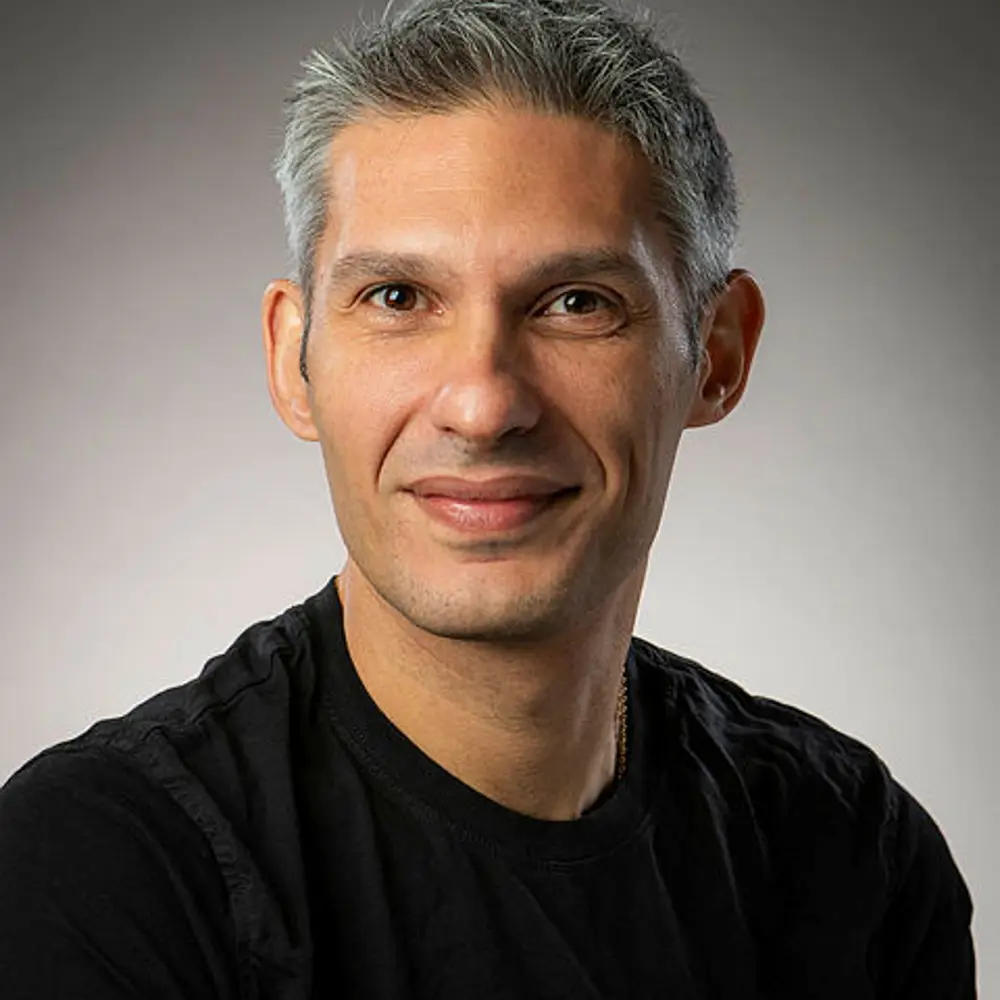
Dr Antonio Pellegrino
- Design and analysis of lightweight protective structures for impact loading applications
- Development and analysis of reinforced polymer and composite structures
- Dynamic behavior of adhesive joints under varying environmental conditions and loading rates
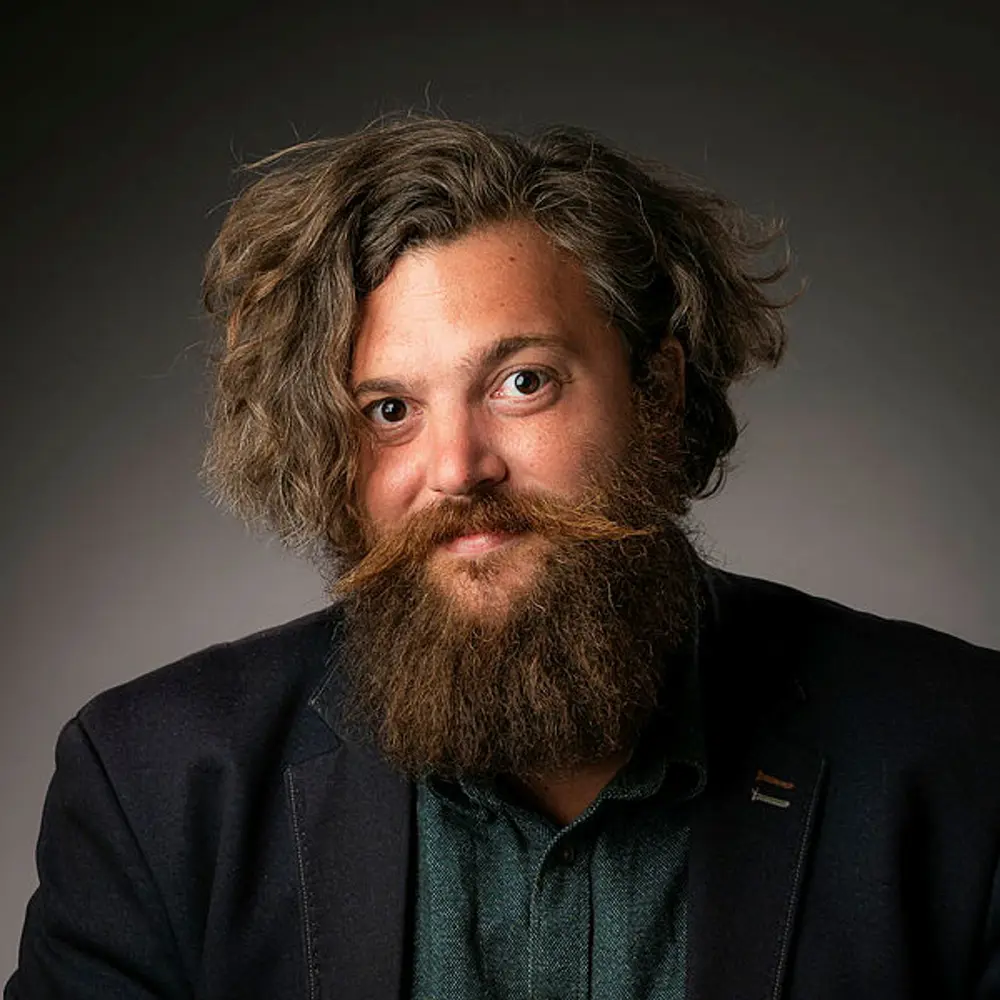
Dr Fulvio Pinto
- Composite Materials and Smart Materials
- Impact resistant structures and dynamic characterisation of materials
- Sustainable Materials and Structures
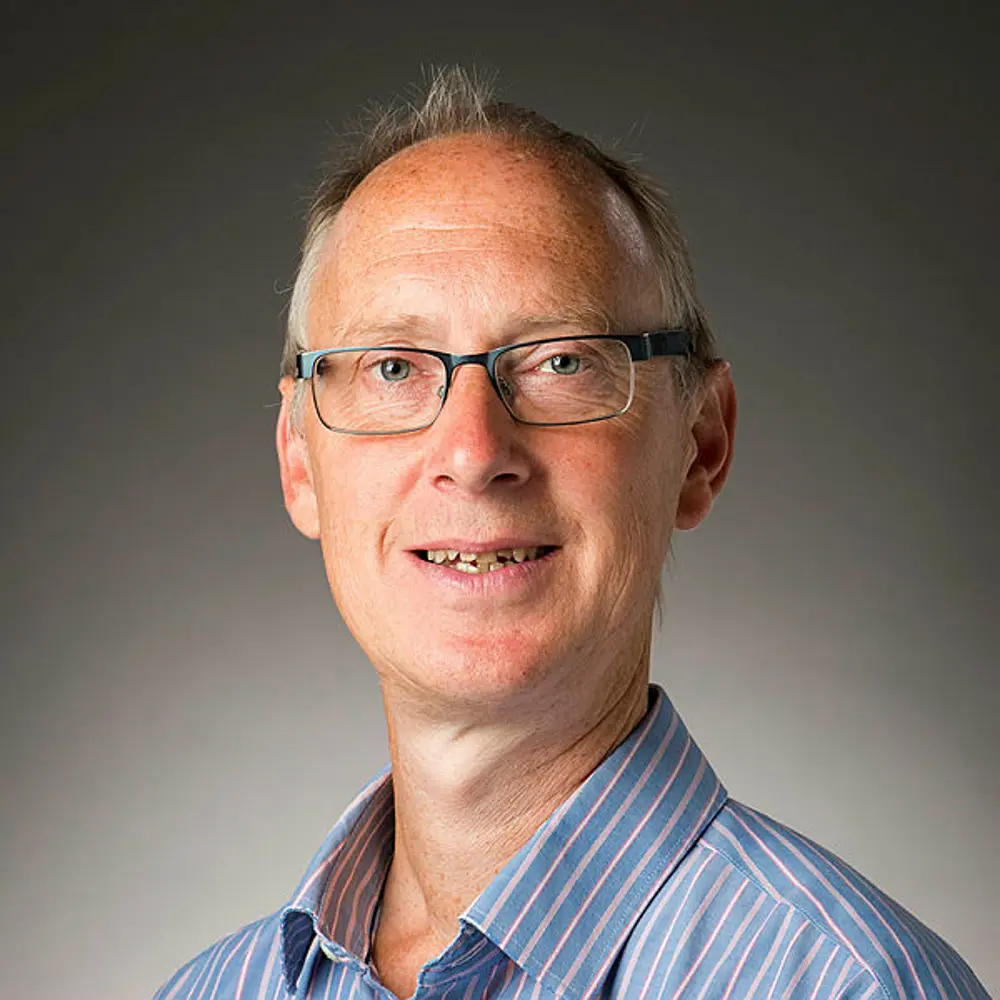
Prof Andrew Plummer
- Dynamics and control
- Servohydraulic, electromagnetic and piezoelectric actuation
- Control and design of hydrogen propulsion systems for aerospace
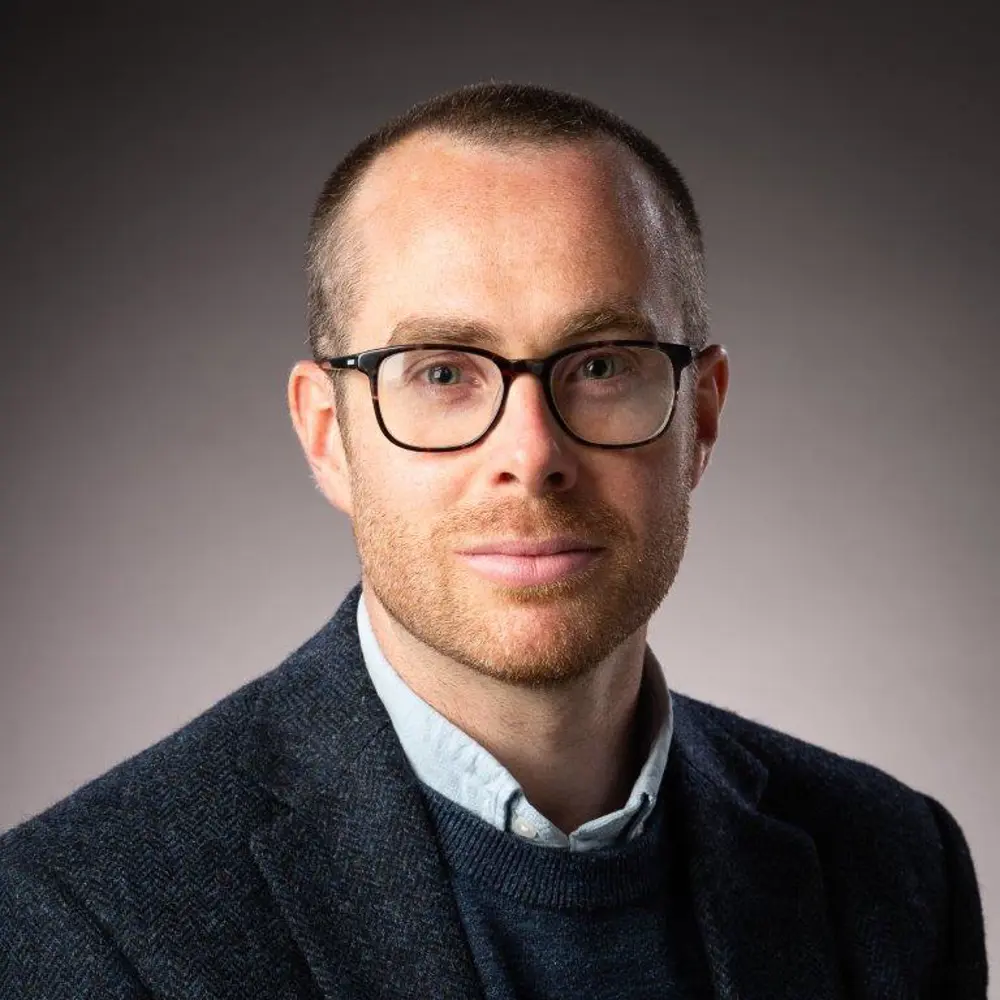
Dr Oliver Pountney
- Experimental simulation of heat transfer problems
- Modelling of additively manufactured heat exchangers
- Improving the efficiency of fluid dynamic systems involving heat transfer
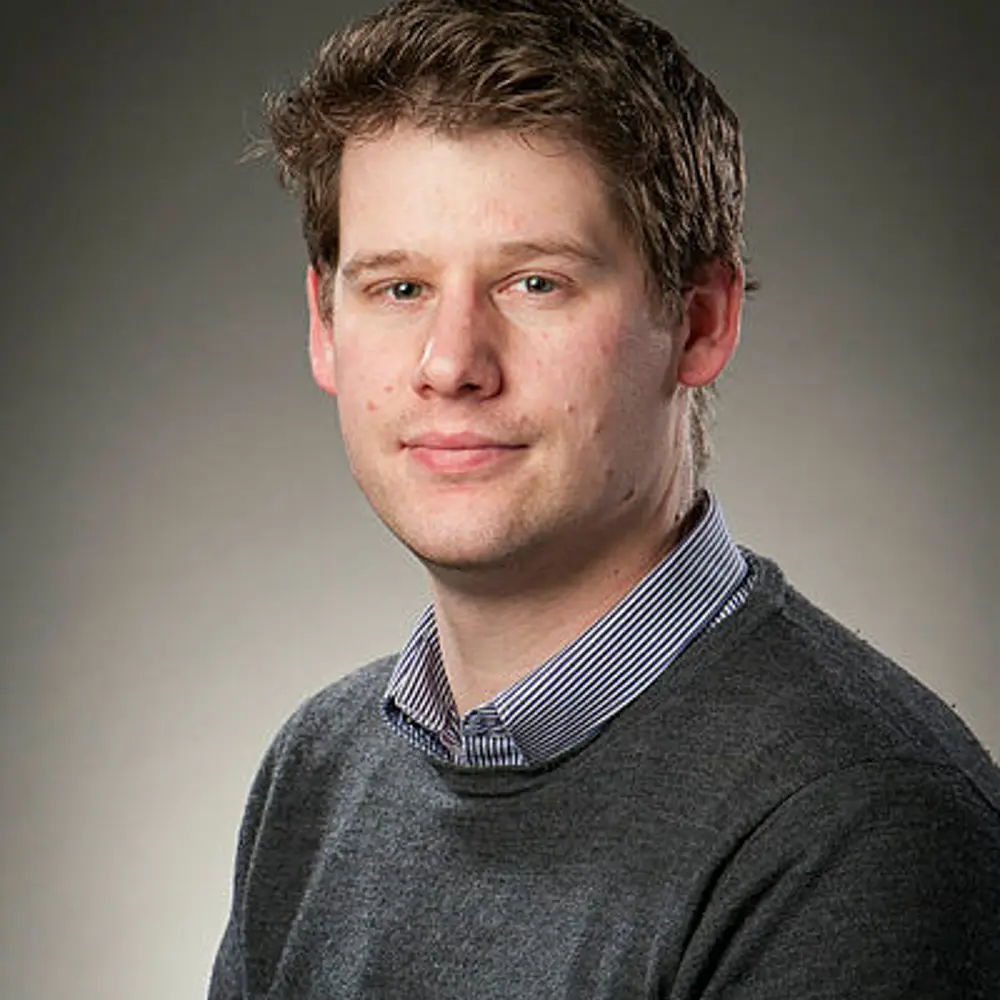
Dr Andrew Rhead
- Structural Batteries
- Carbon fibre composites
- Hydrogen Propulsion
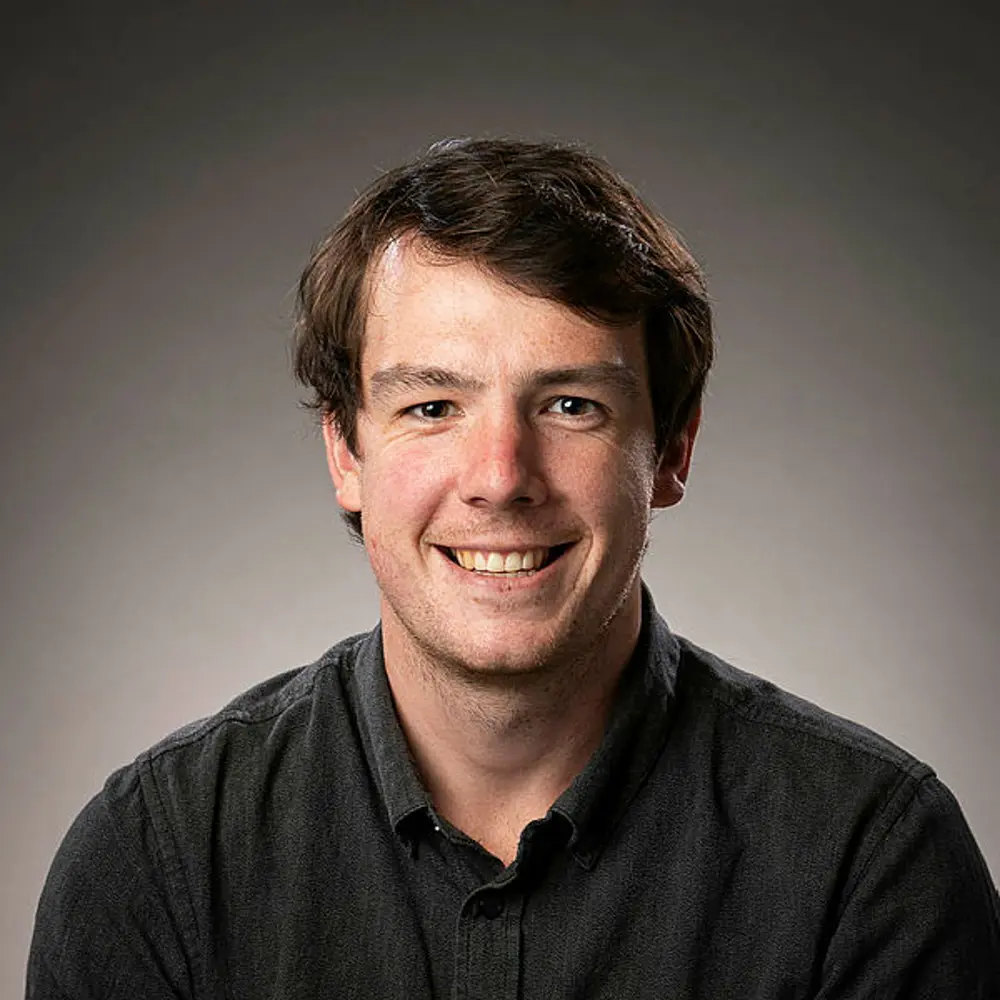
Dr James Roscow
- Functional ceramics
- Materials for sensors, actuators and energy harvesters
- Materials processing
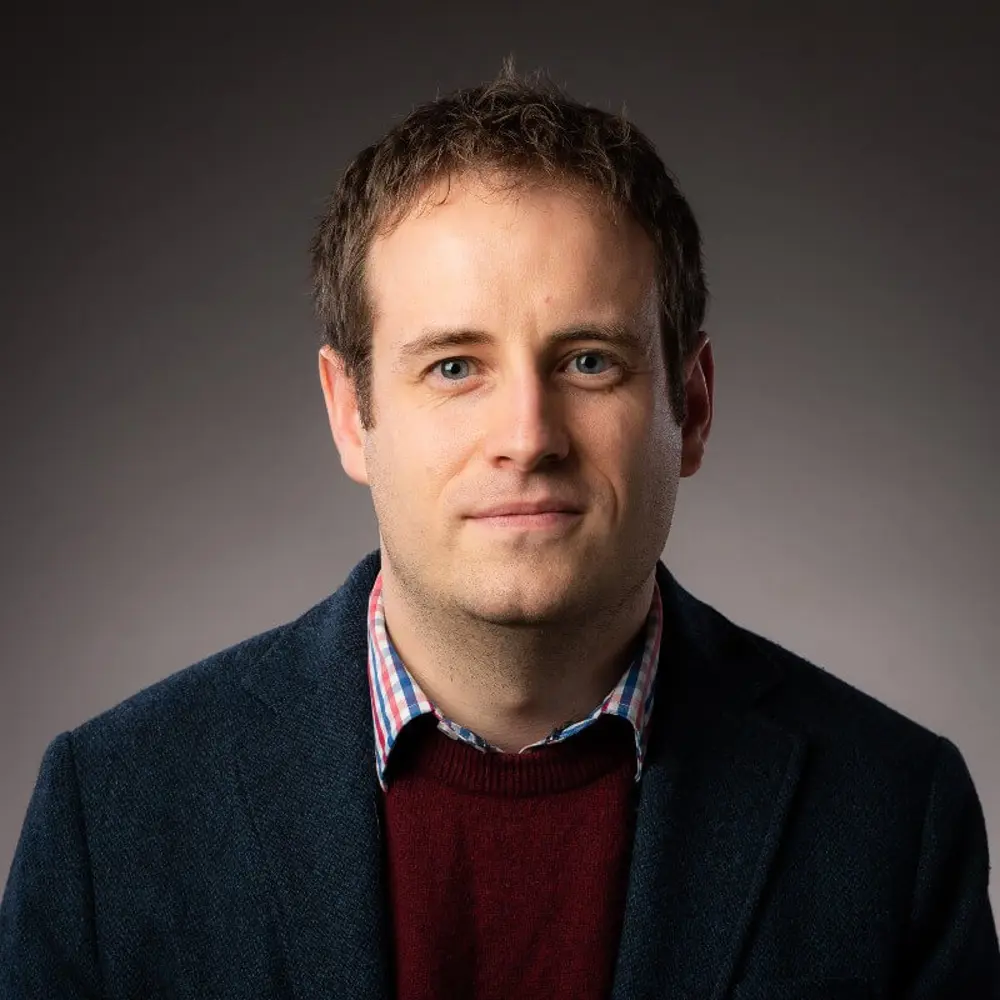
Prof Carl Sangan
- Aeroengine technology
- Experimental modelling of turbomachinery
- Modelling of fluid dynamics and heat transfer
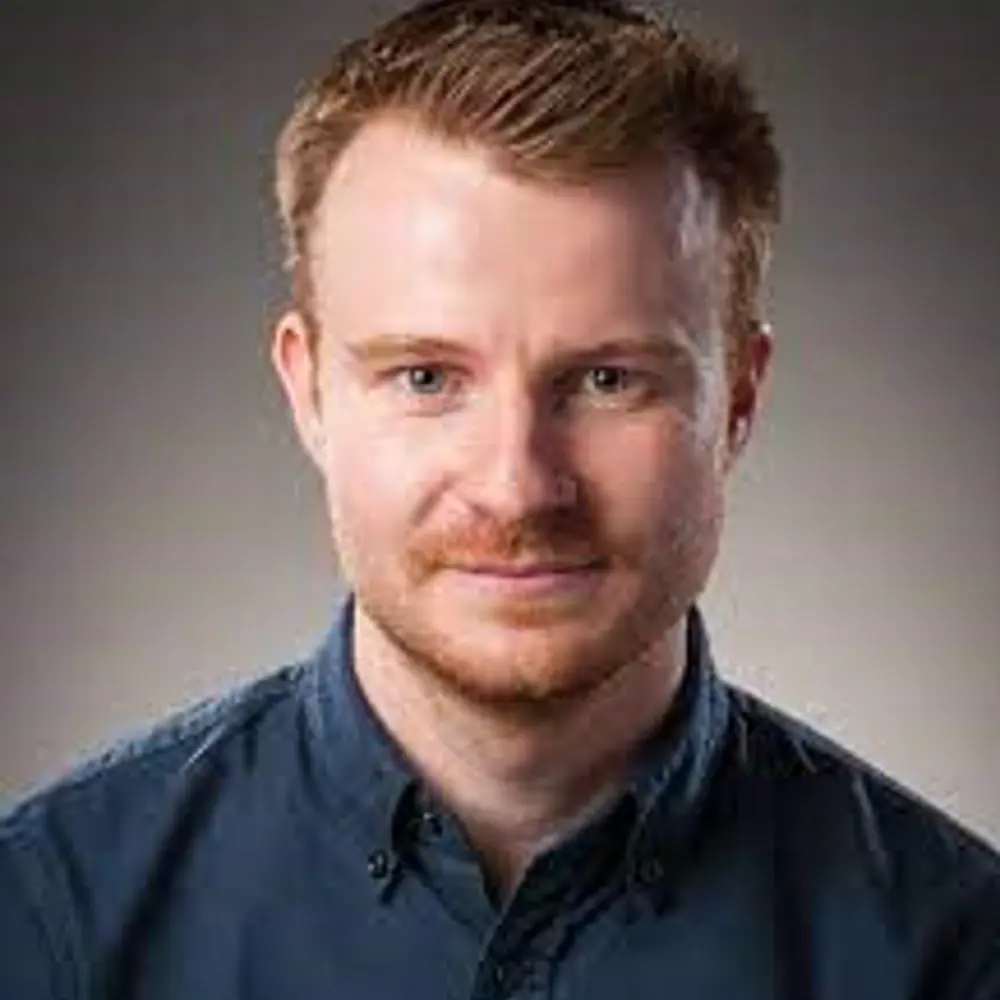
Dr James Scobie
- Gas Turbine Technology
- Fluid Dynamics and Heat Transfer of Rotating Flow Systems
- Efficient Use and Management of the Gas Turbine Secondary Air System
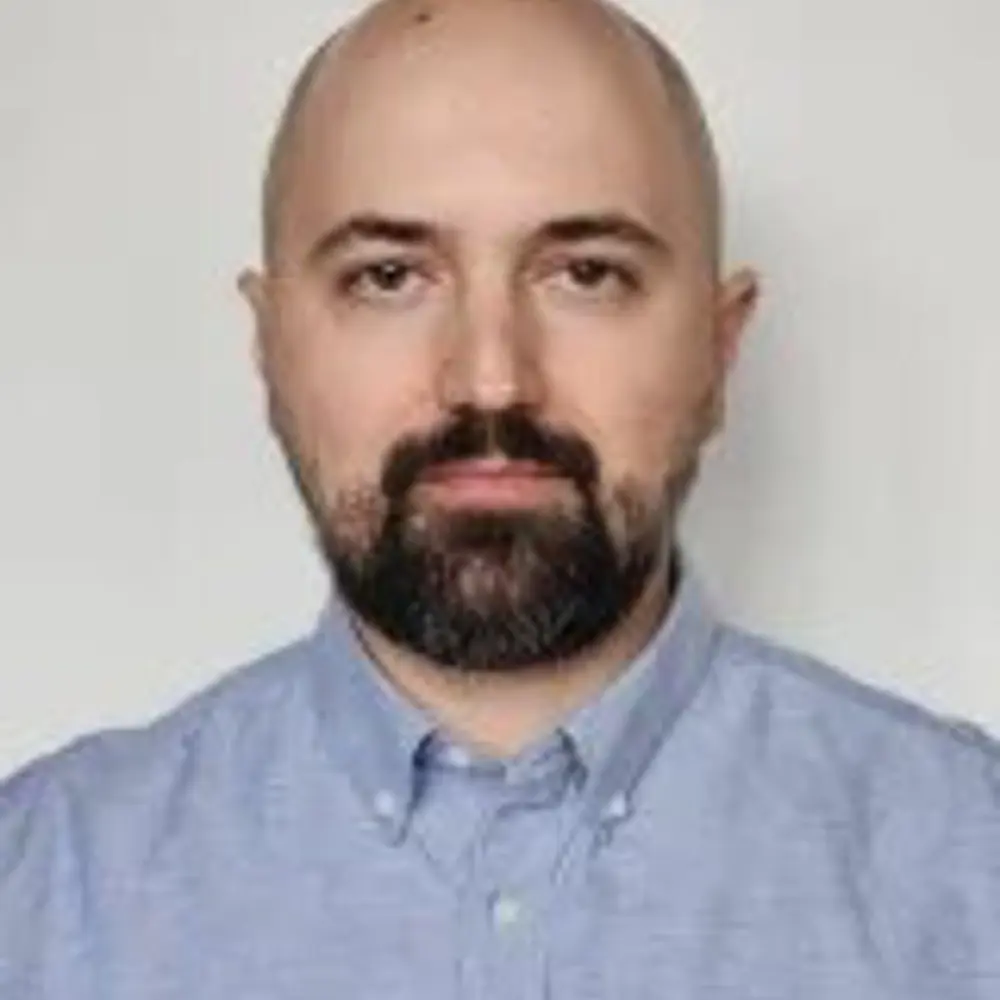
Dr Aykut Tamer
- Aerospace
- Rotorcraft
- Structural dynamics and aeroelasticity
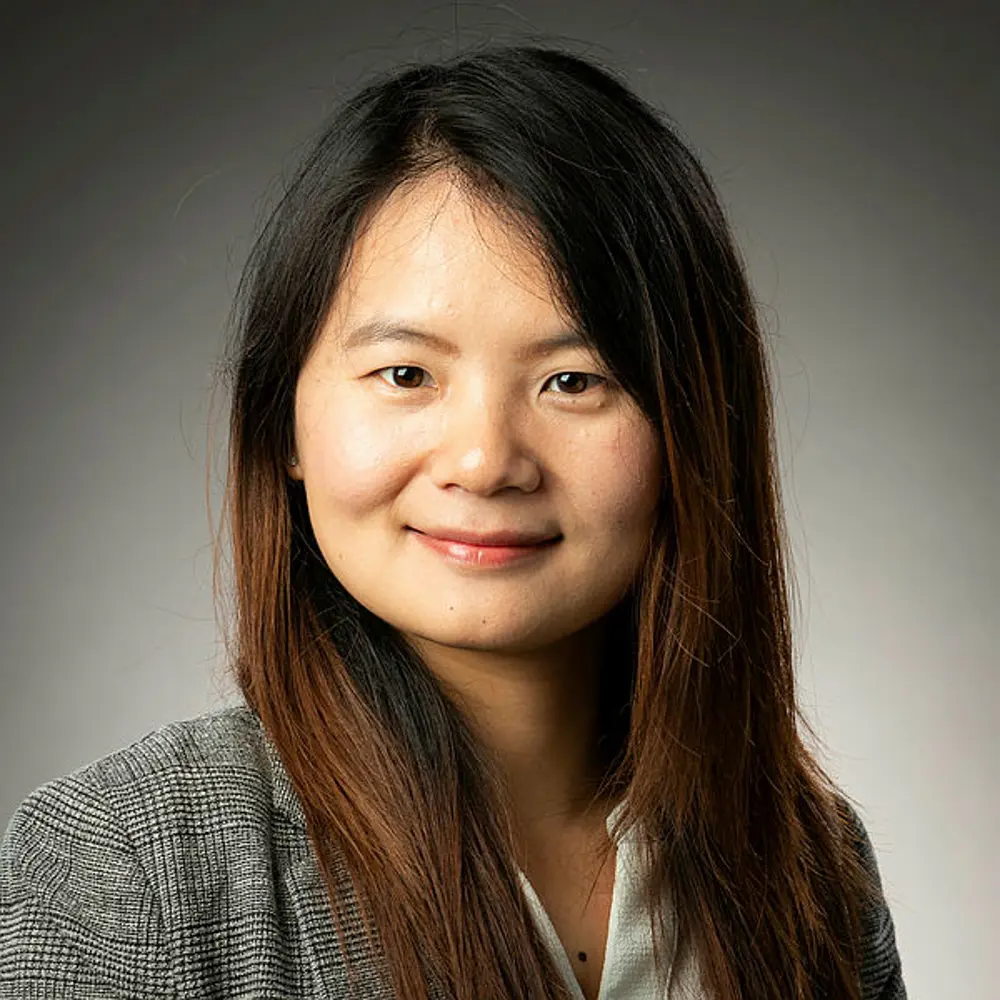
Dr Hui Tang
- Reduced-Order Modelling of Flow and Heat Transfer
- Sustainability and Low Carbon Transition
- Mathematical Modelling and Optimisation
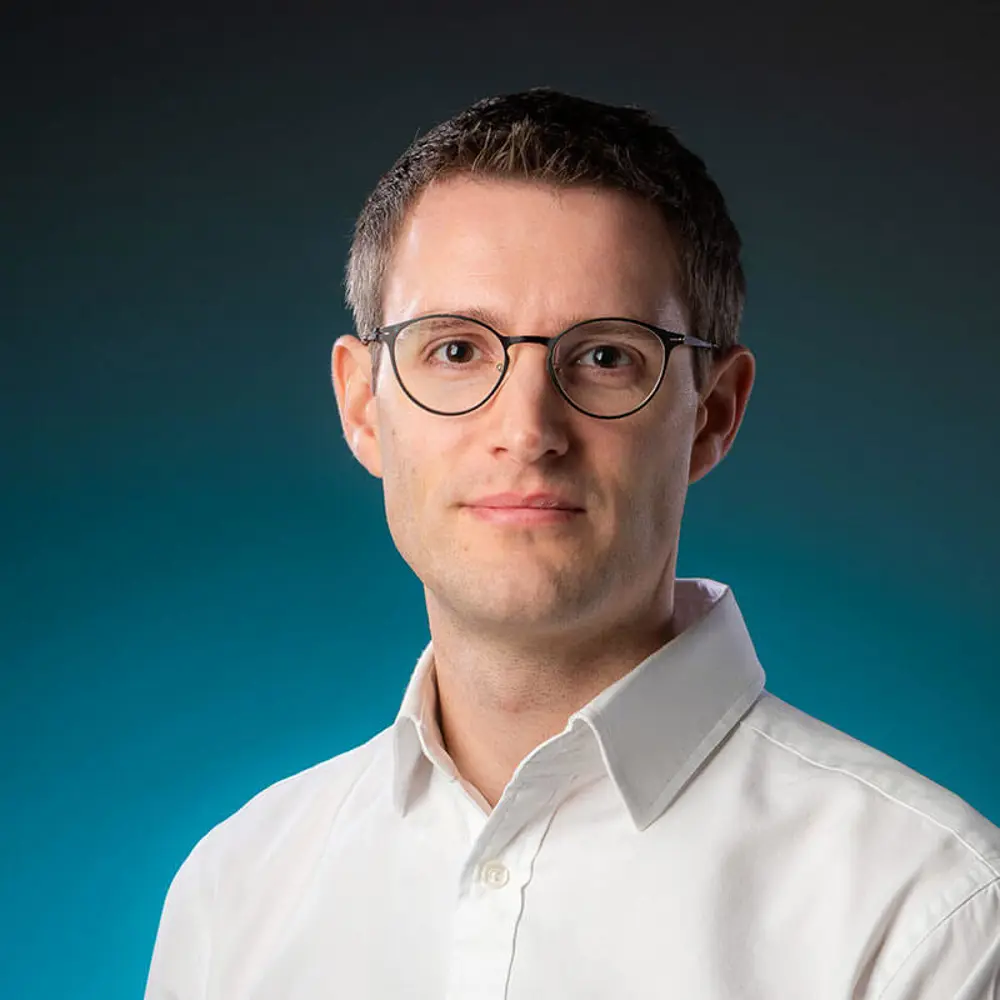
Dr Chris Vagg
- Propulsion Electrification
- Battery thermal management
- Novel electric motor topologies
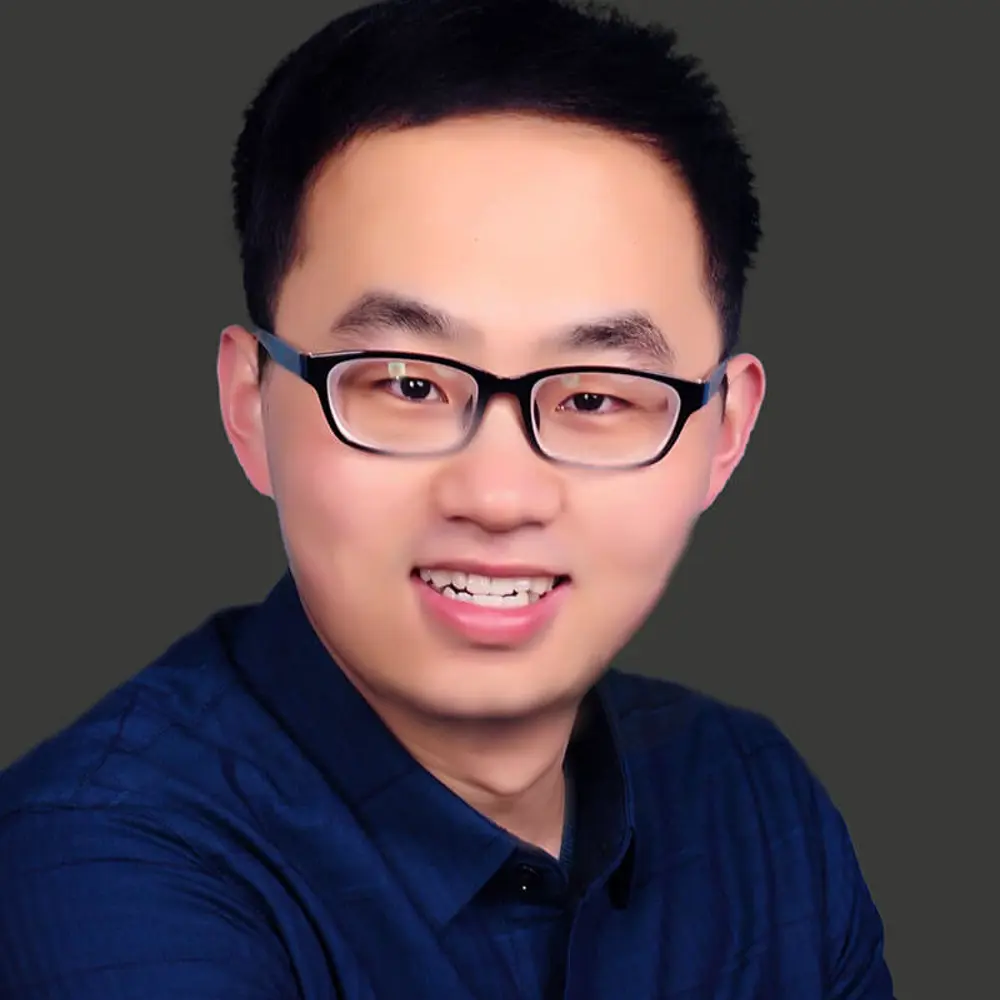
Dr Hao Yuan
- Sustainable Propulsion Systems
- Chemical Kinetics and Alternative Fuels
- Numerical Modelling of Combustion and Lithium-ion Batteries
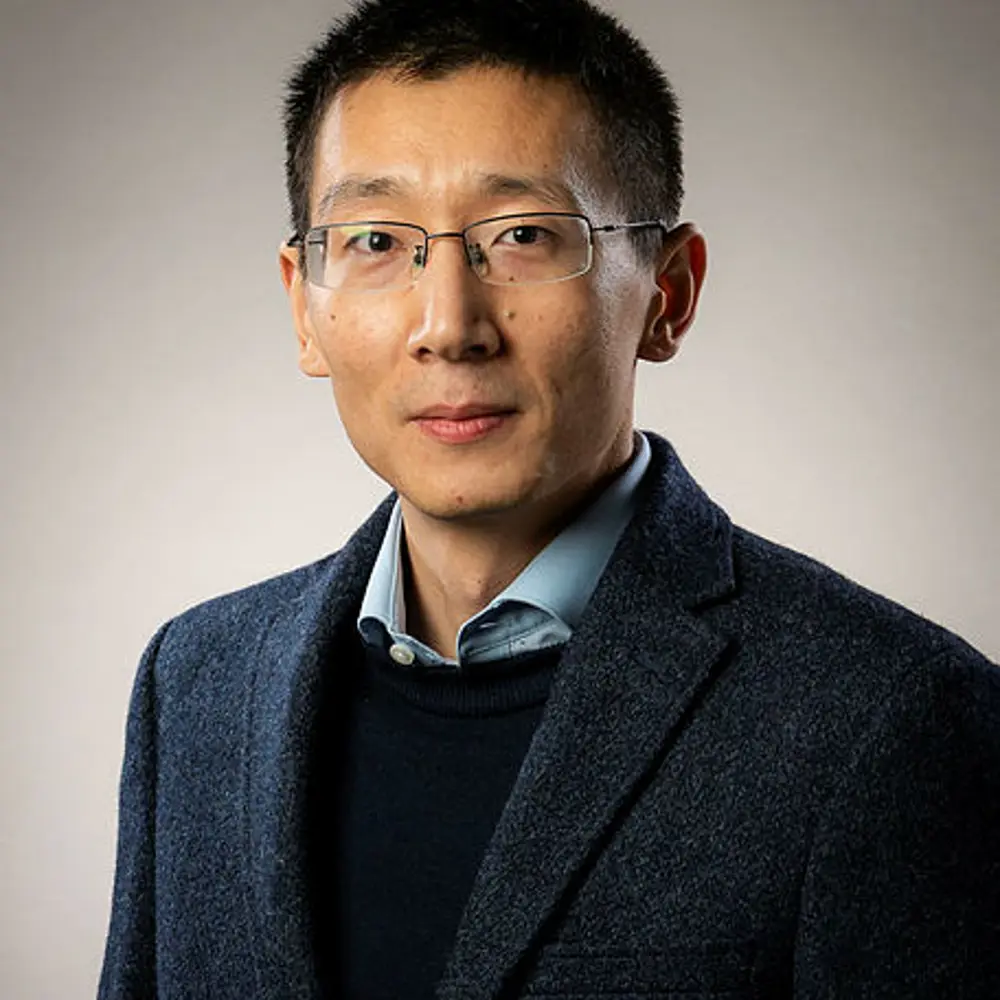
Dr Nic Zhang
- Automated vehicle verification and validation
- Intentions and interactions of road users
- Machine learning for powertrain systems
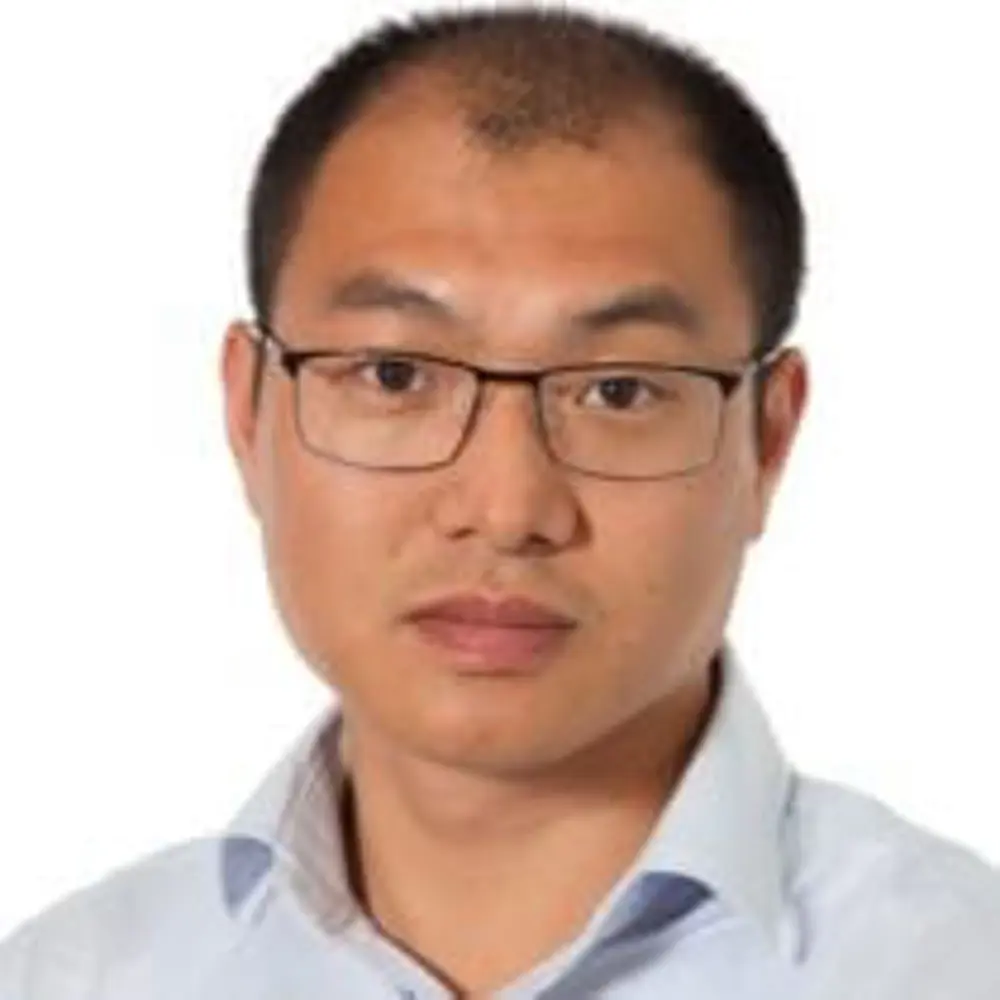
Dr Vincent Zeng
- Power electronics
- Cryogenic propulsion system
- Smart grid
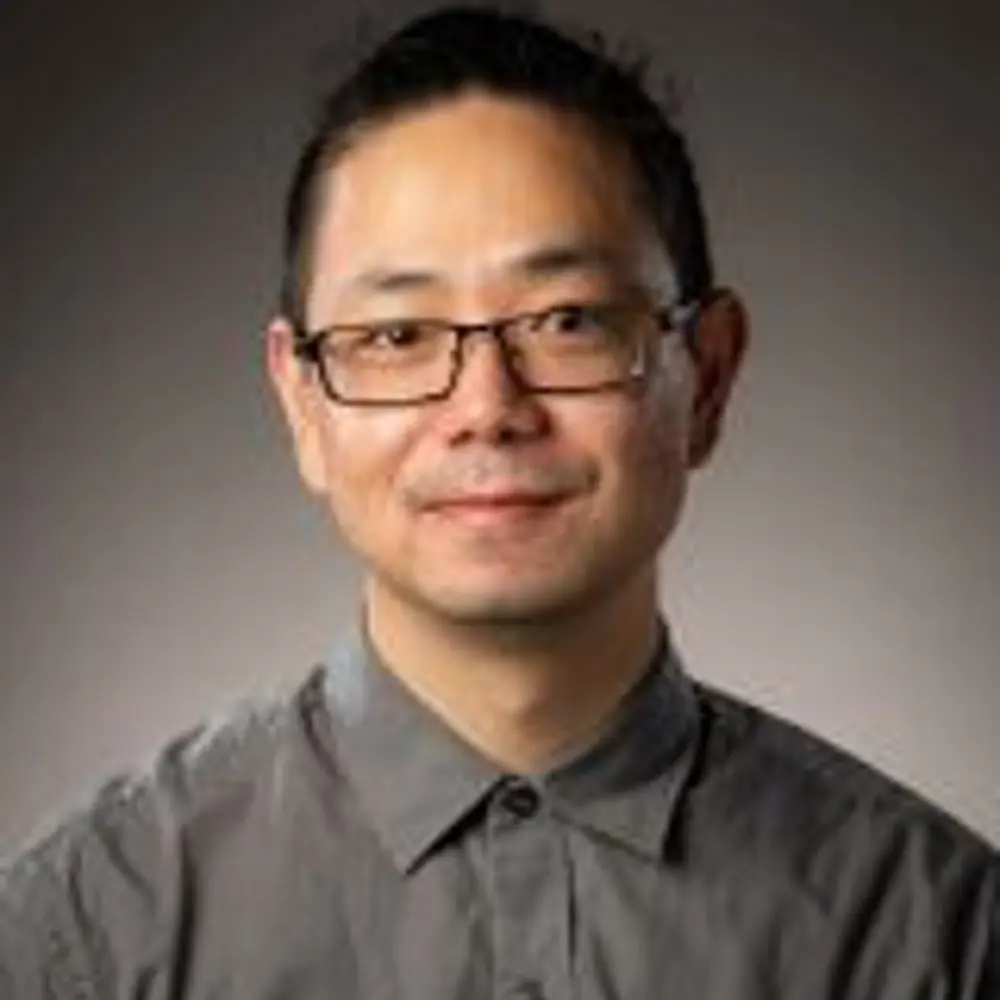
Dr Runan Zhang
- Smart material and structures
- System identification and motion control
- Sensing and energy harvesting
Physics
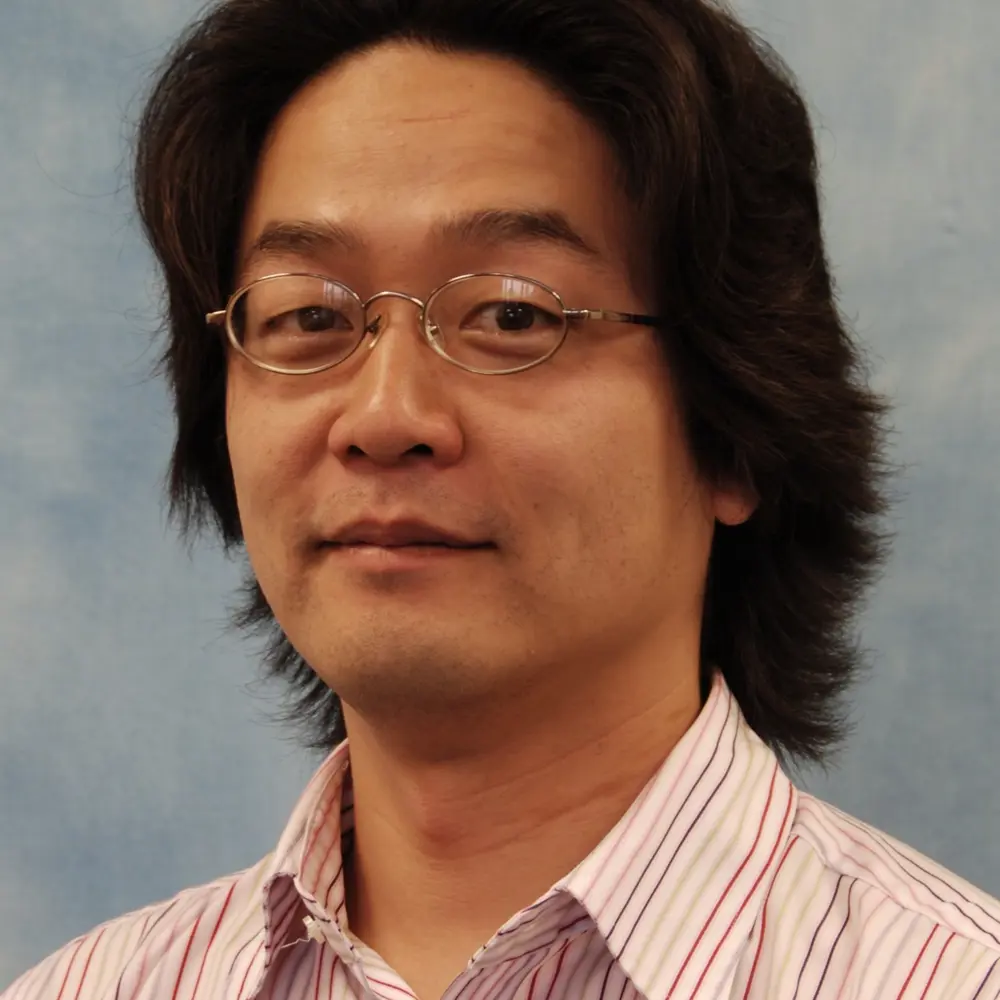
Dr Kei Takashina
- Mass and heat transport
- Cryogenics
- Leidenfrost droplets
Psychology
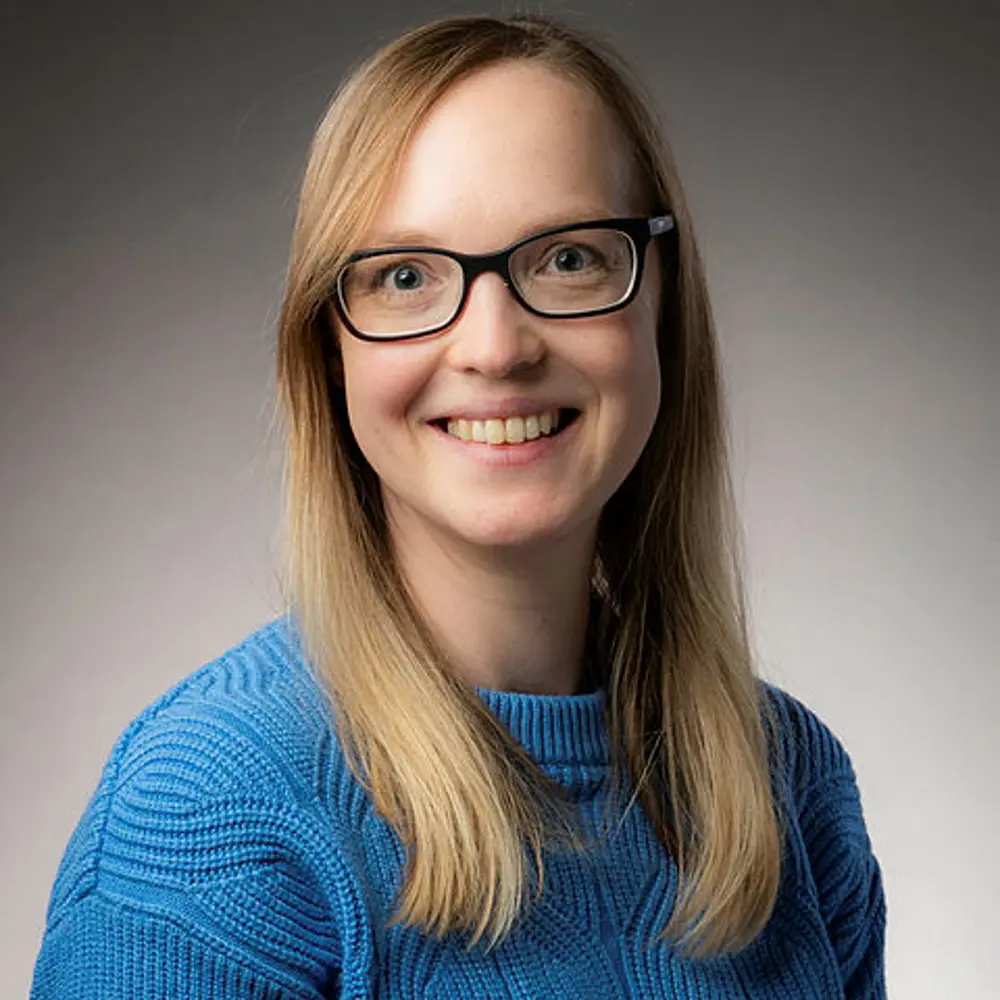
Dr Christina Demski
- Public acceptance and behaviour
- Low-carbon mobility
- Interdisciplinary and multi-method research
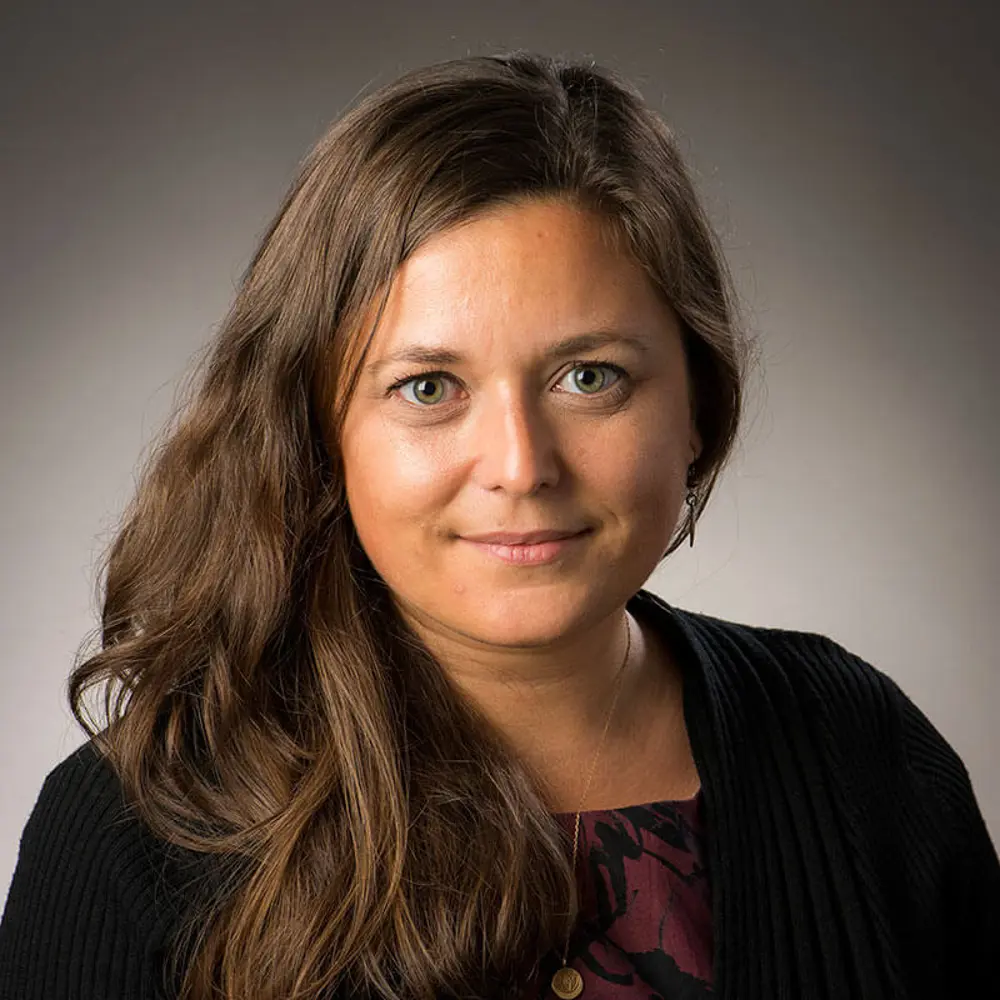
Dr Malgorzata Gosia
- Emotions (e.g., awe, interest, curiosity, surprise, boredom, confusion)
- Expectations (and what happens when they are disconfirmed or exceeded)
- Adoption of new technologies
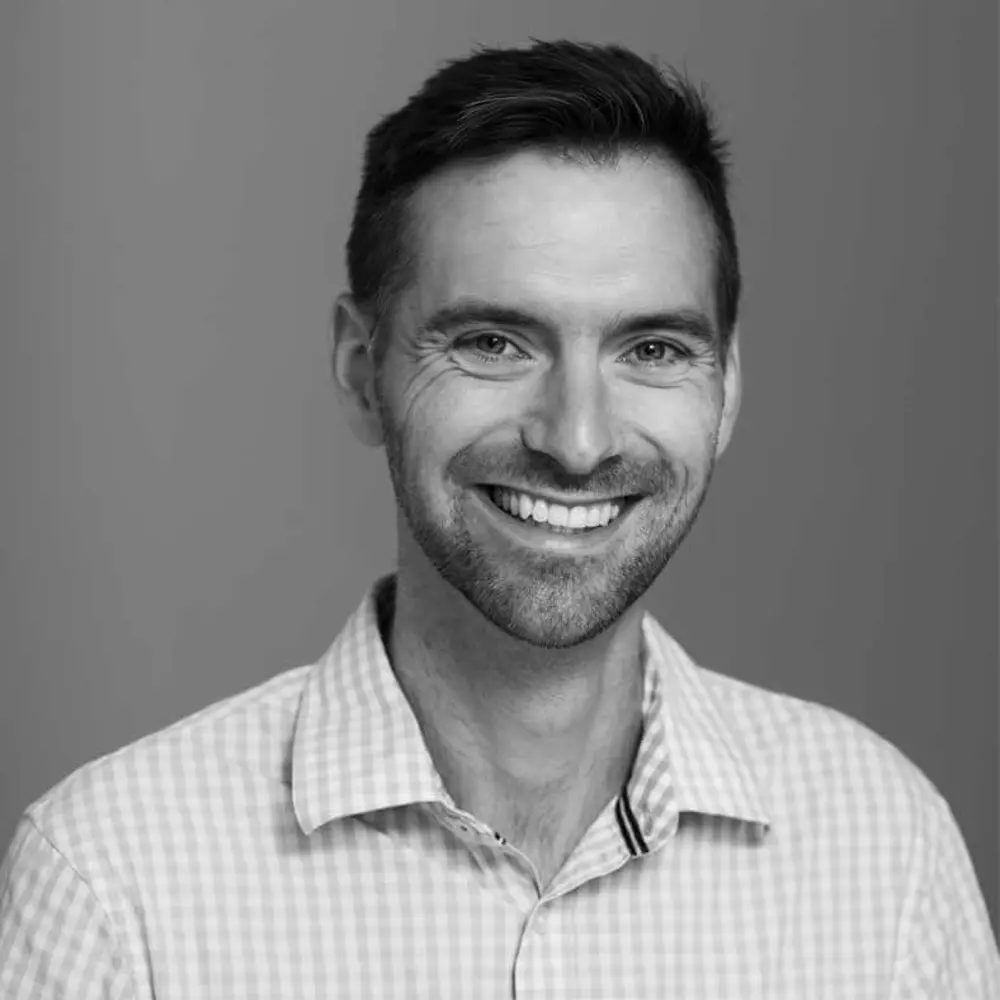
Dr Sam Hampton
- Climate change
- Low carbon lifestyles
- Environmental policy
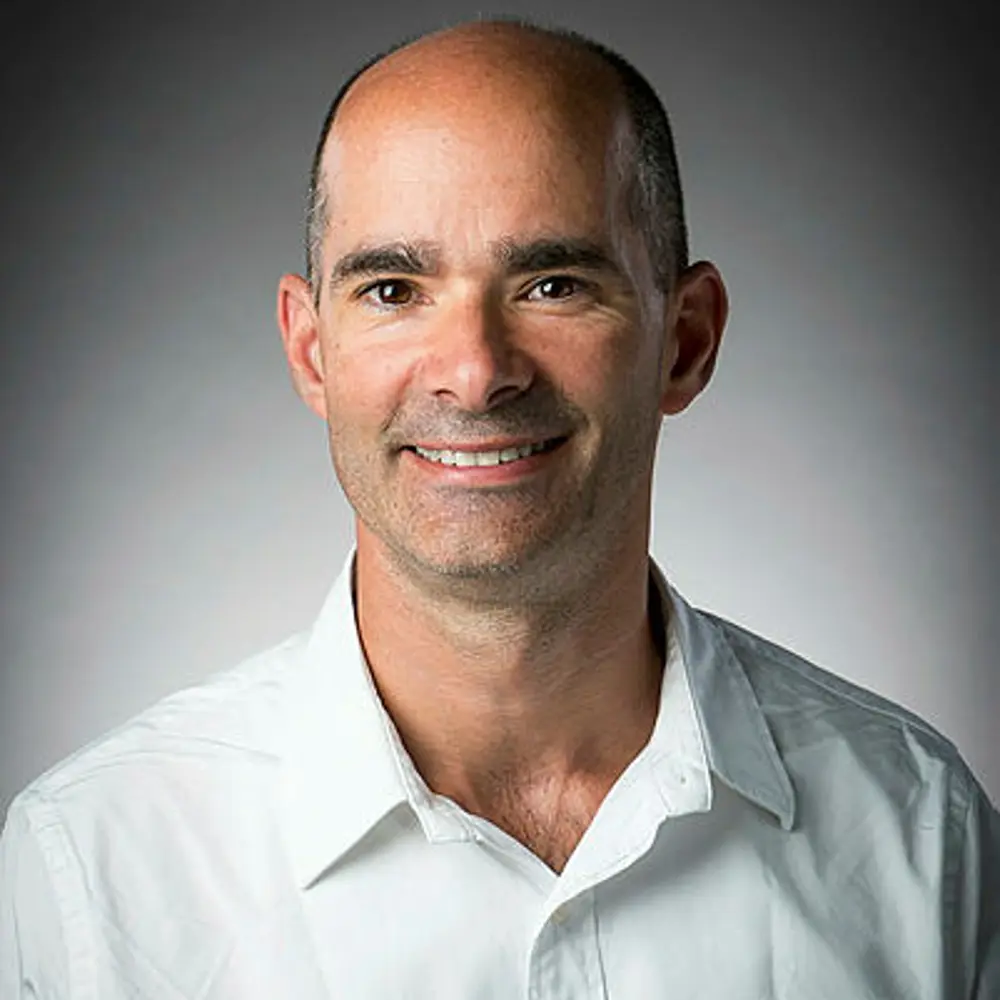
Prof Gregory Maio
- Sustainability and Low Carbon Transition
- Transportation and Society
- Driver and User Behaviour
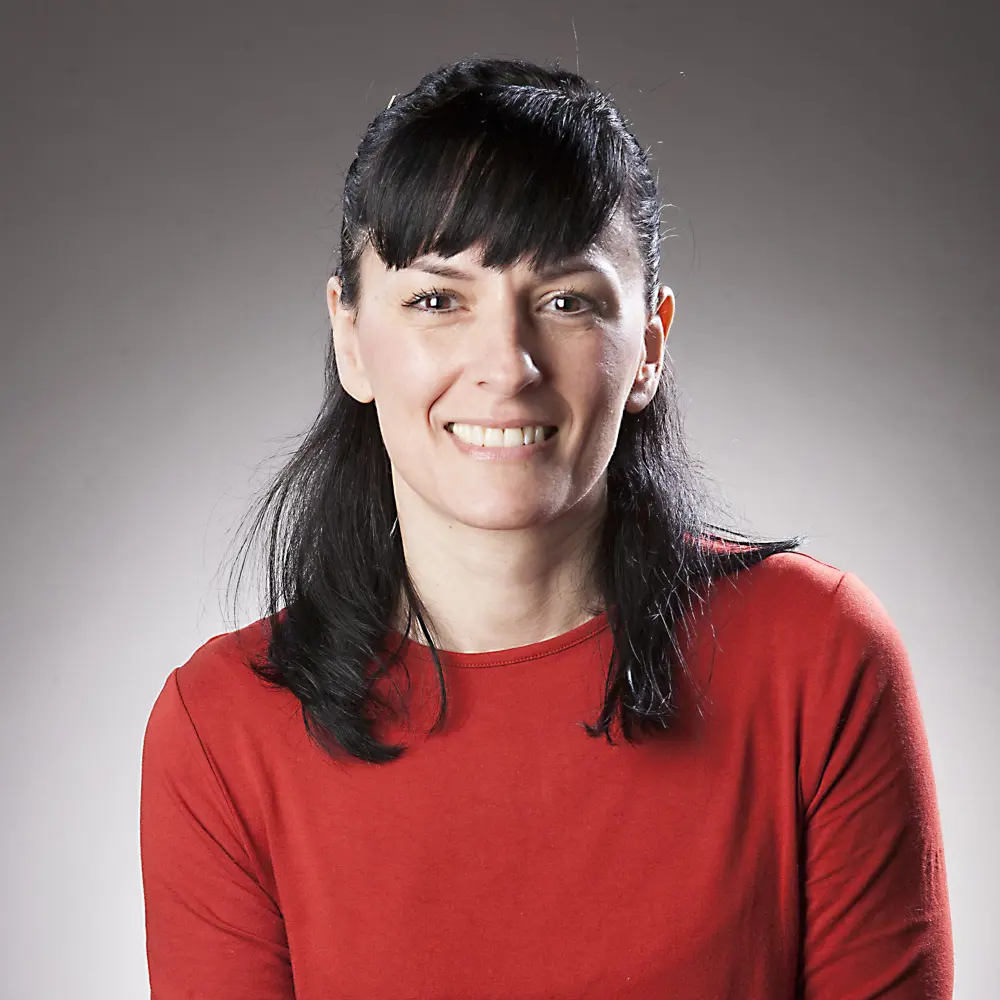
Dr Karin Petrini
- Cognitive psychology and neuroscience
- Virtual reality and assistive technology
- Spatial navigation and representation
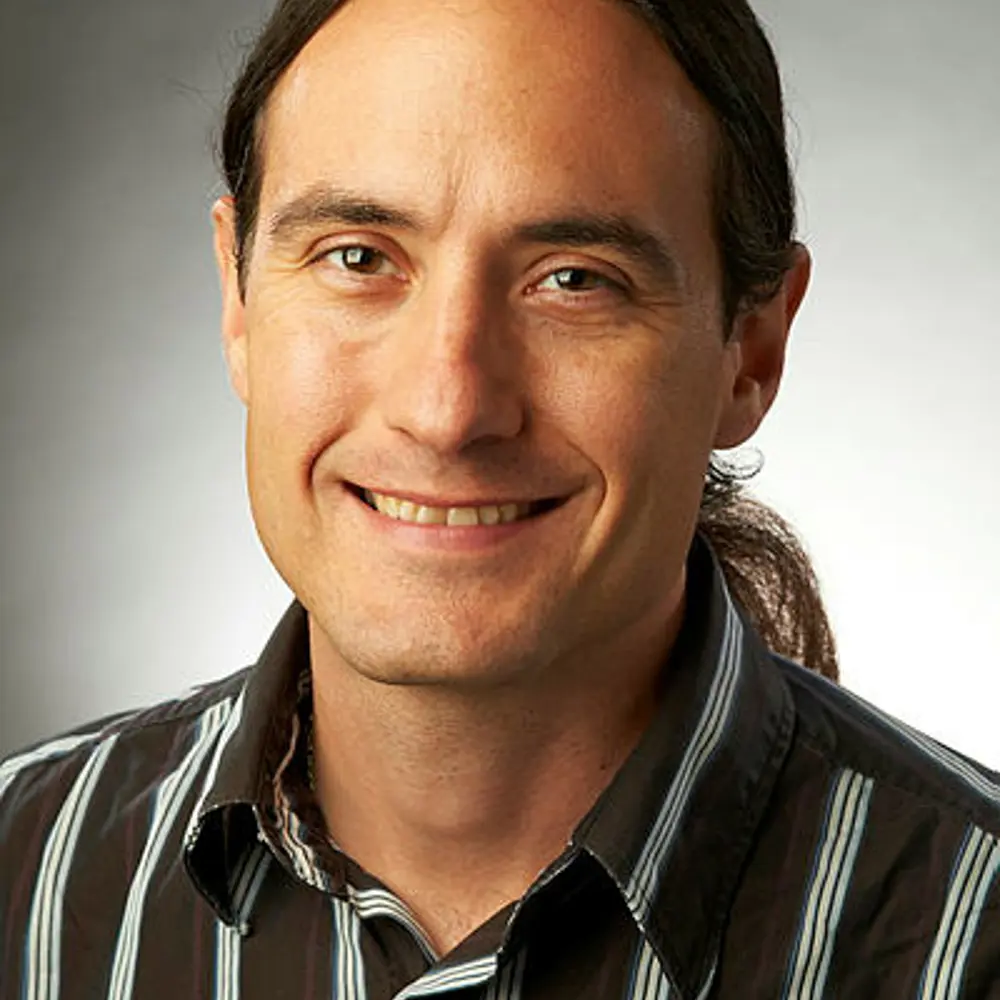
Dr Michael Proulx
- Human cognition and perception
- Interactive technologies (VR/AR/XR)
- Human factors and ergonomics
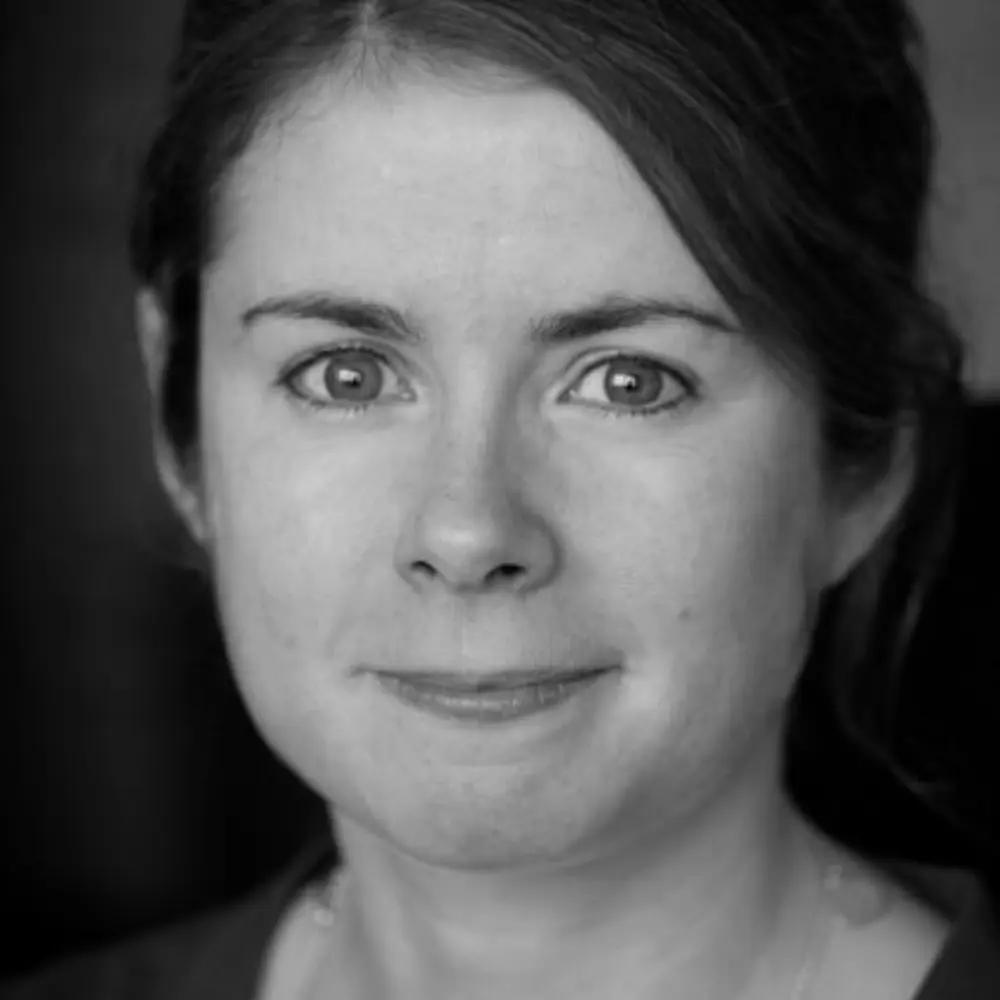
Prof Lorraine Whitmarsh
- Fostering sustainable travel behaviours
- Modal shift and reducing travel demand
- Adoption and use of low-carbon vehicles
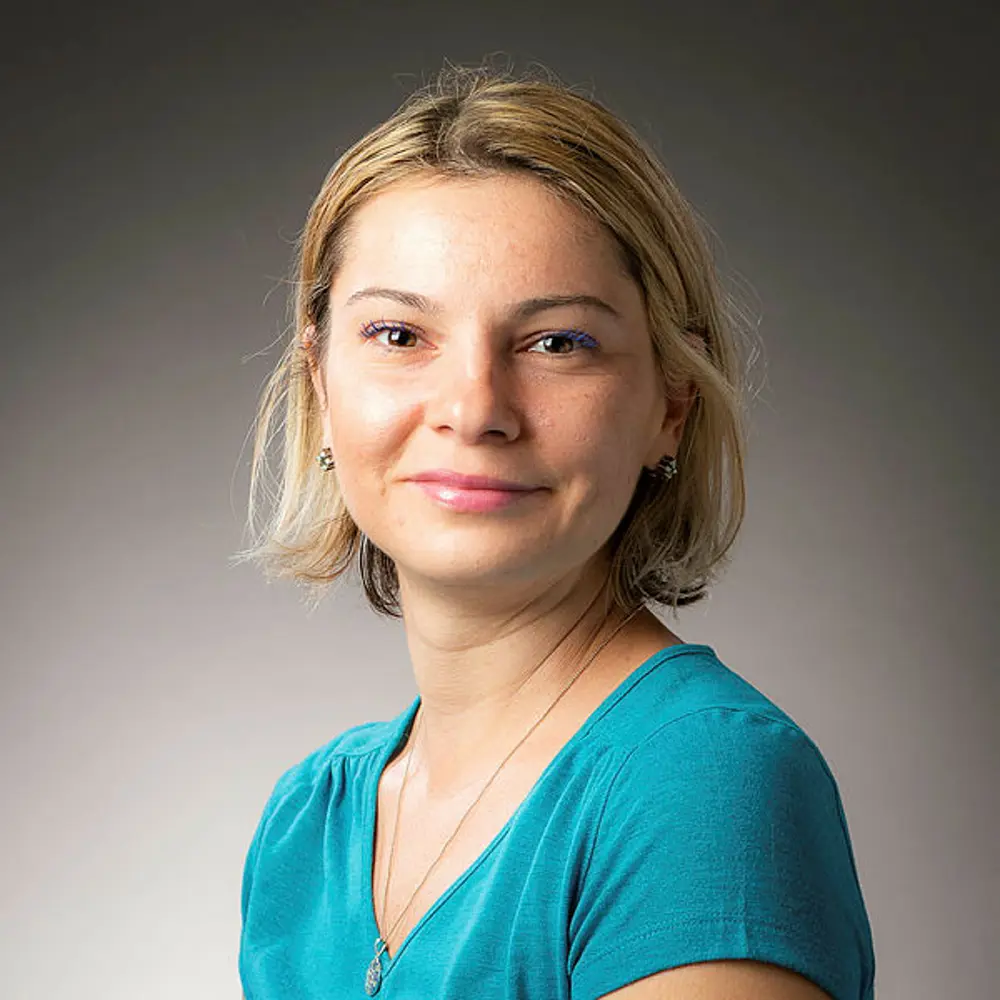
Dr Alexandra Voinescu
- Virtual Reality
- Human Computer Interaction
- Human factors
- Autonomous vehicles
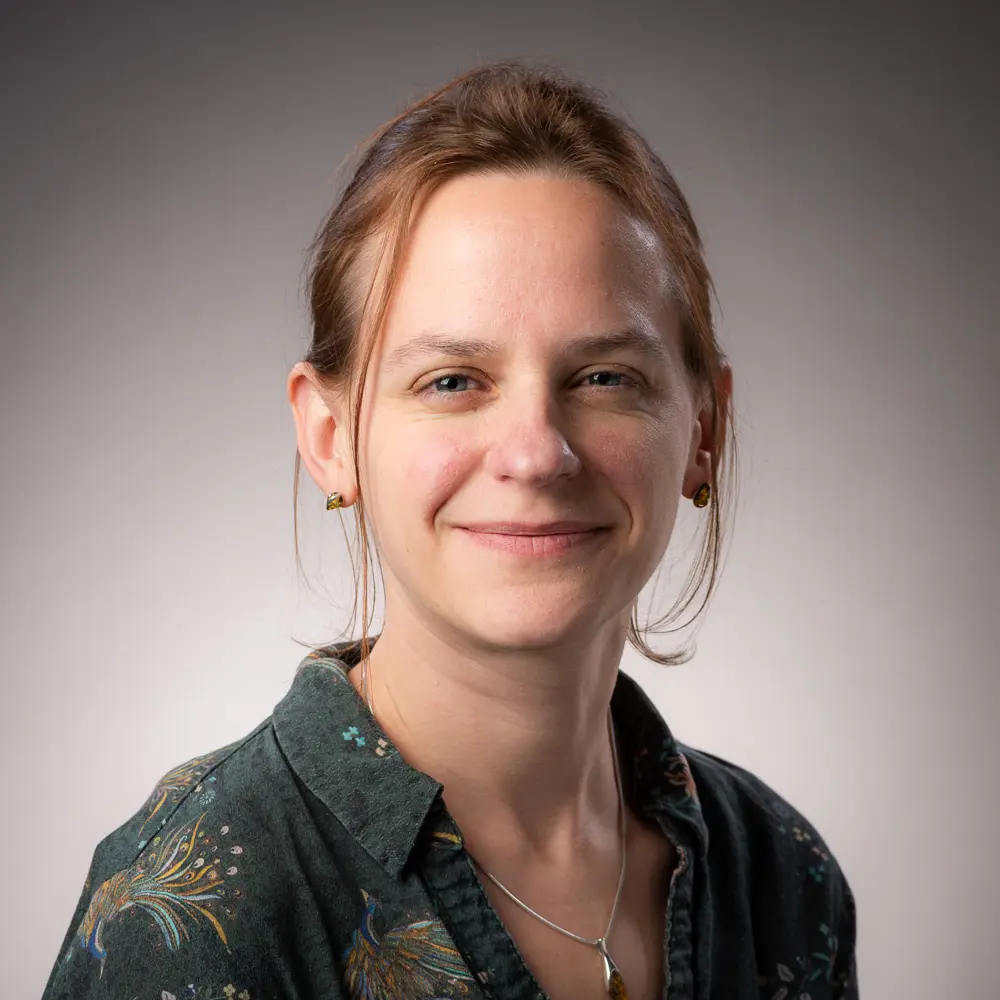
Prof Esther Walton
- Transport effects on health
- Driver and user behaviour
- Transportation and society
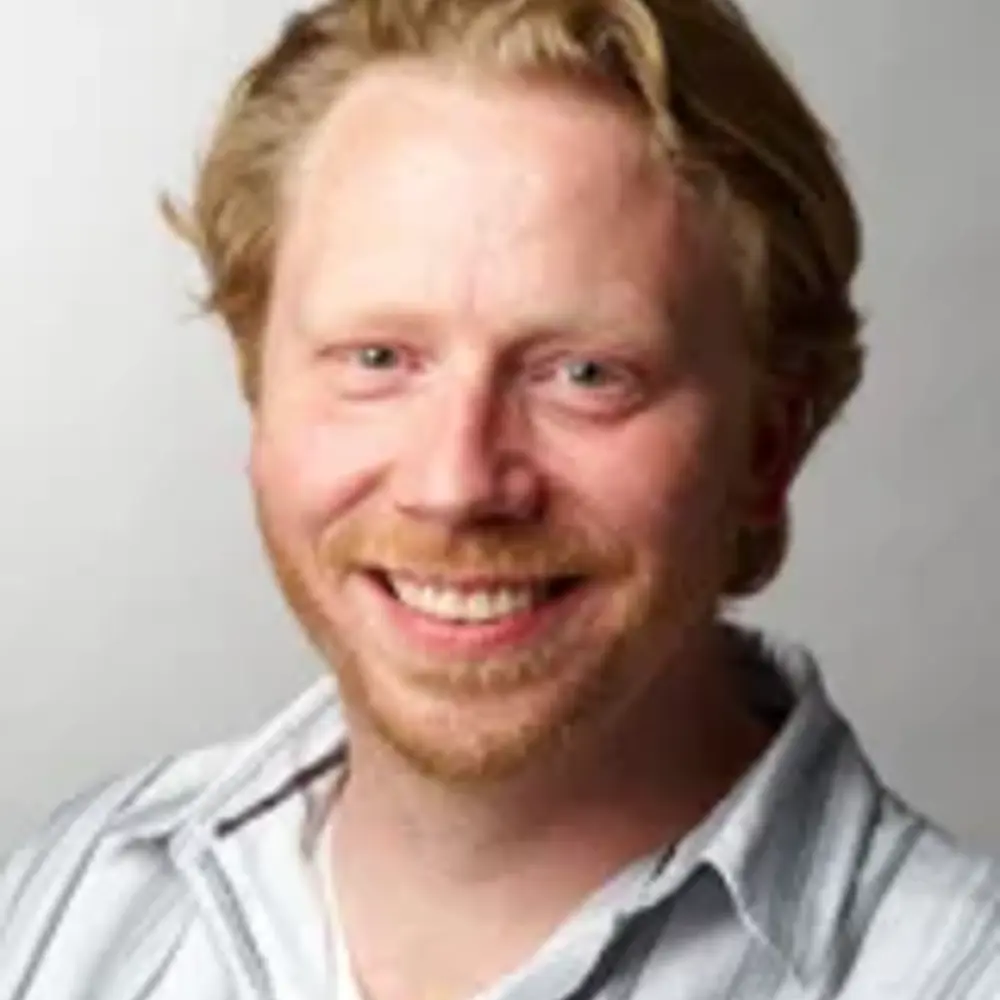
Prof Mark Brosnan
- Participatory design with children with ASD
- Developing technology to support learning in ASD
- Reasoning in ASD and other disorders
School of Management
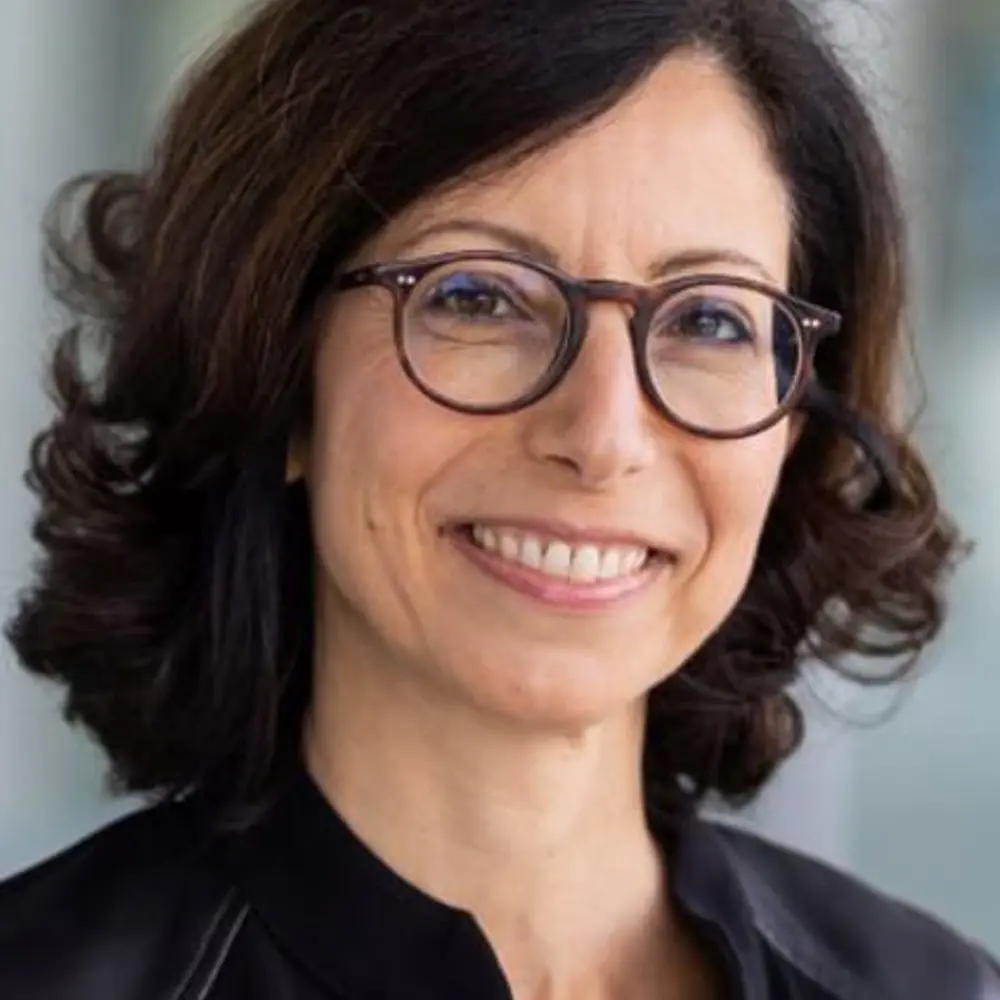
Dr Daniela Defazio
- Management of Innovation
- Entrepreneurship
- Digital Platforms
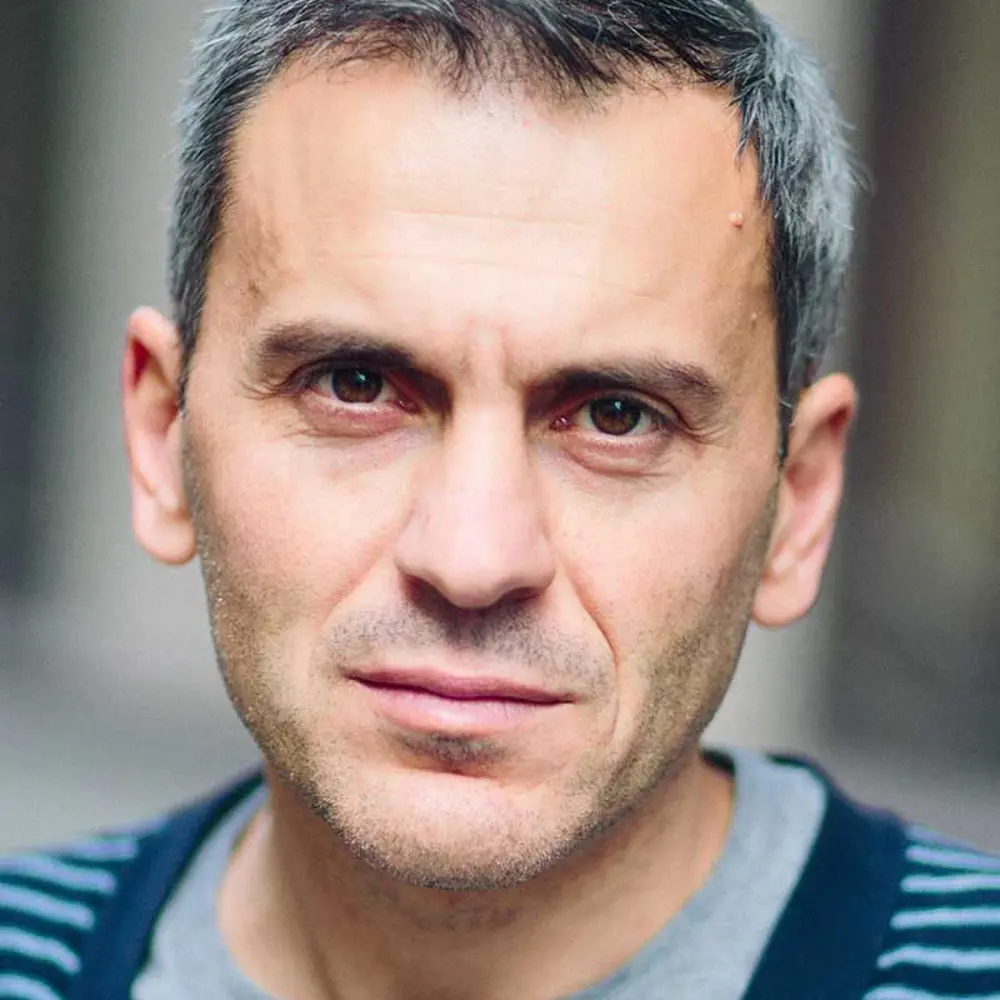
Prof Dimo Dimov
- Entrepreneurship
- Business model design
- Innovation

Dr Vaggelis Giannikas
- Digital Systems, Optimisation and Integration
- Transport, Behaviour and Society
- Freight and people logistics
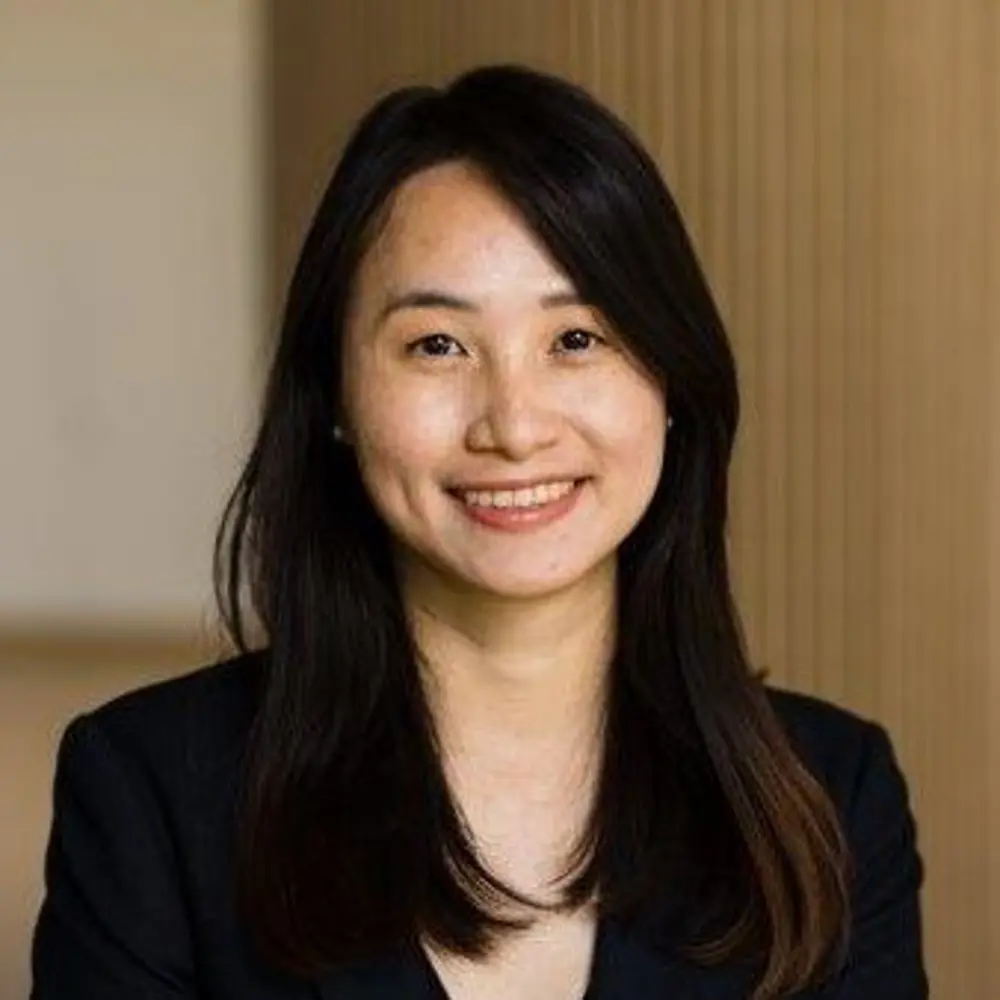
Dr Winifred Huang
- Corporate finance
- Entrepreneurial and alternative finance
- Financial innovation
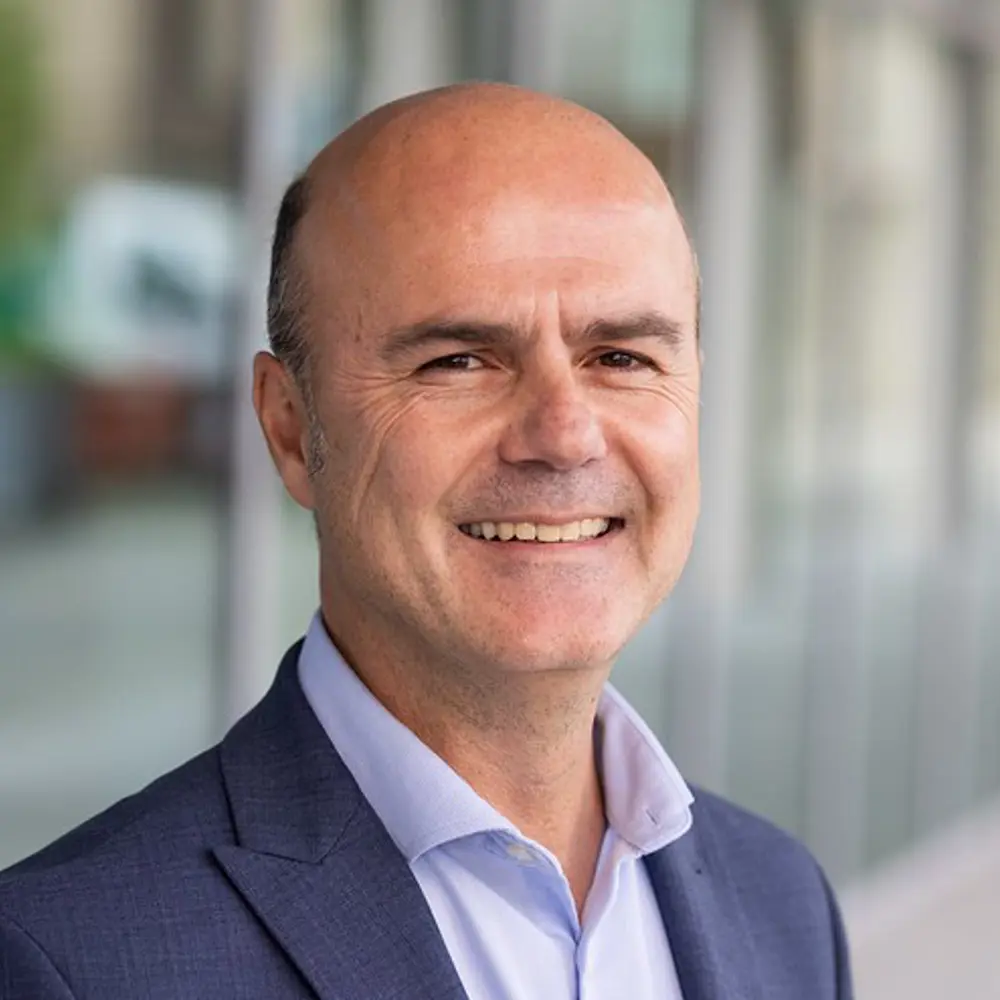
Dr Kostas Iatridis
- Sustainability and low carbon transition
- Circular economy
- Responsible innovation
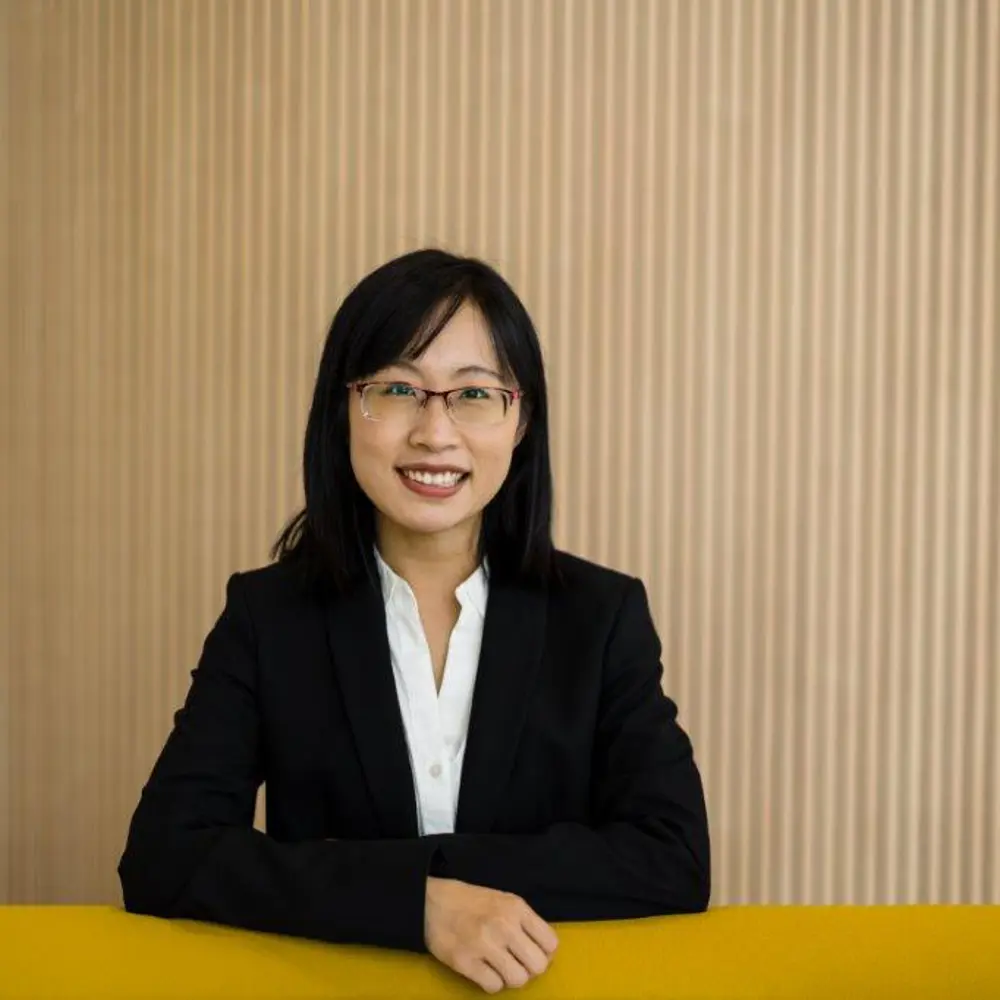
Dr Meng Meng
- Sustainable transportation
- Network modelling and optimisation
- Travel behaviour analysis
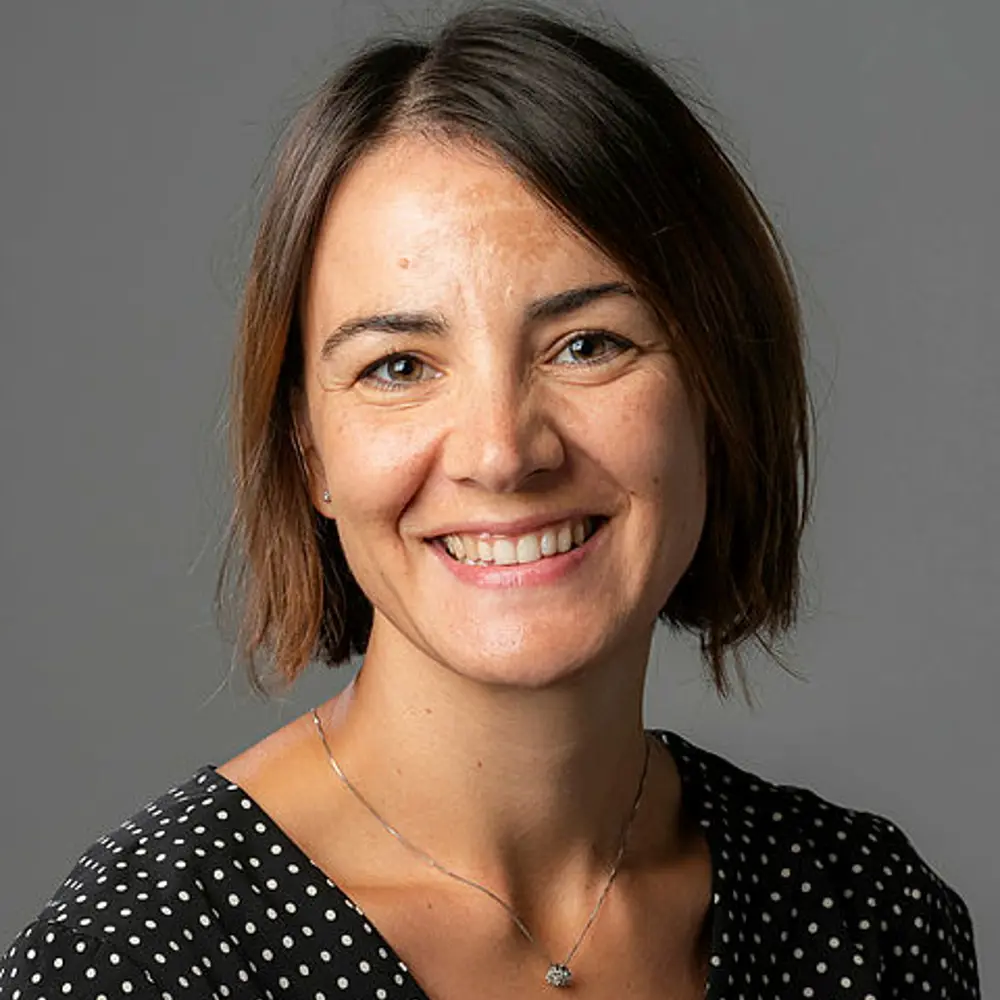
Dr Rossella Salandra
- Scientific production
- Academia-industry links
- Evidence-based systems
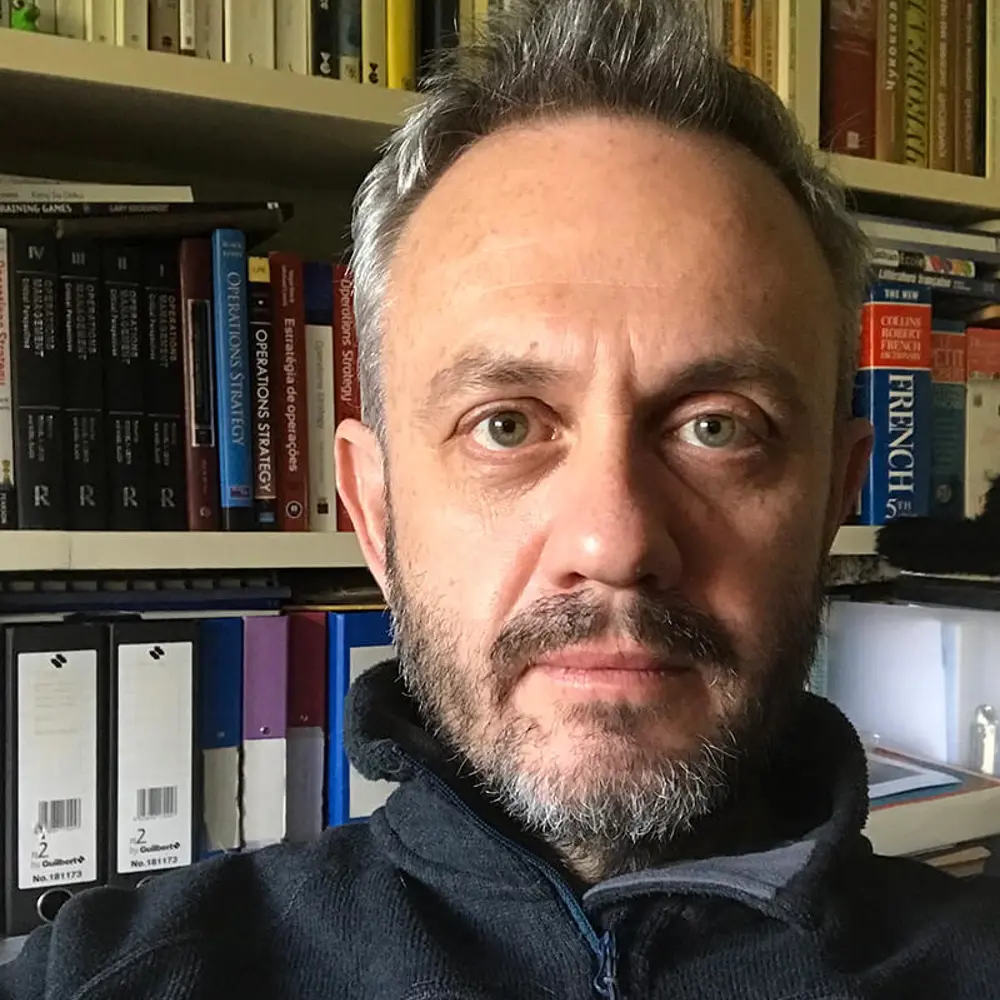
Prof Michael Lewis
- Technology Strategy
- Supply Chain Management
- Regulation and Governance
Social & Policy Sciences
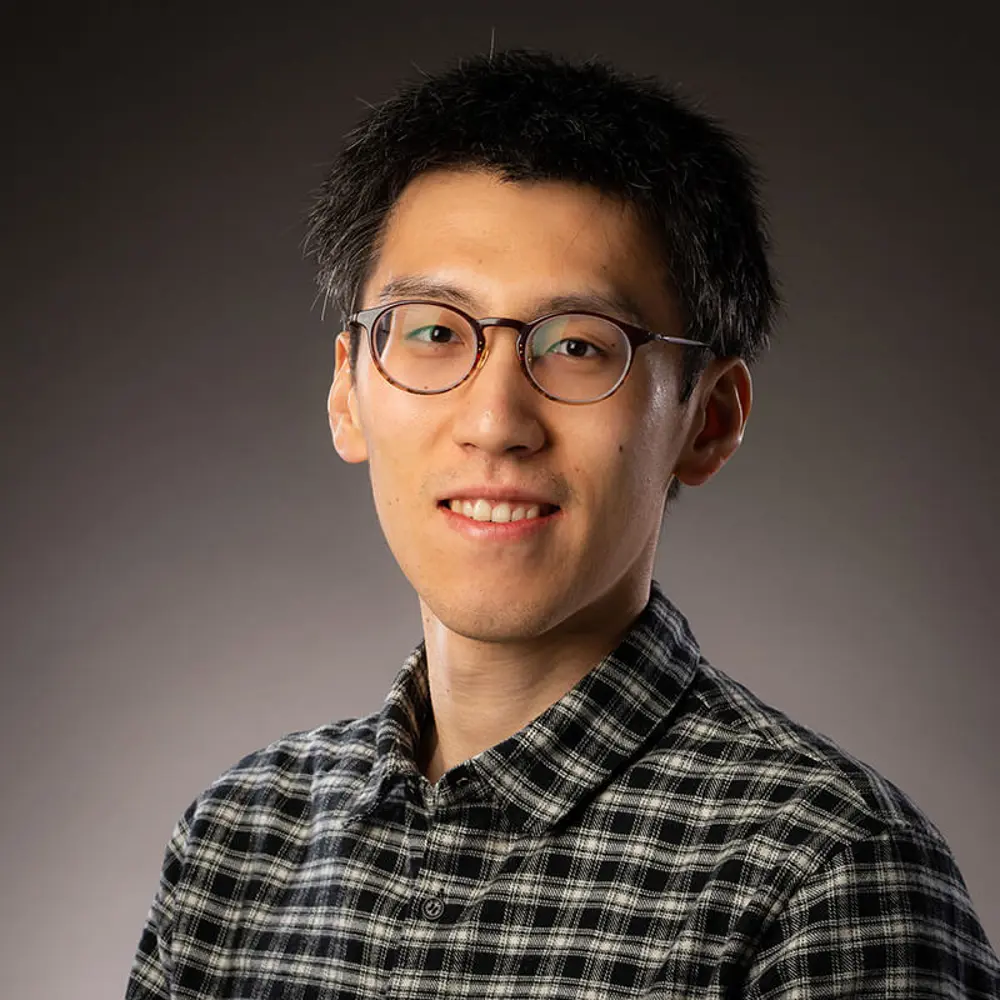
Dr Yixian Sun
- Sustainability and Low Carbon Transition
- Climate and Environmental Policy
- Politics and Governance of Sustainable Transport
Institute for Policy Research
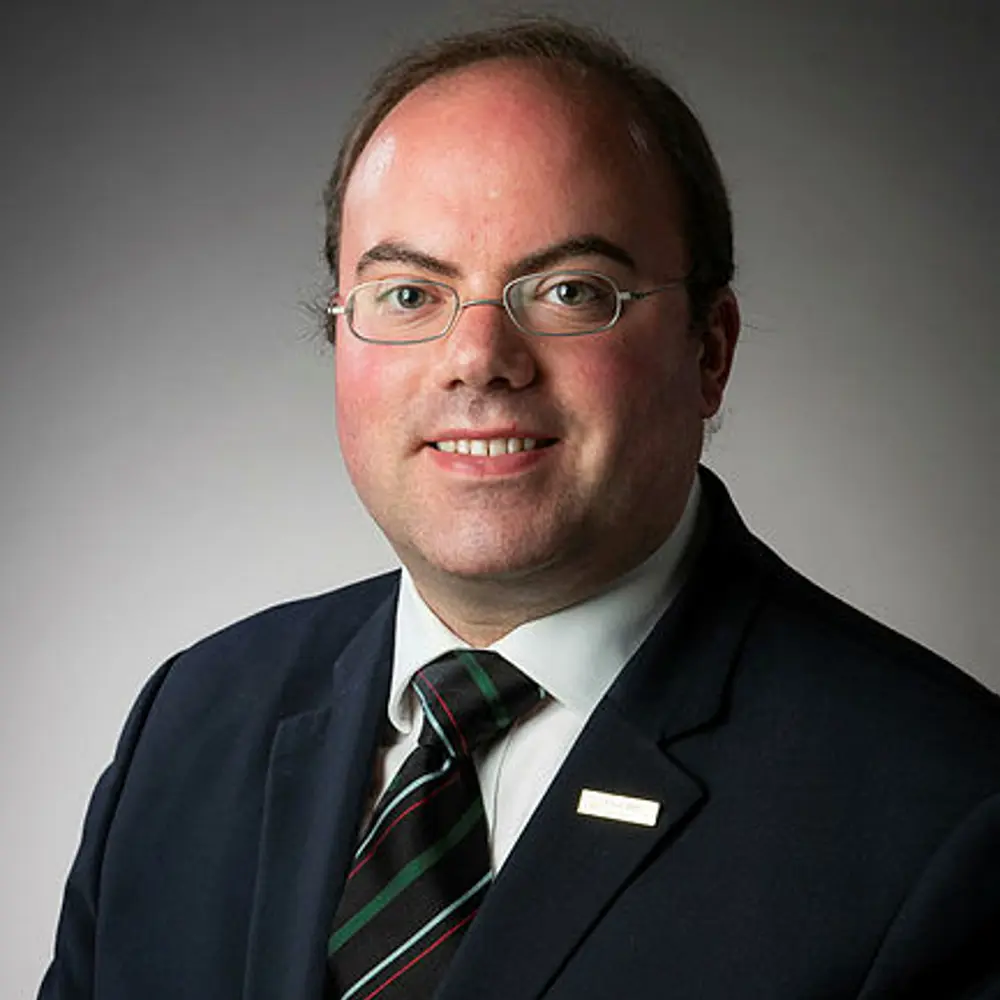
Dr Charles Larkin
- Transport Policy and Economics
- Transportation and Society
- Sustainability and Low Carbon Transition
Students
The AAPS CDT is a rich and vibrant community, attracting students from a wide range of backgrounds and undertaking their PhD as a cohort.
Cohort 1
Cohort 1
Cohort 2
Cohort 2
Cohort 3
Cohort 3
Cohort 4
Cohort 4
Cohort 5
Cohort 5
Cohort 6
Cohort 6
Alumni
Since graduating, many of our students are now working successfully in academia and industry.
Cohort 1
Cohort 1
Cohort 2
Cohort 2
